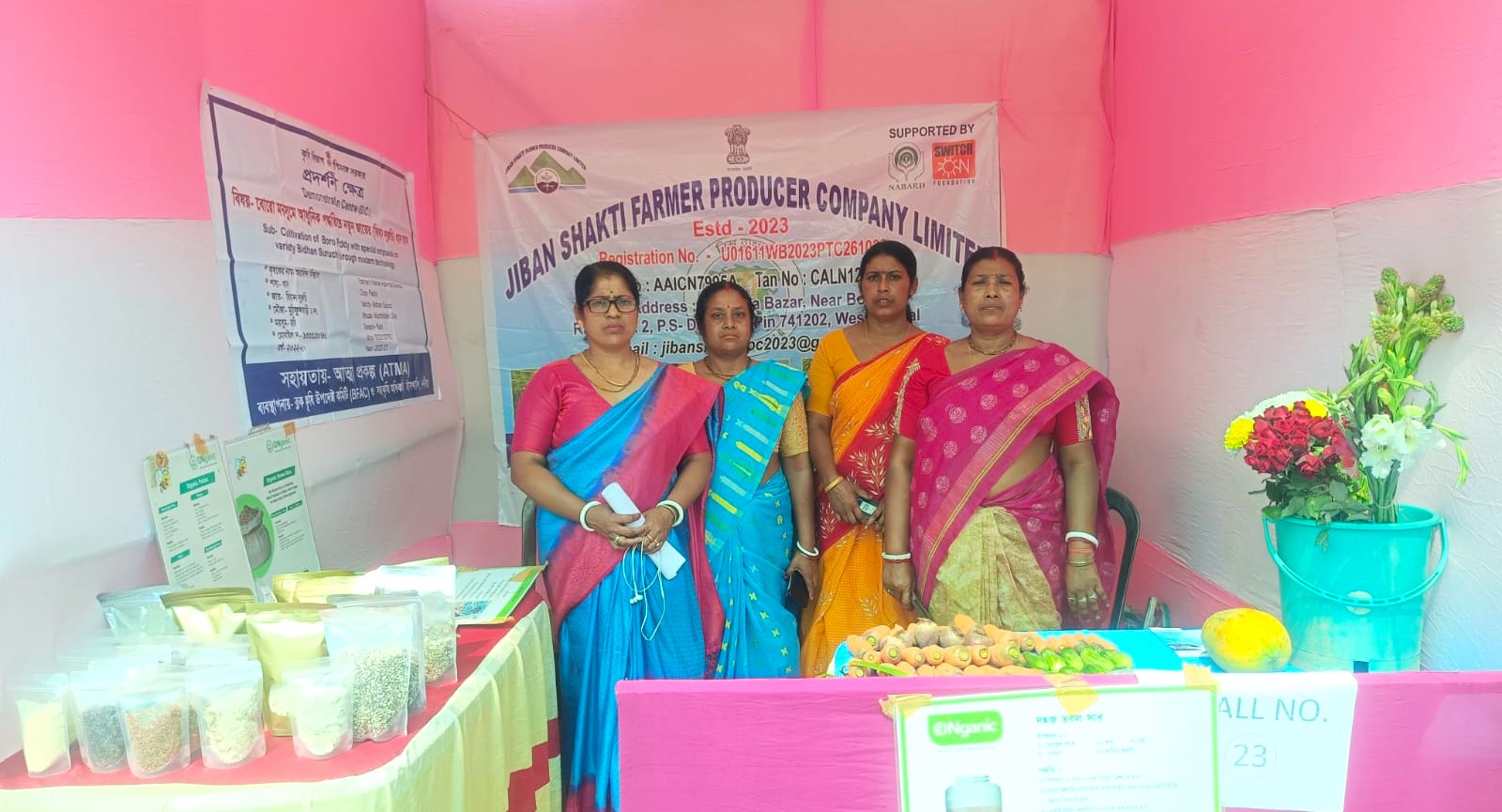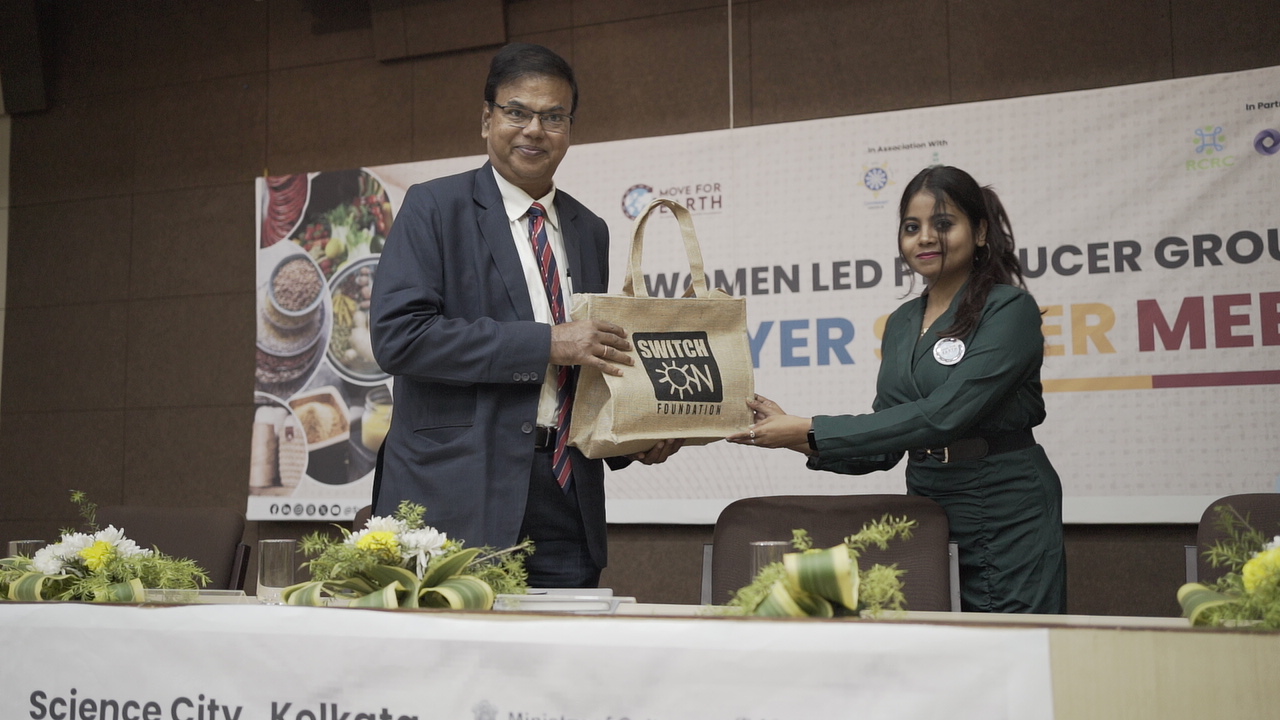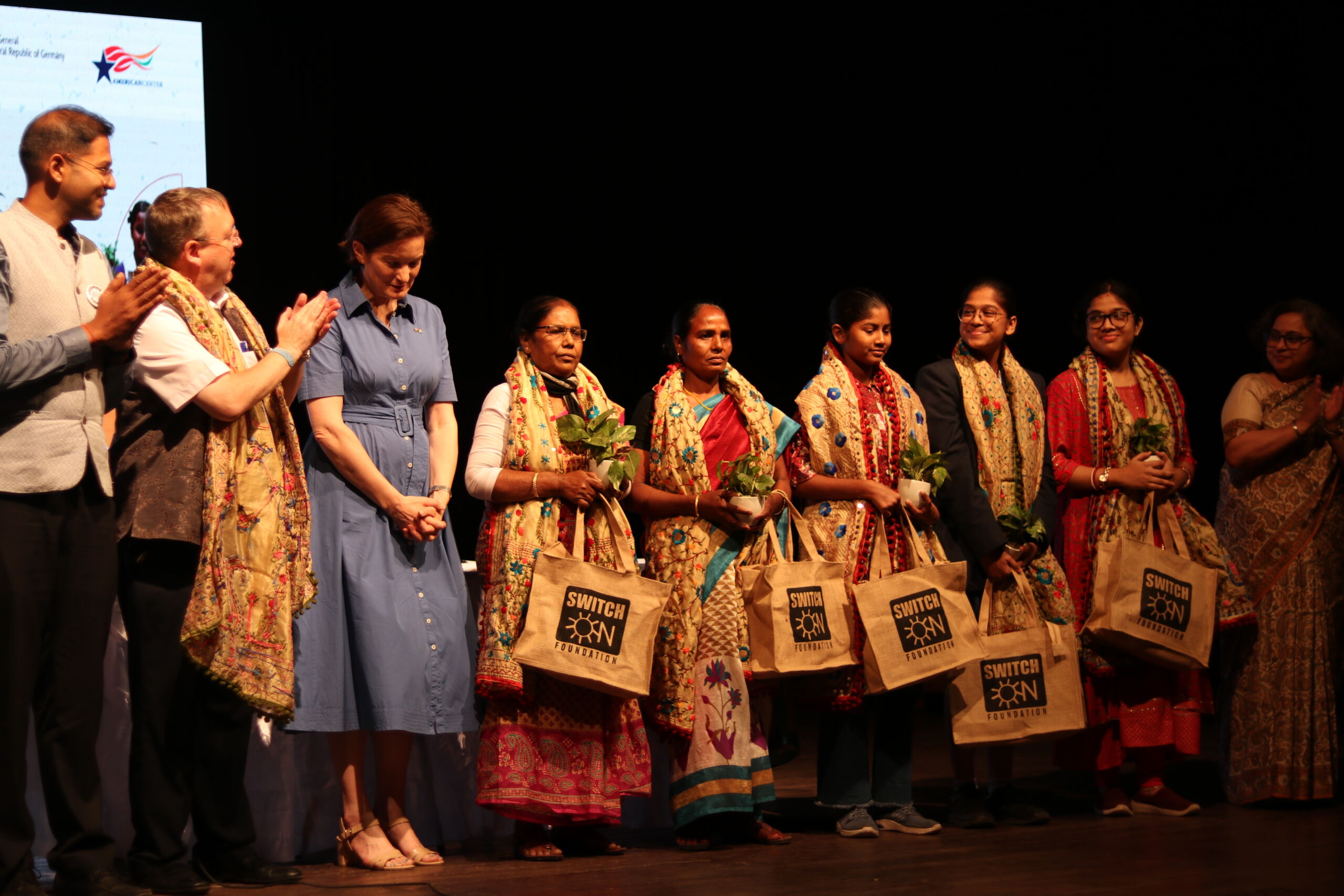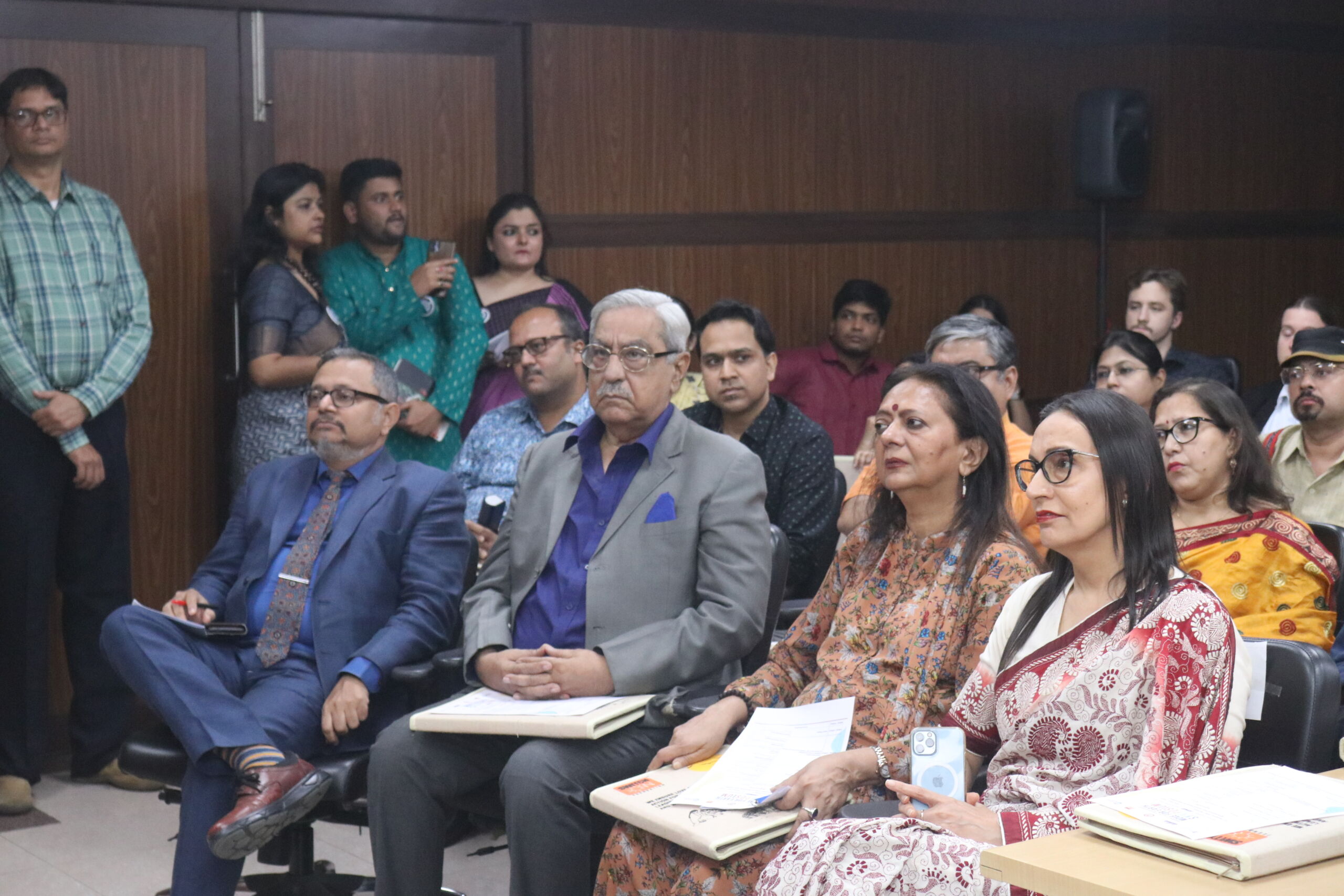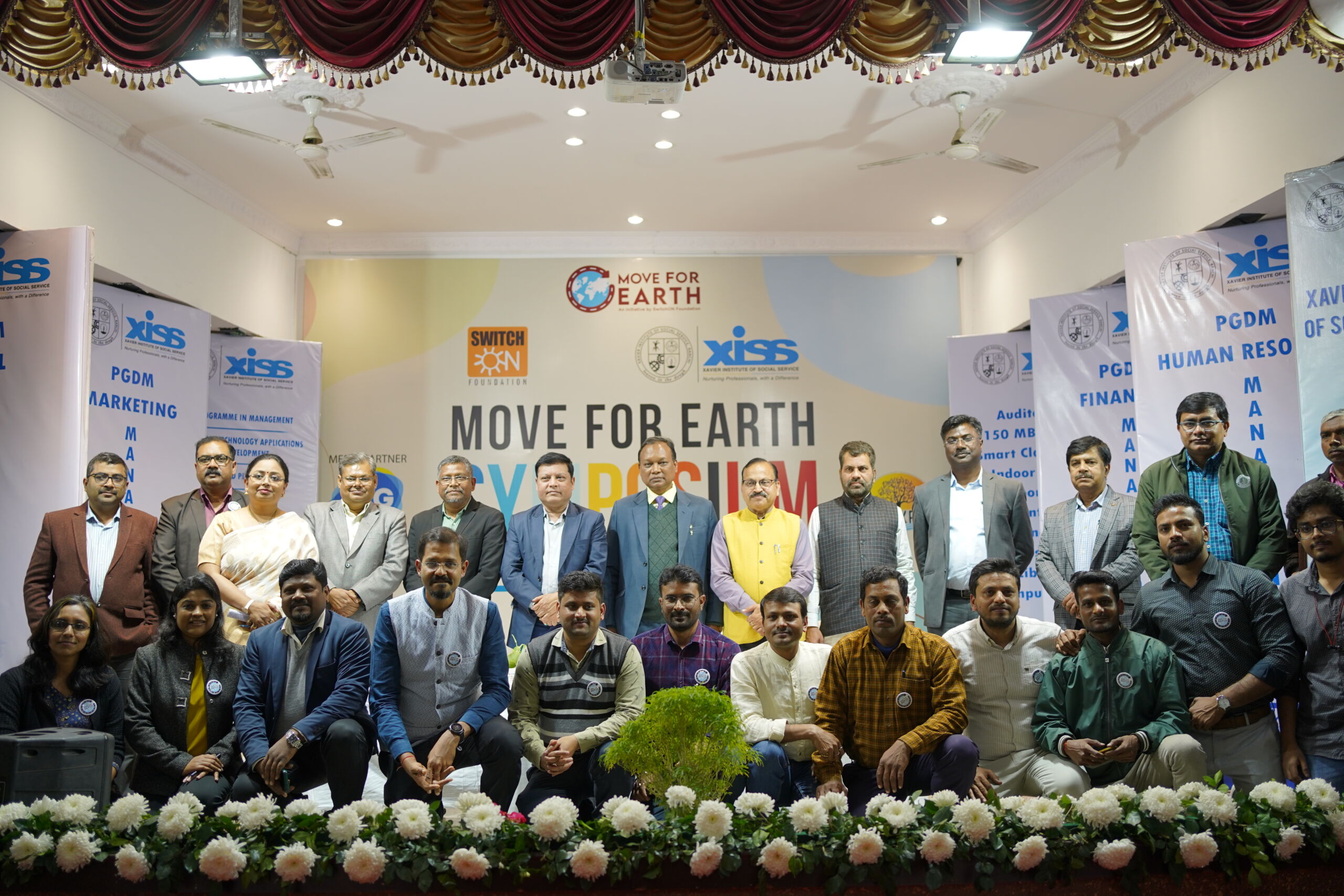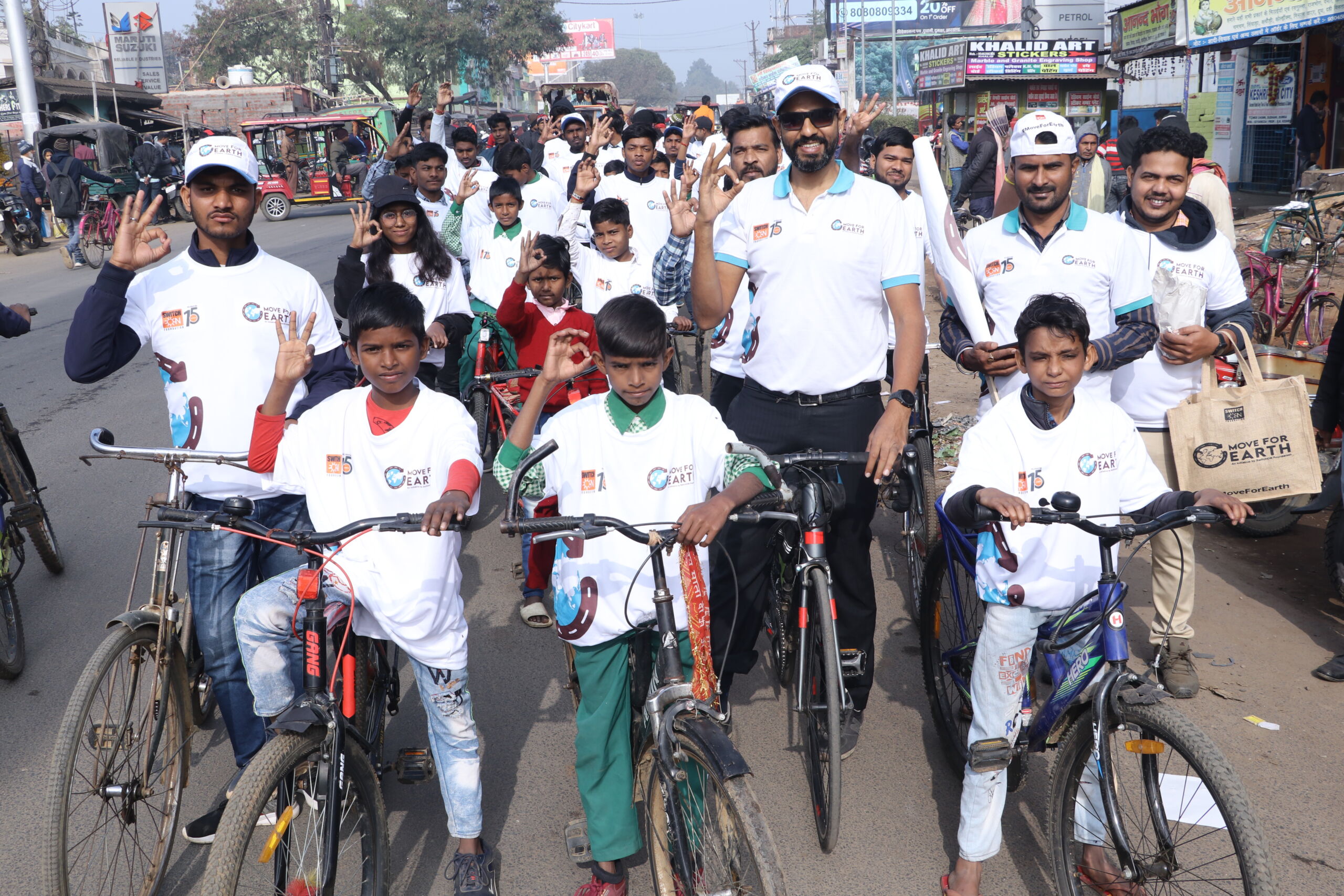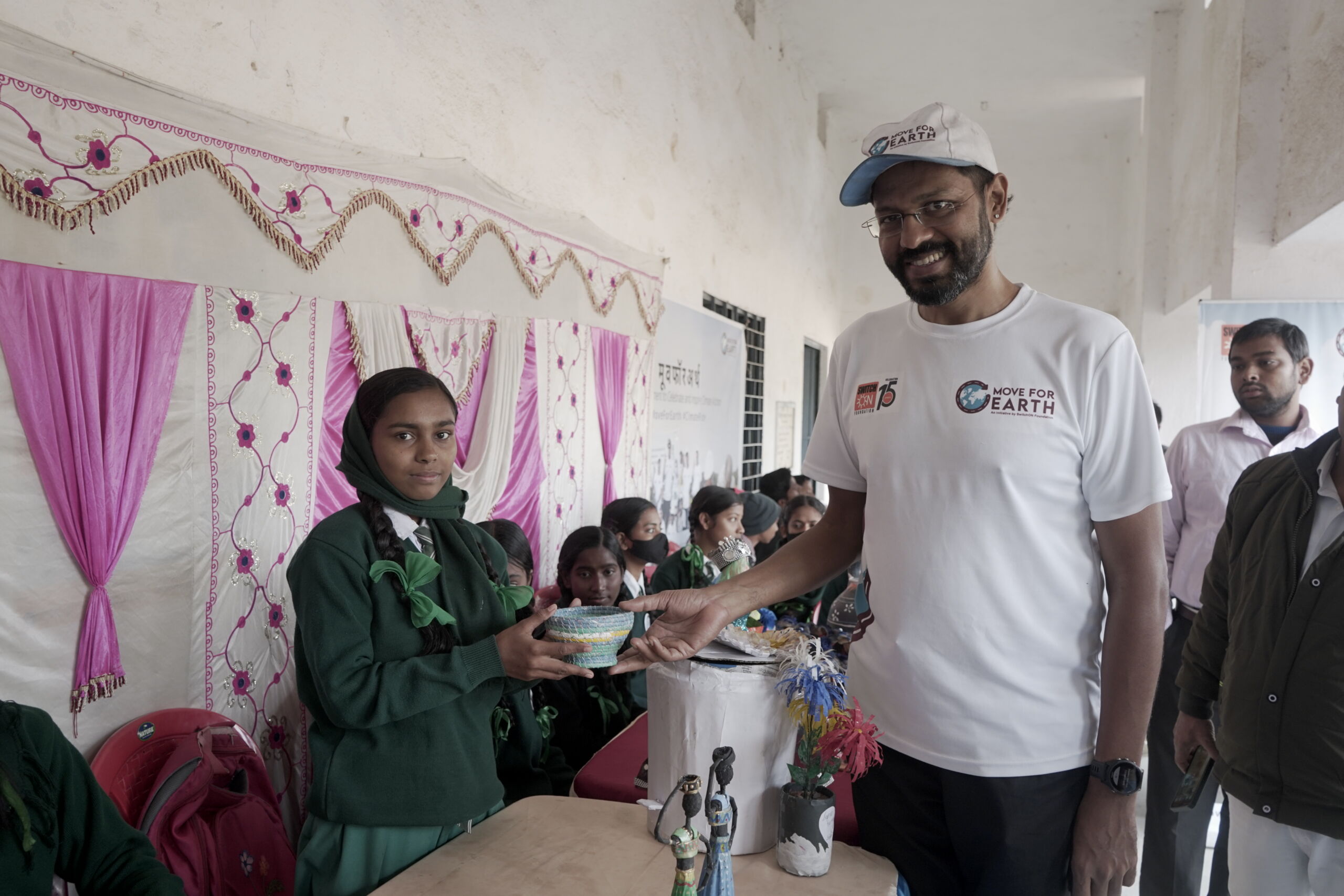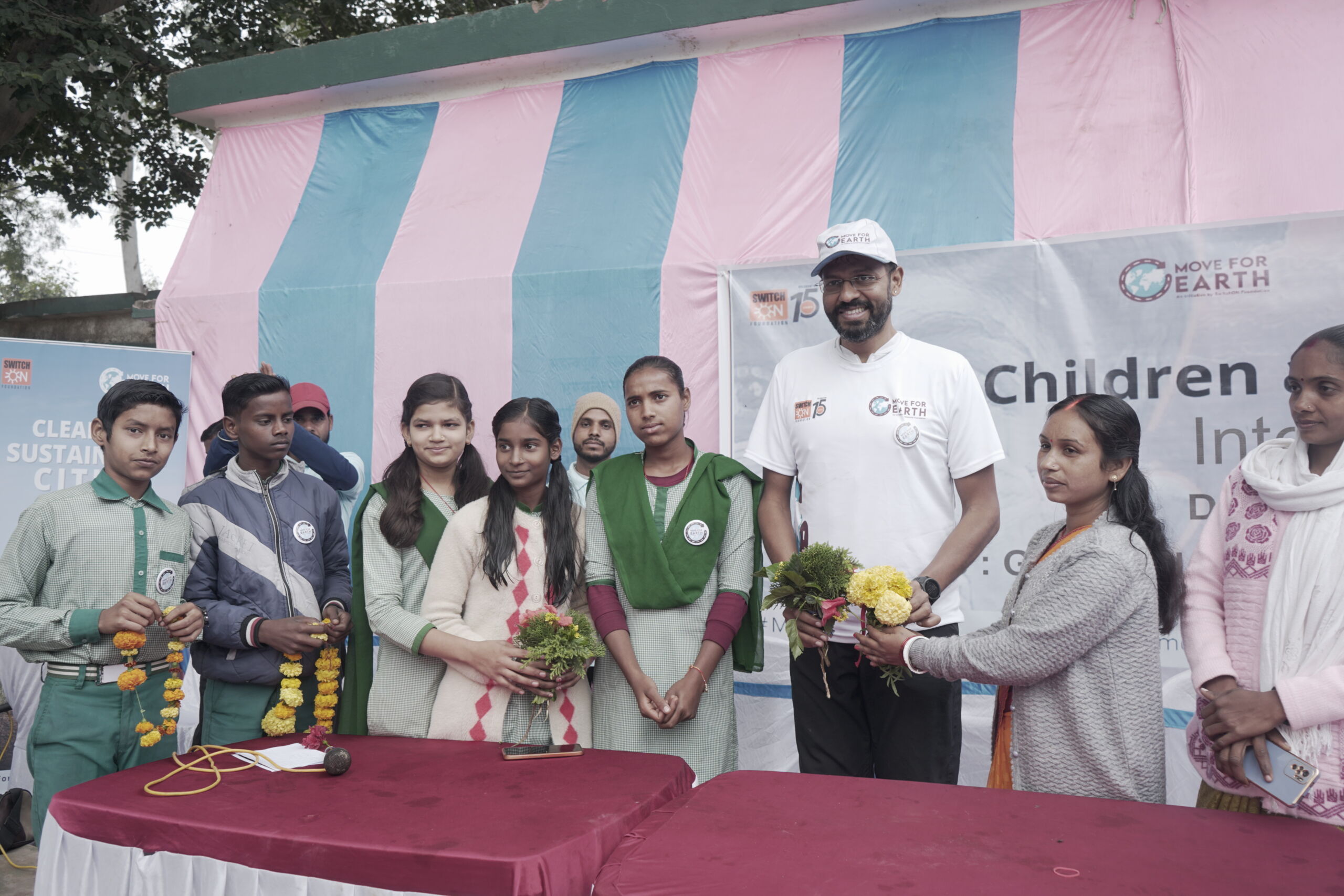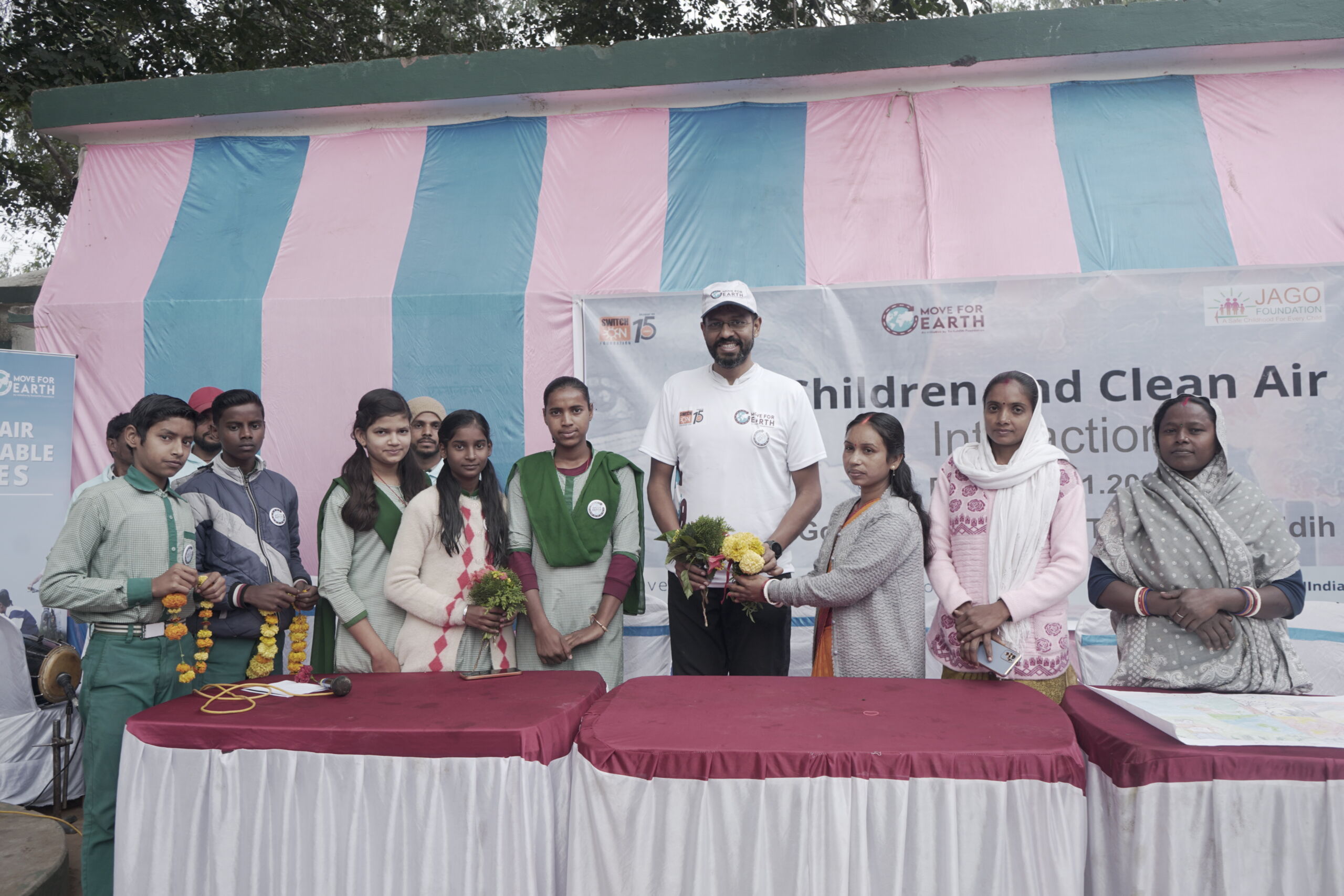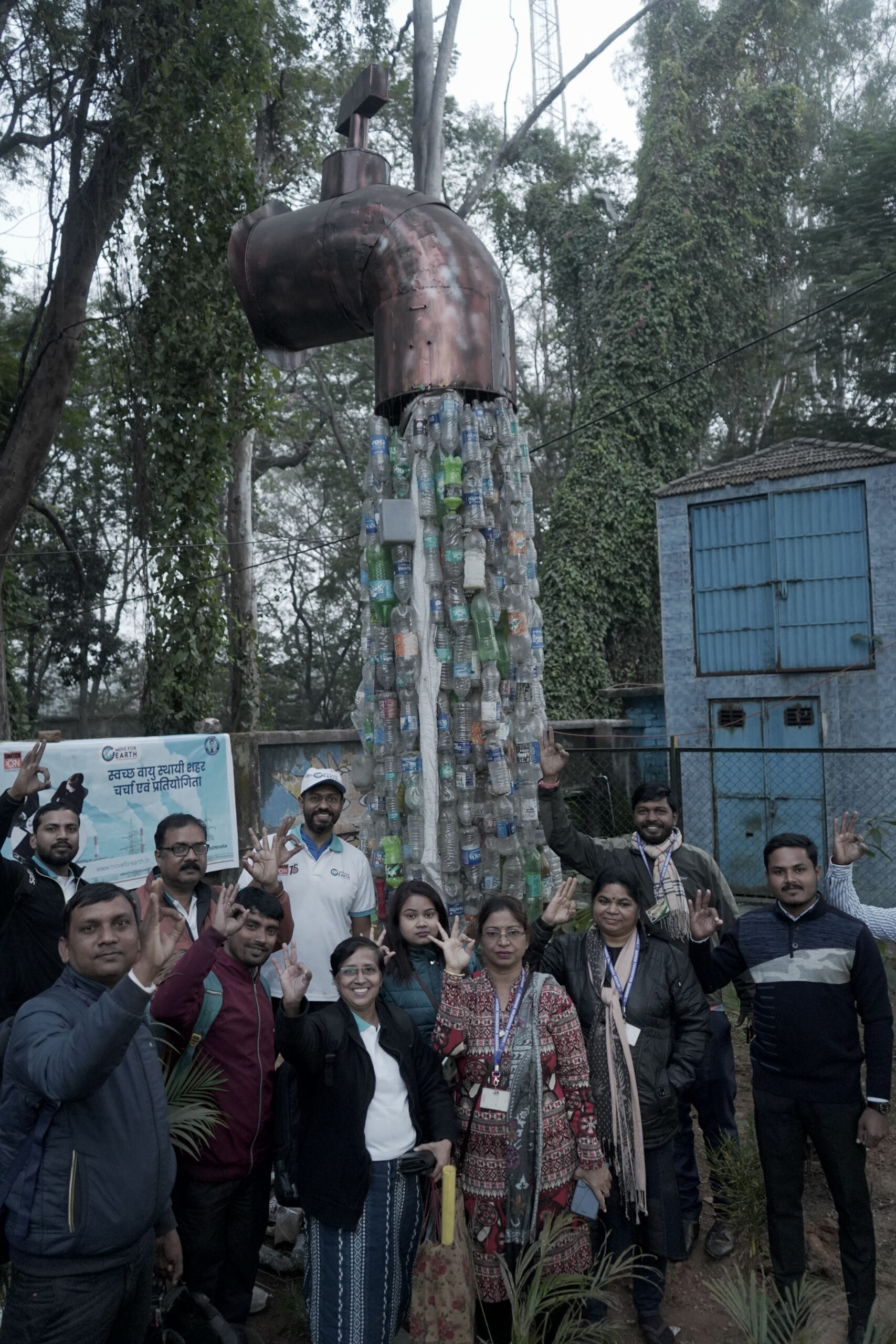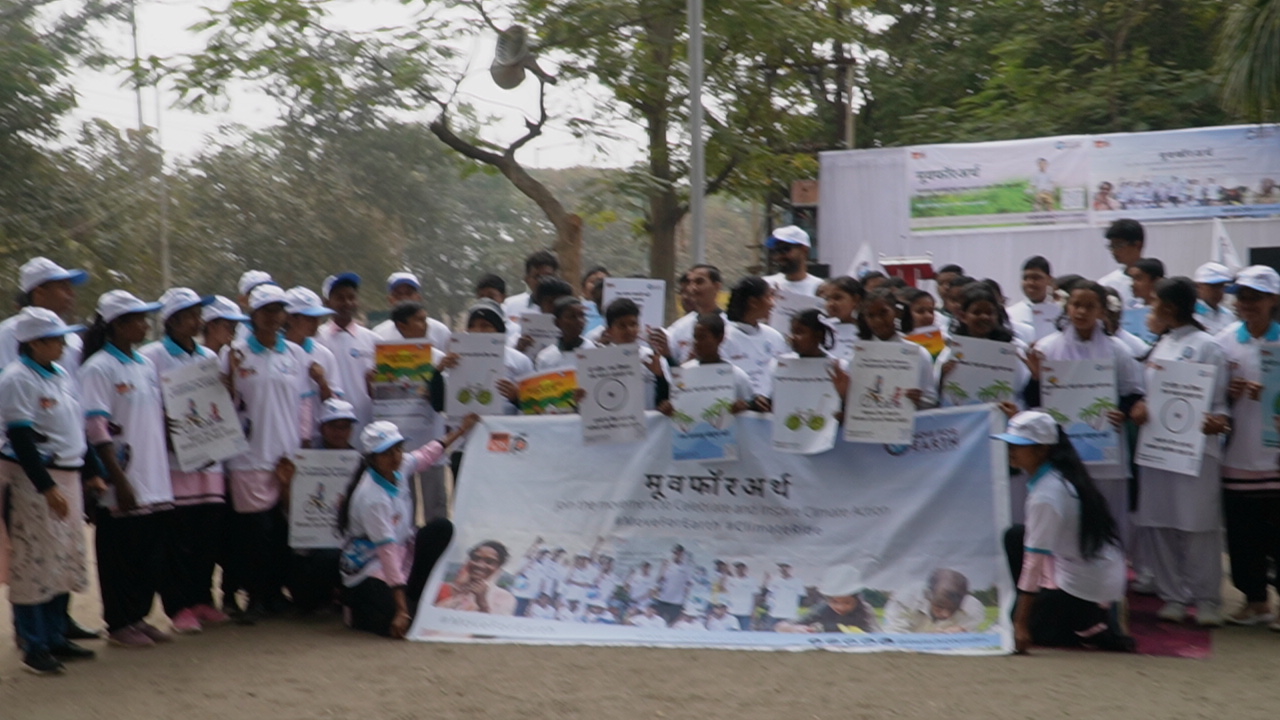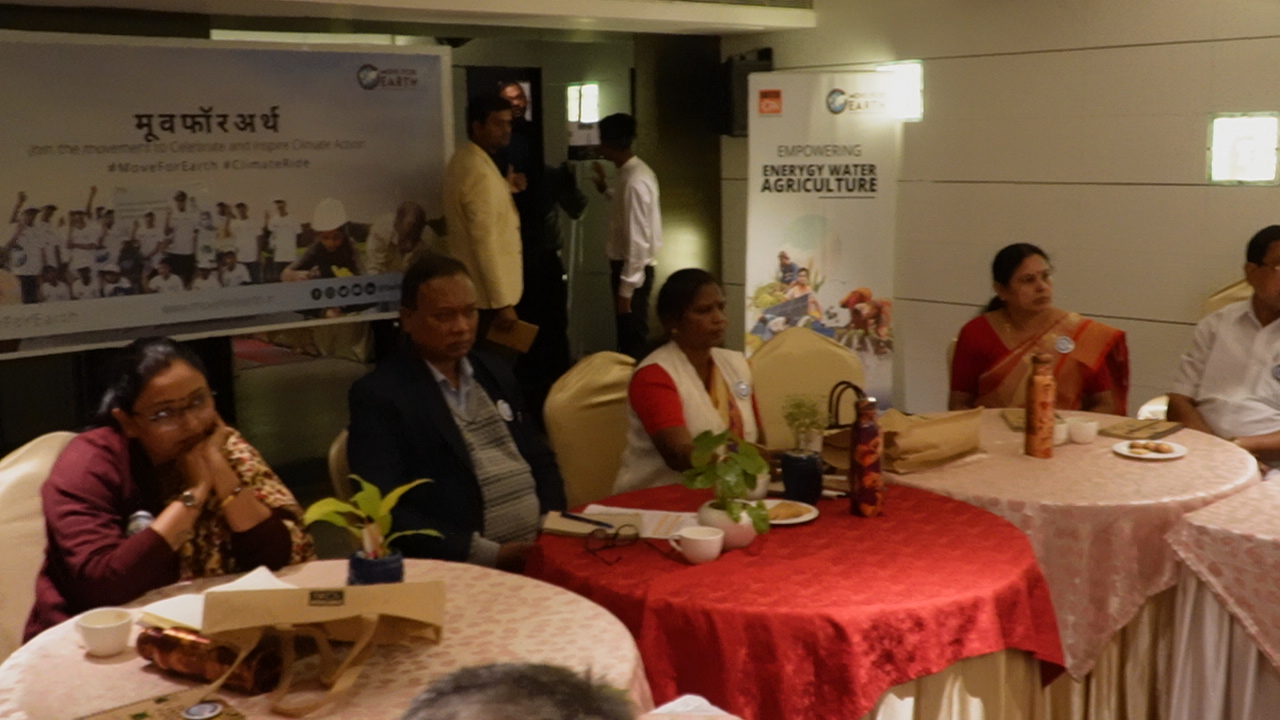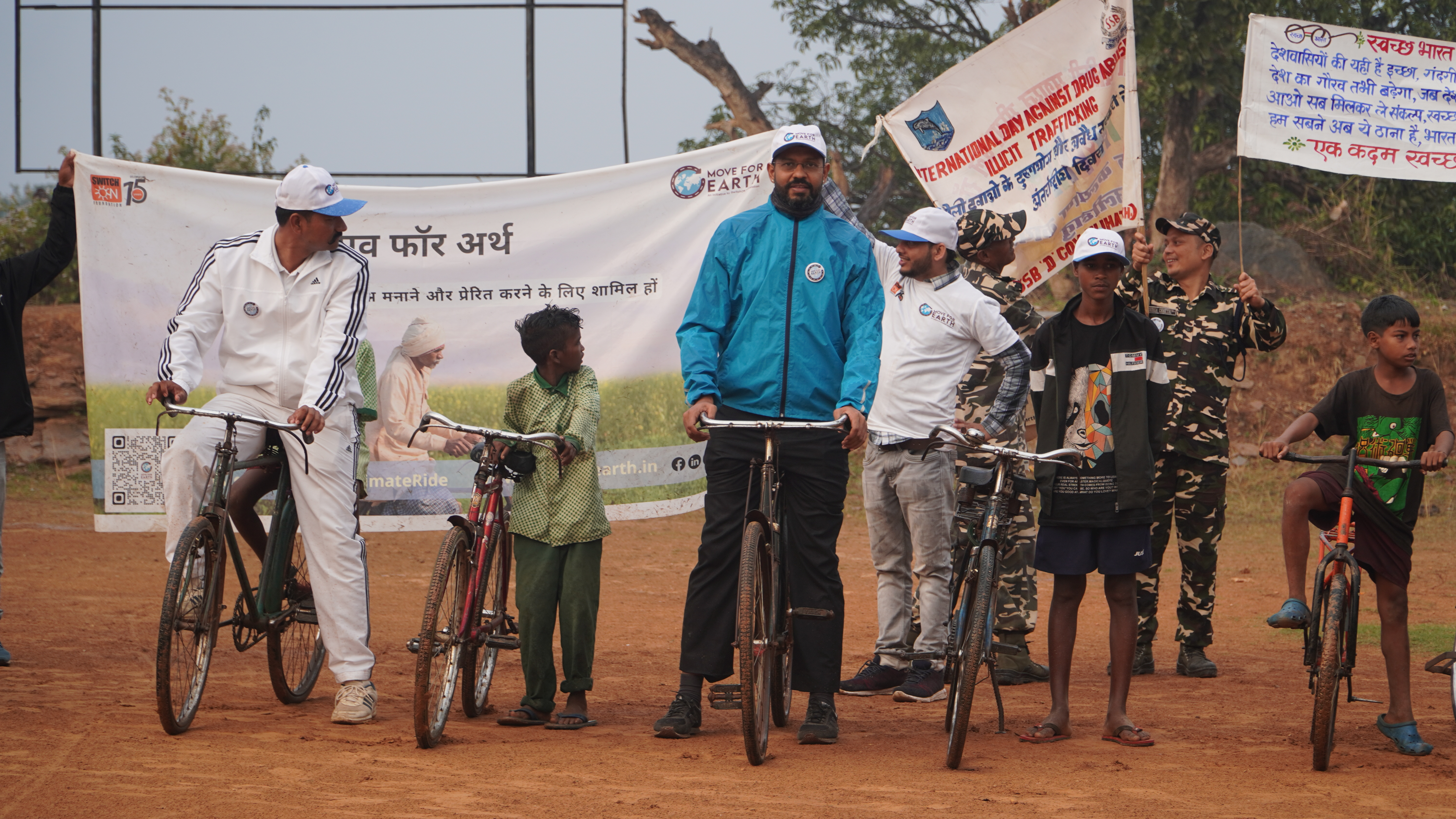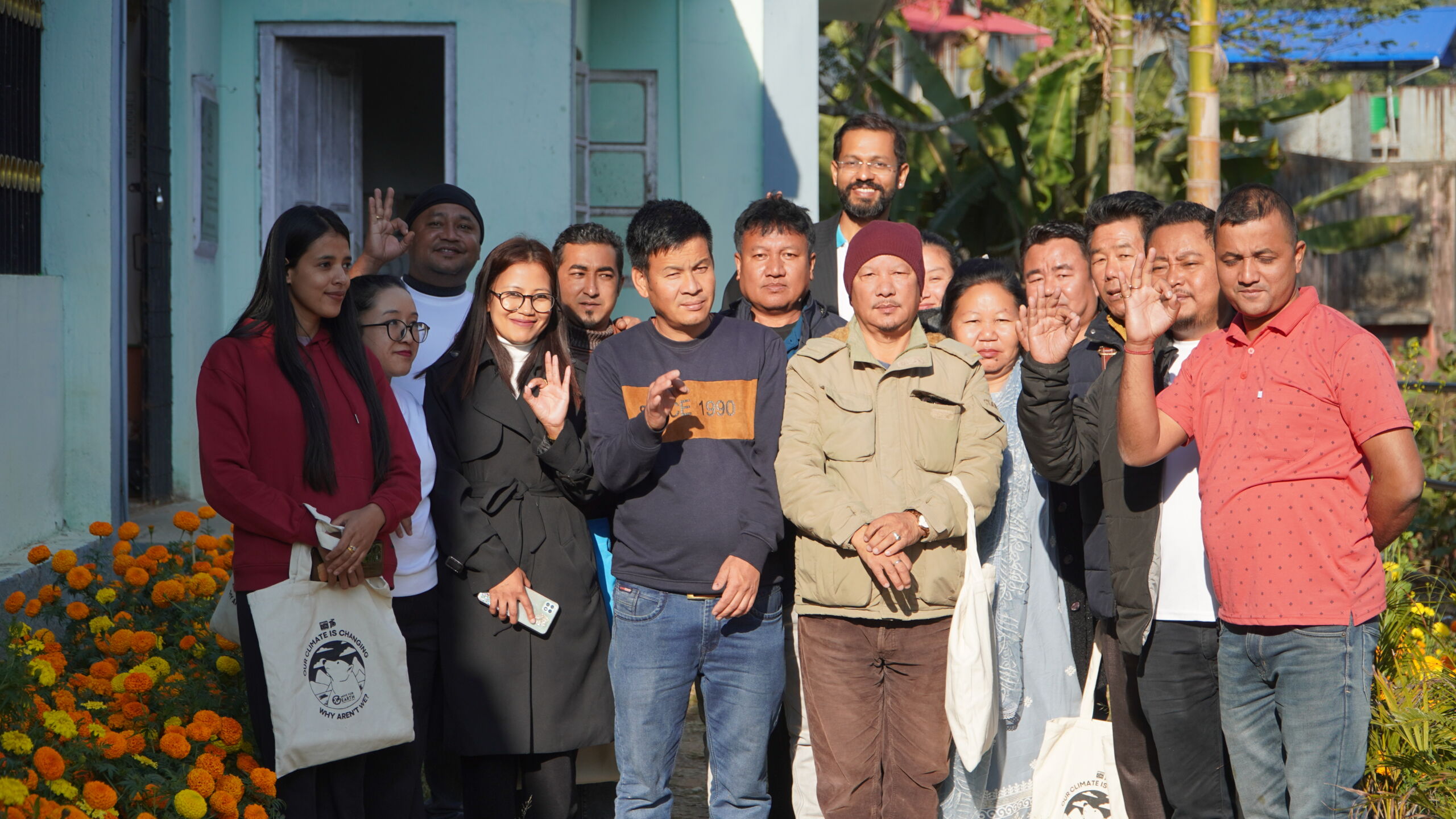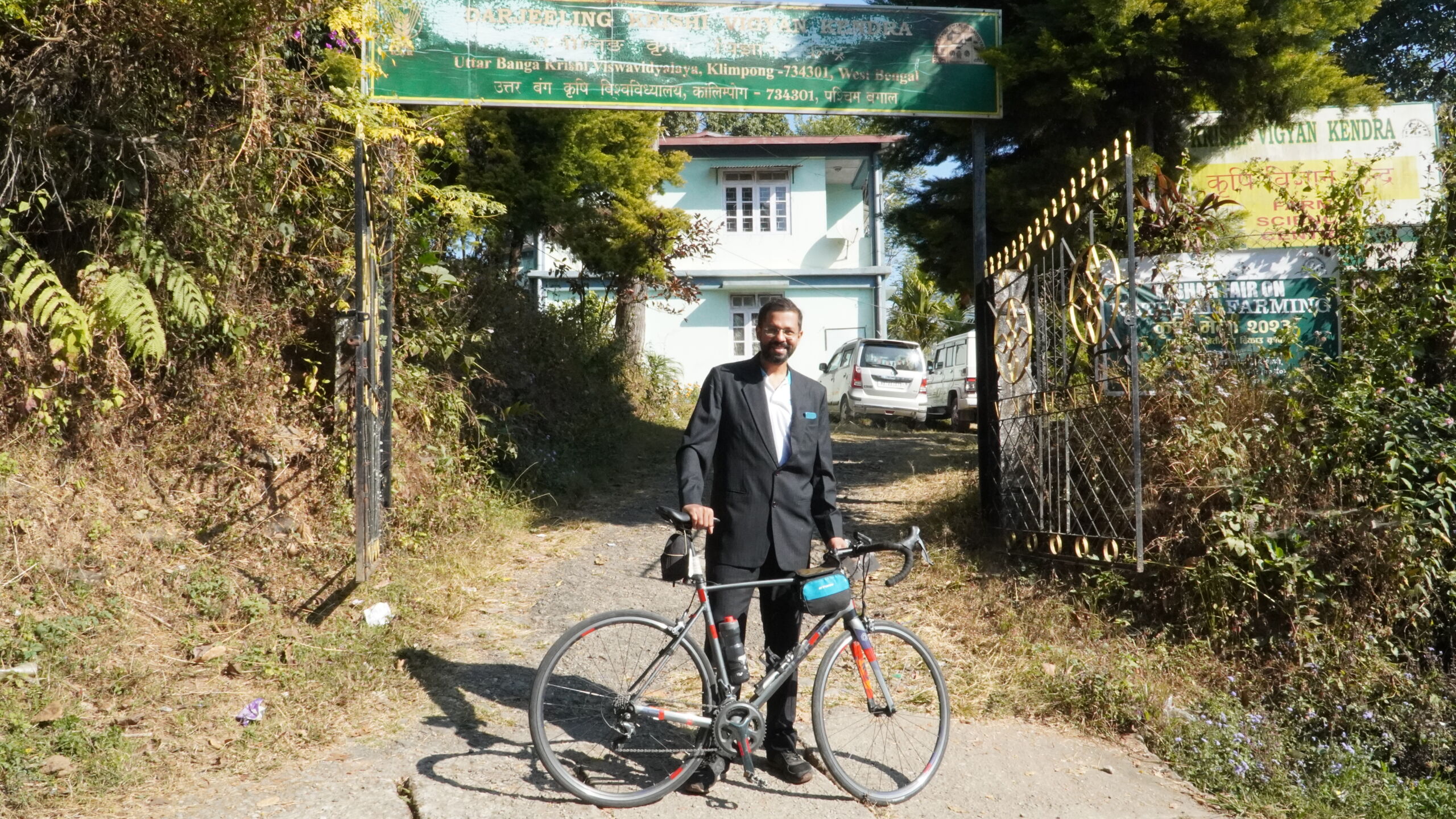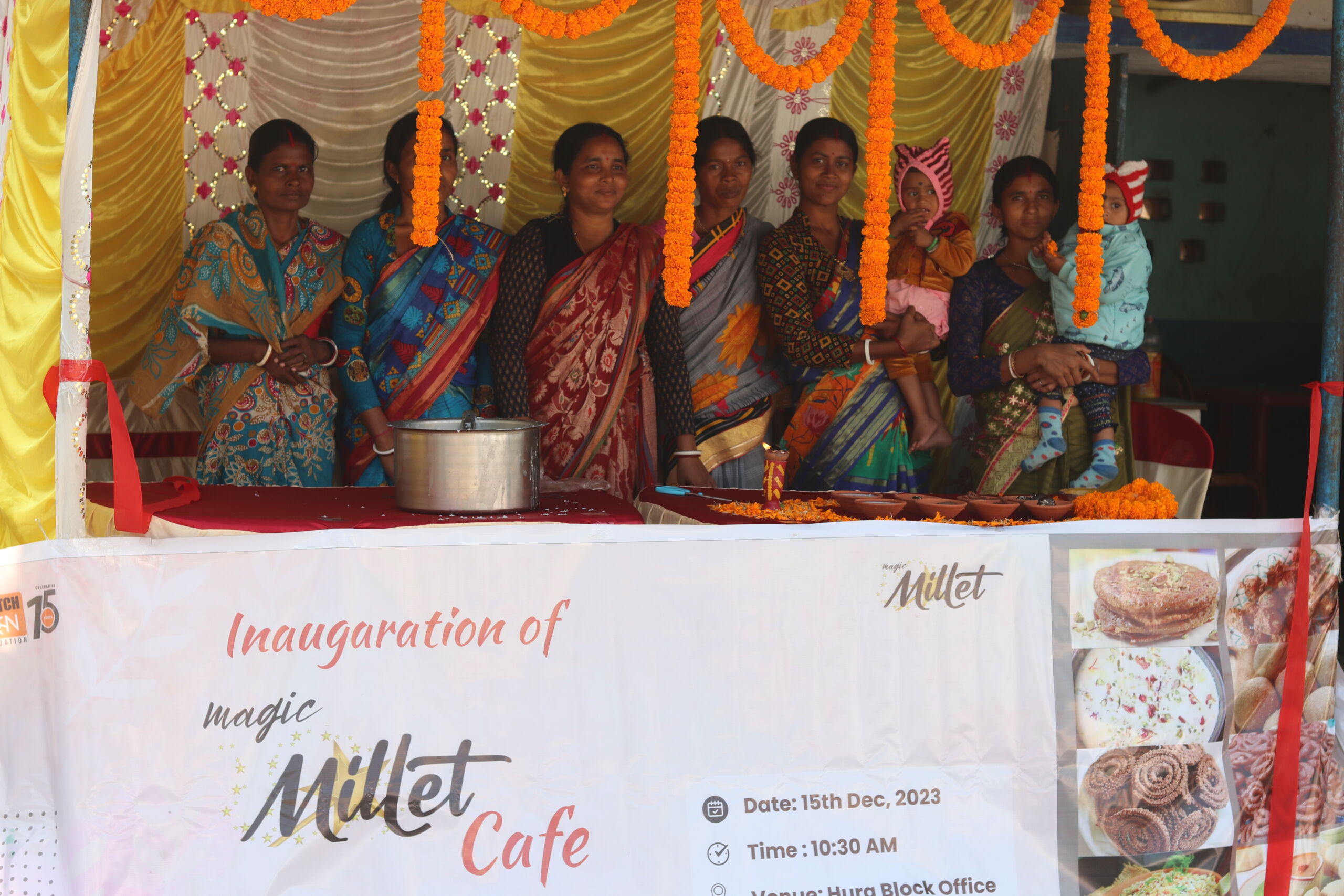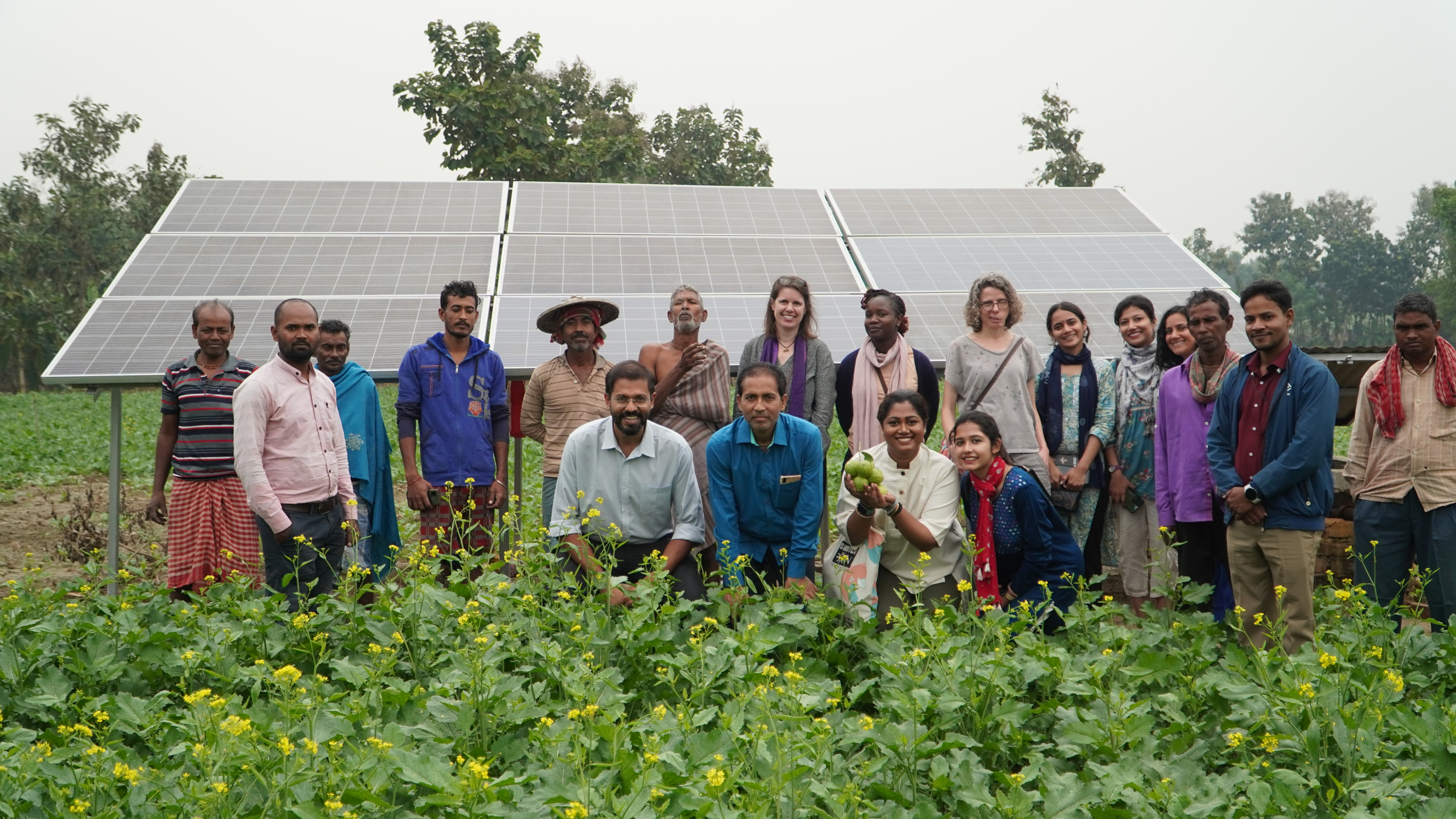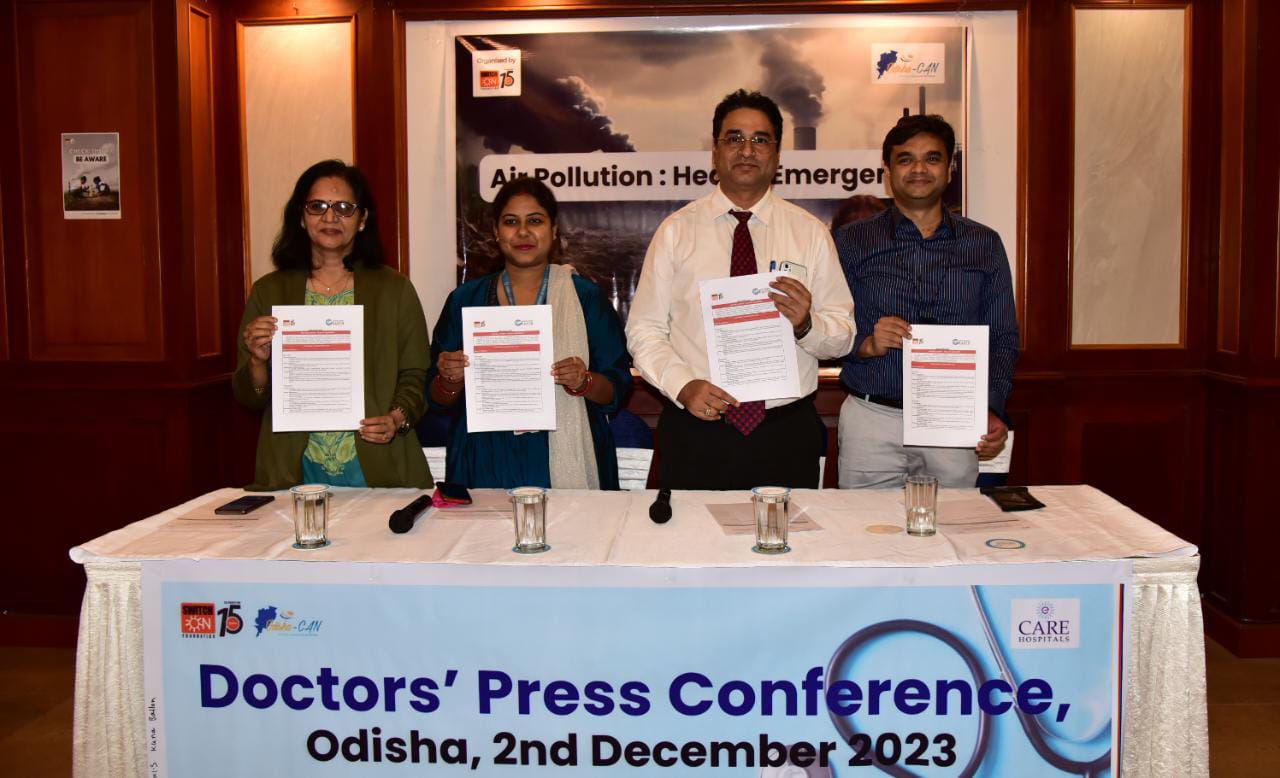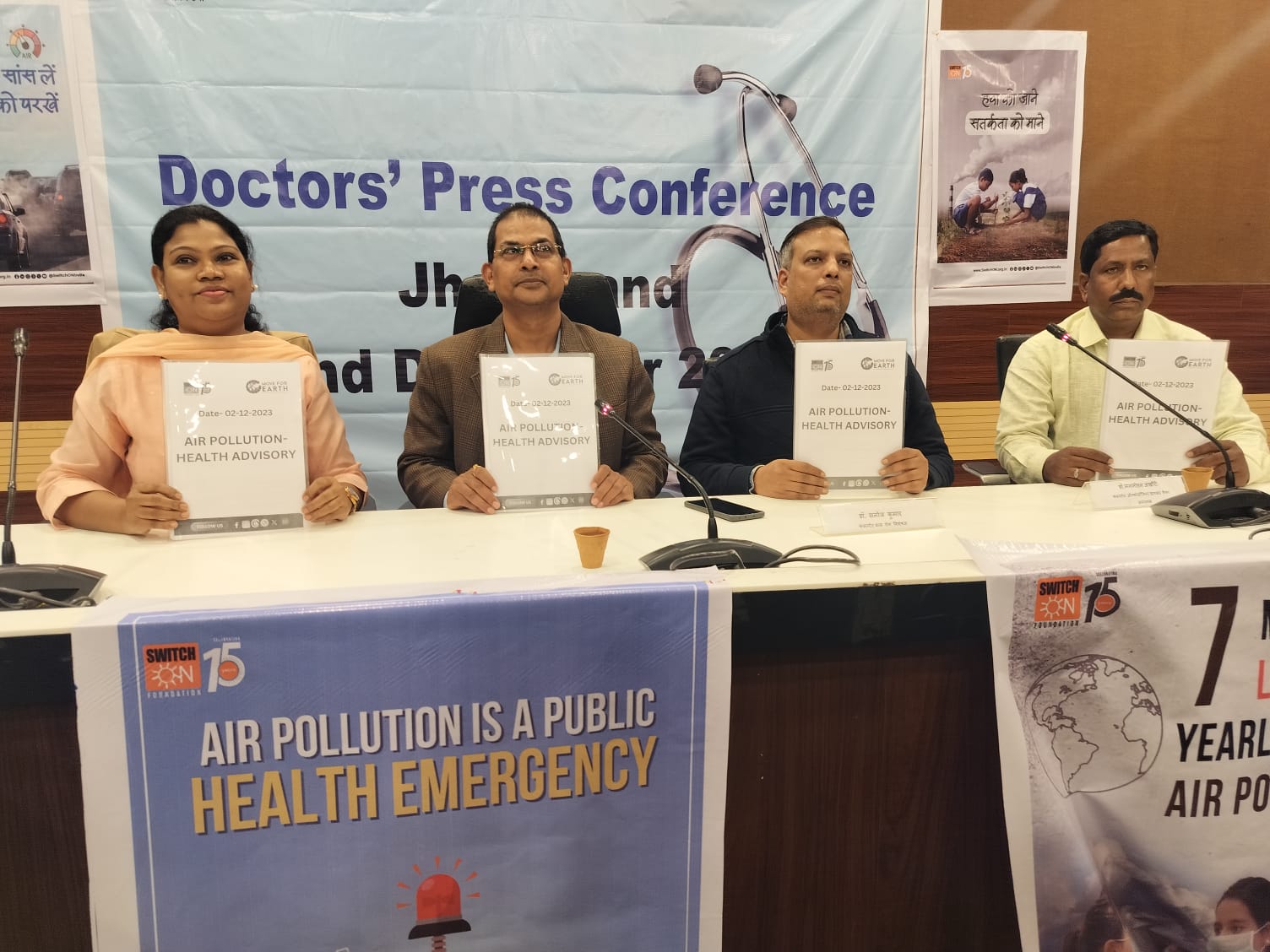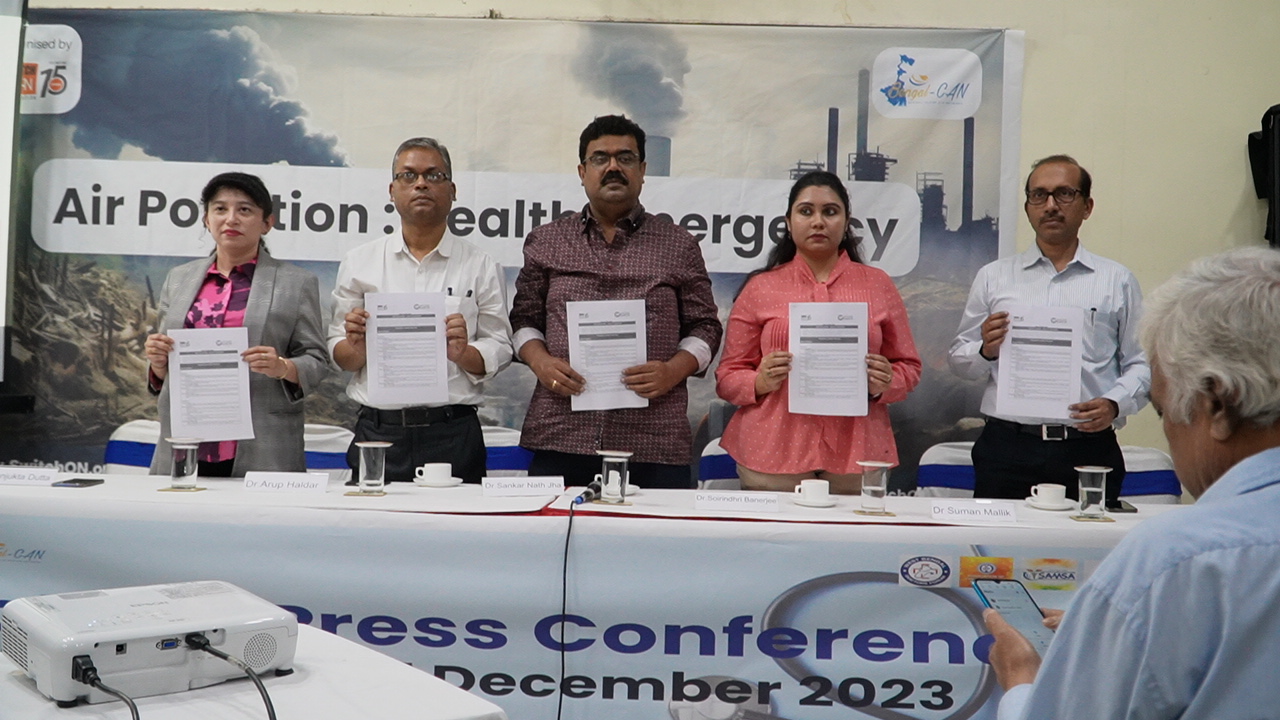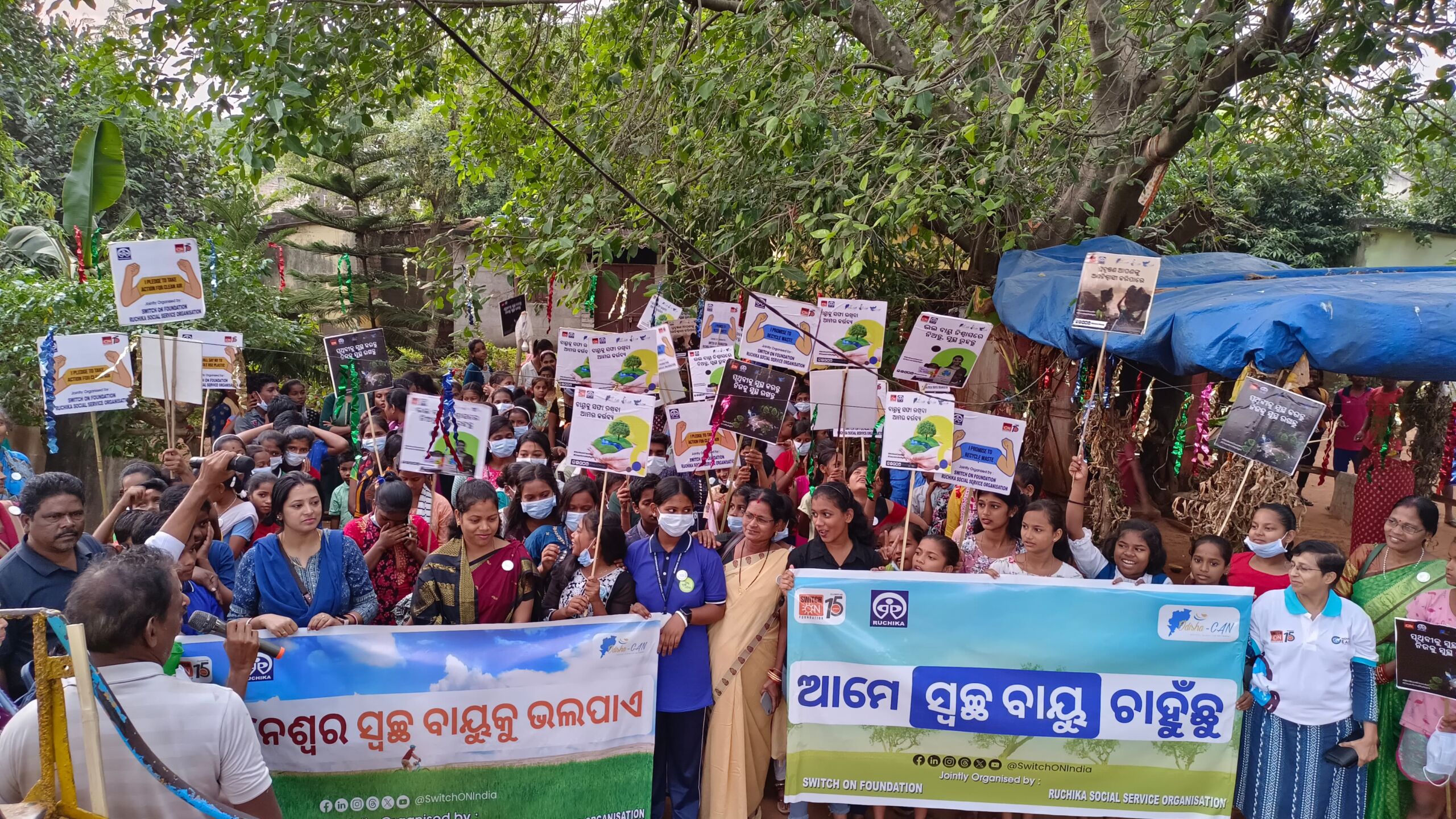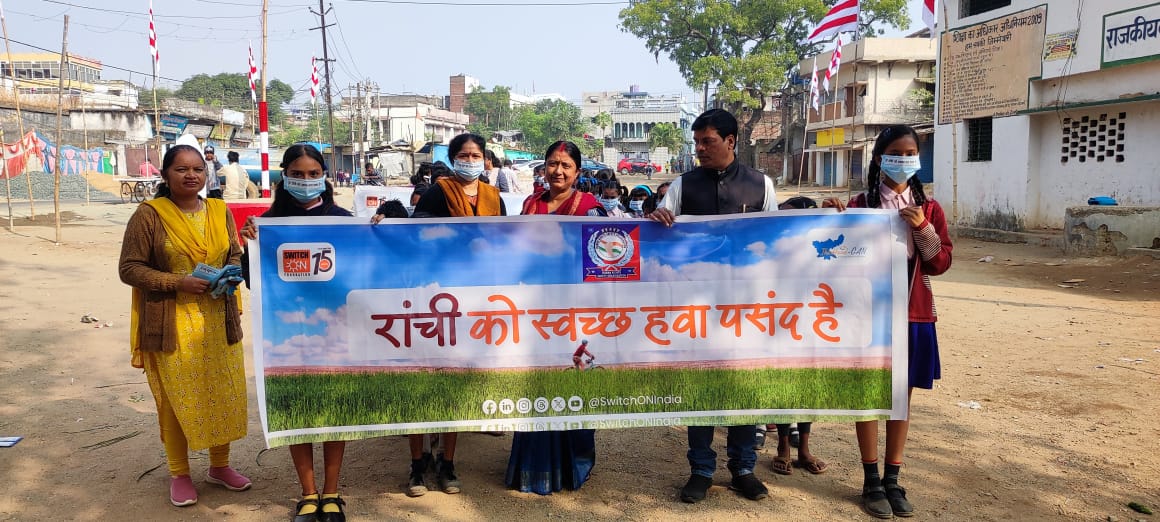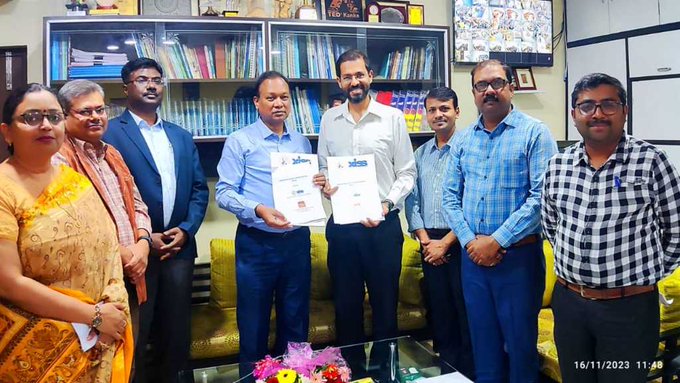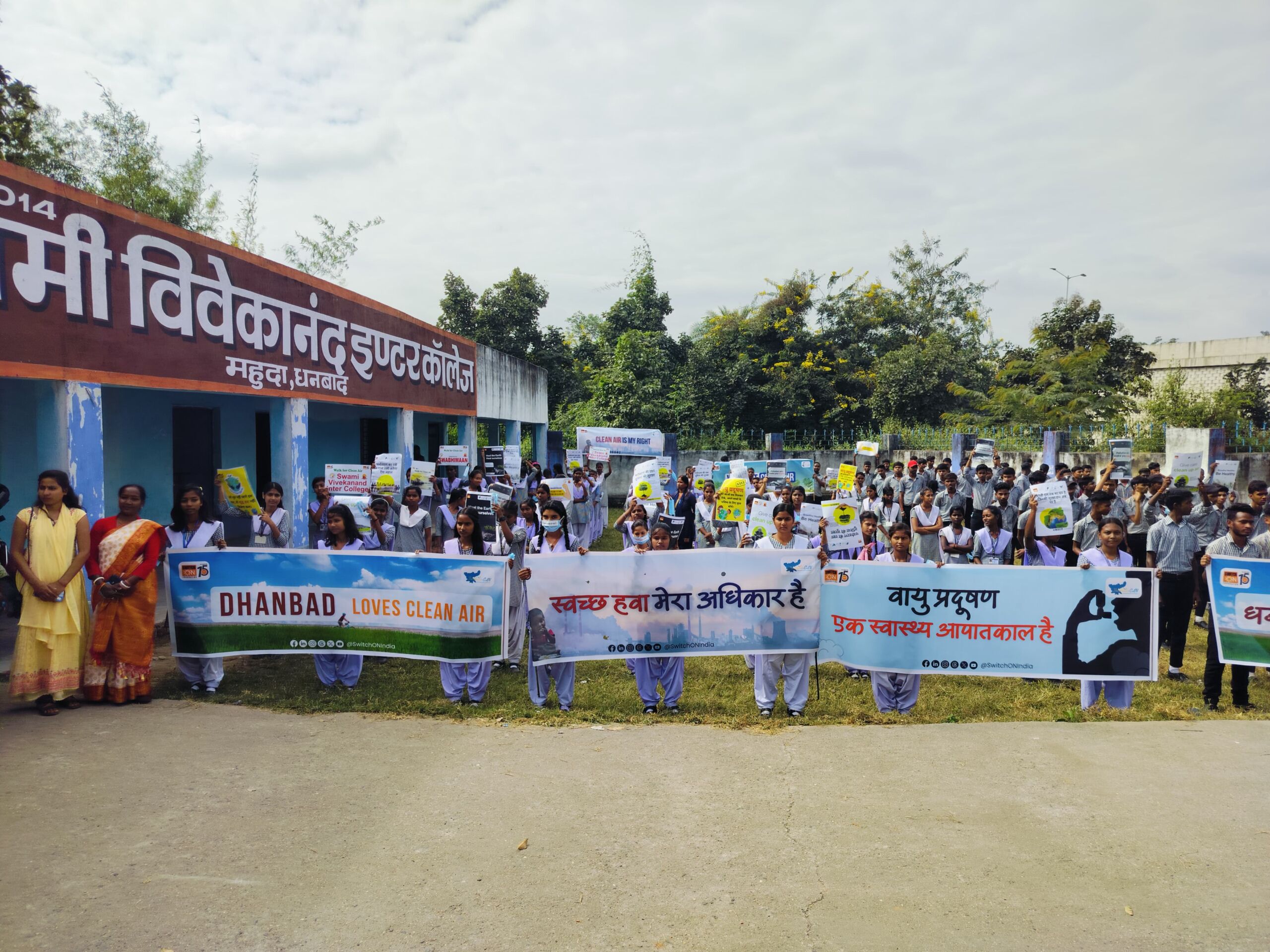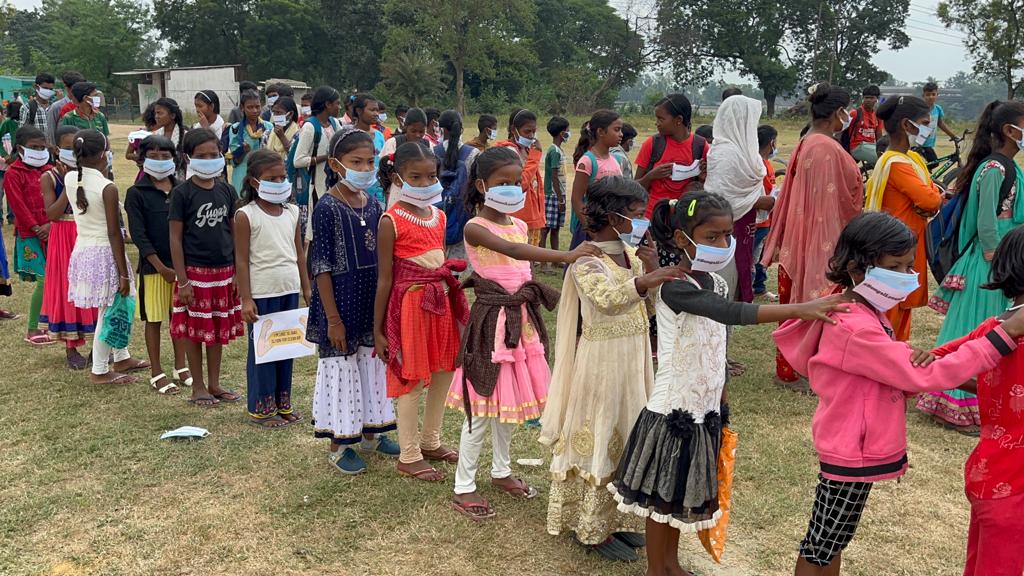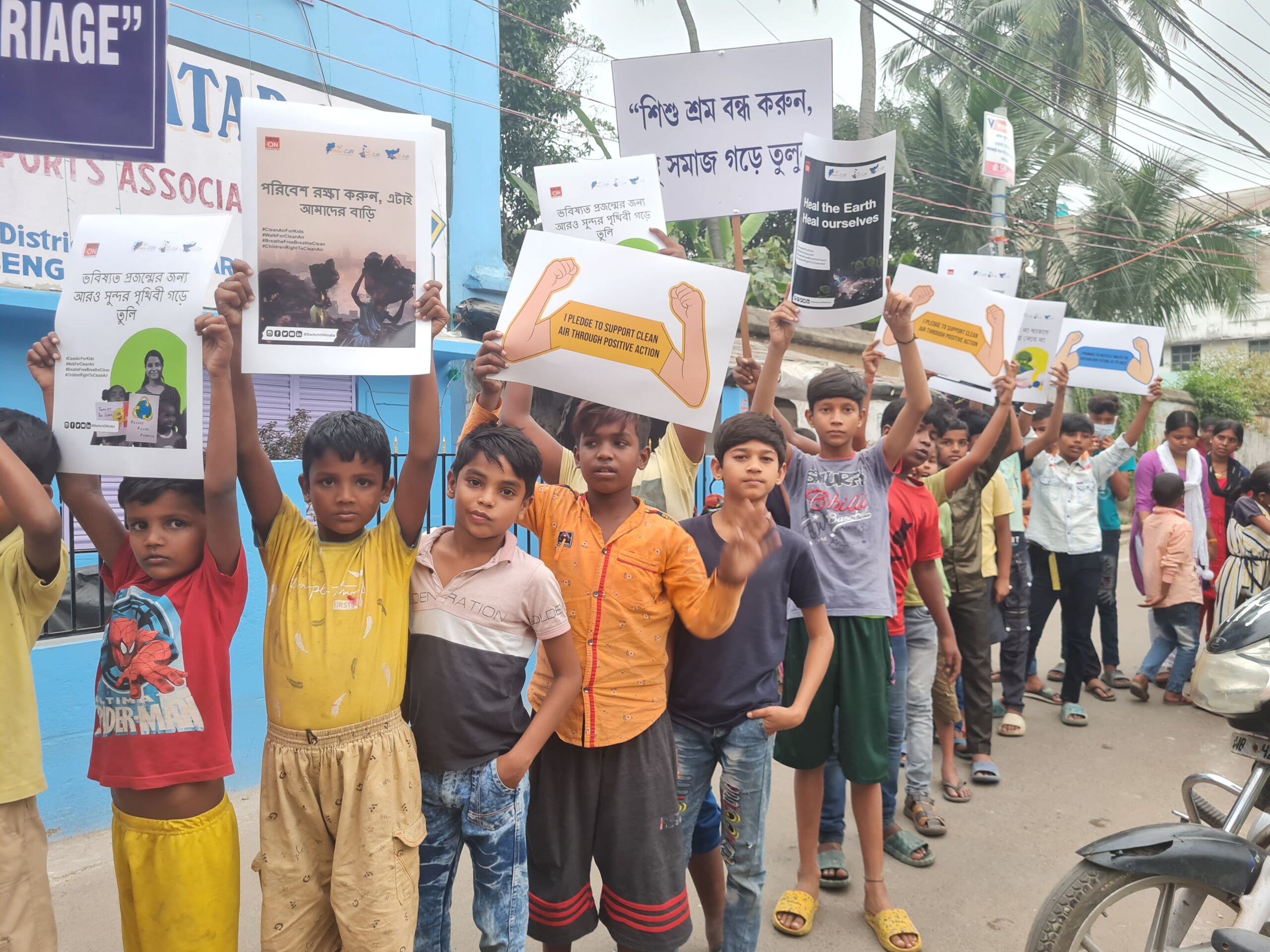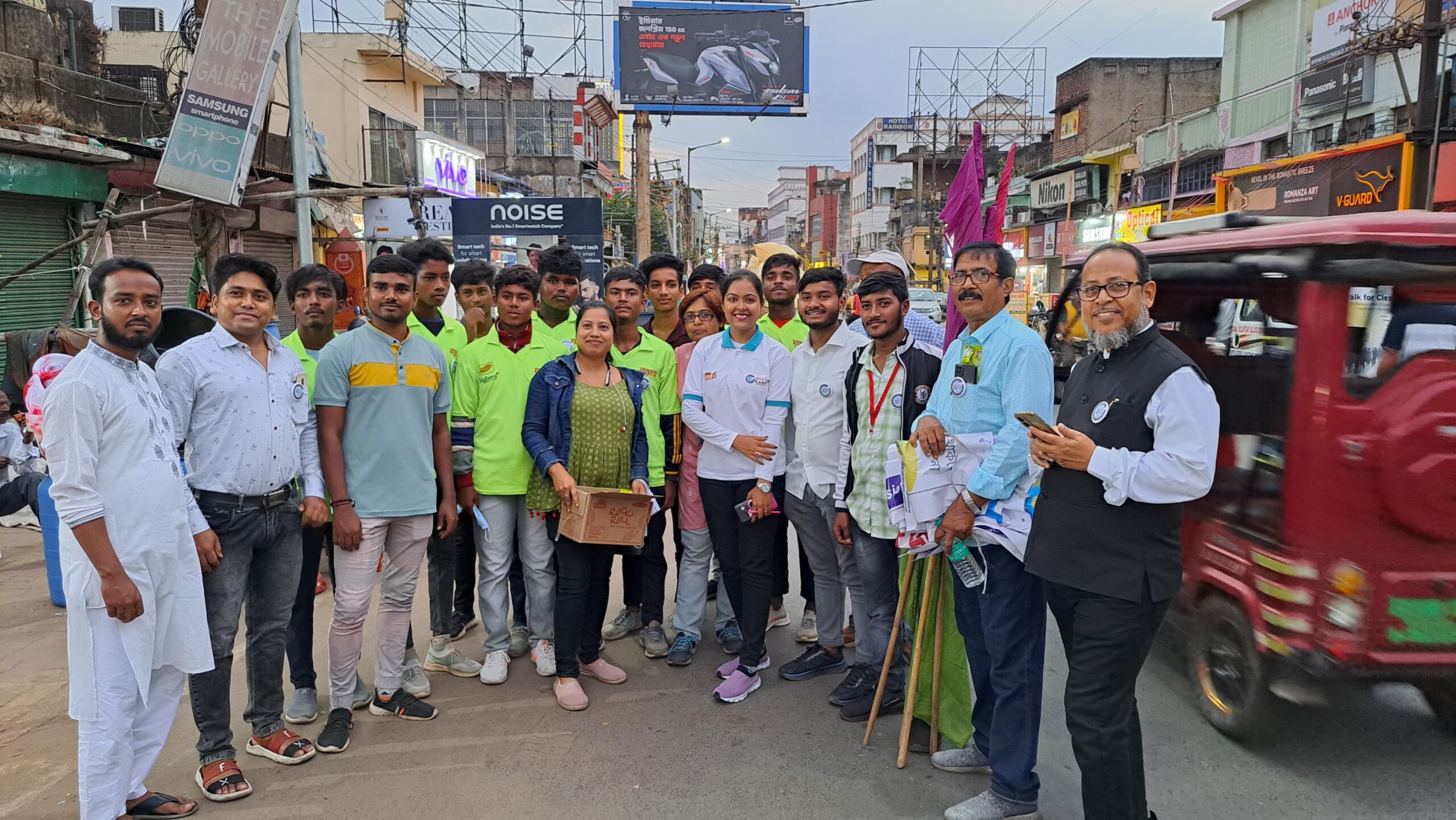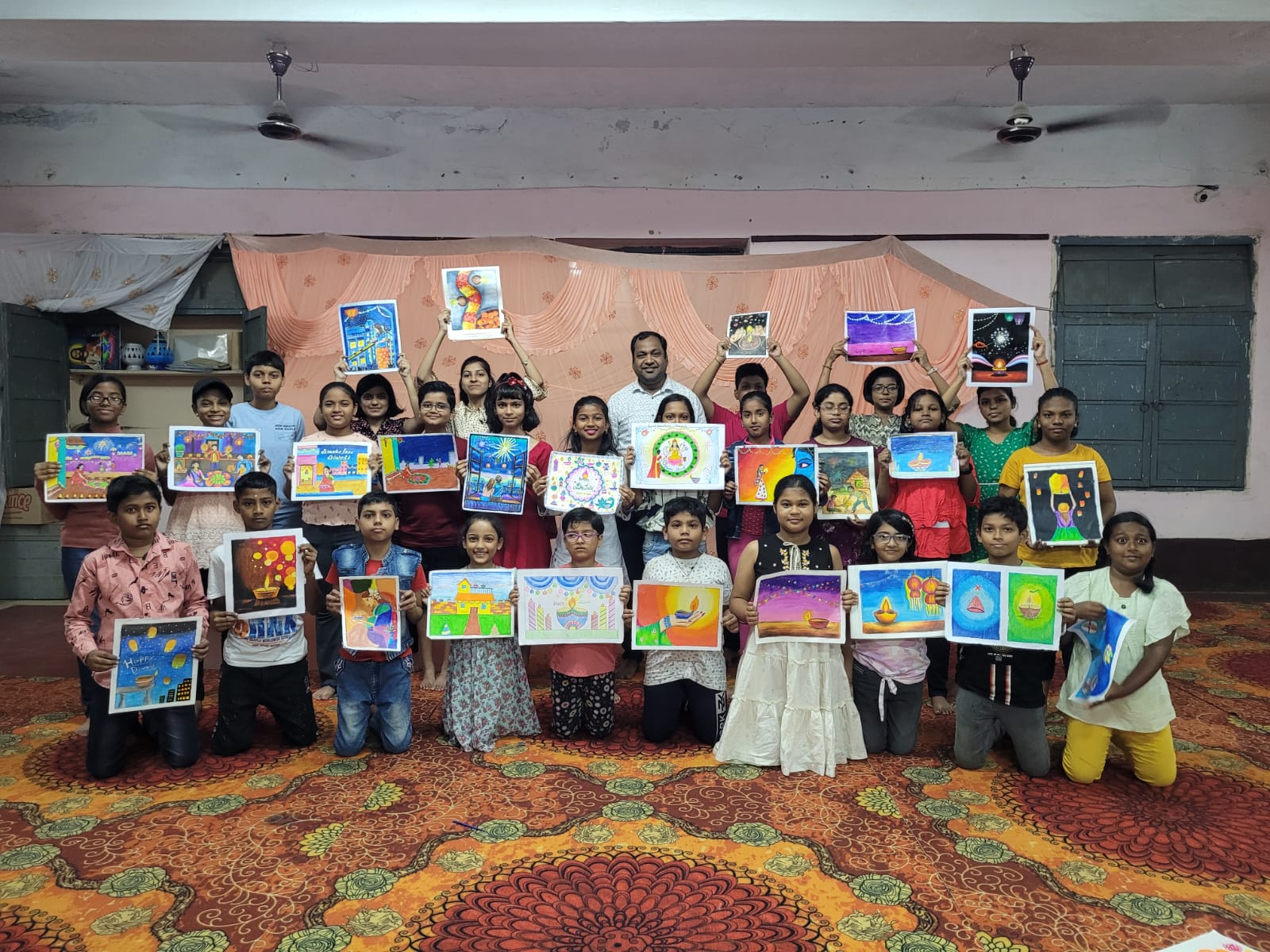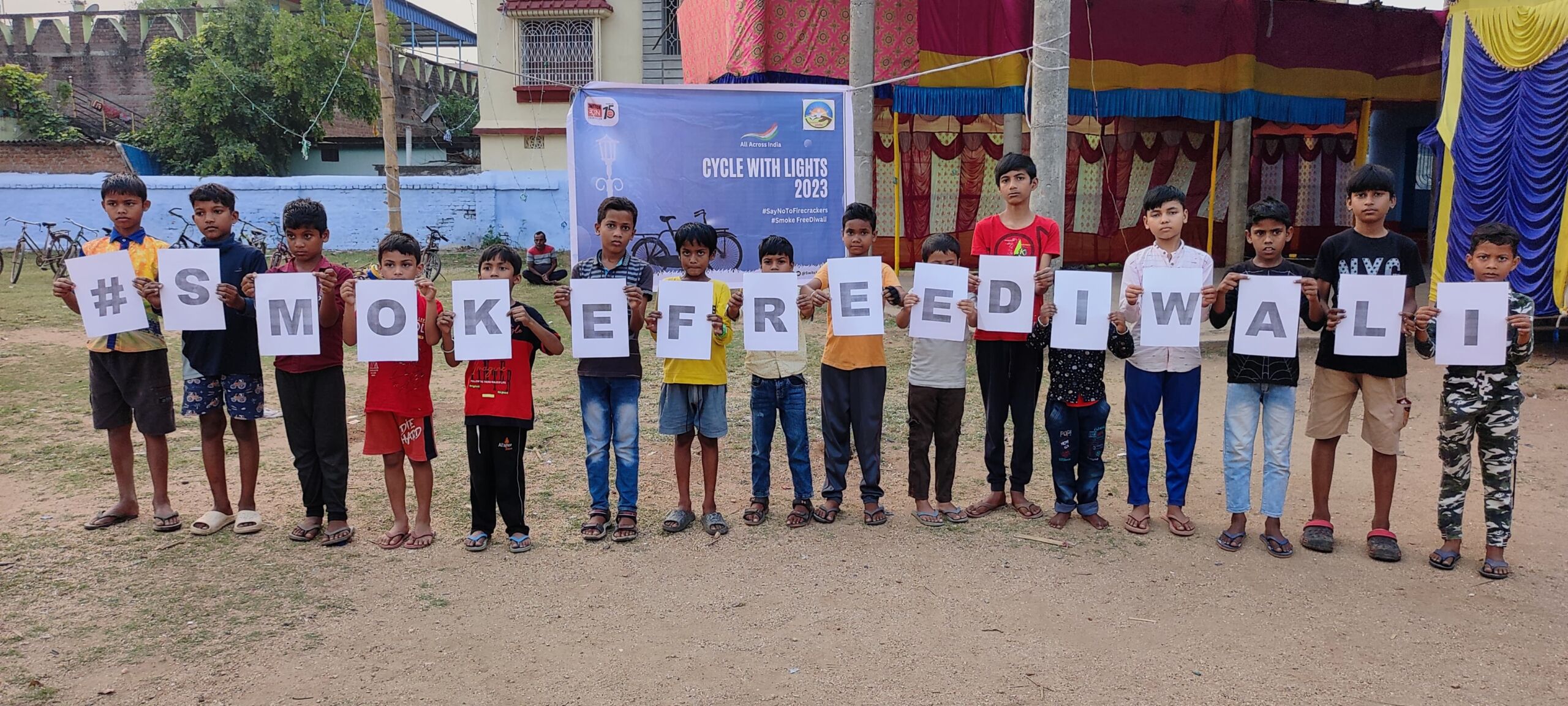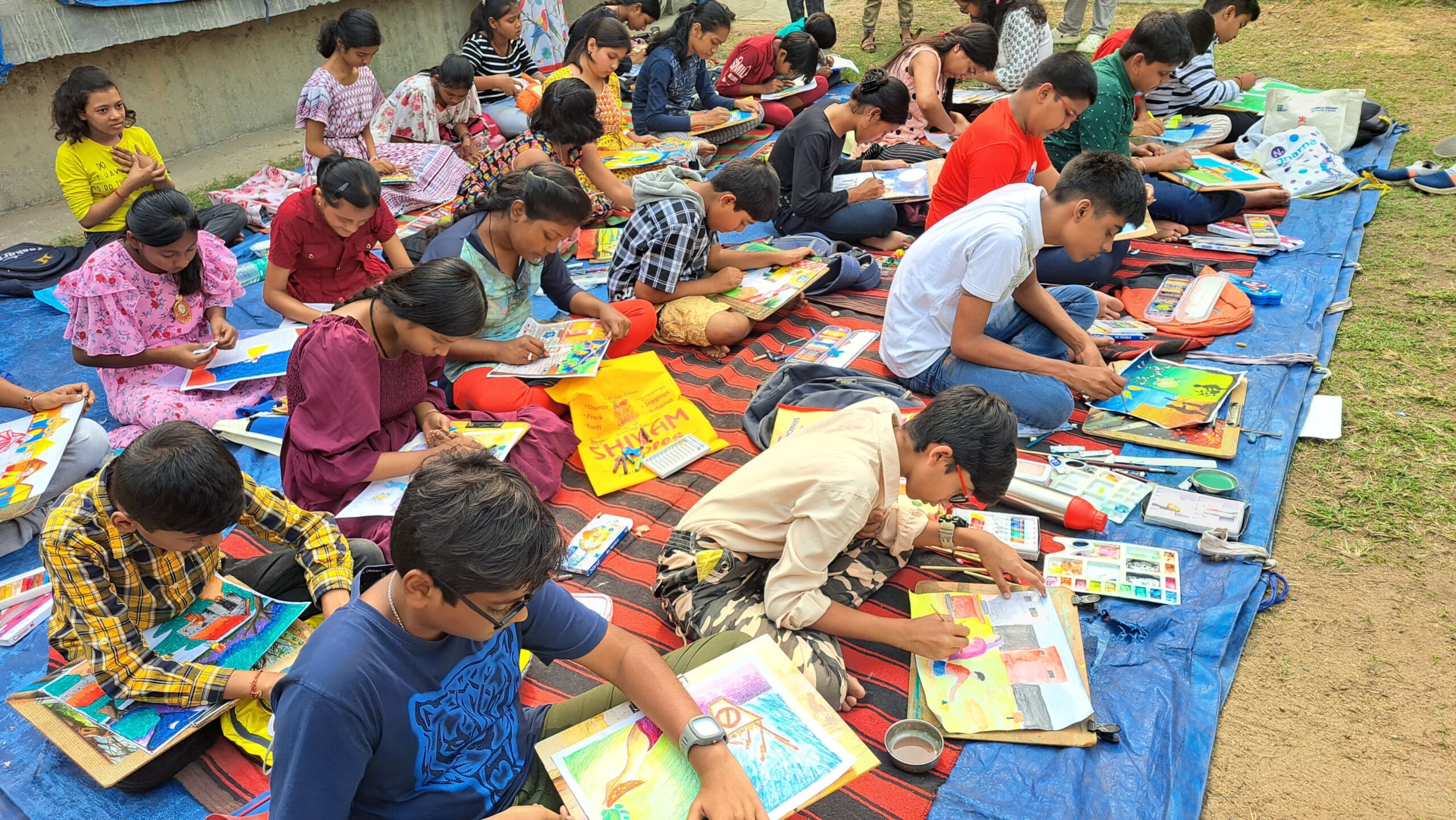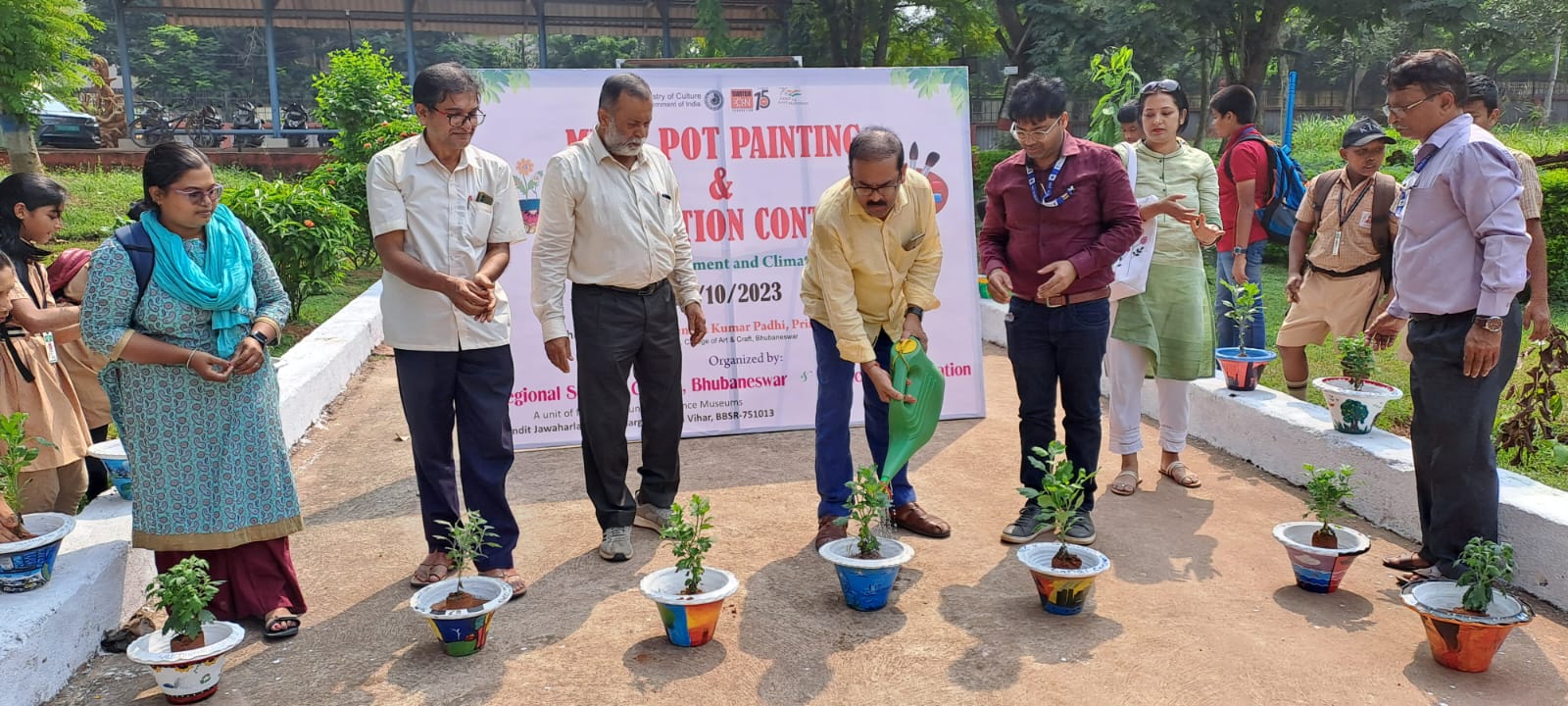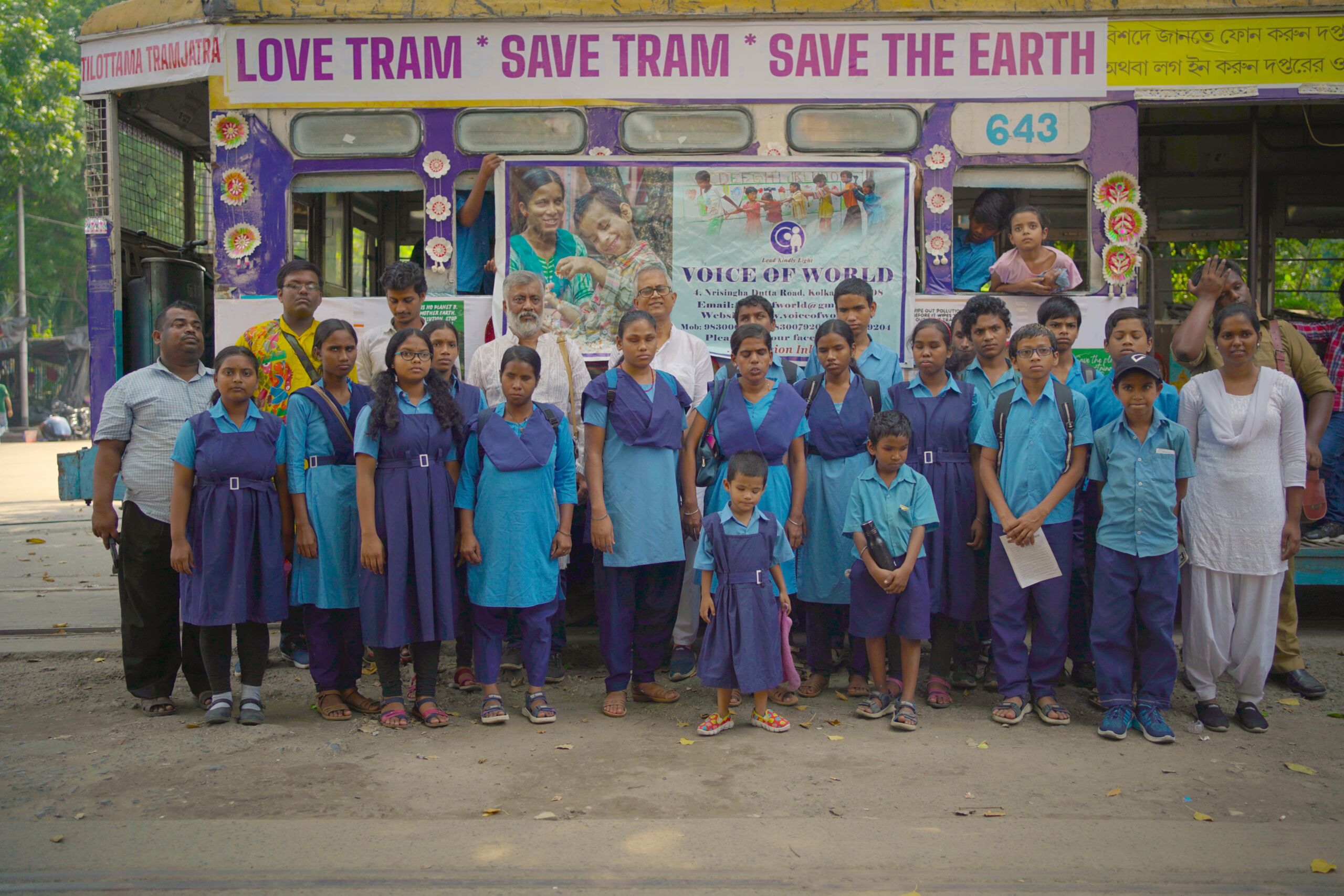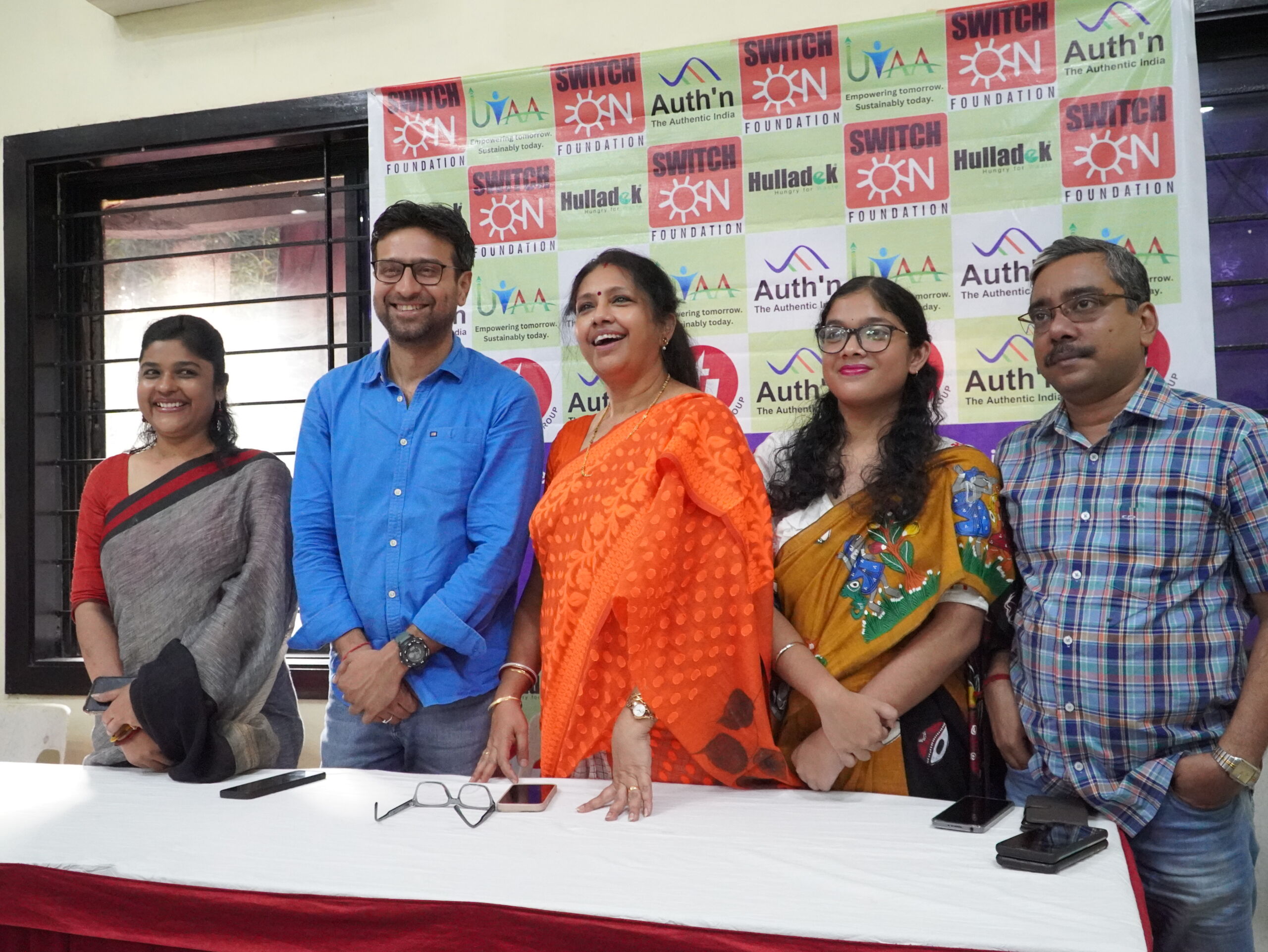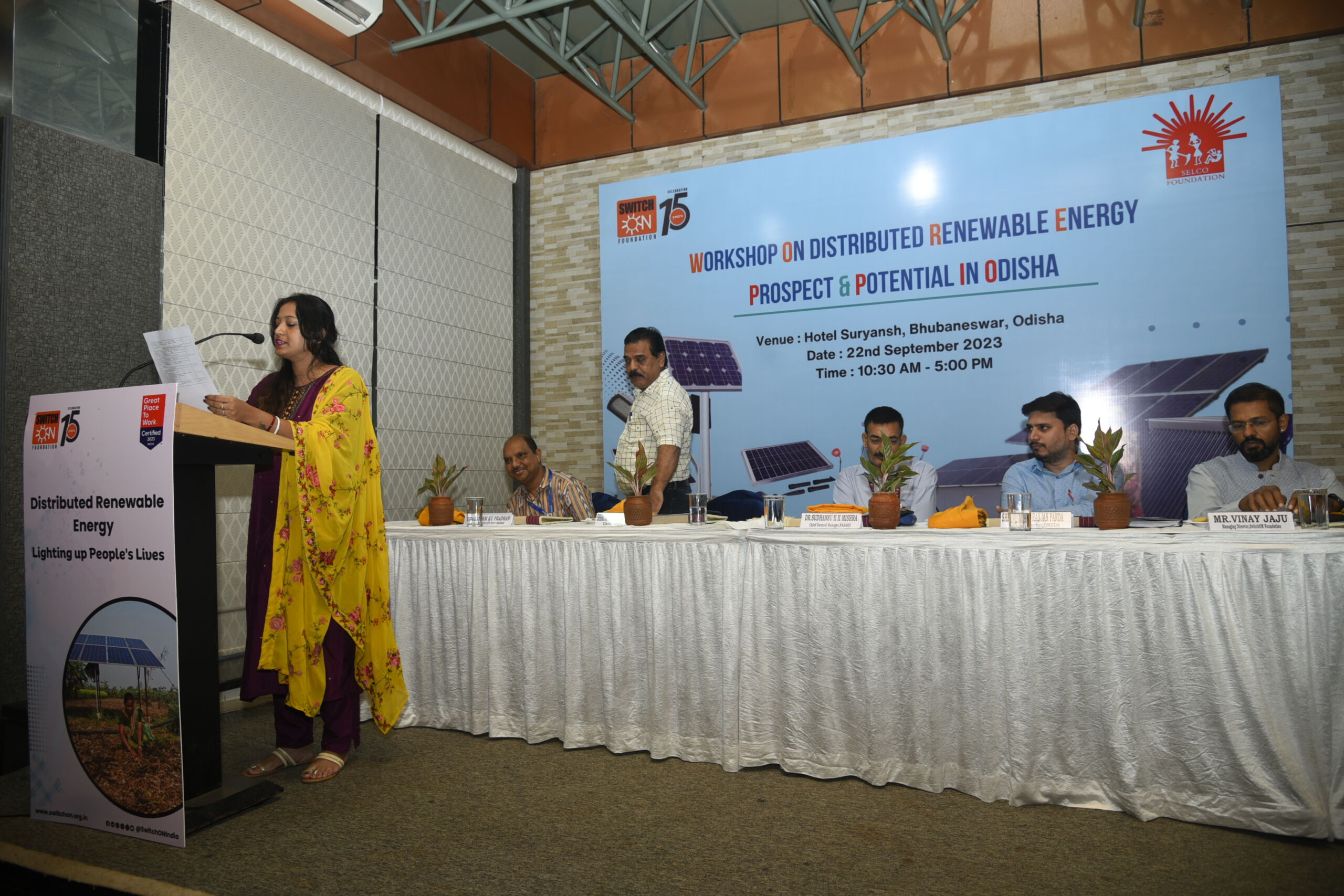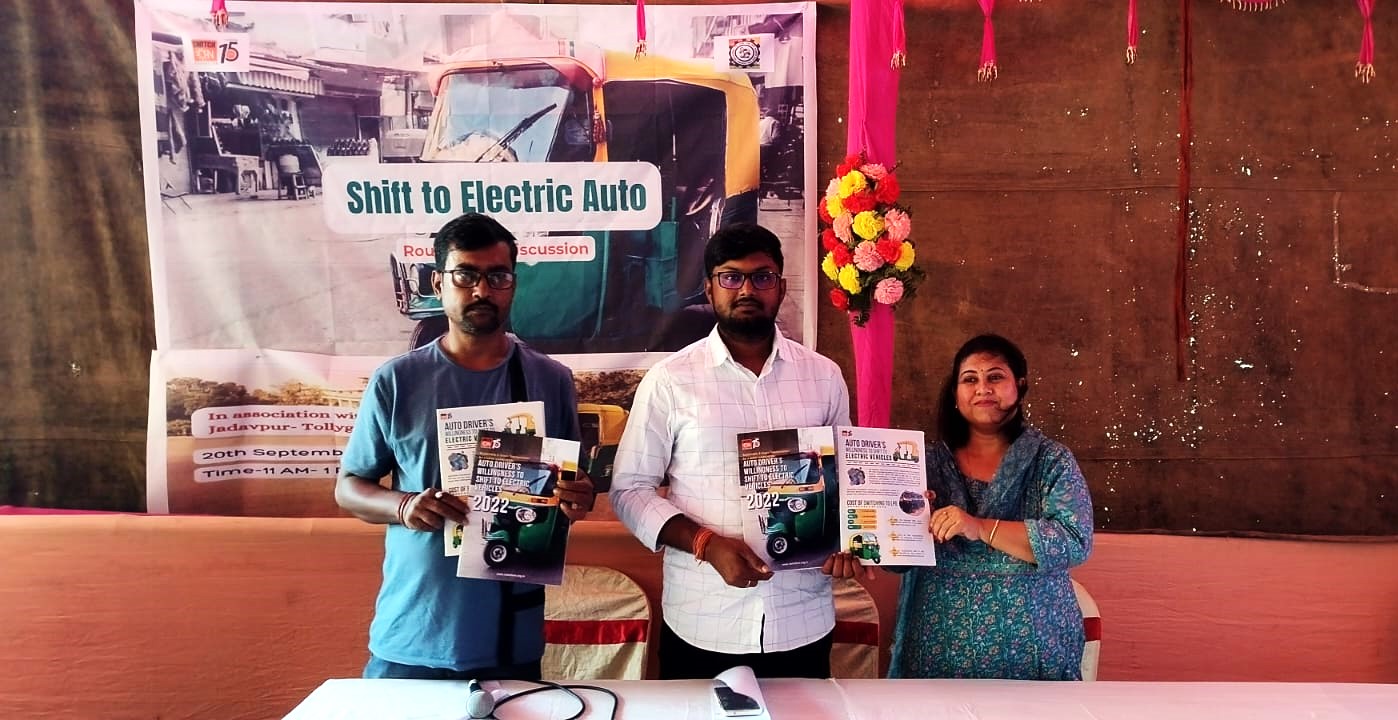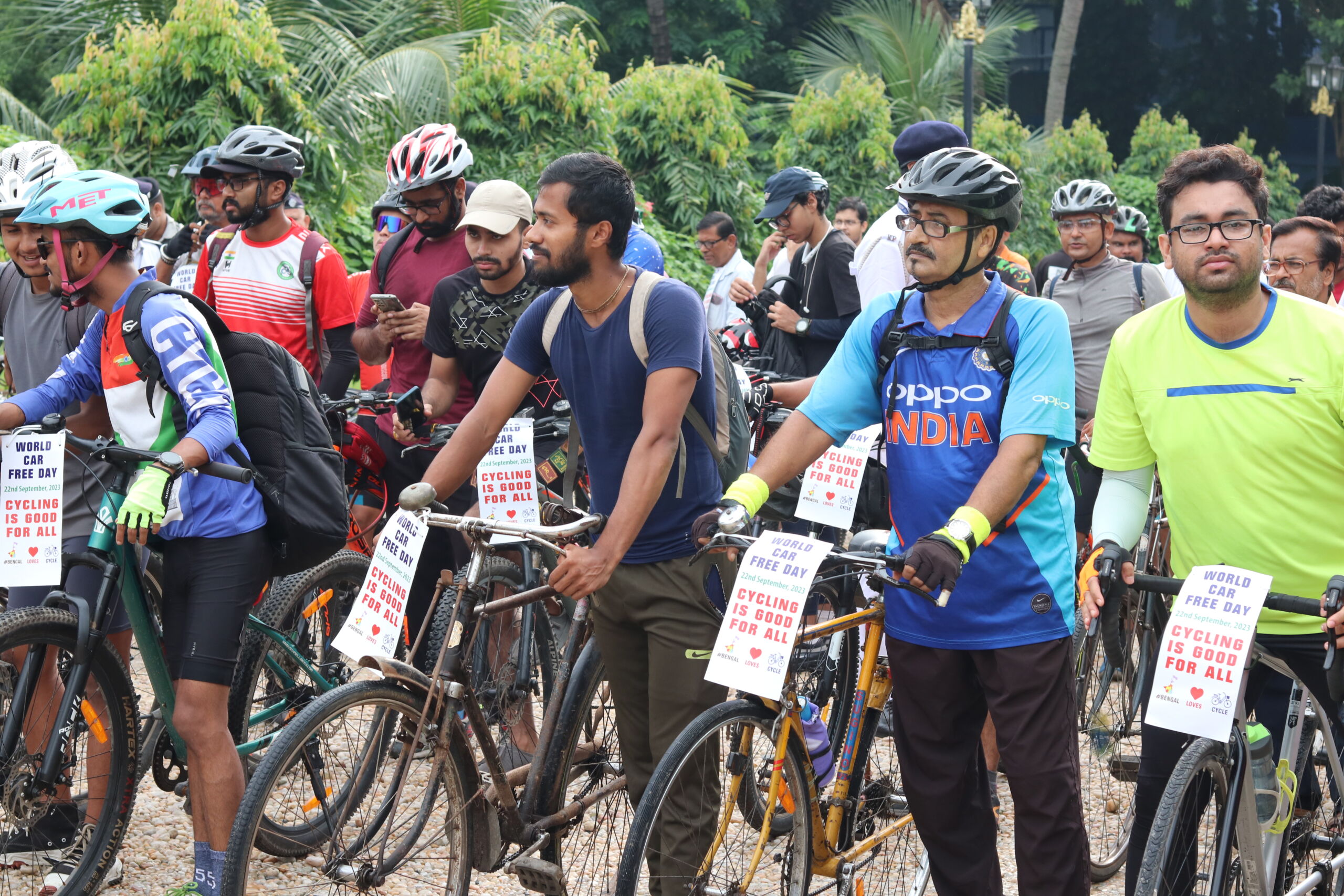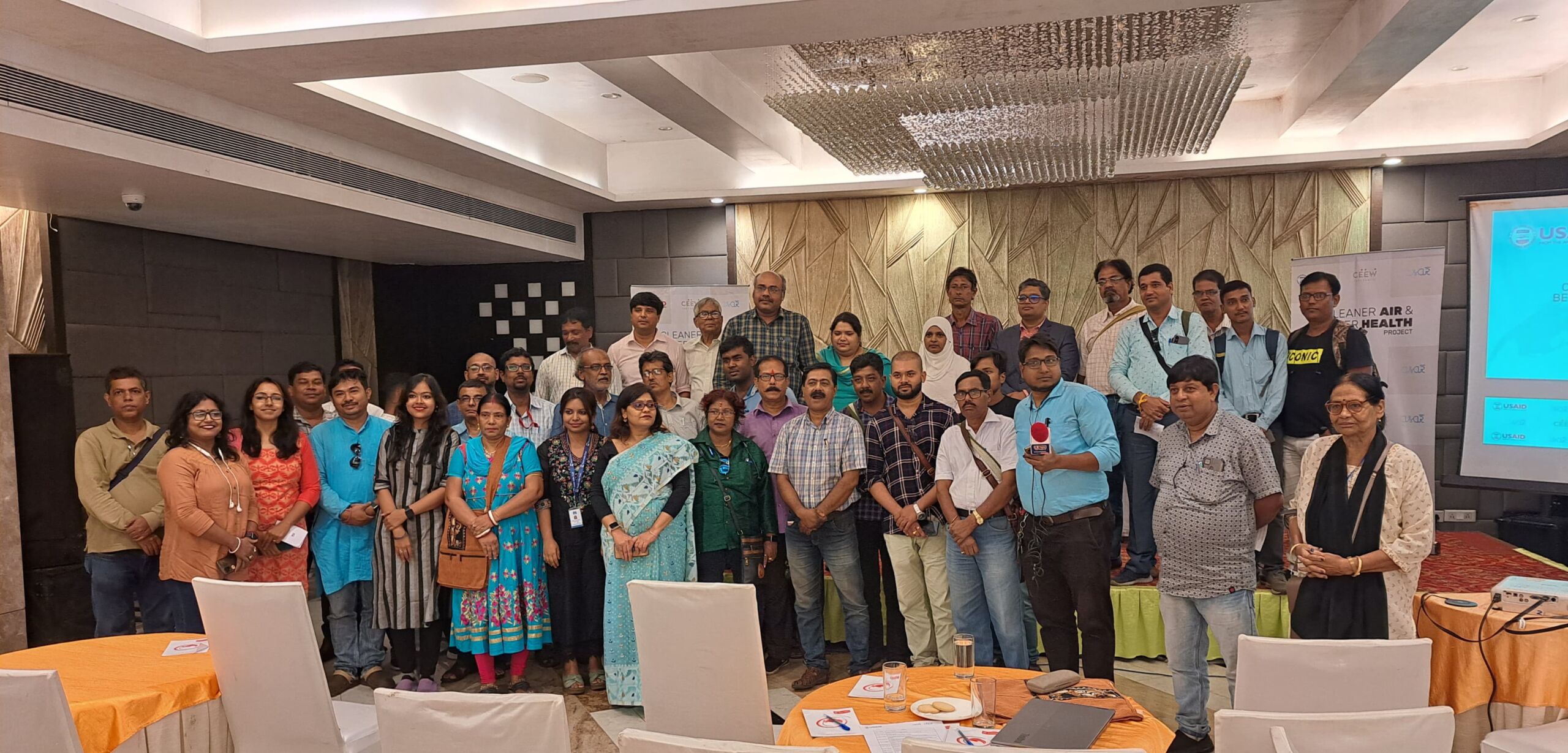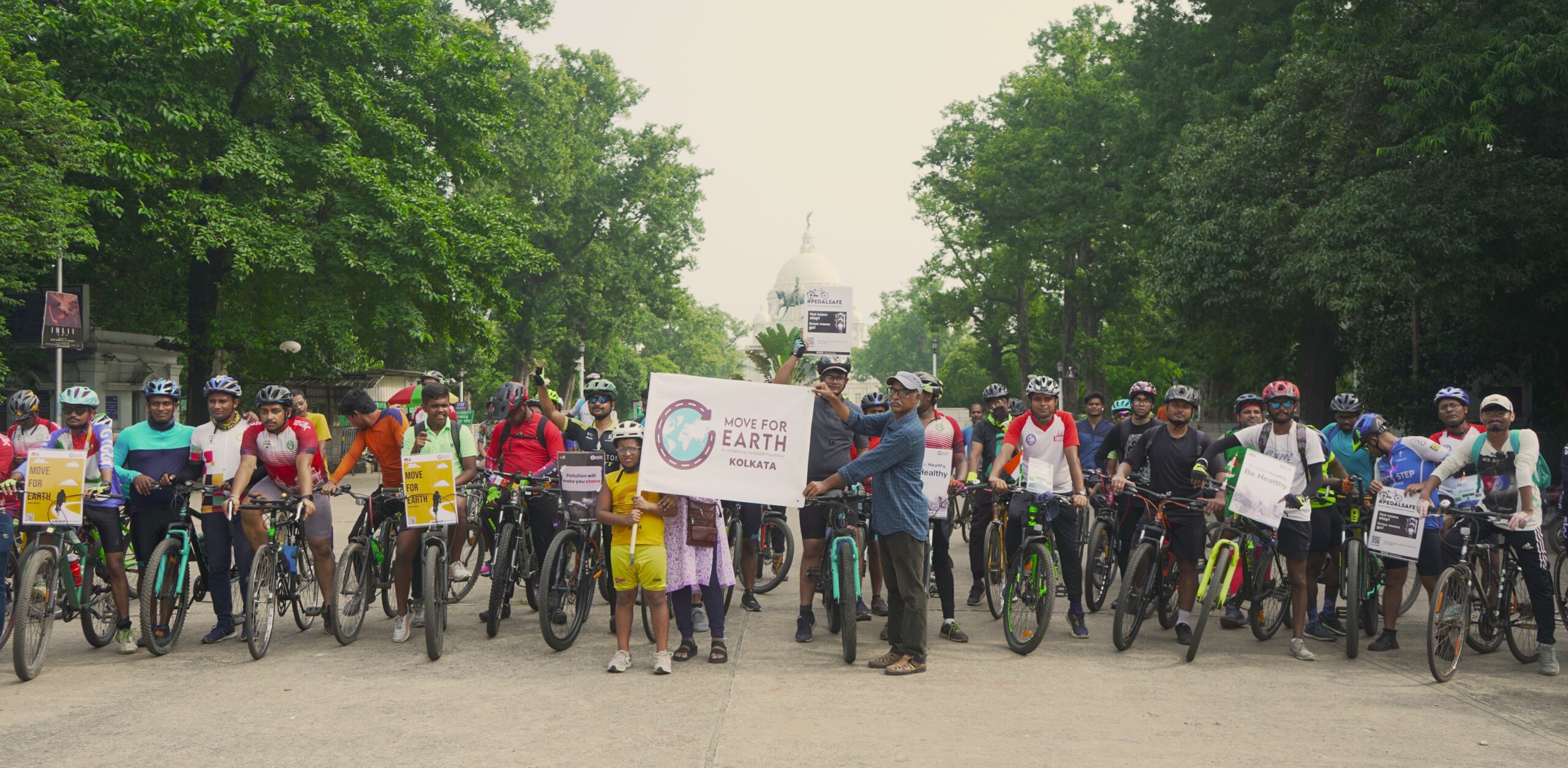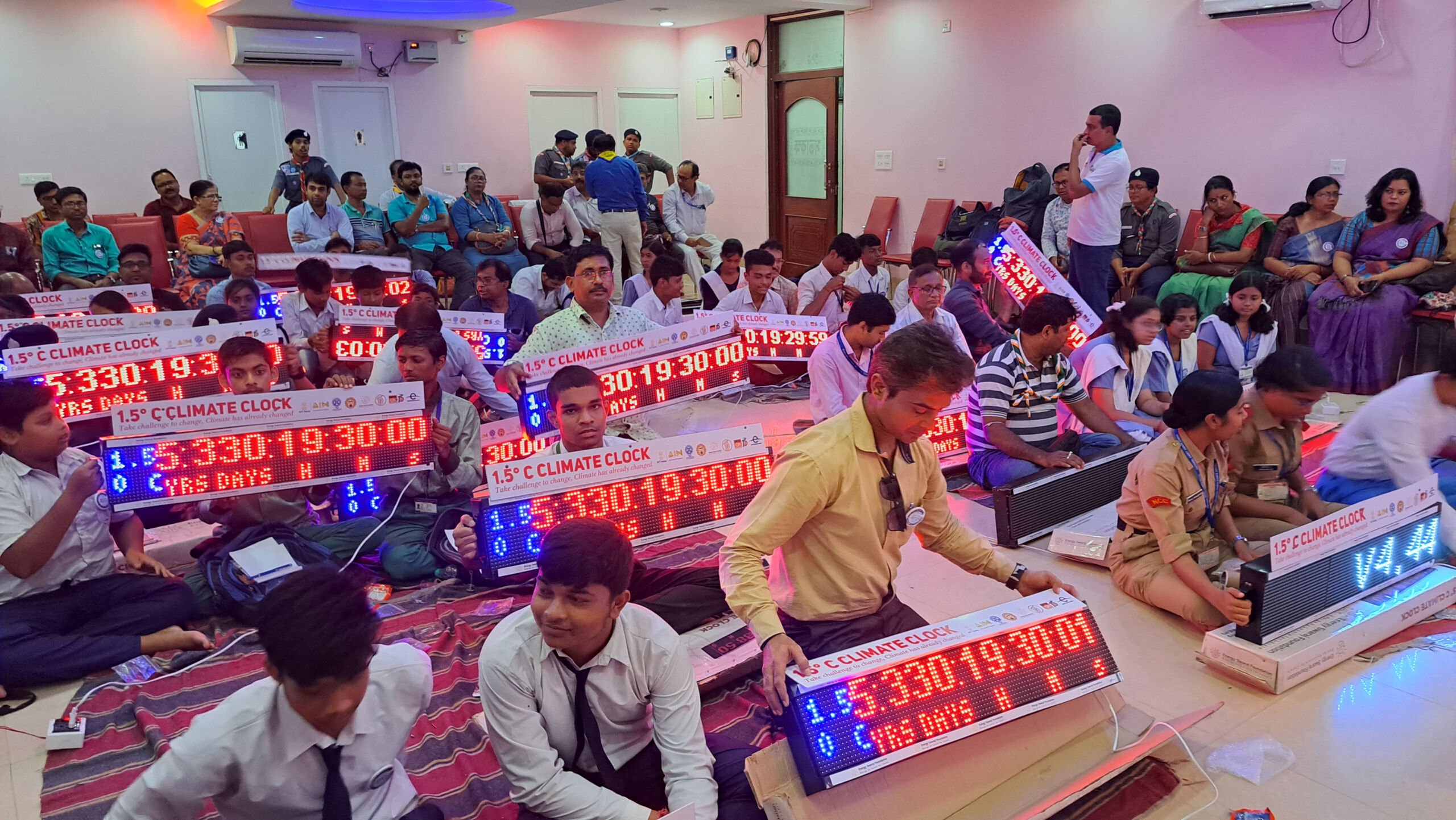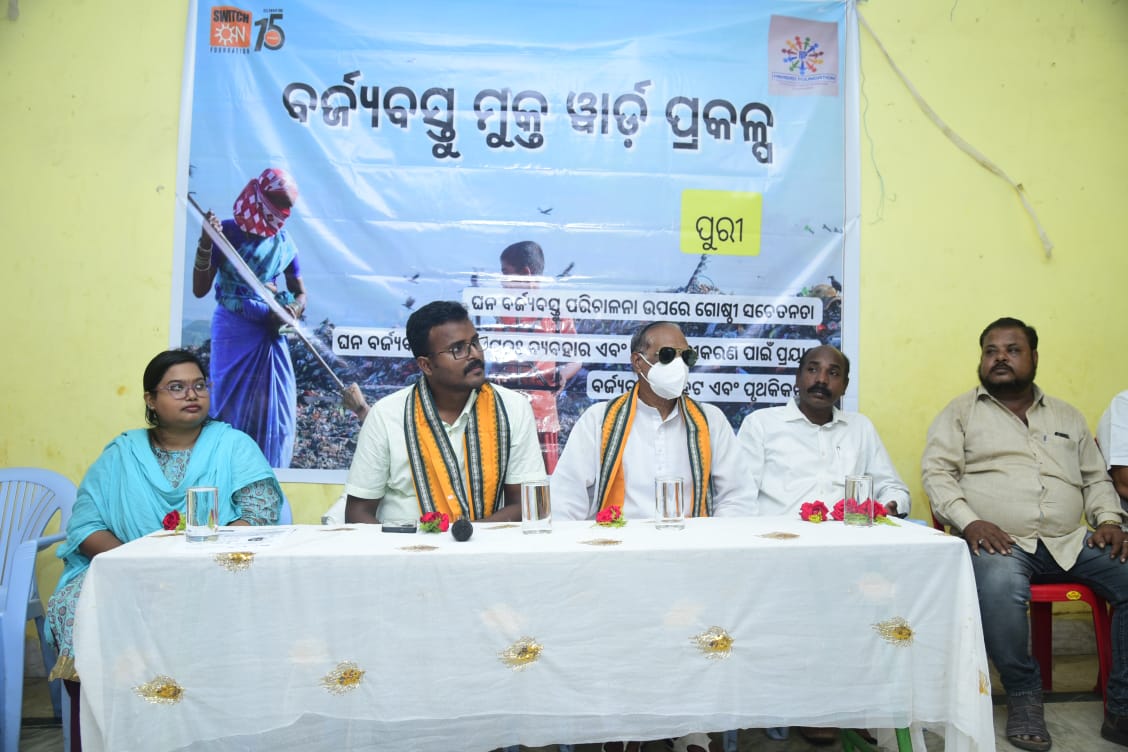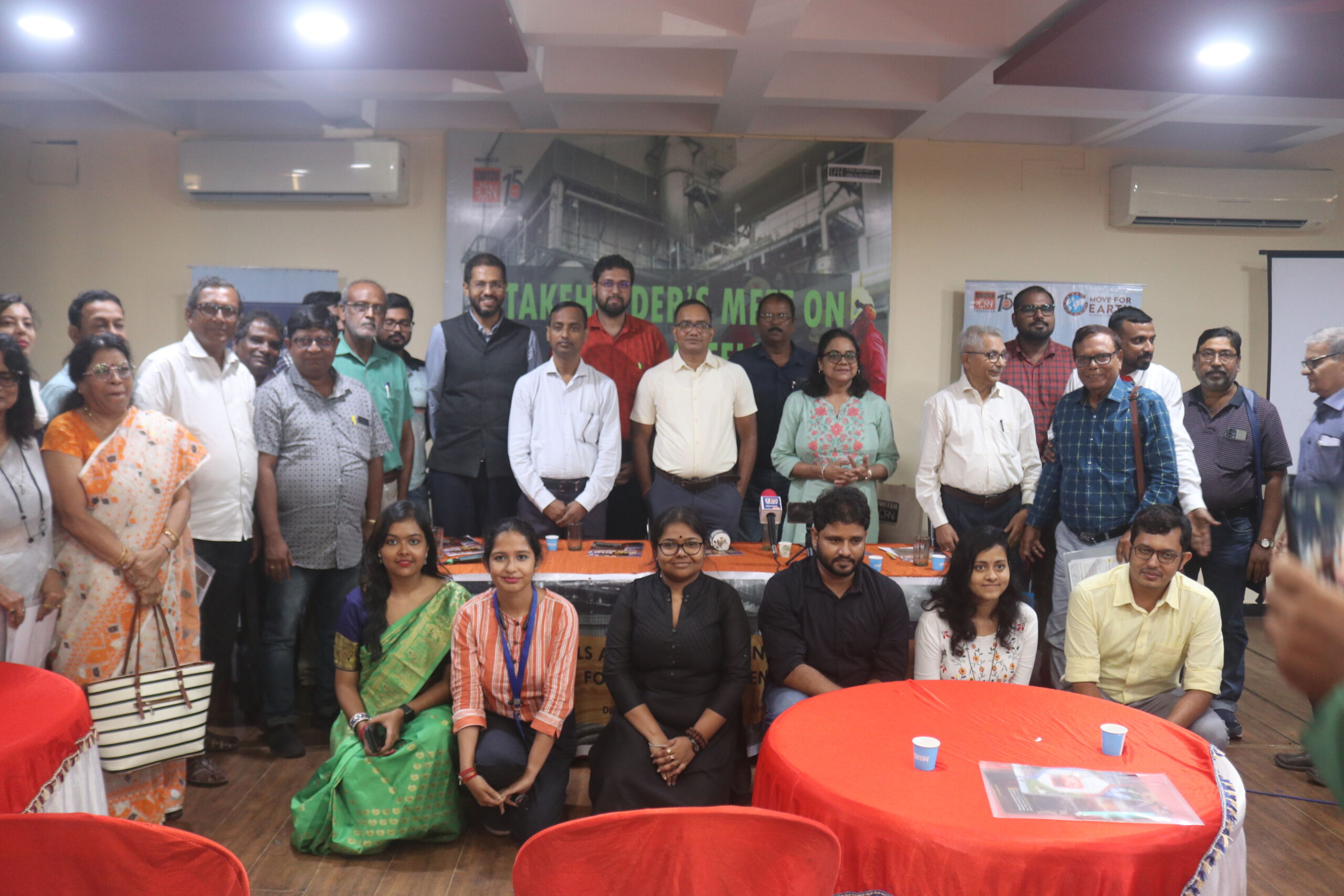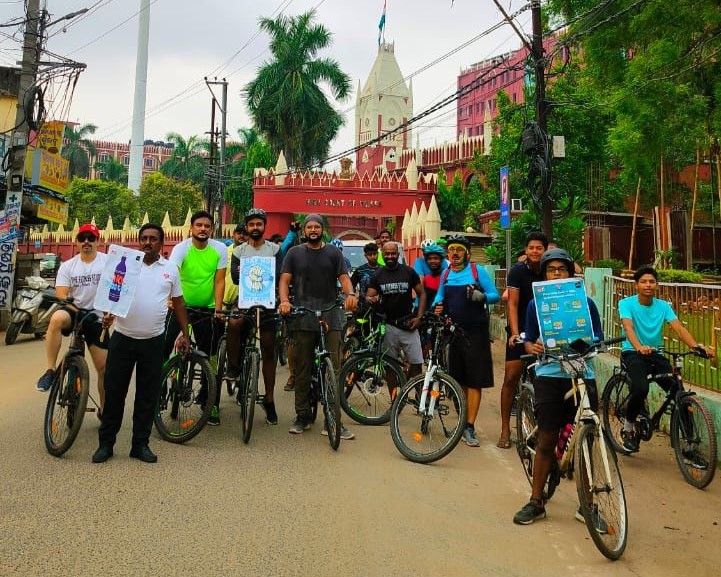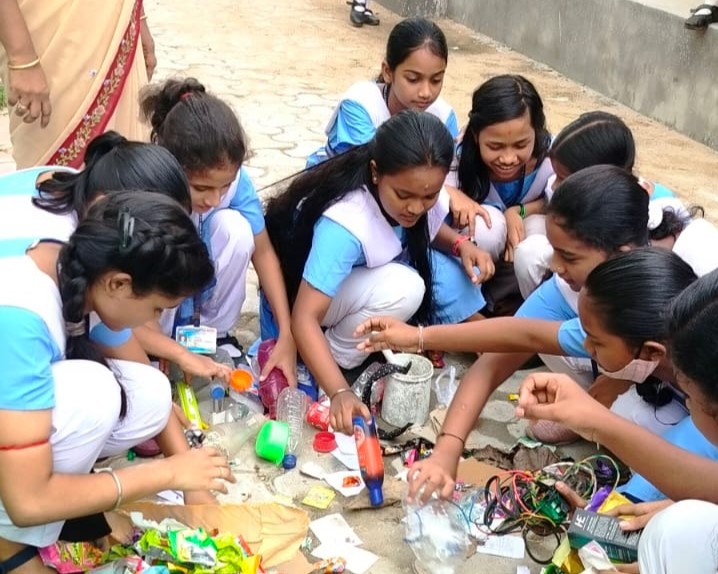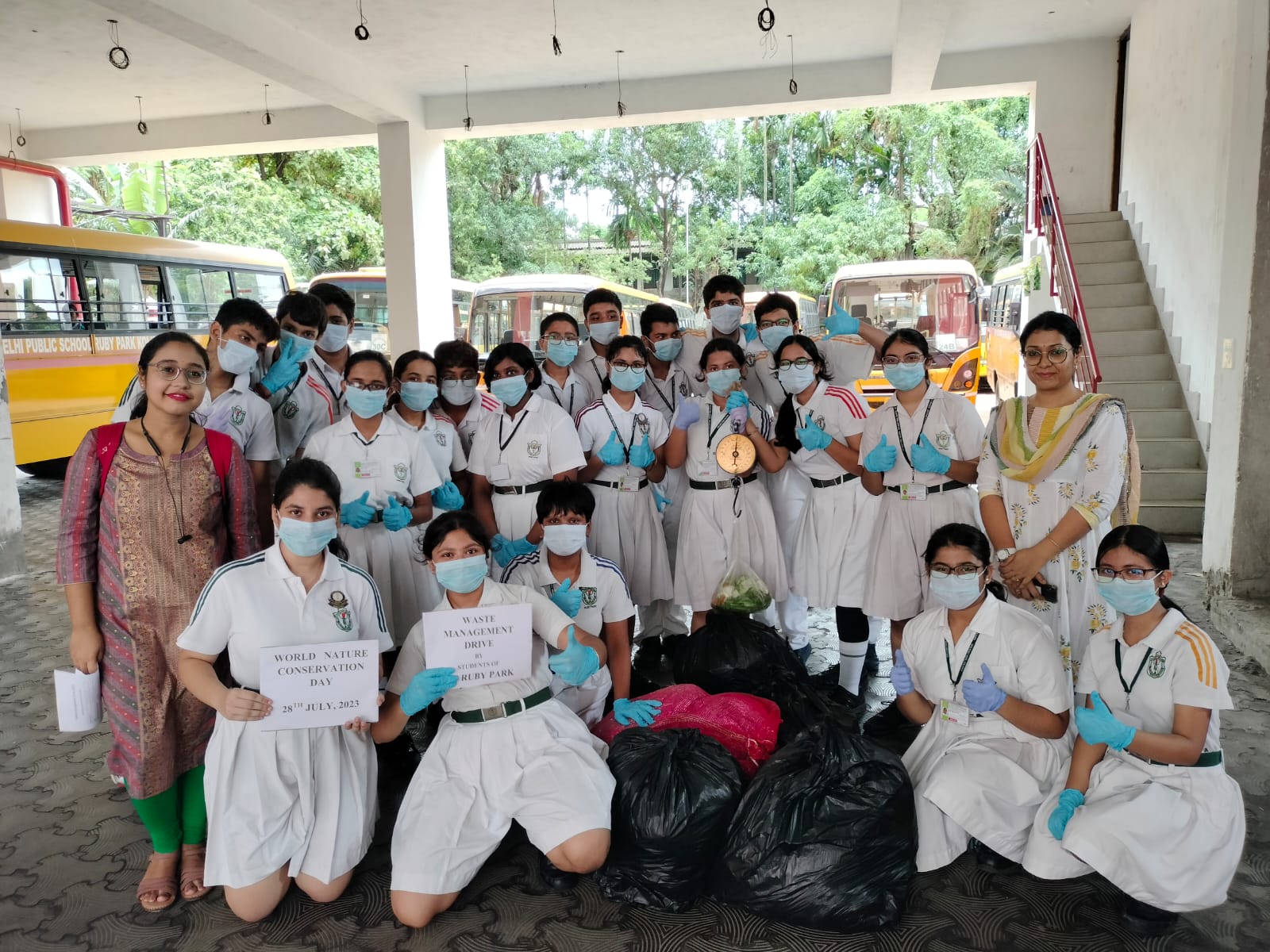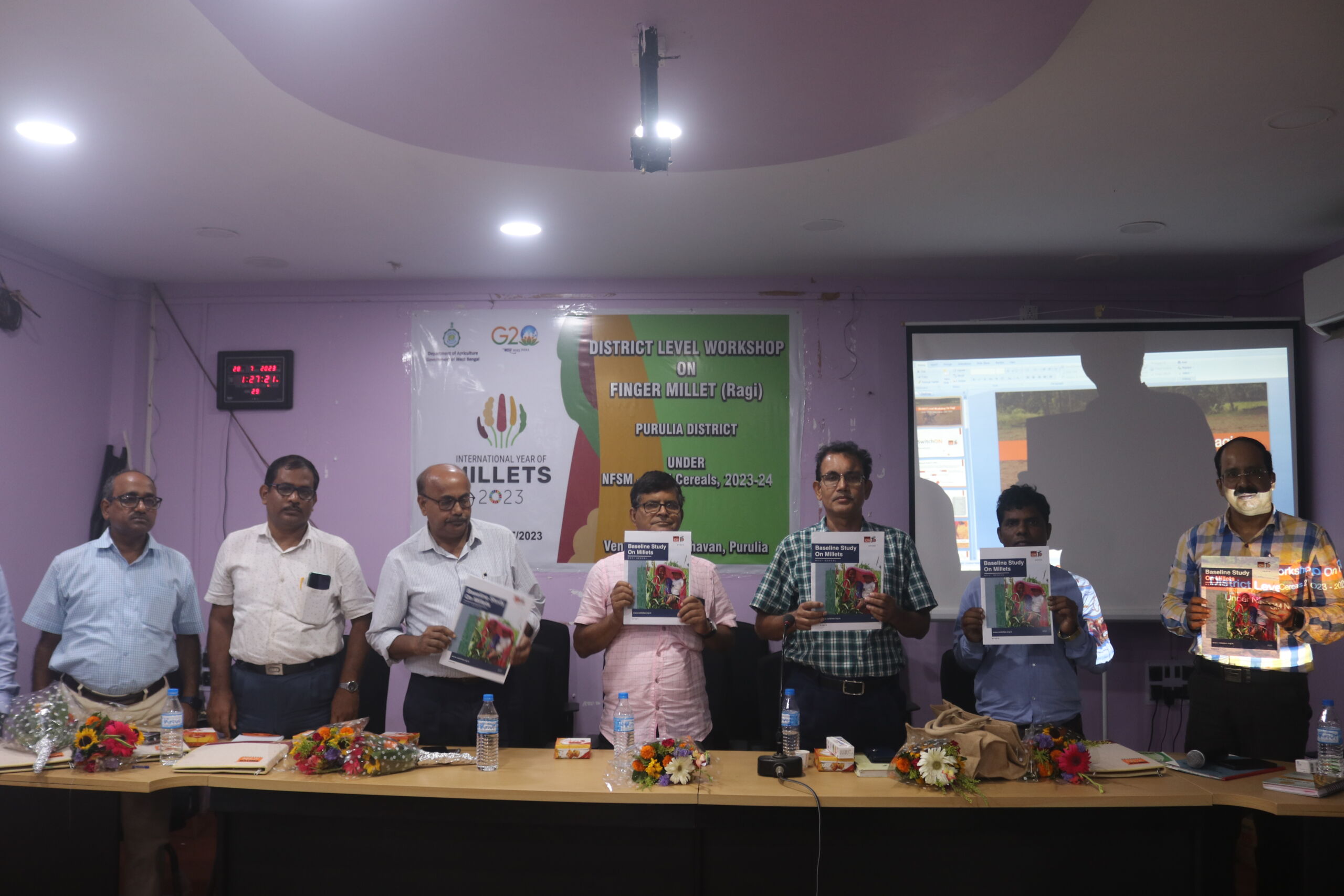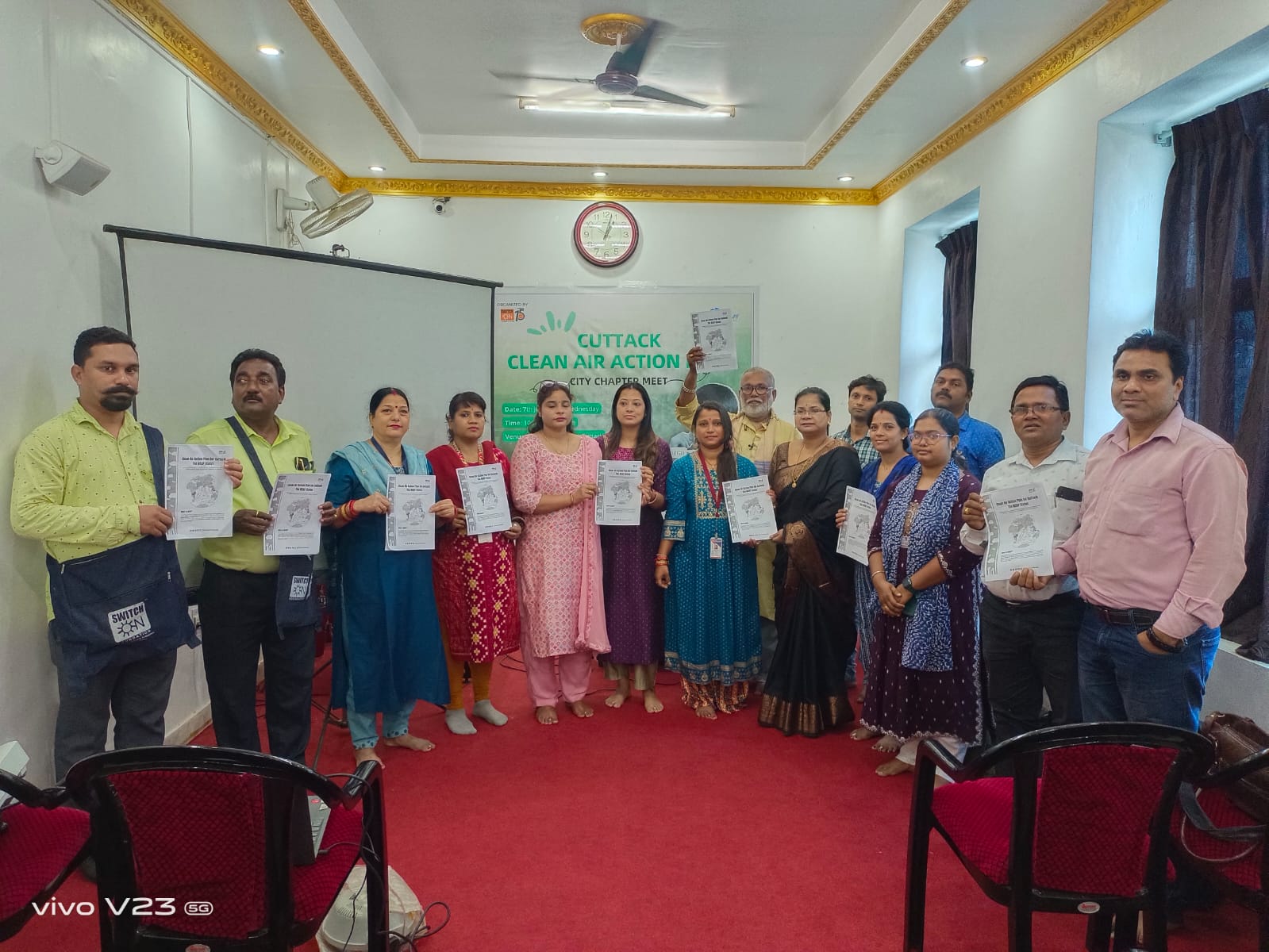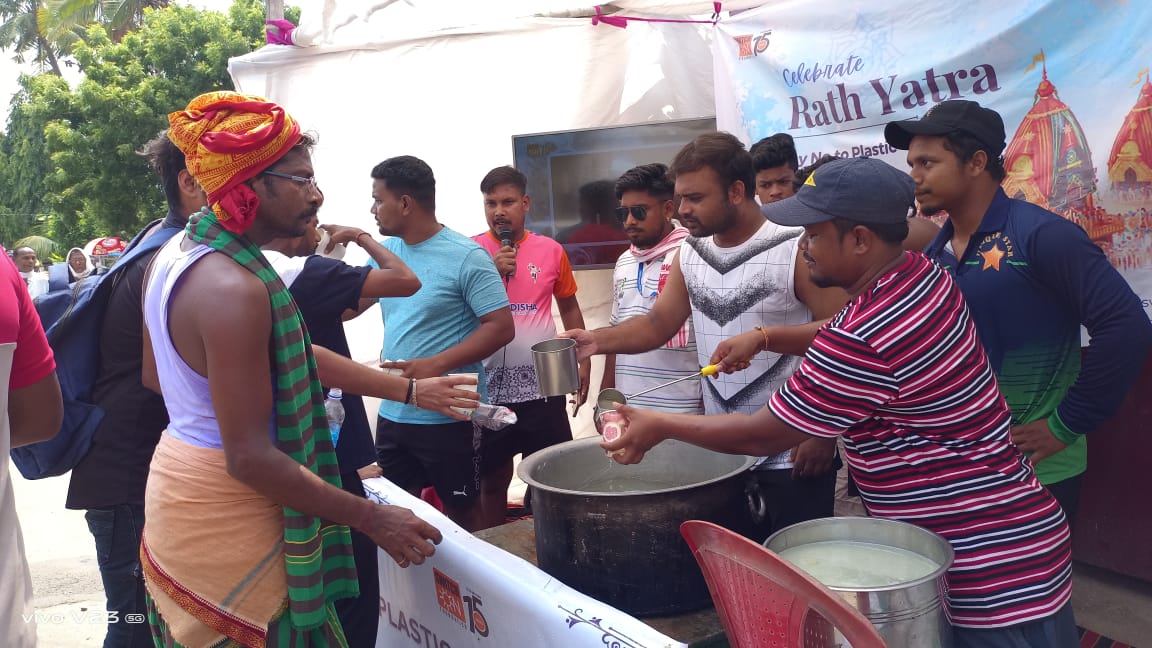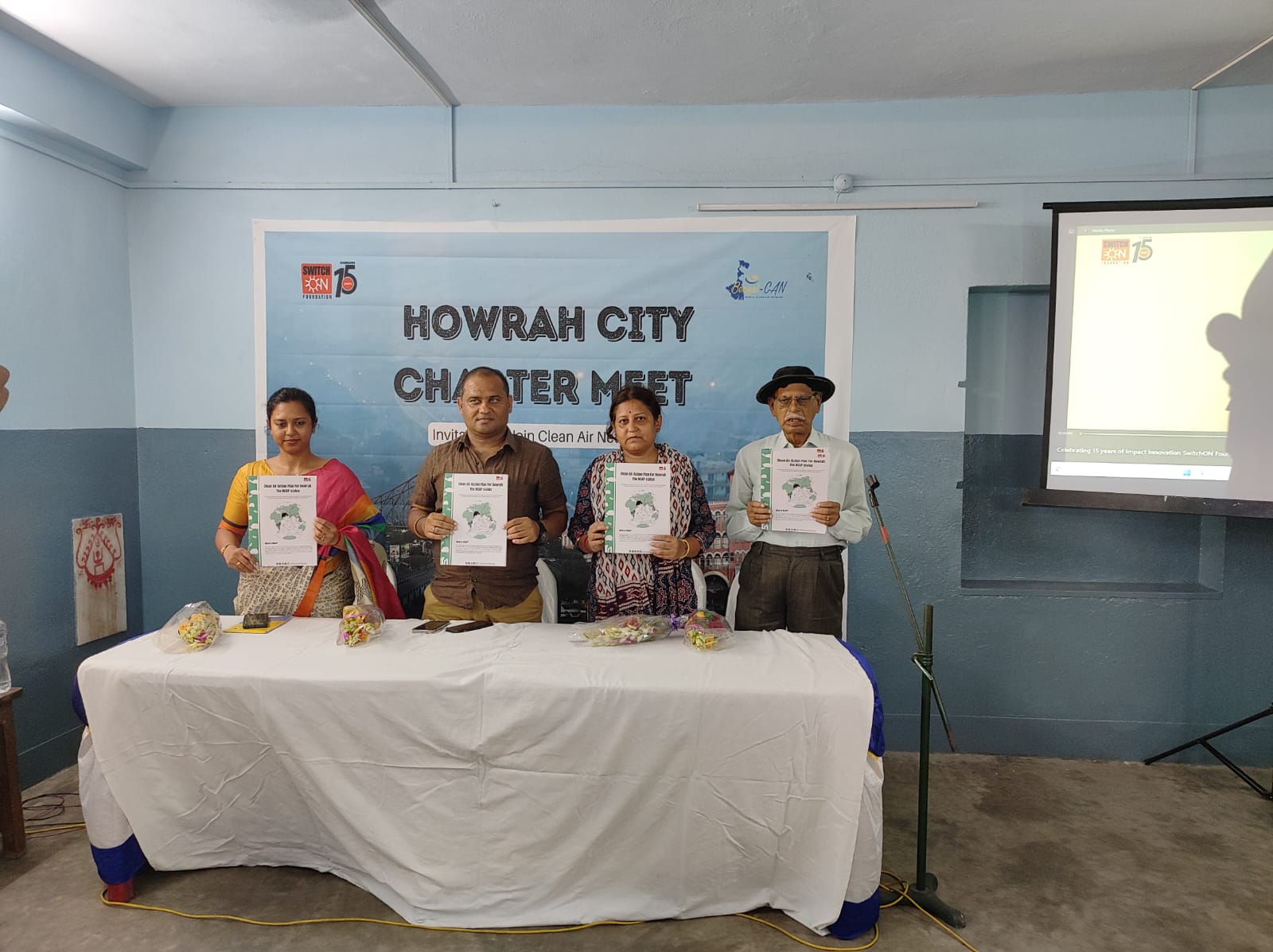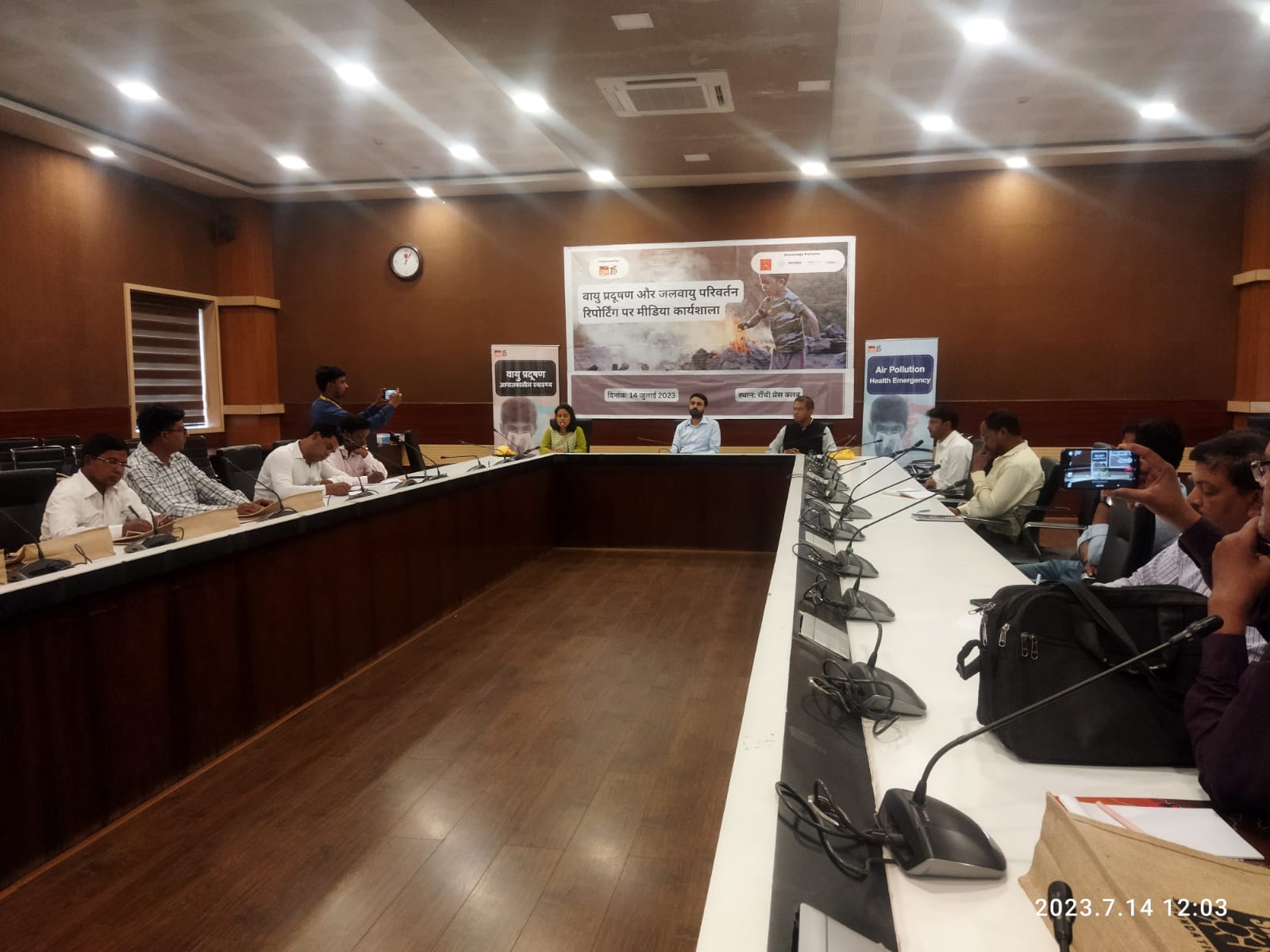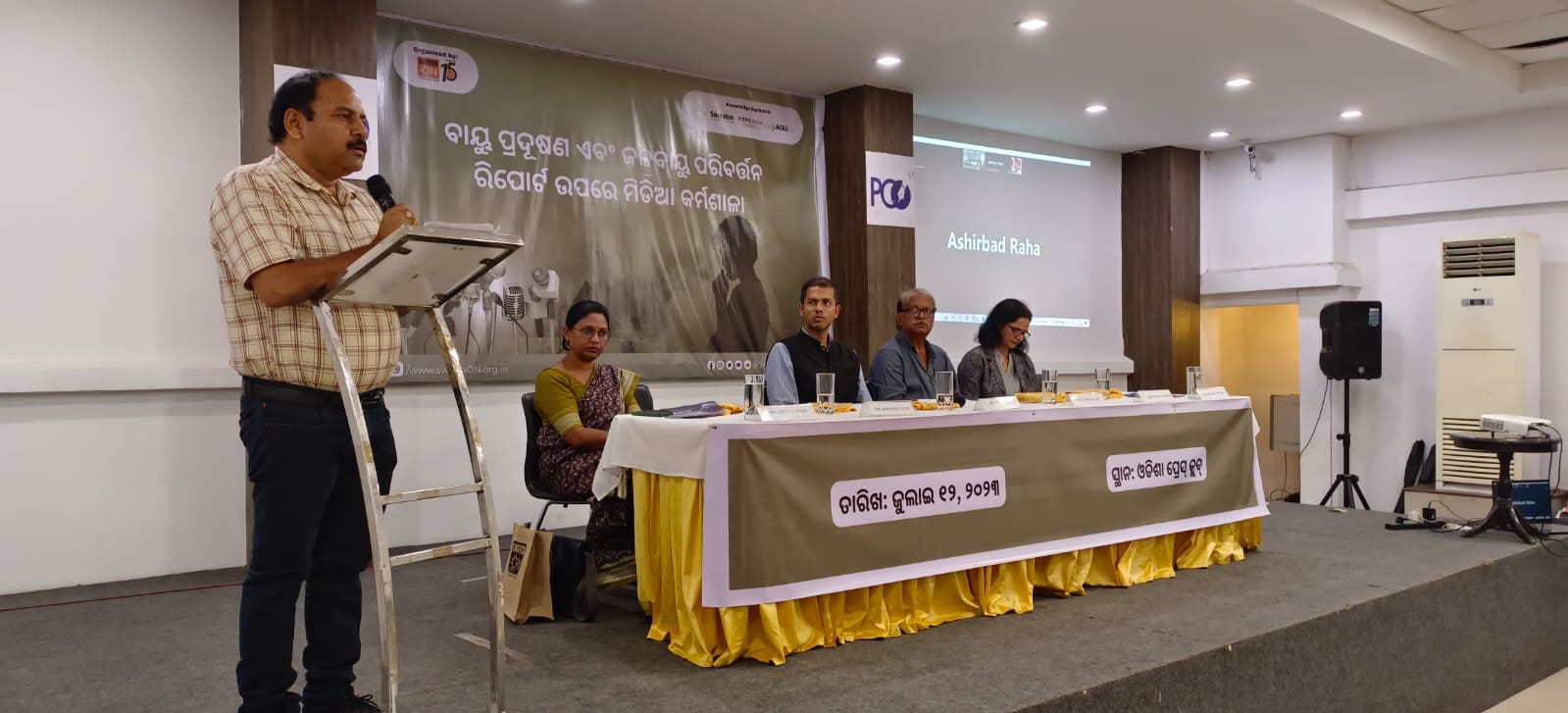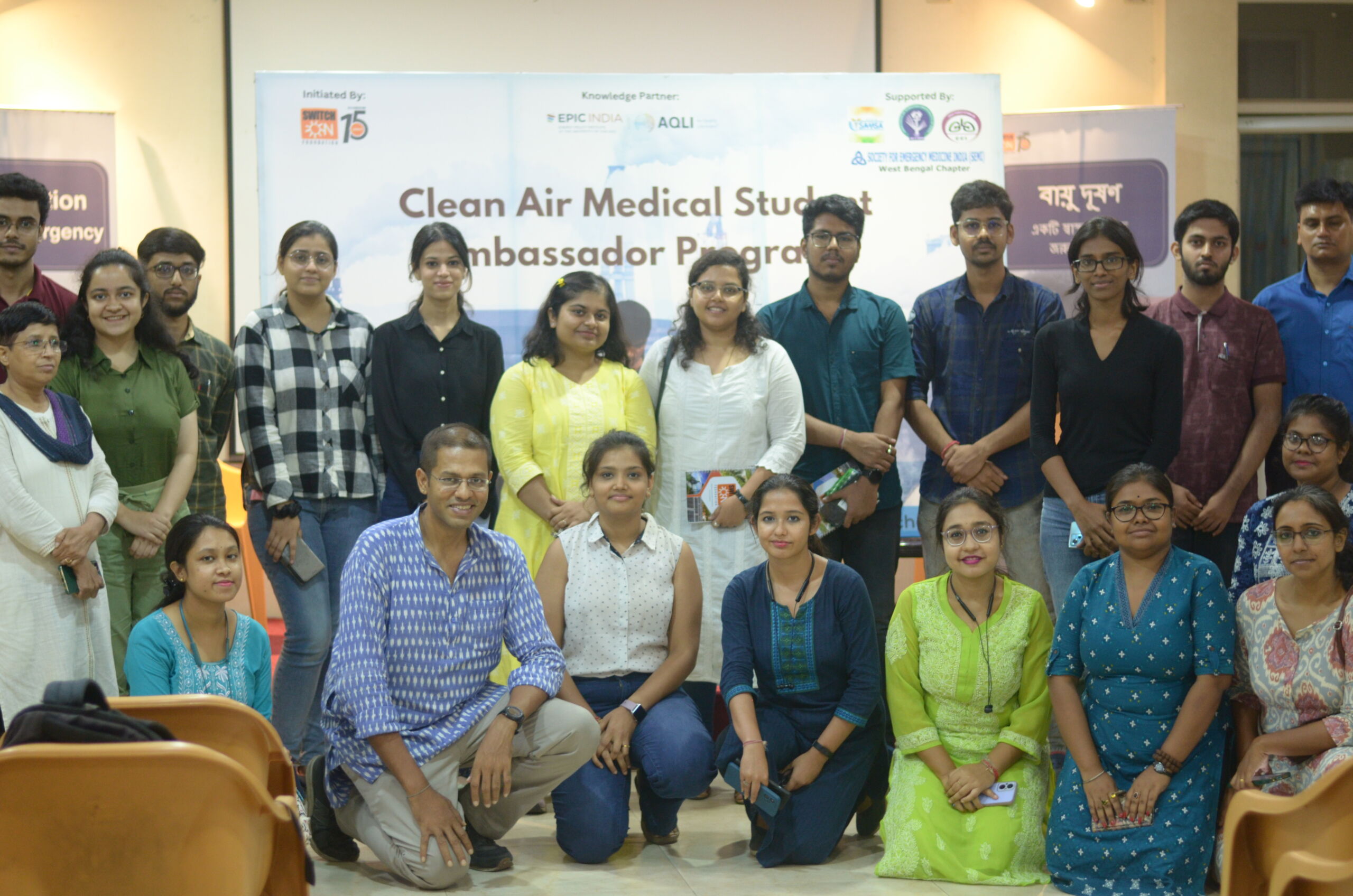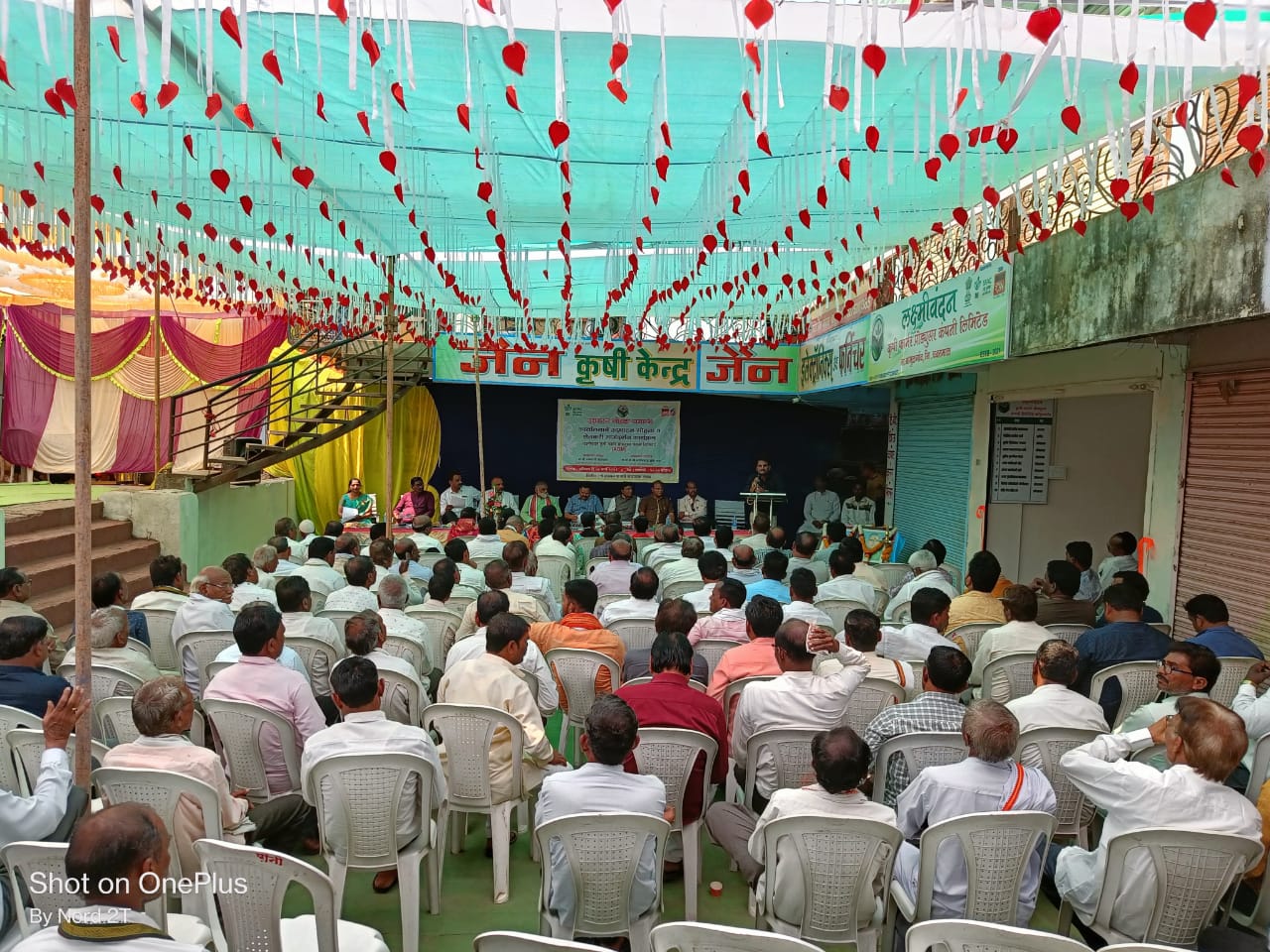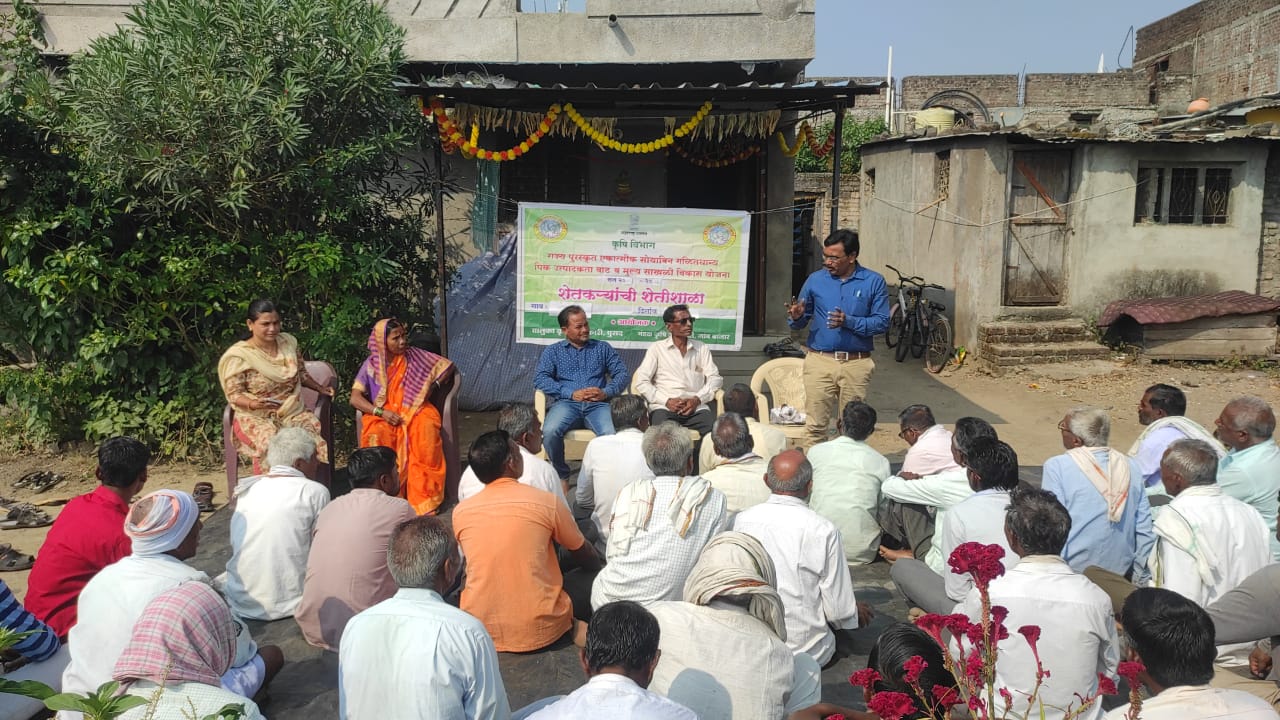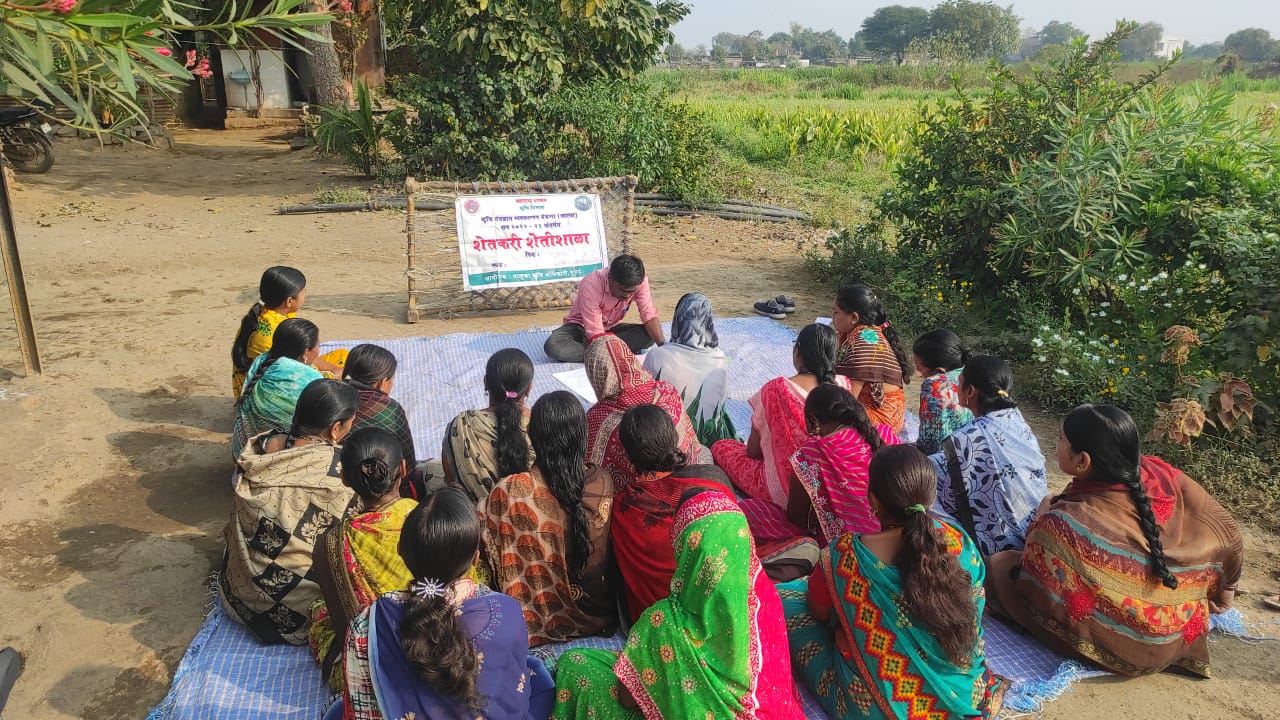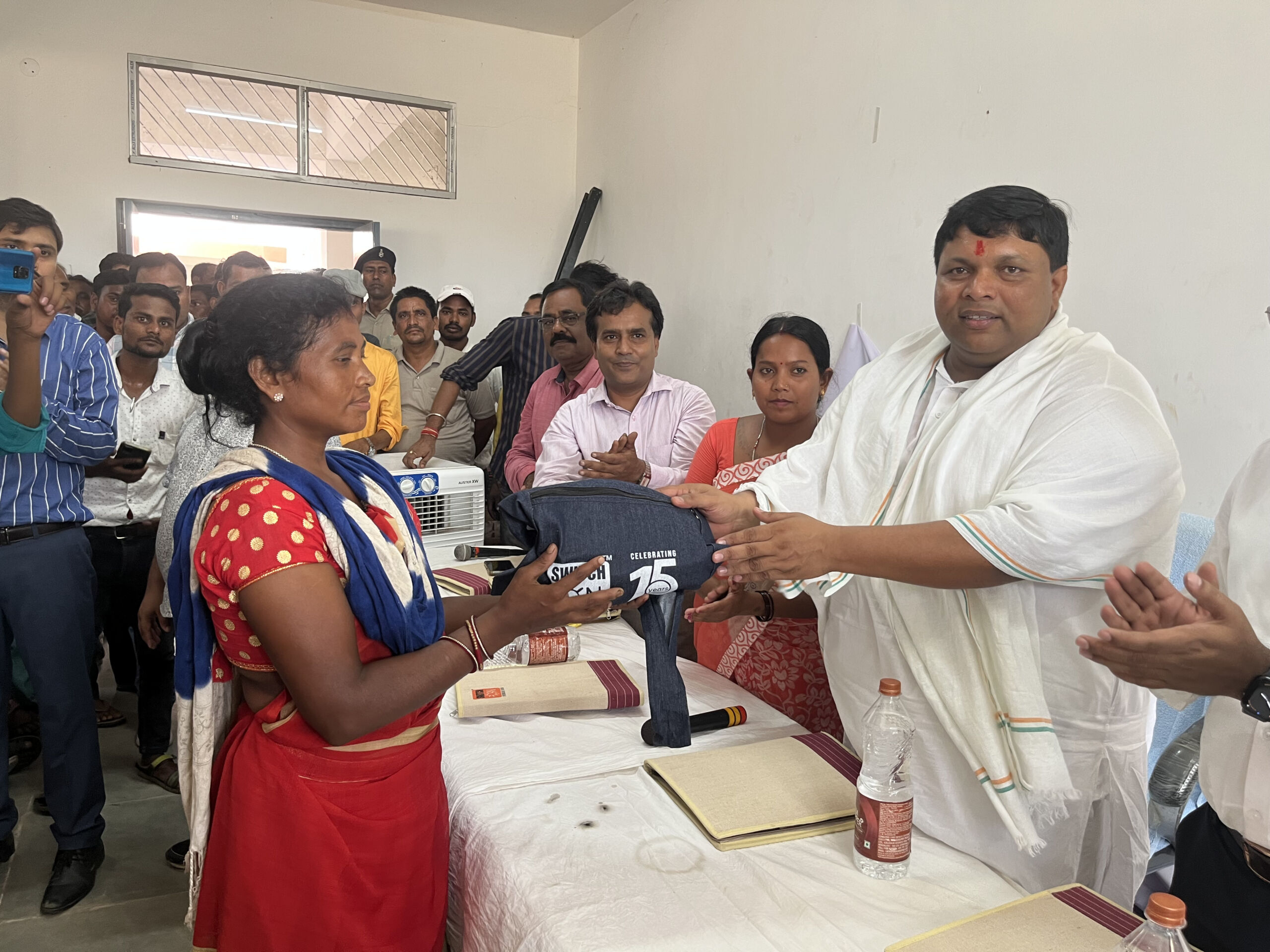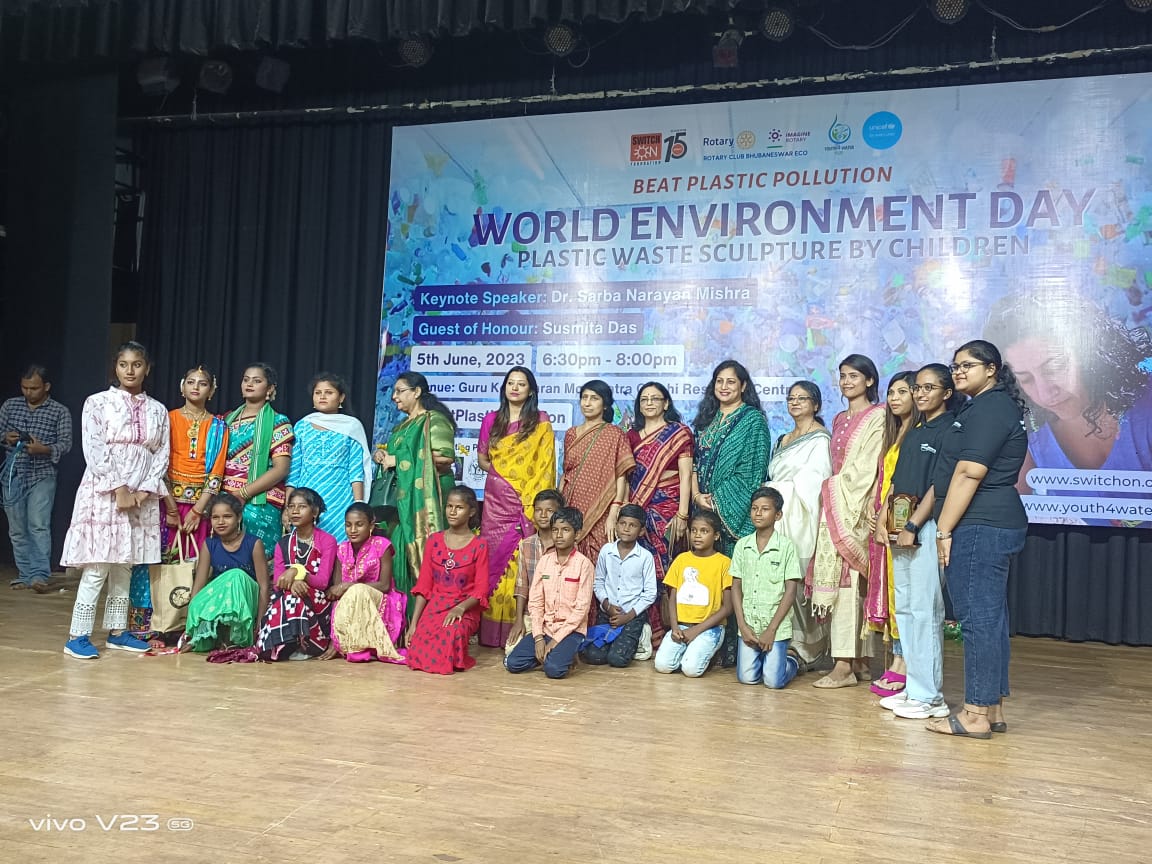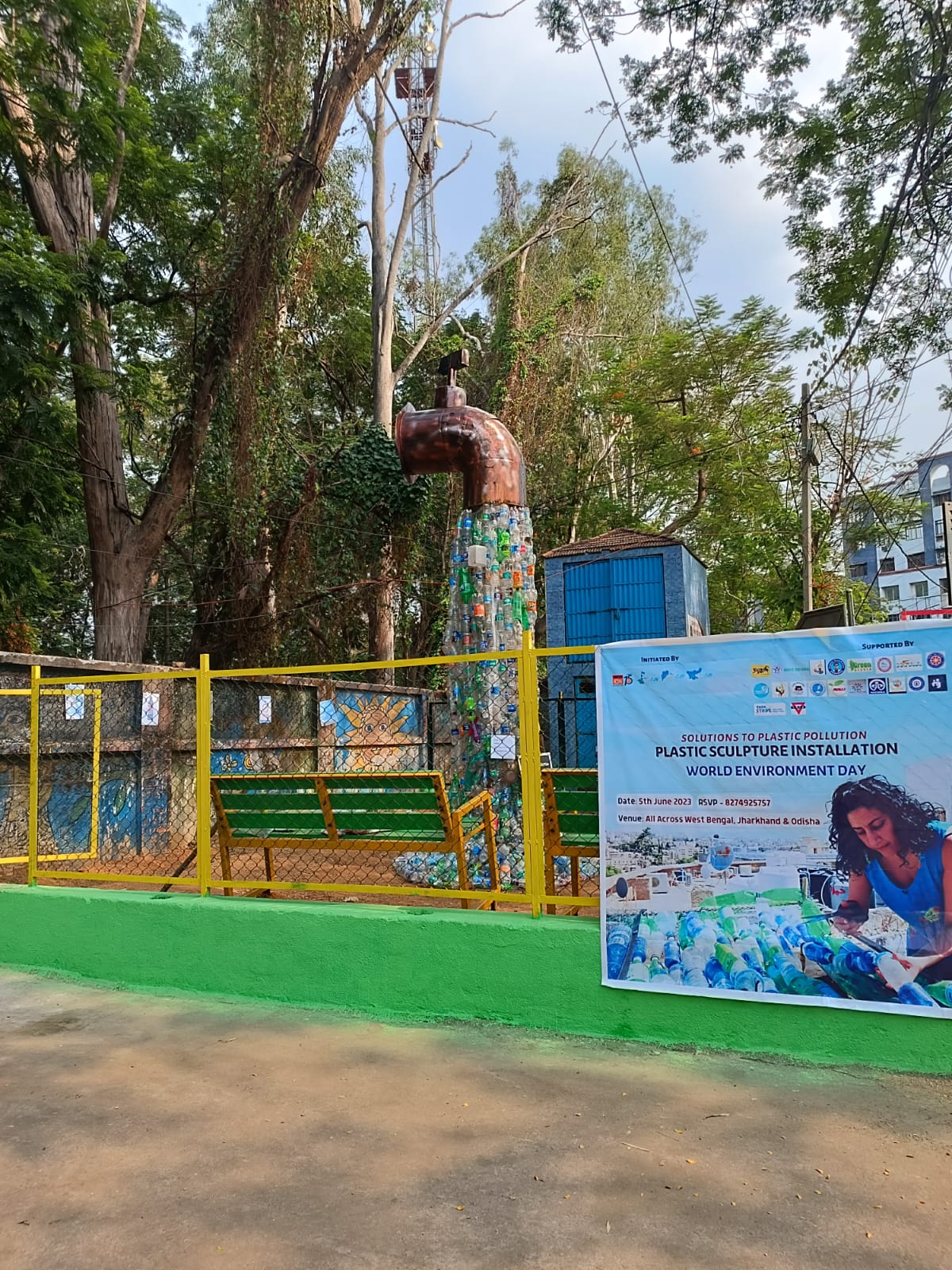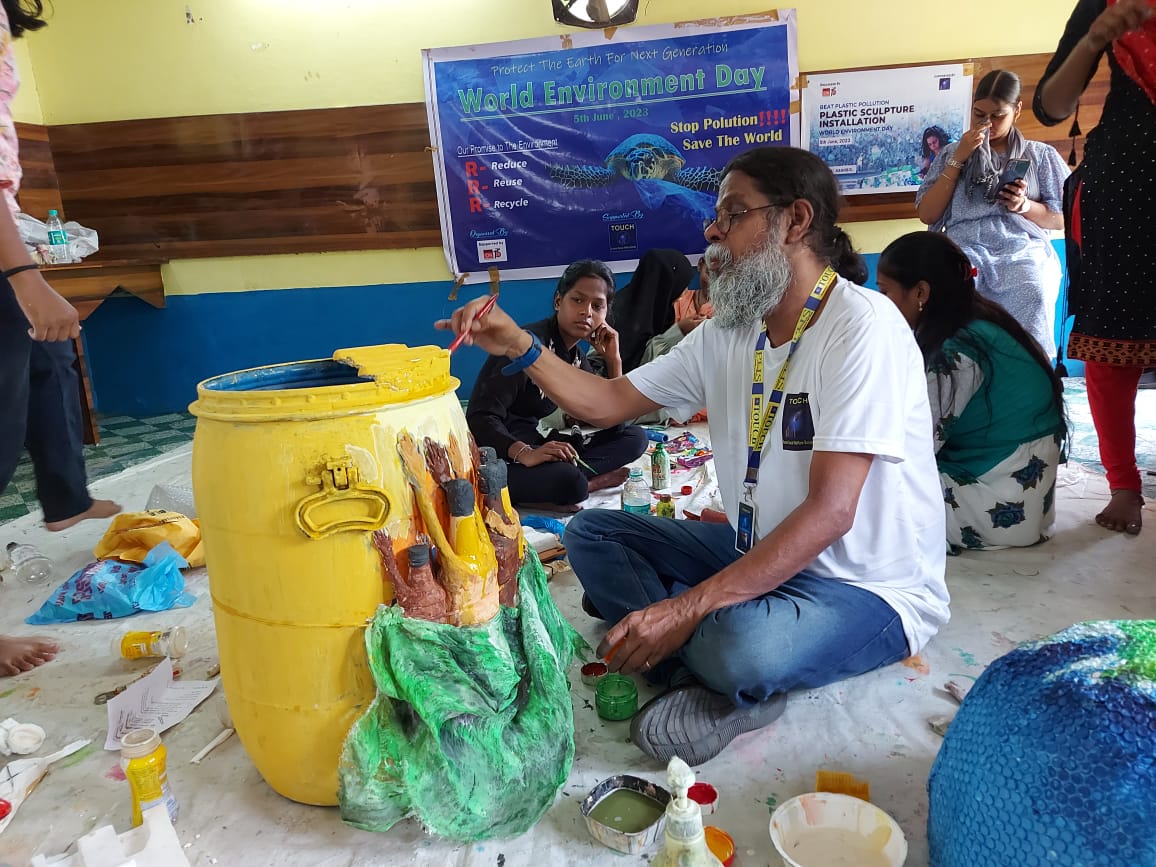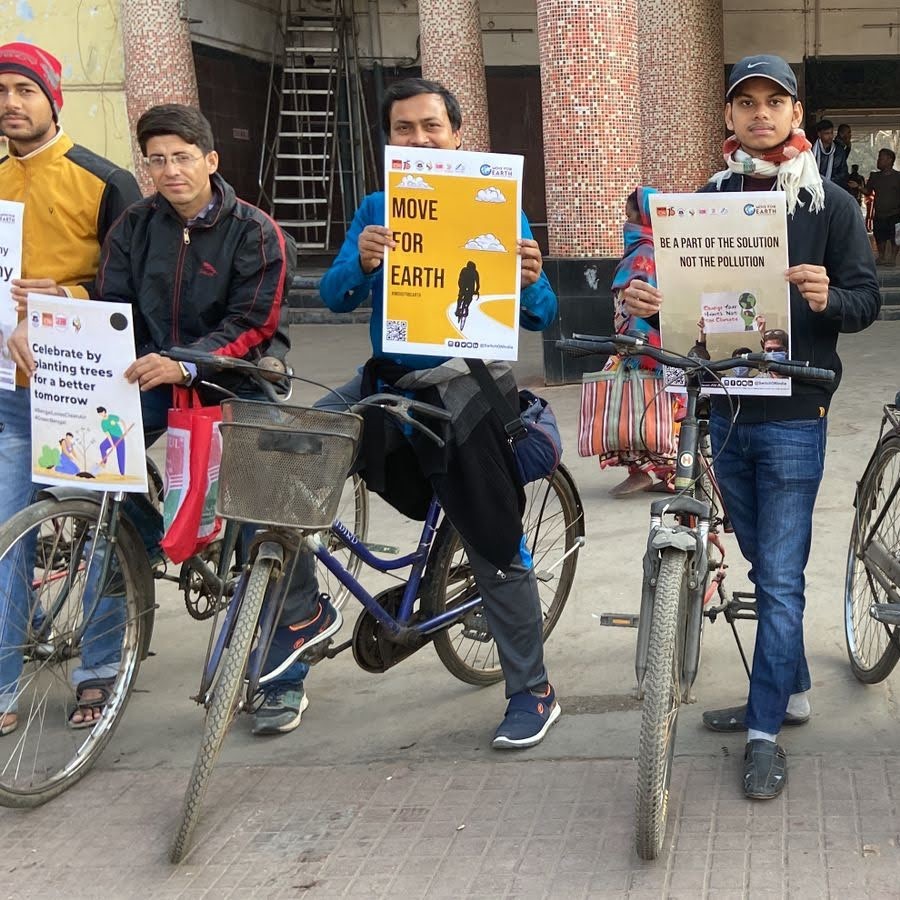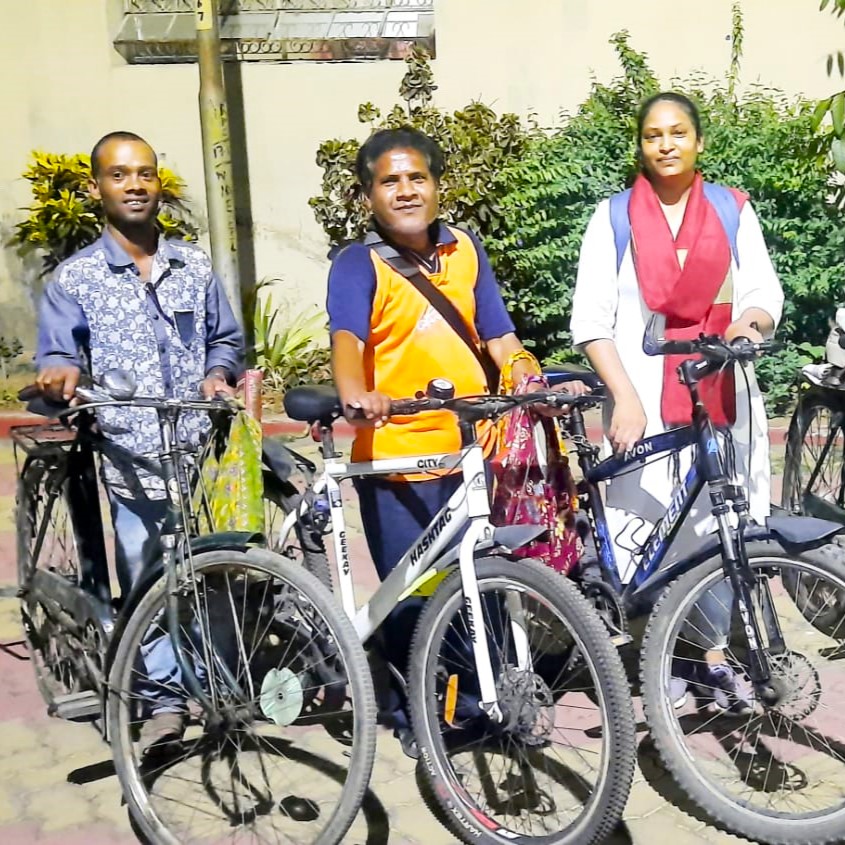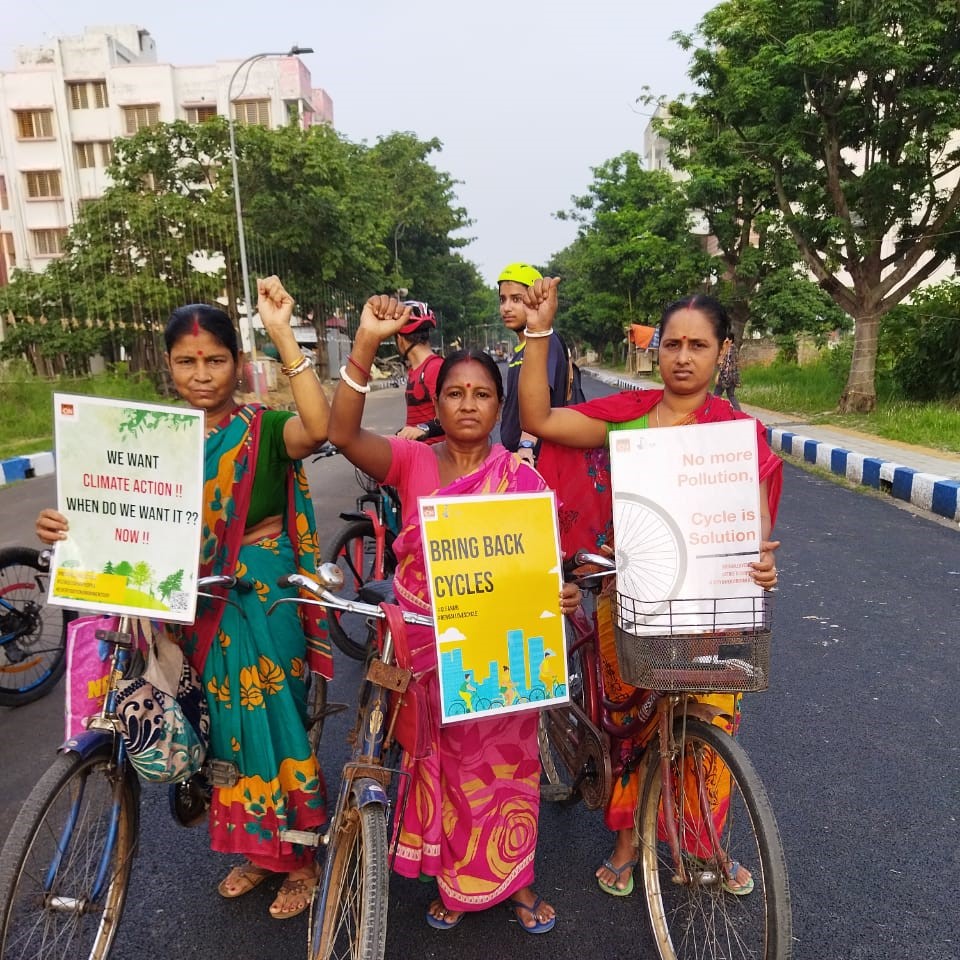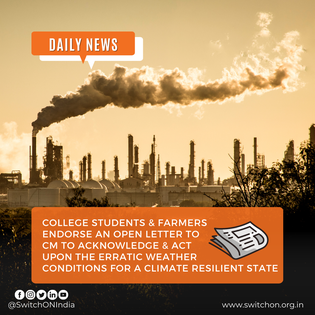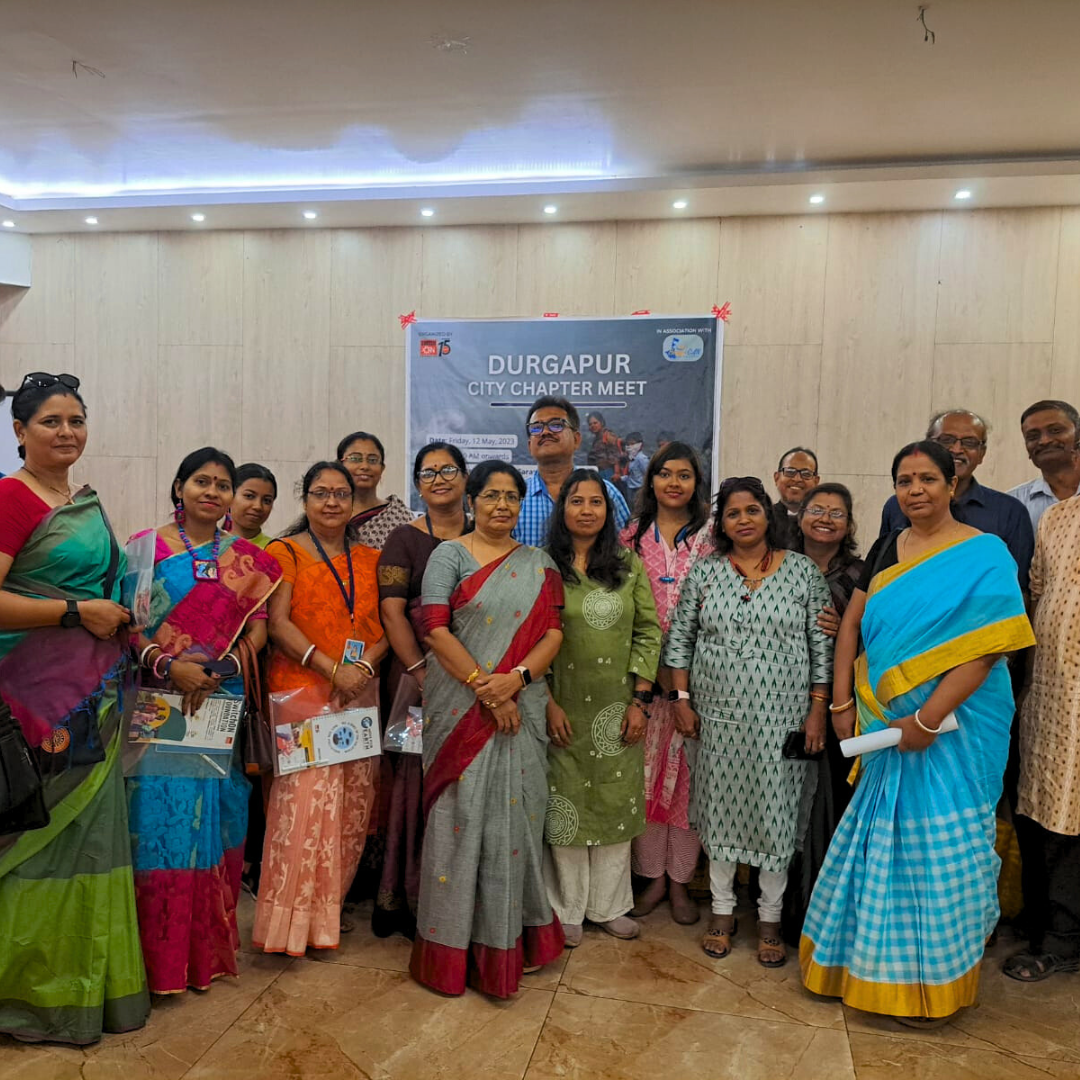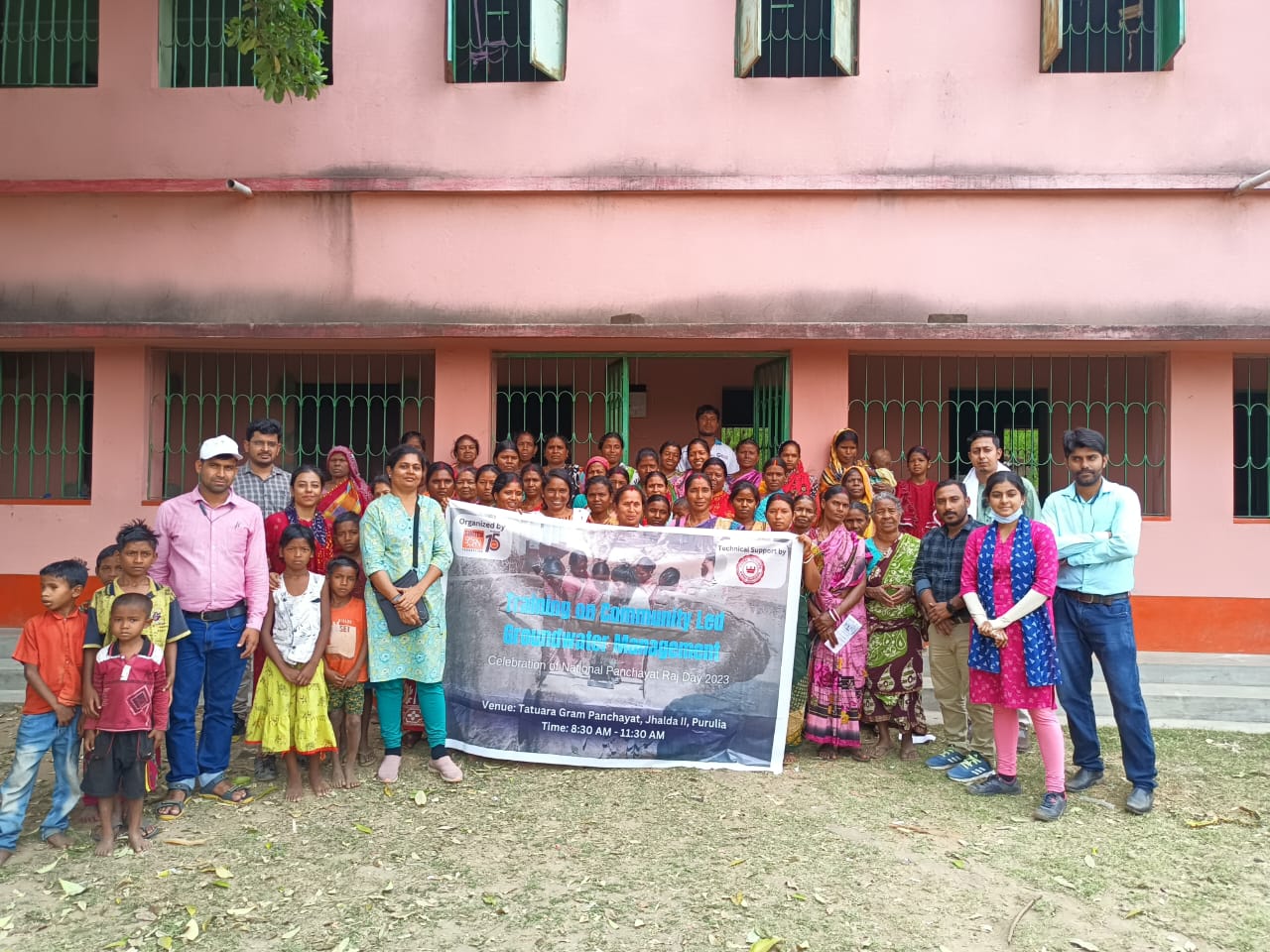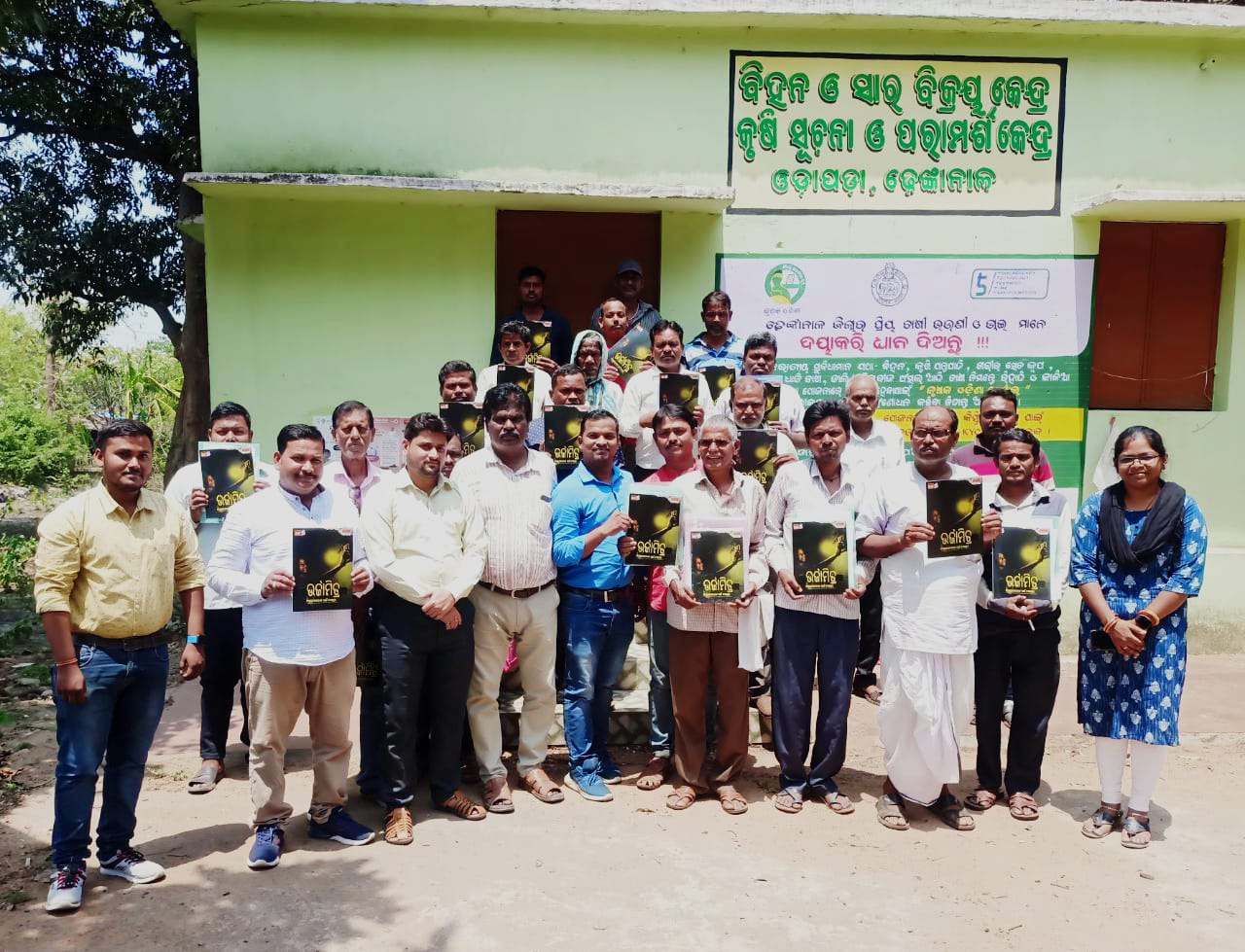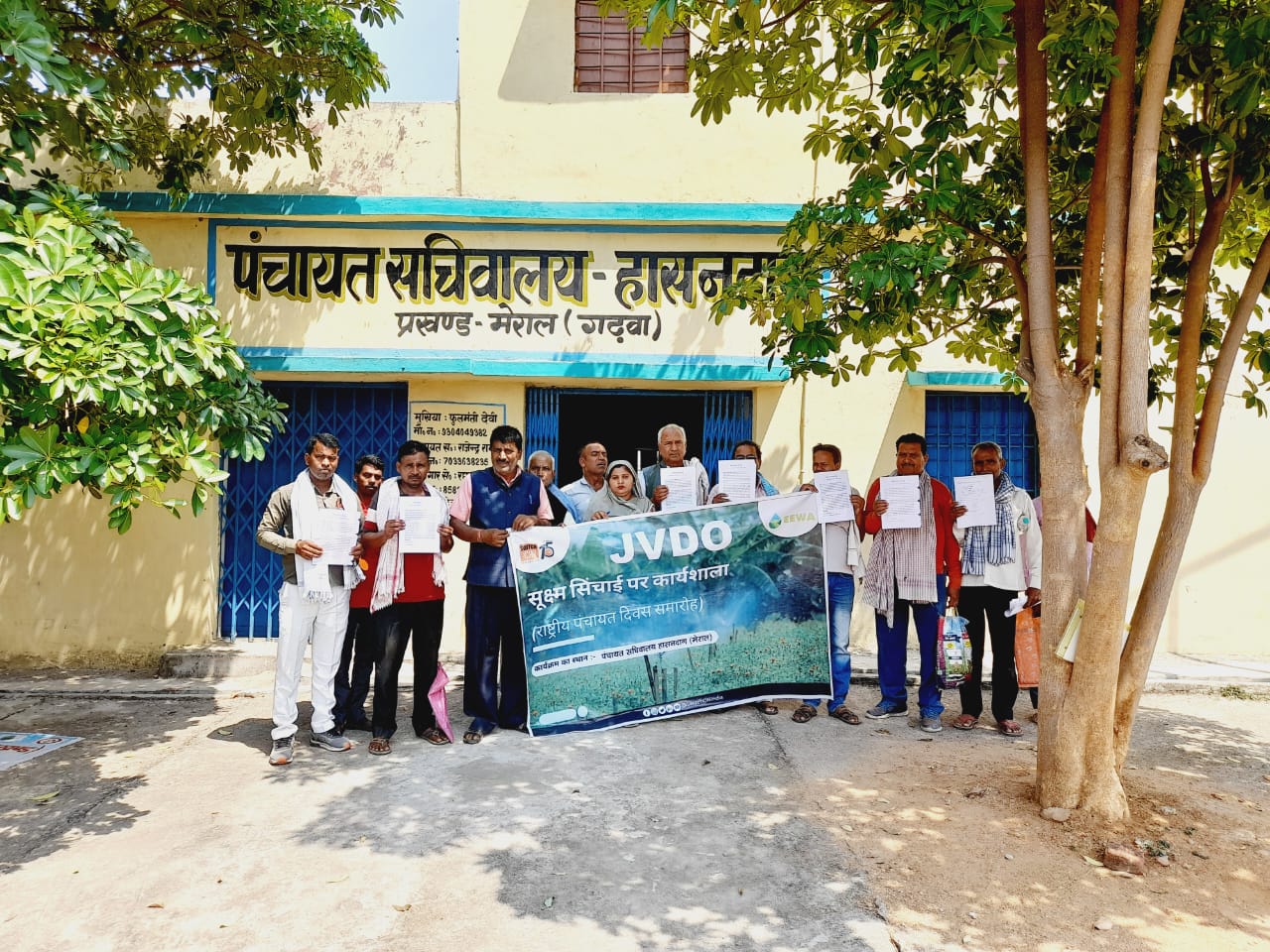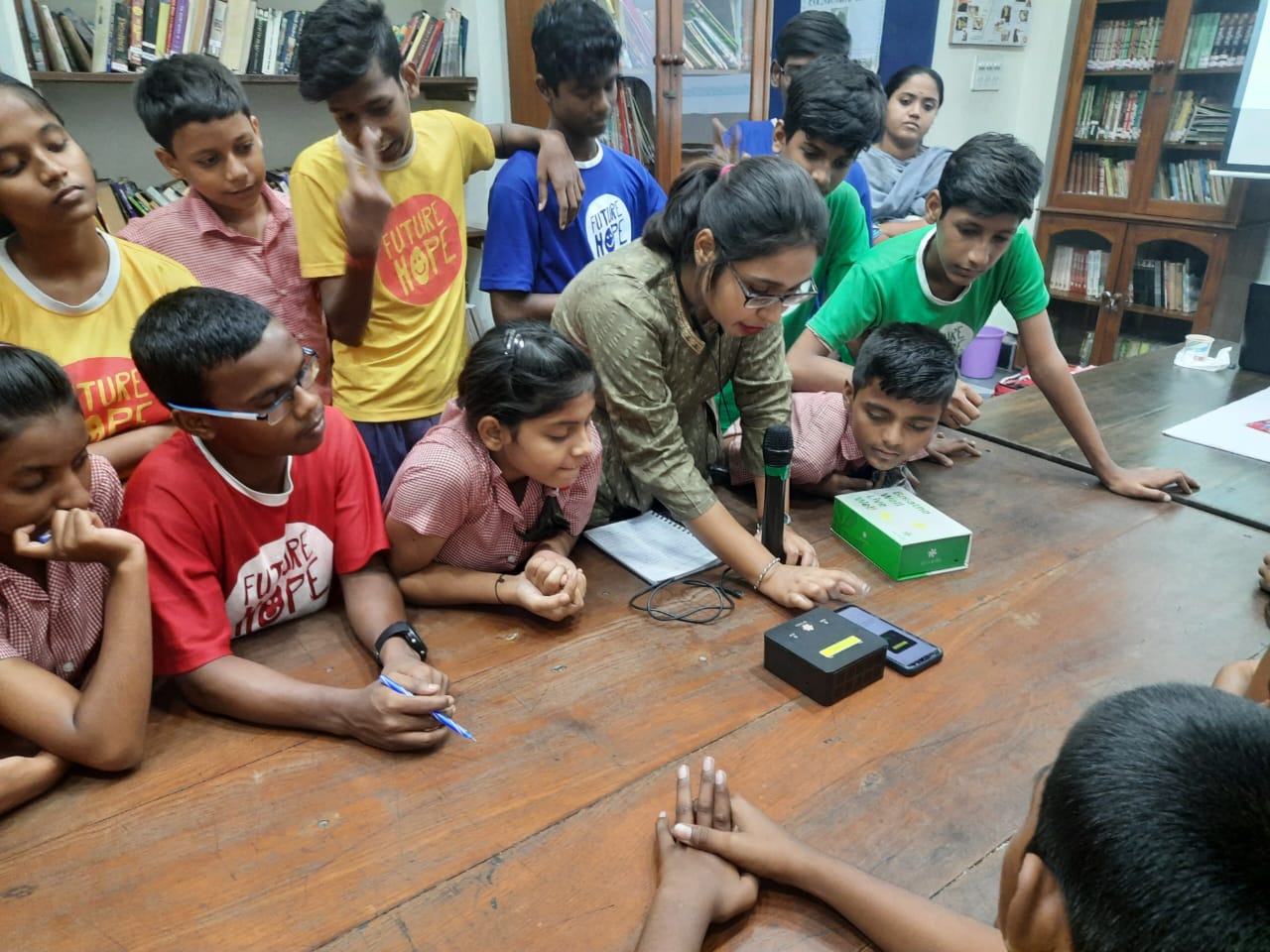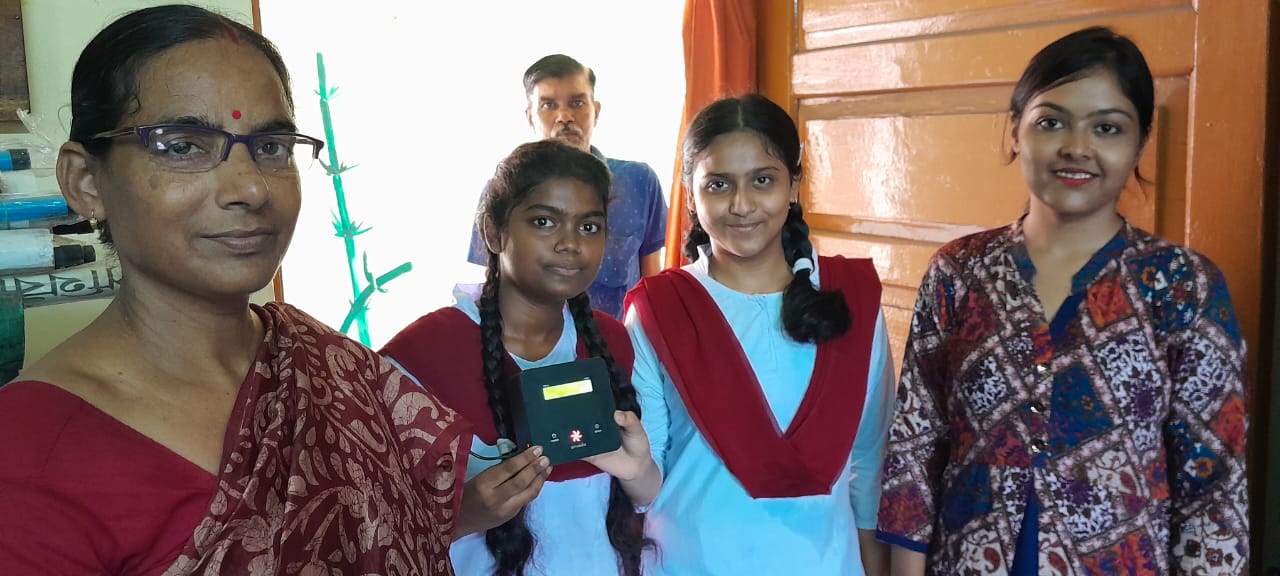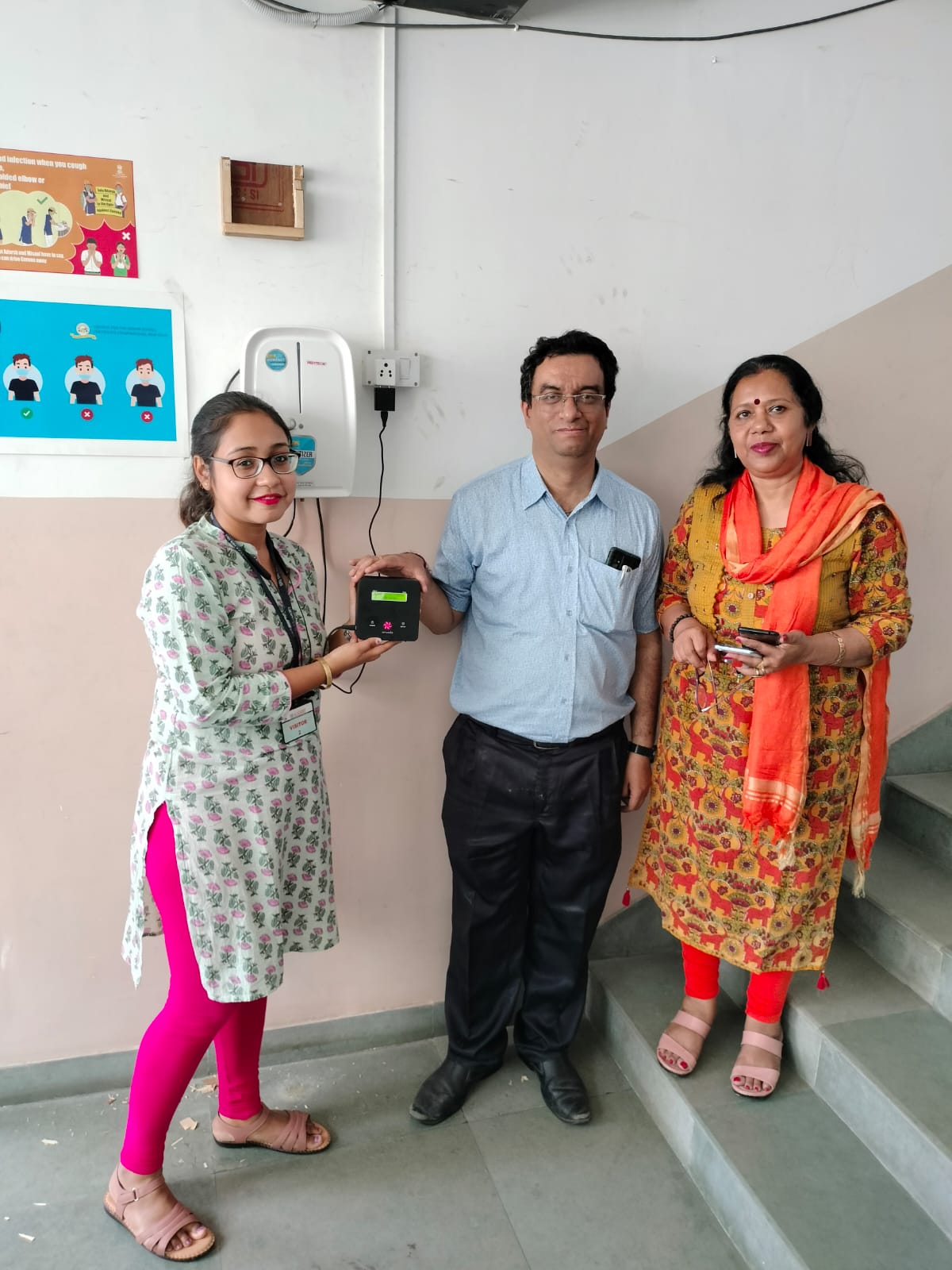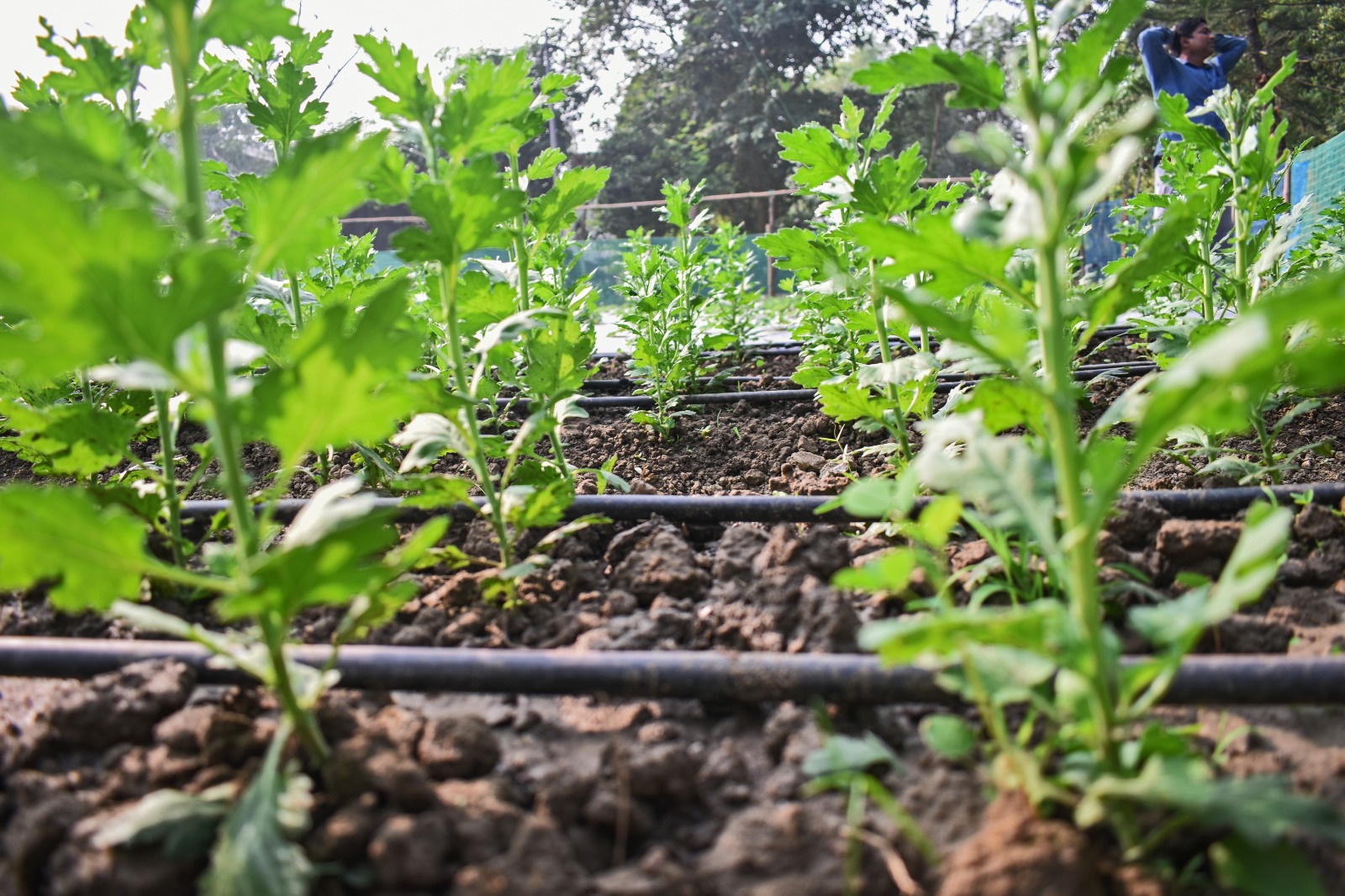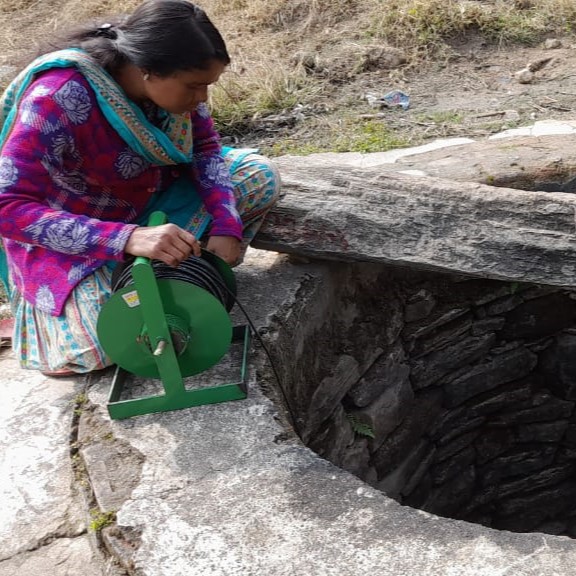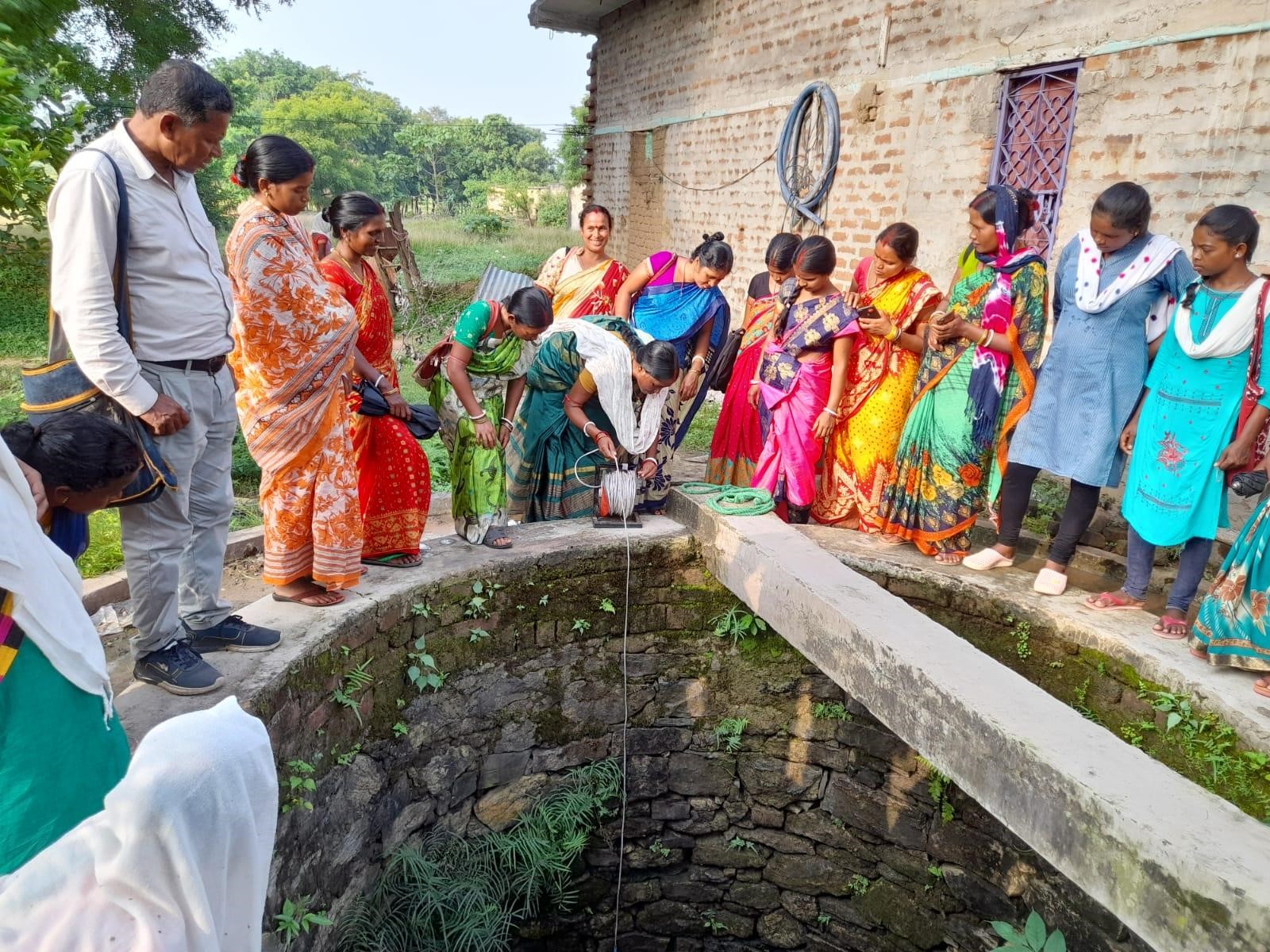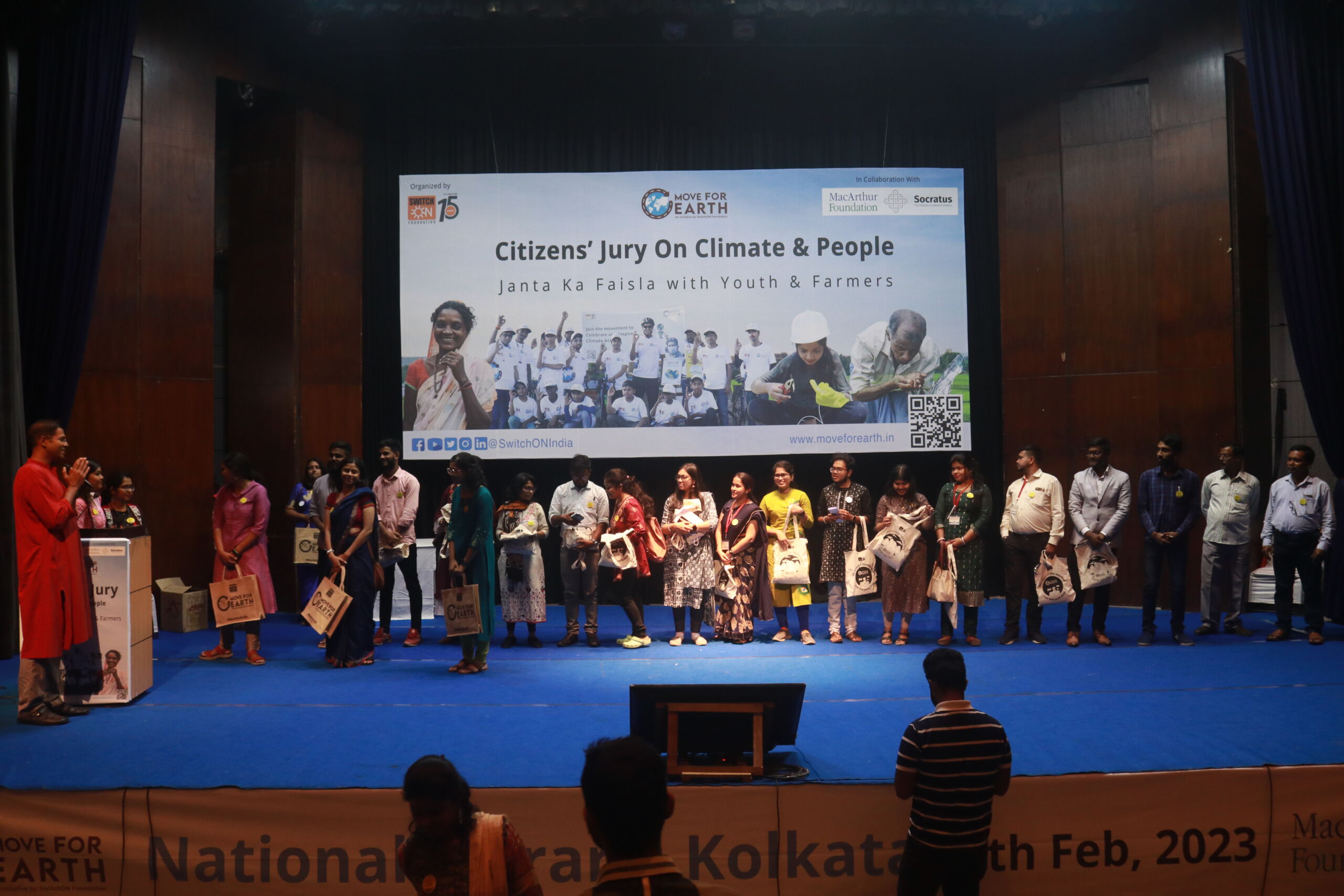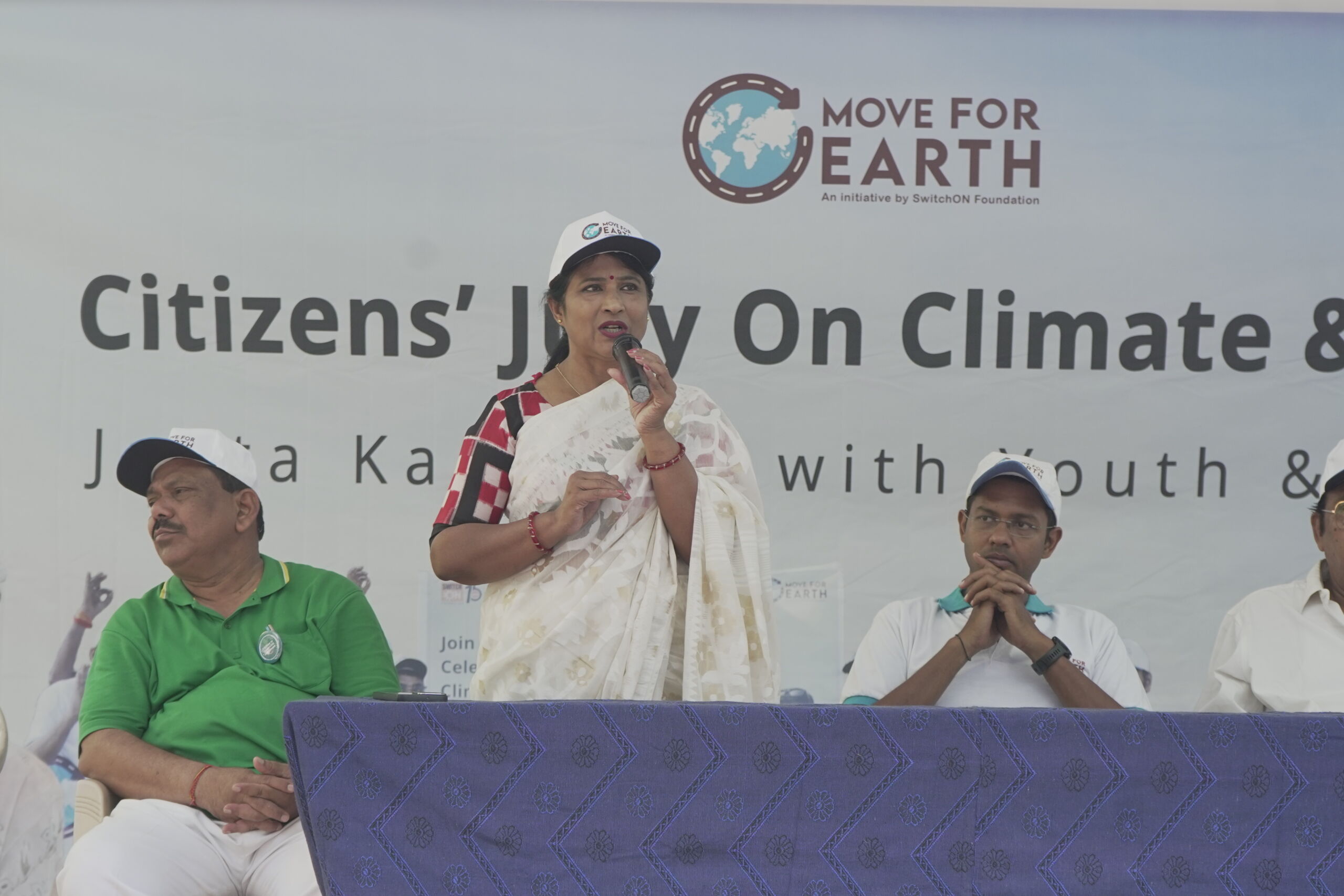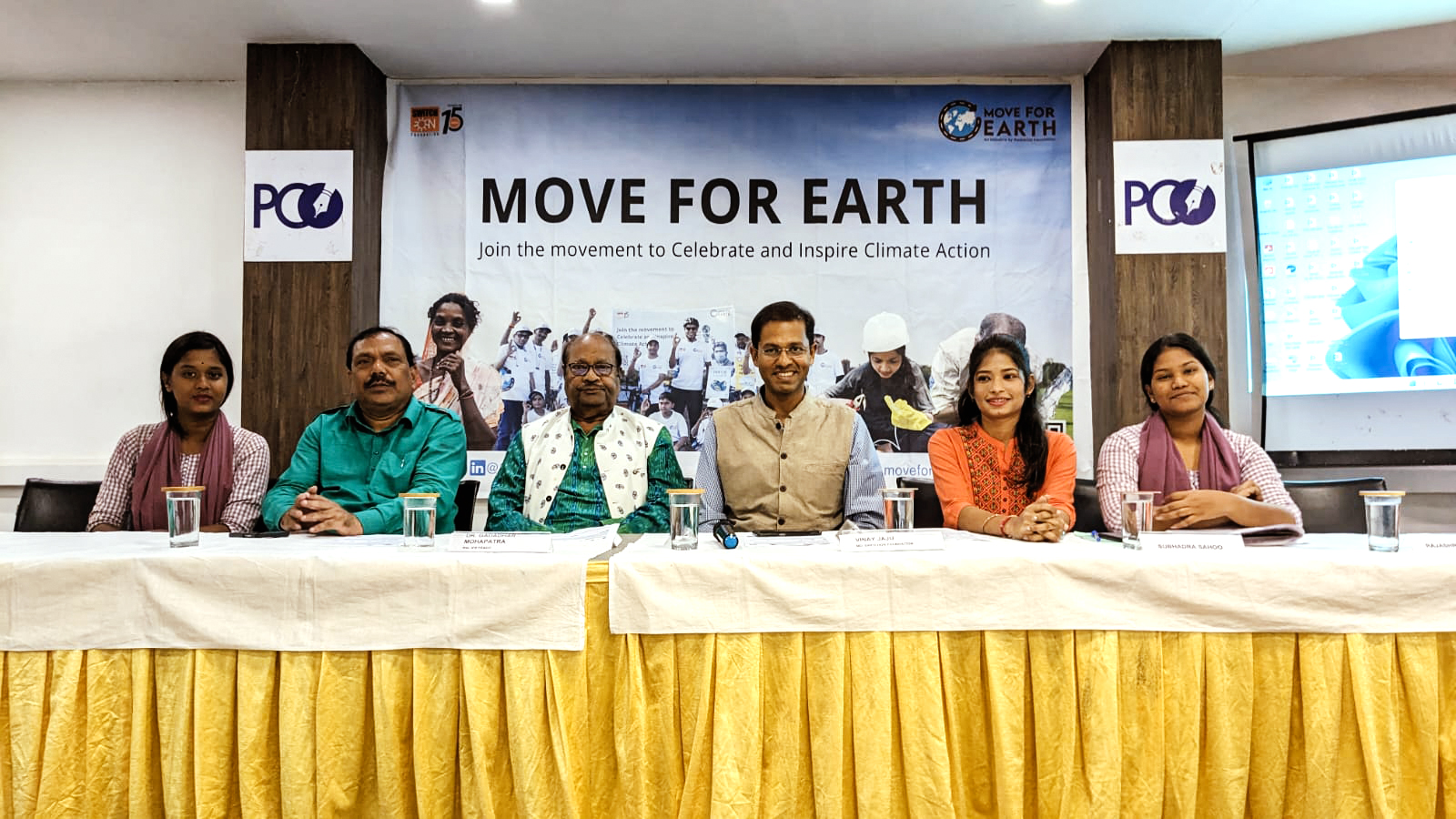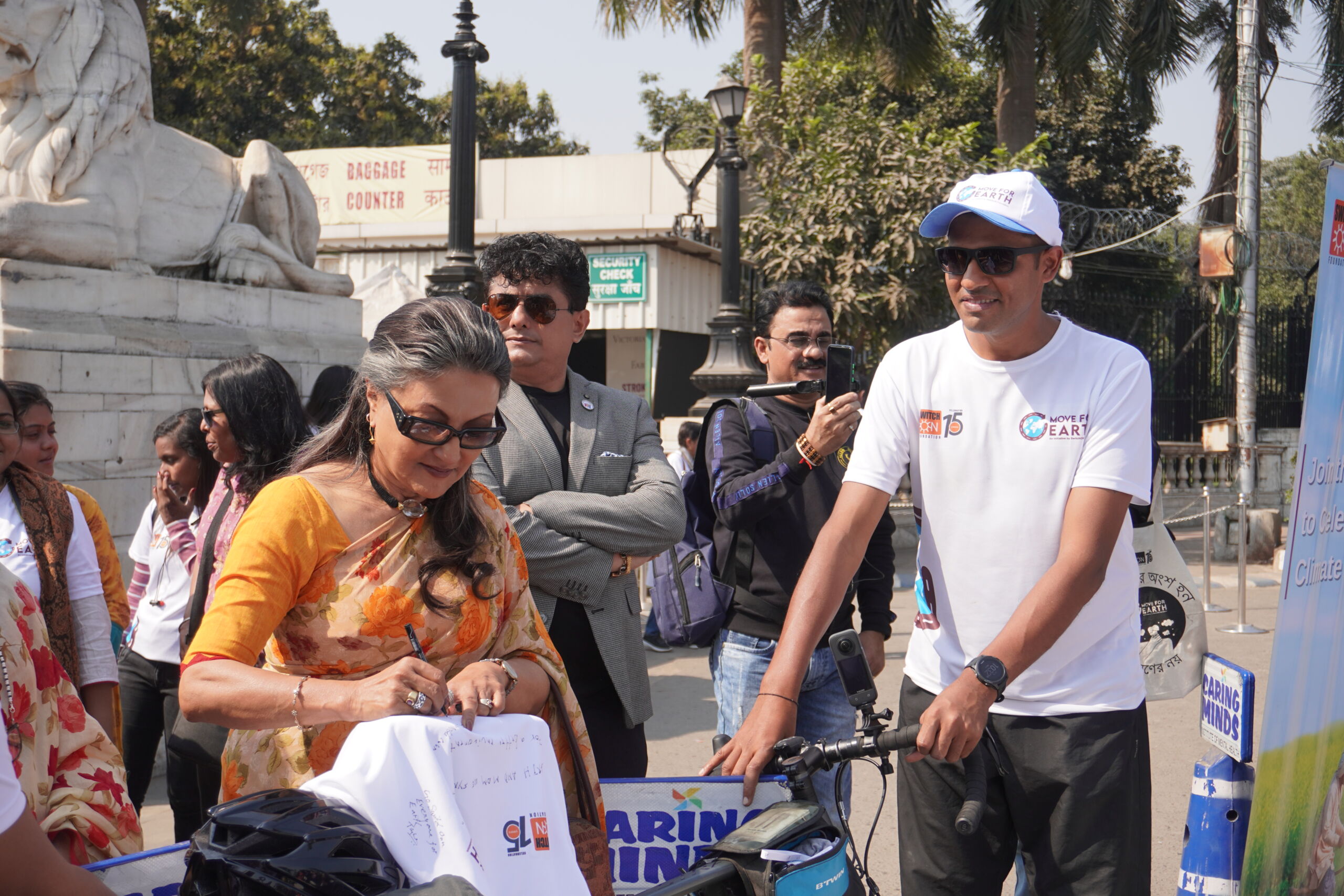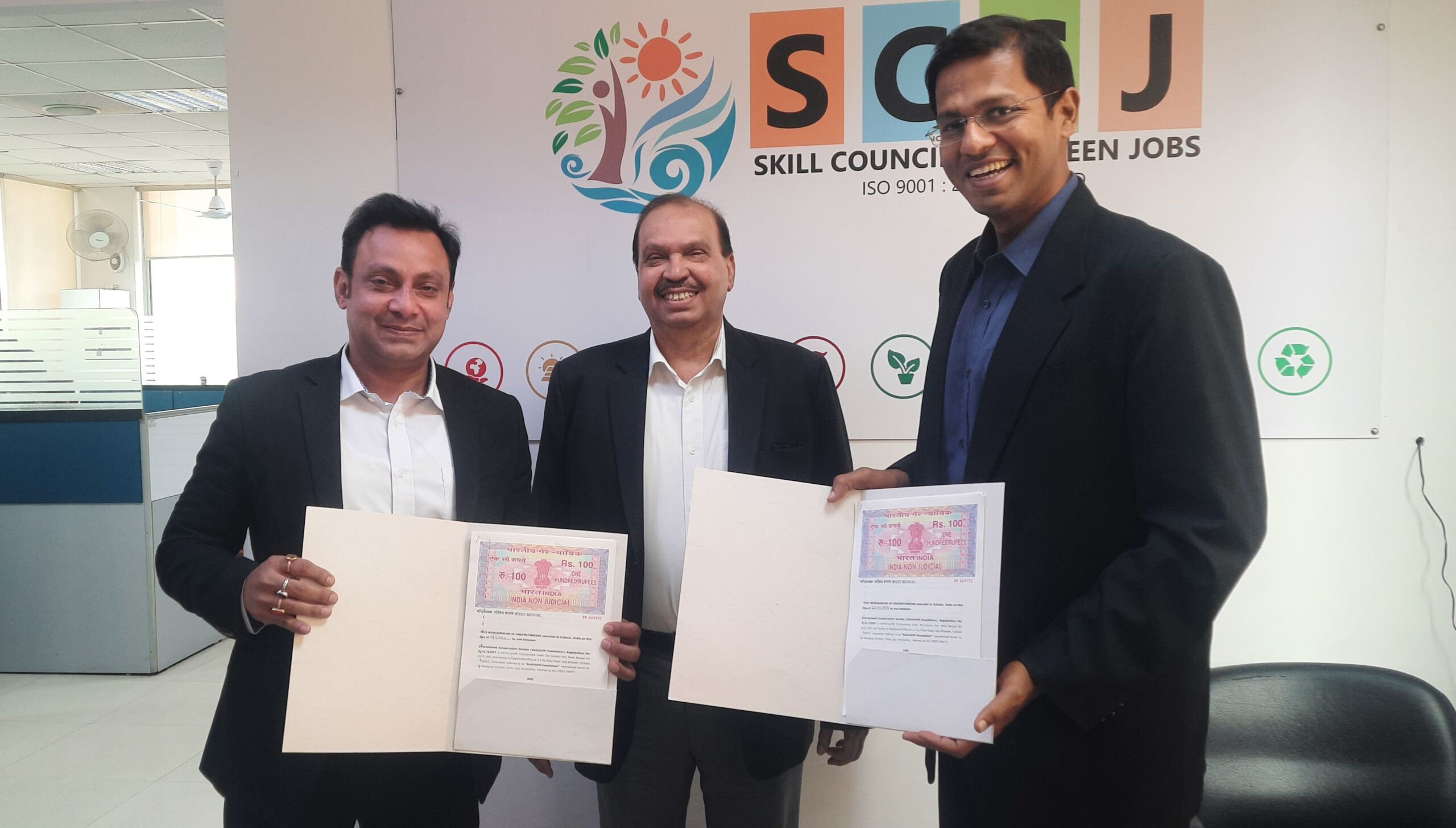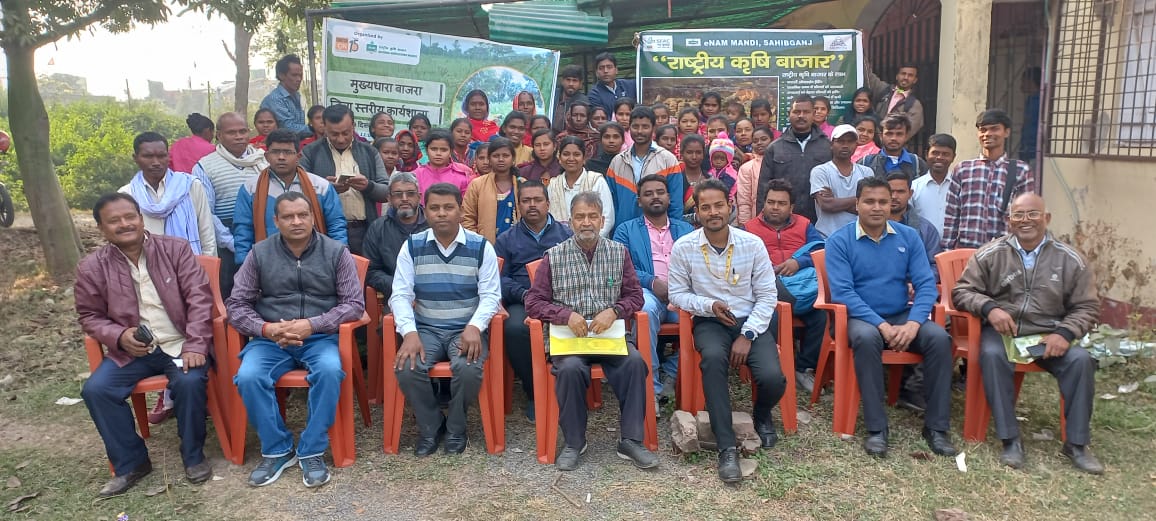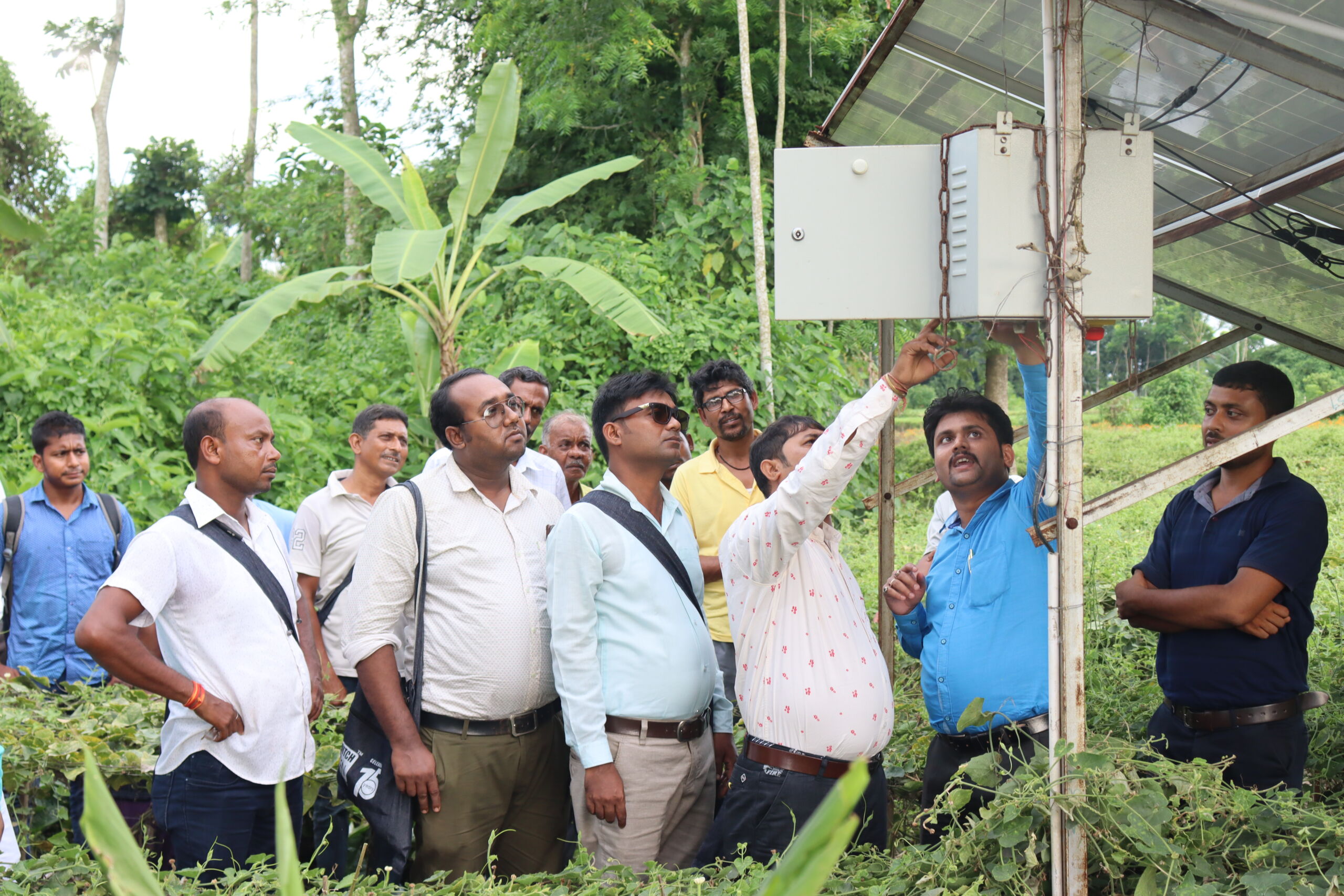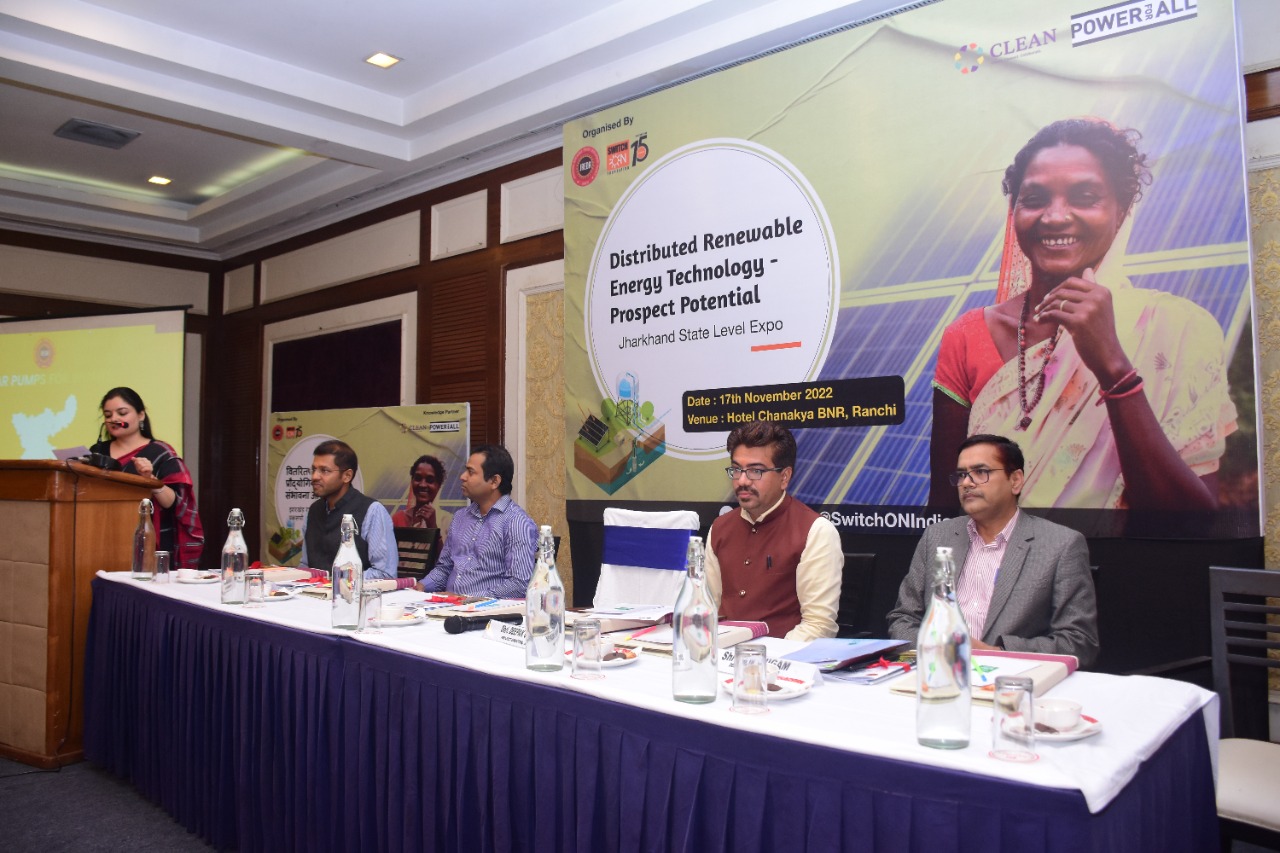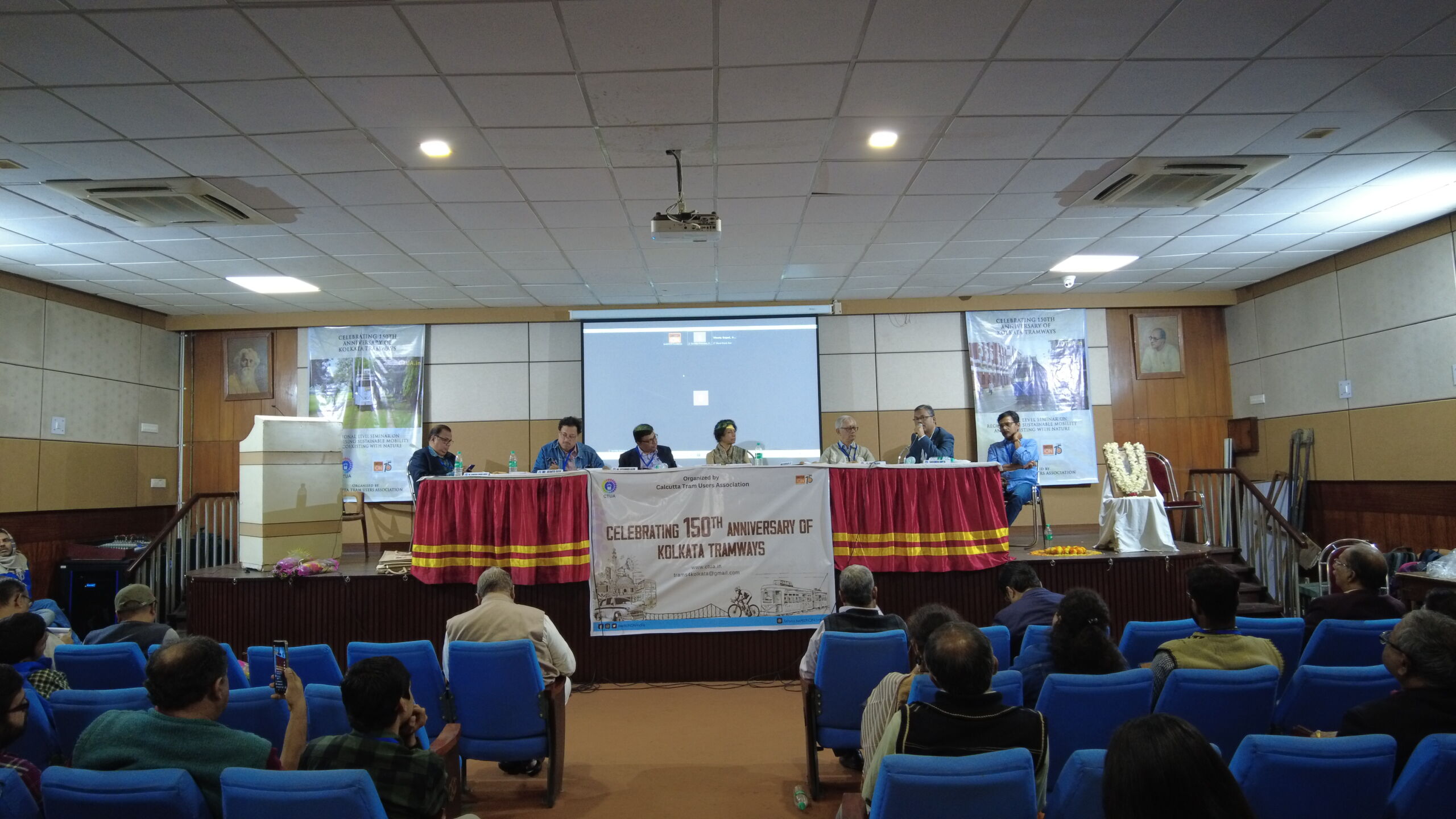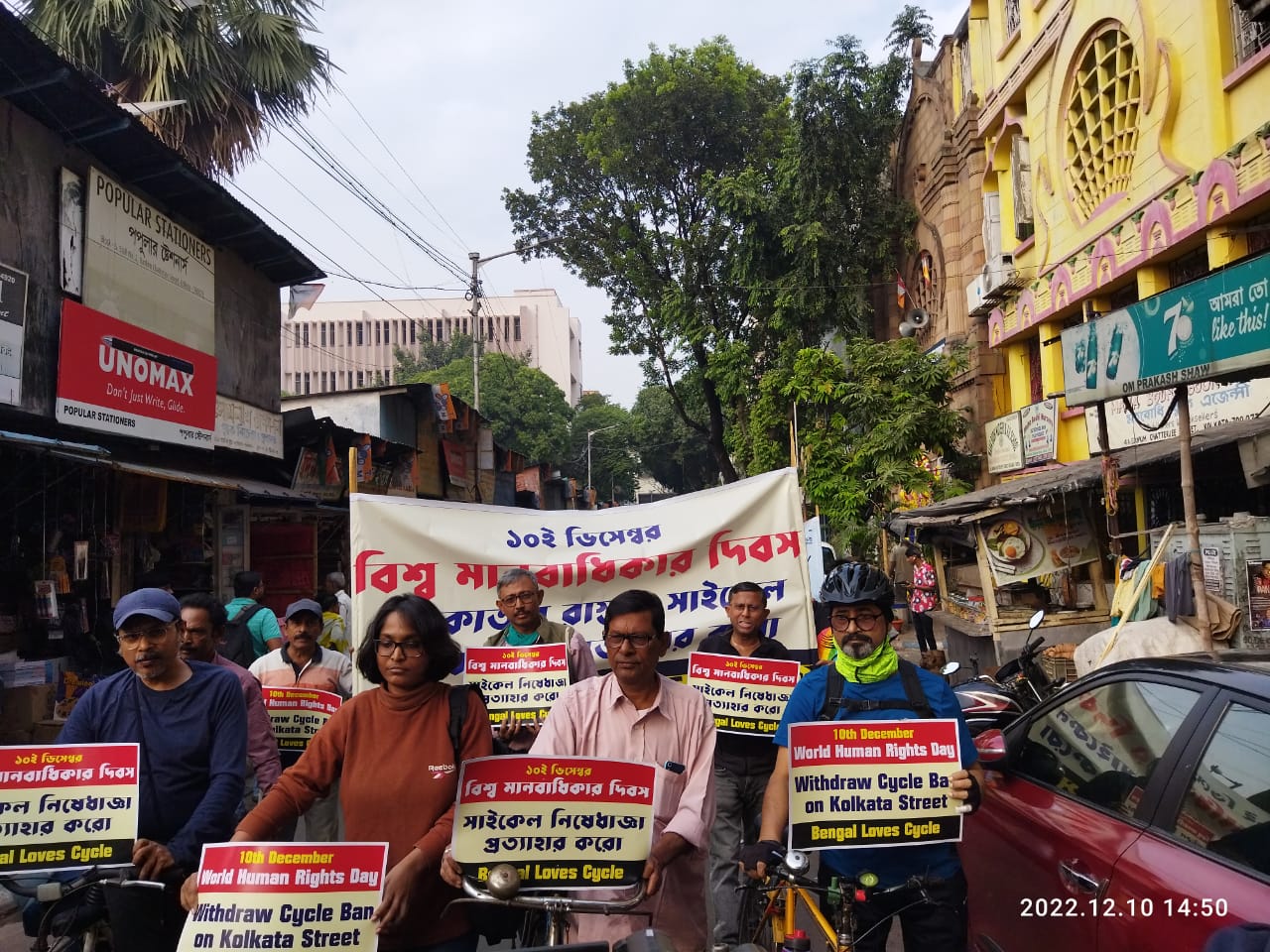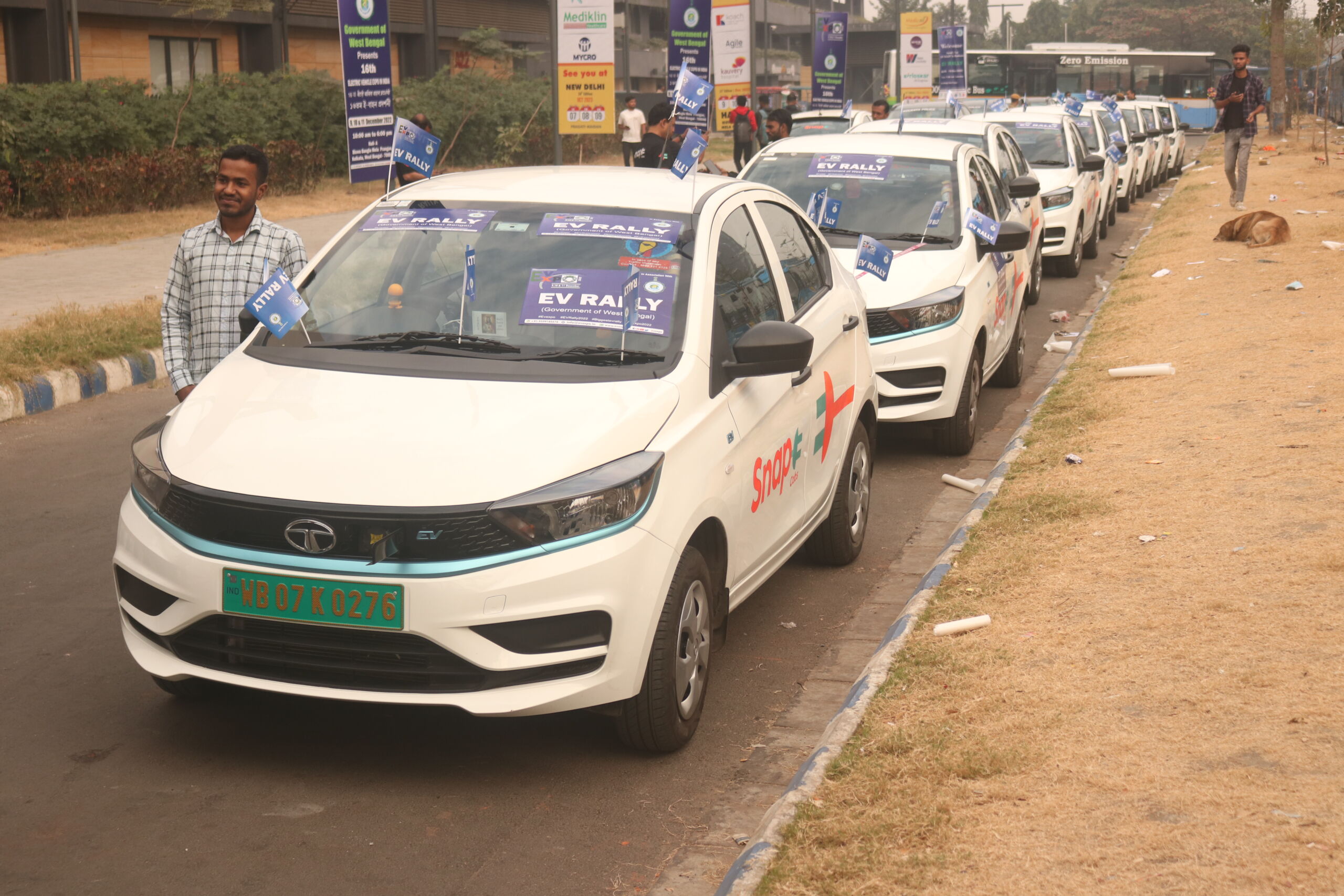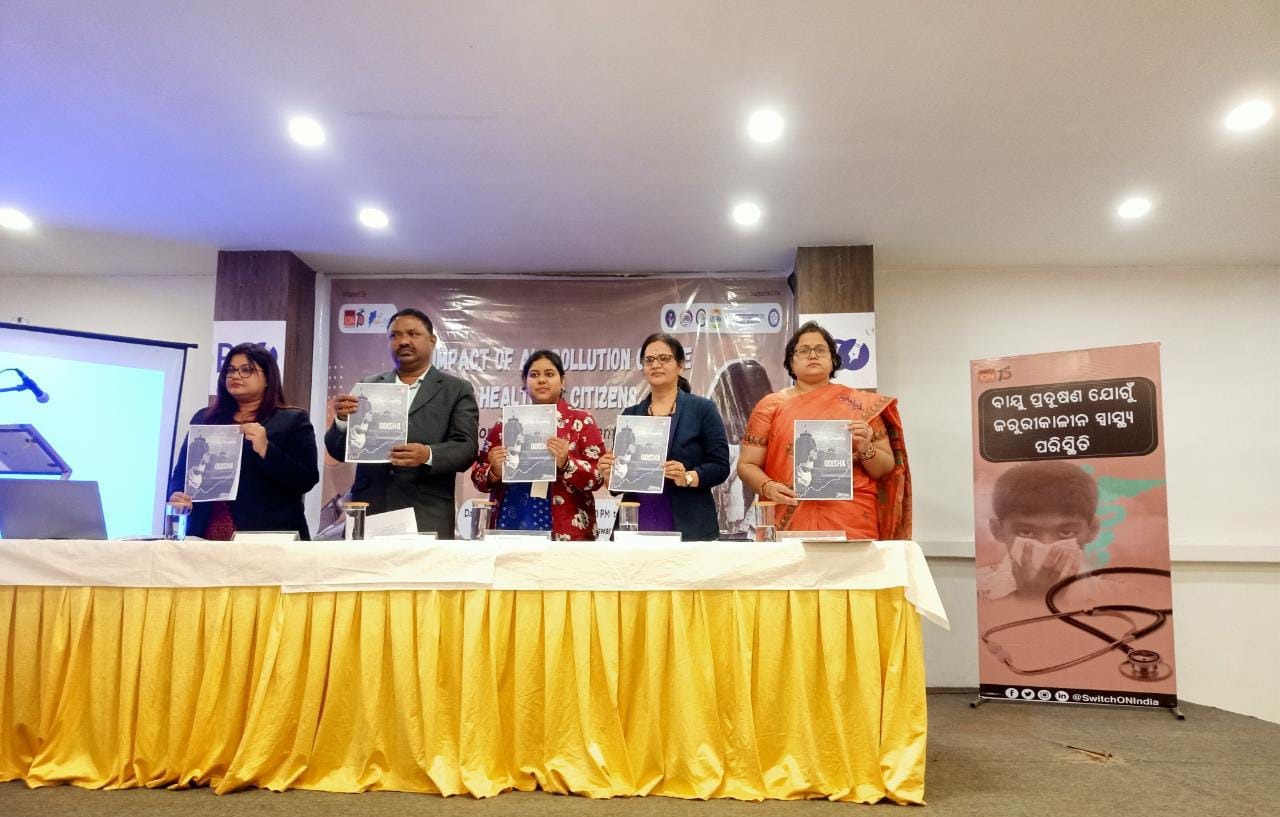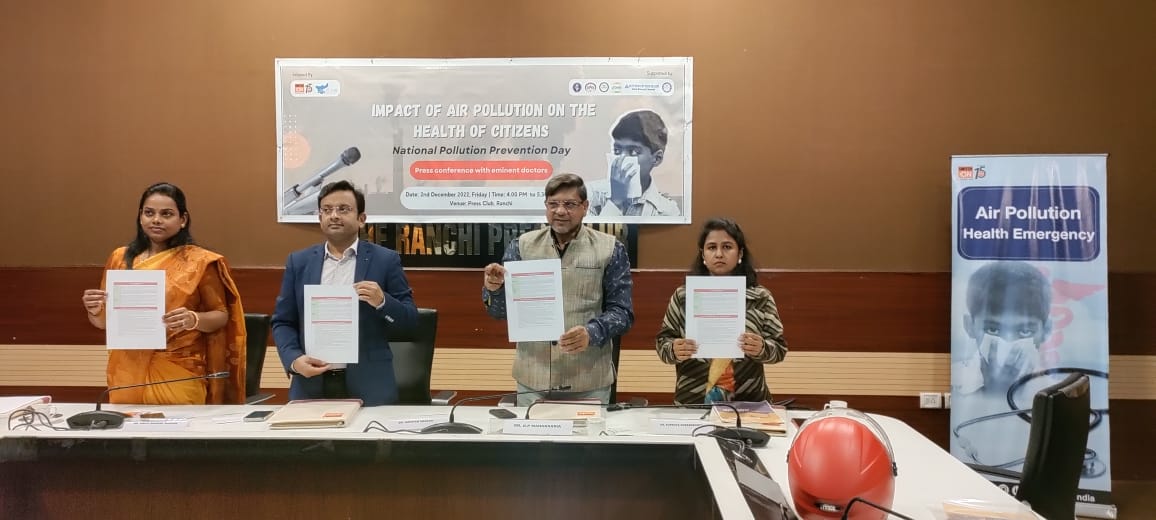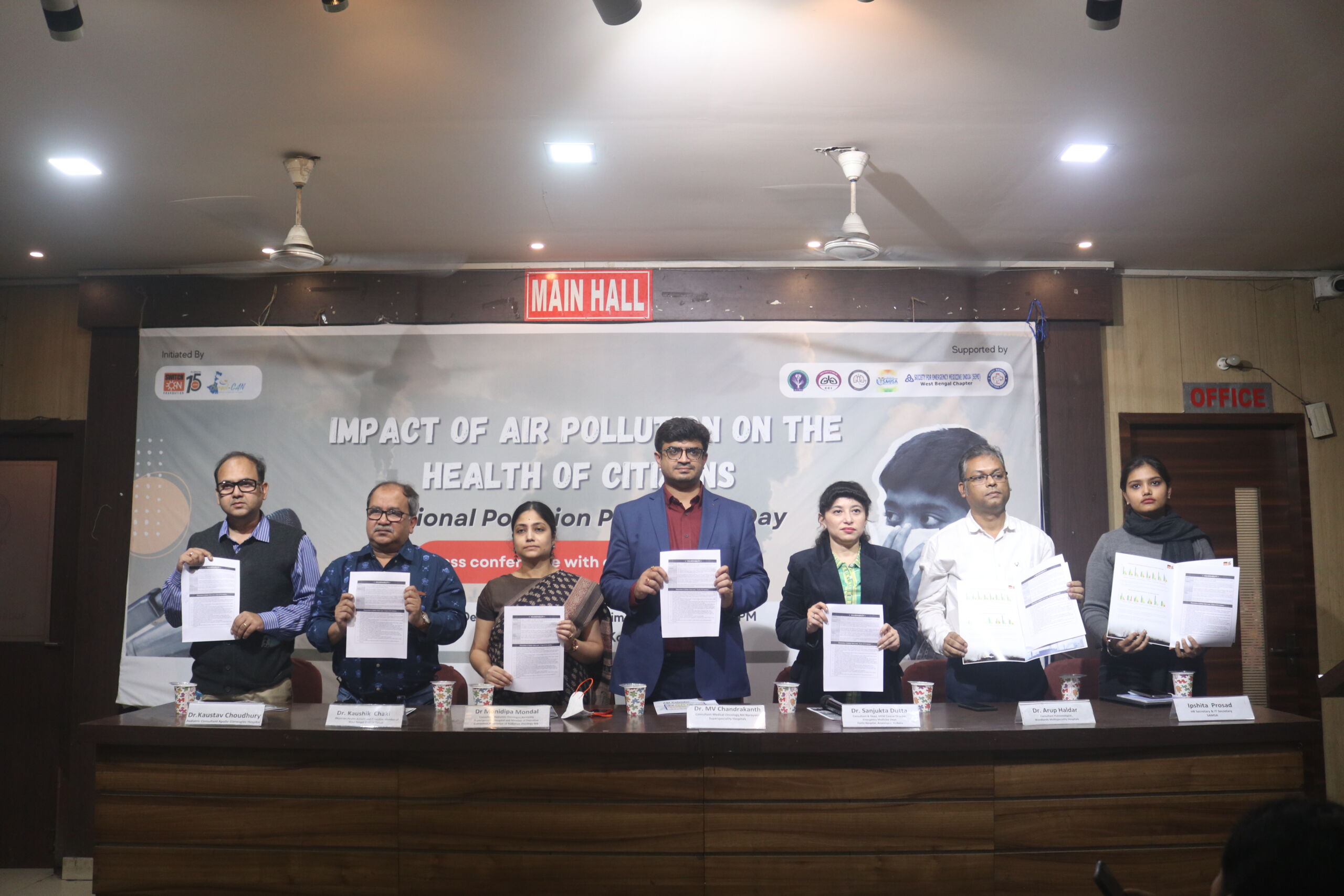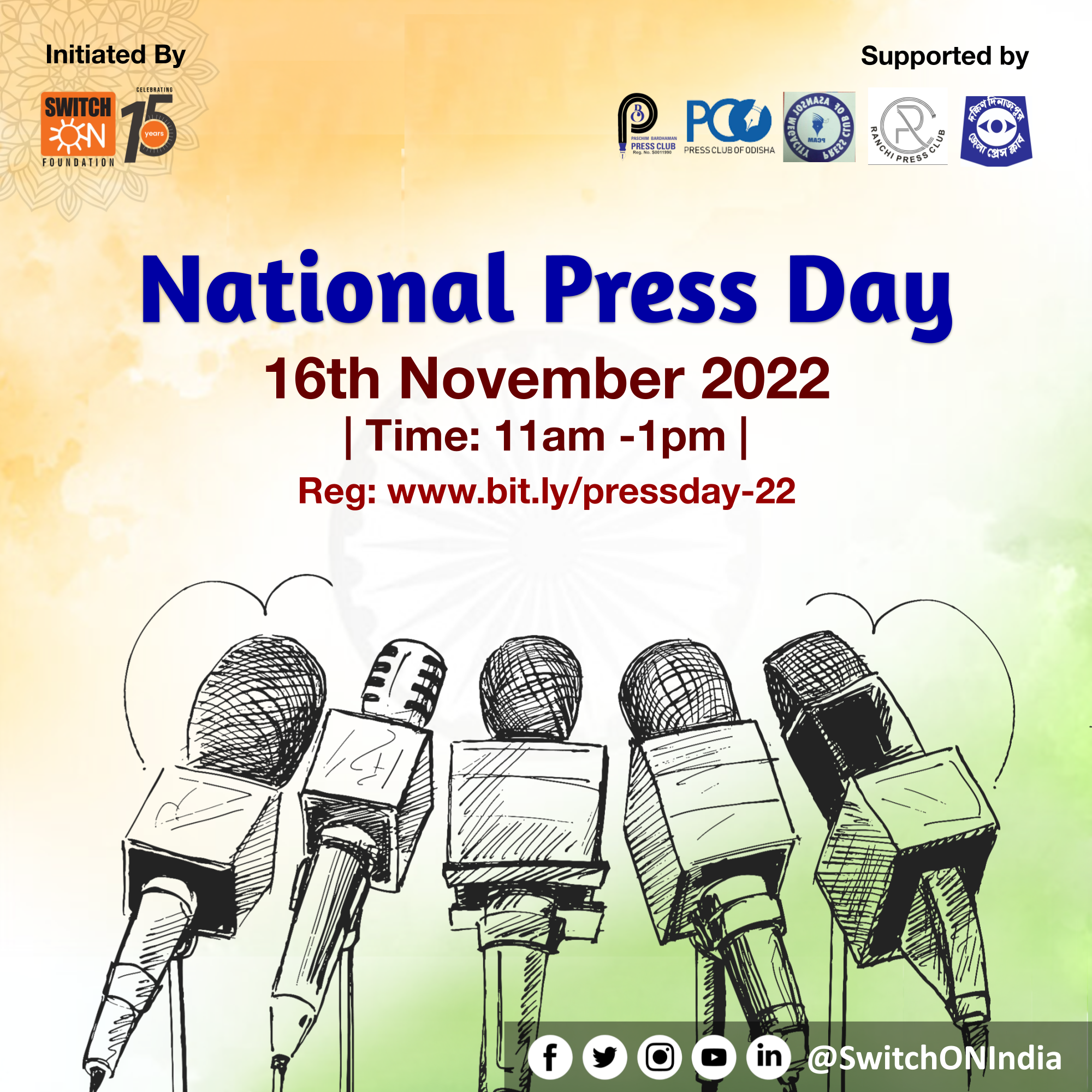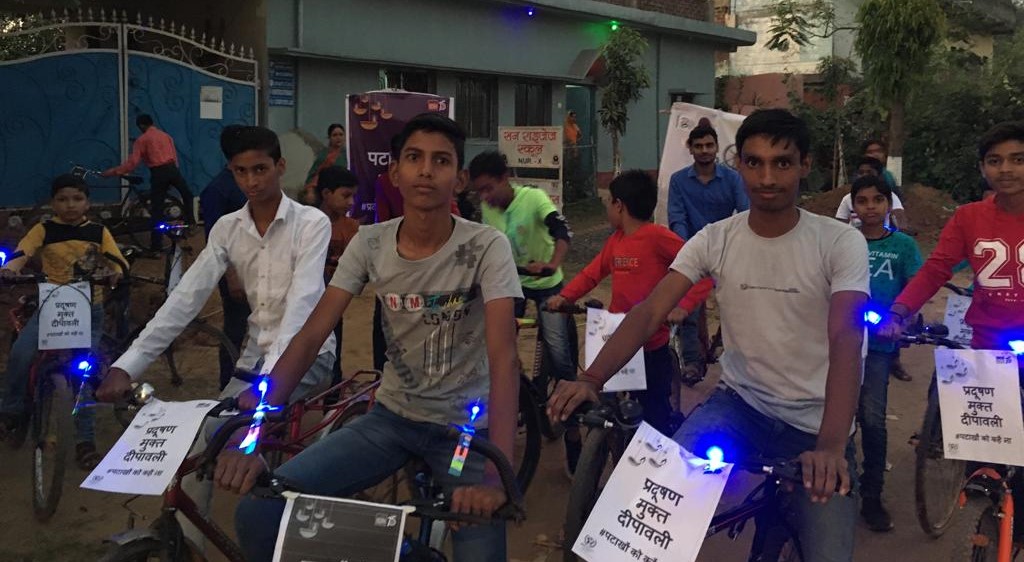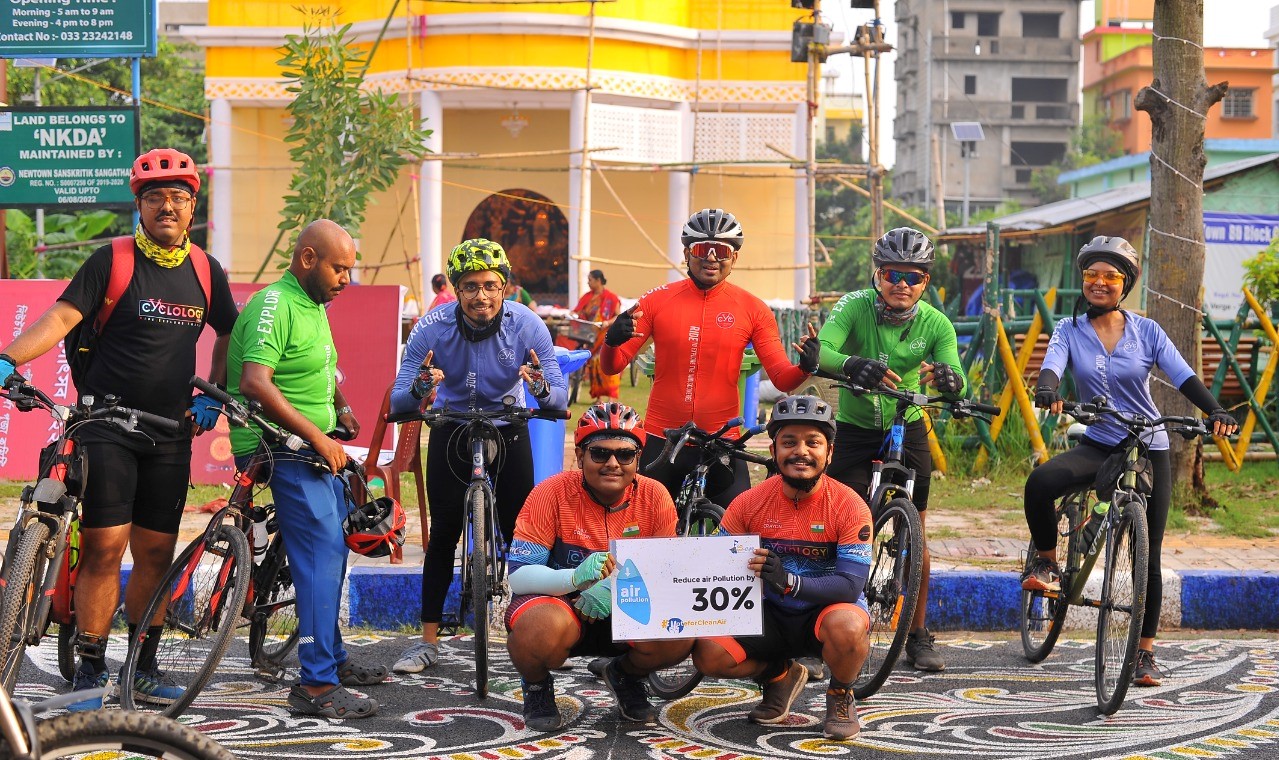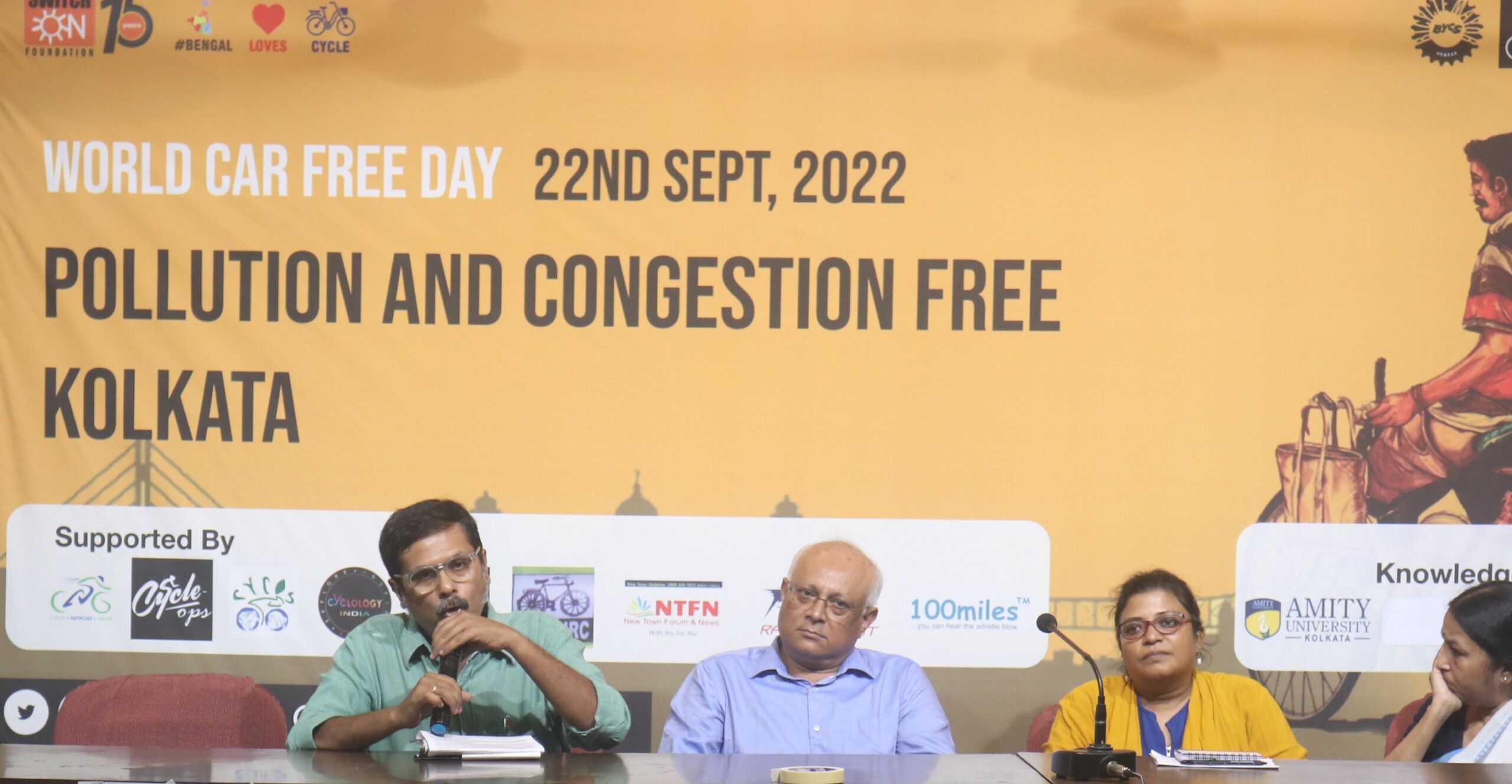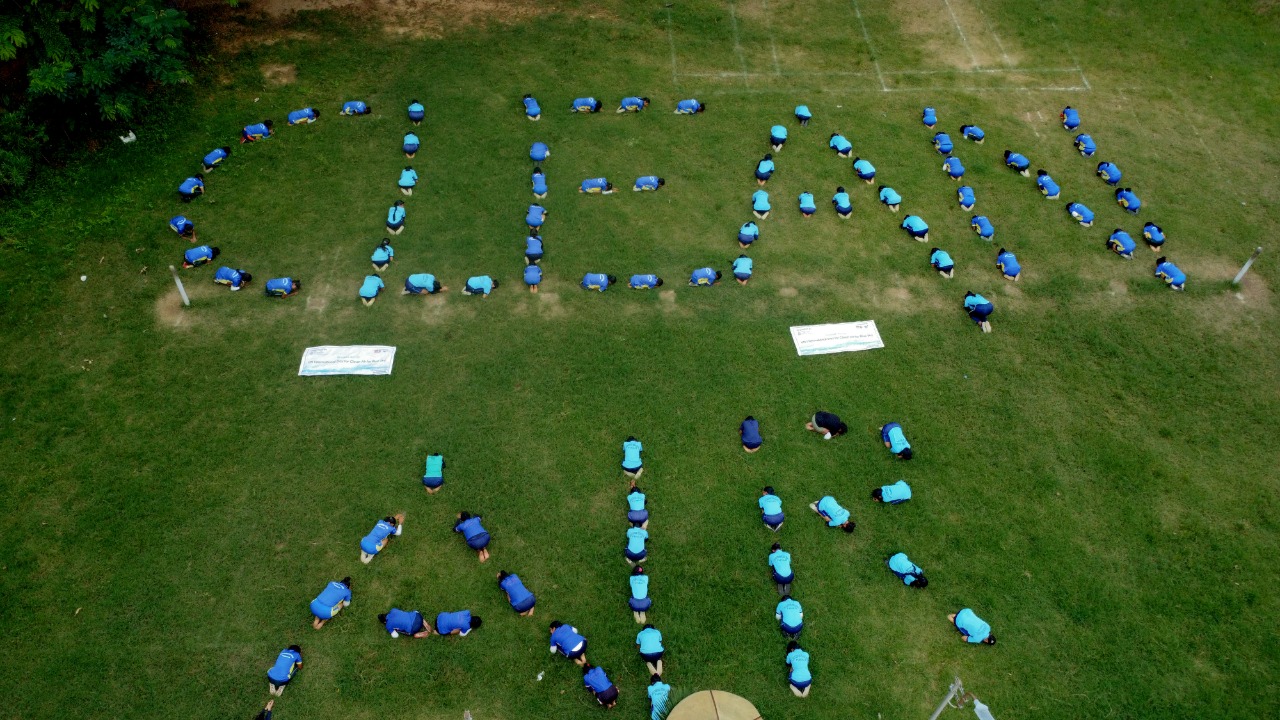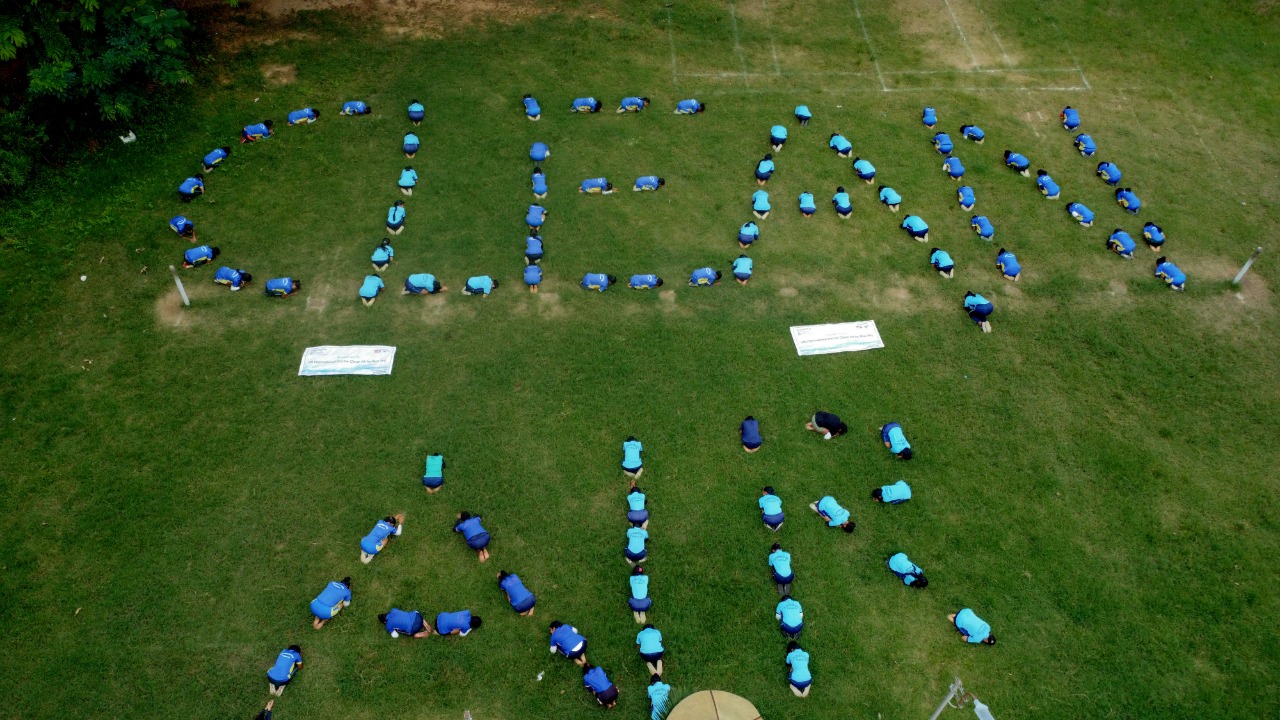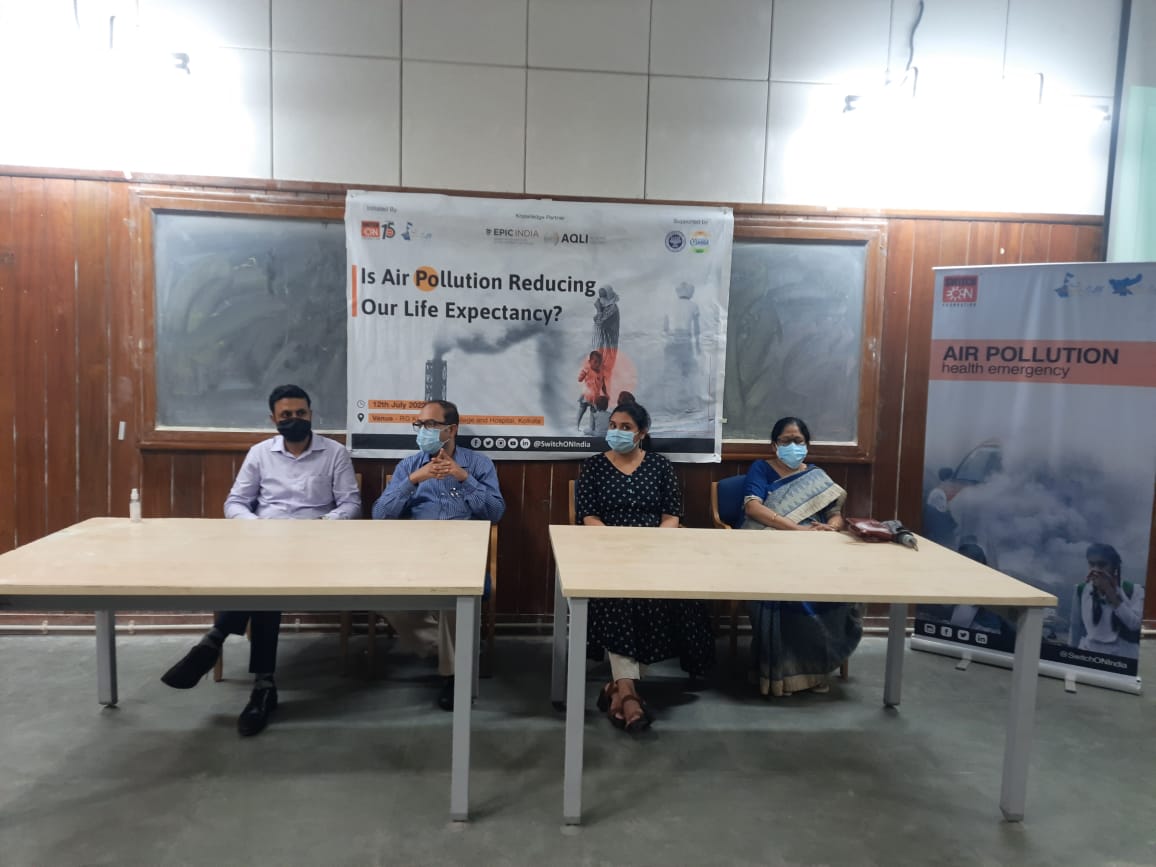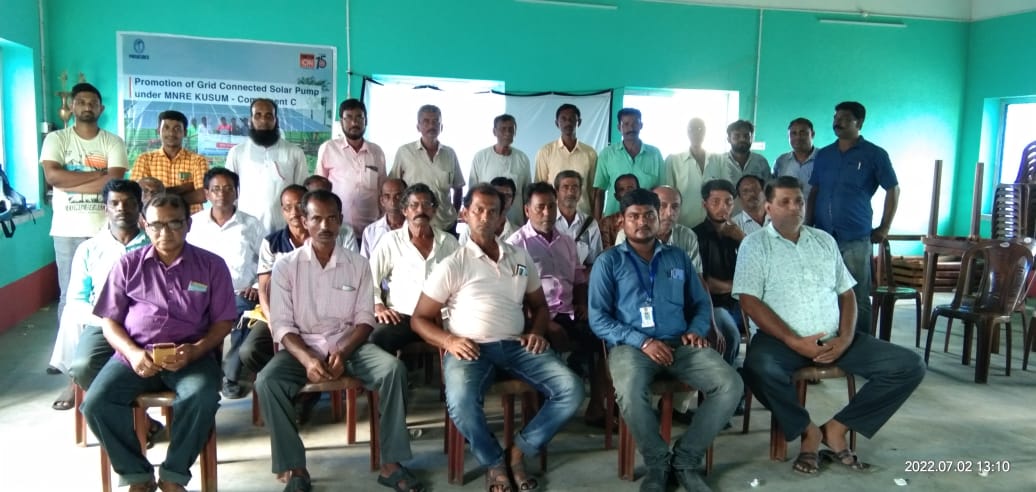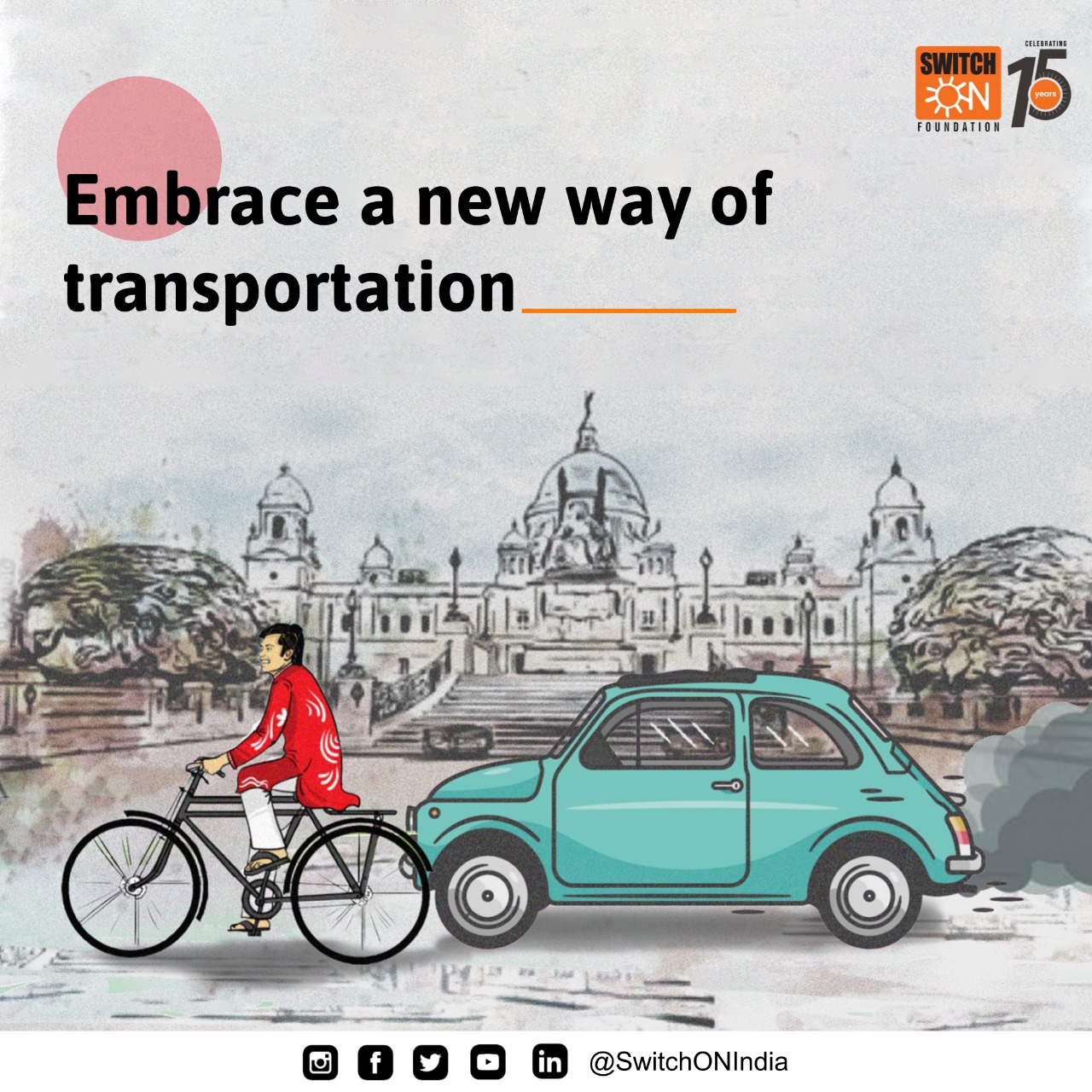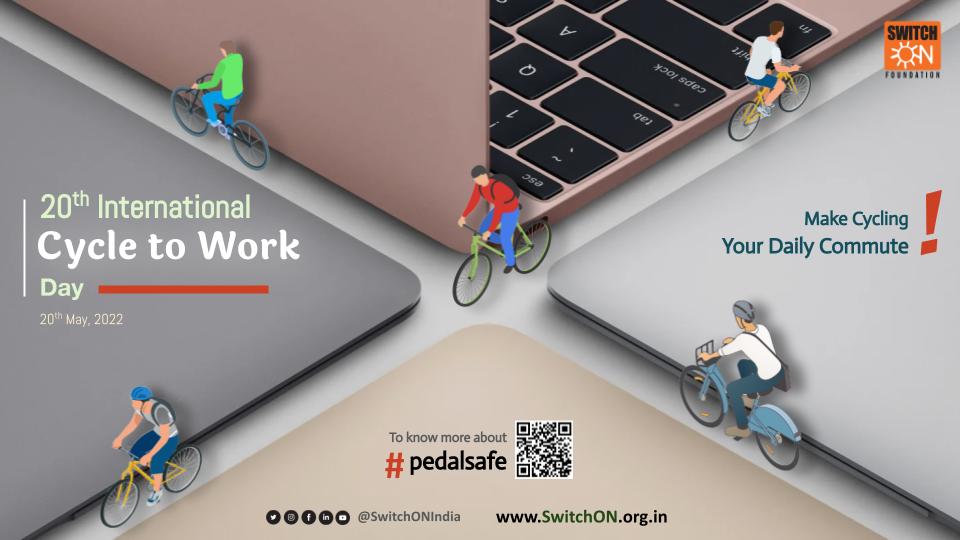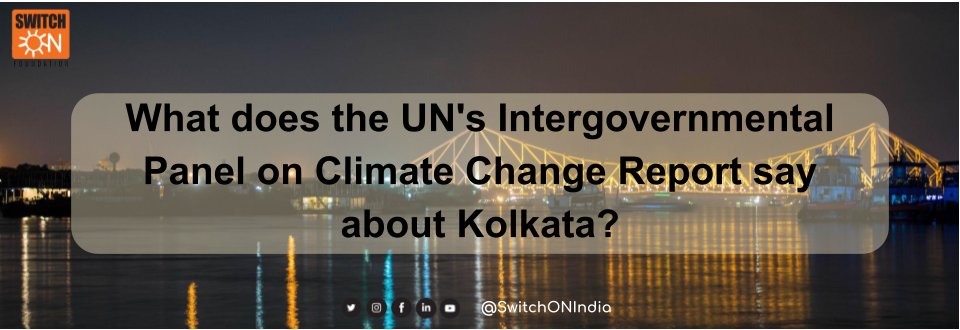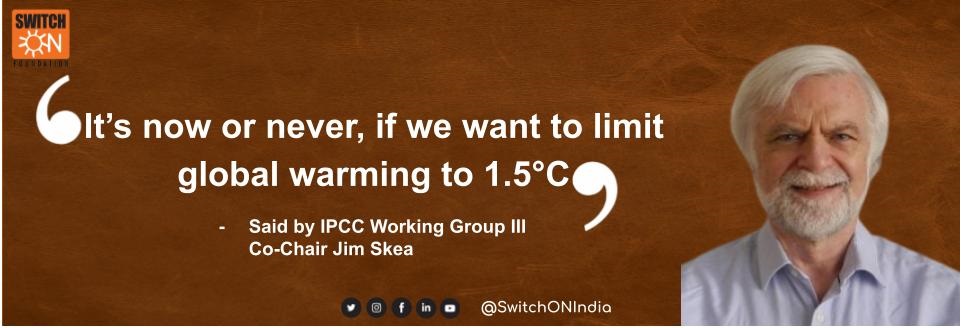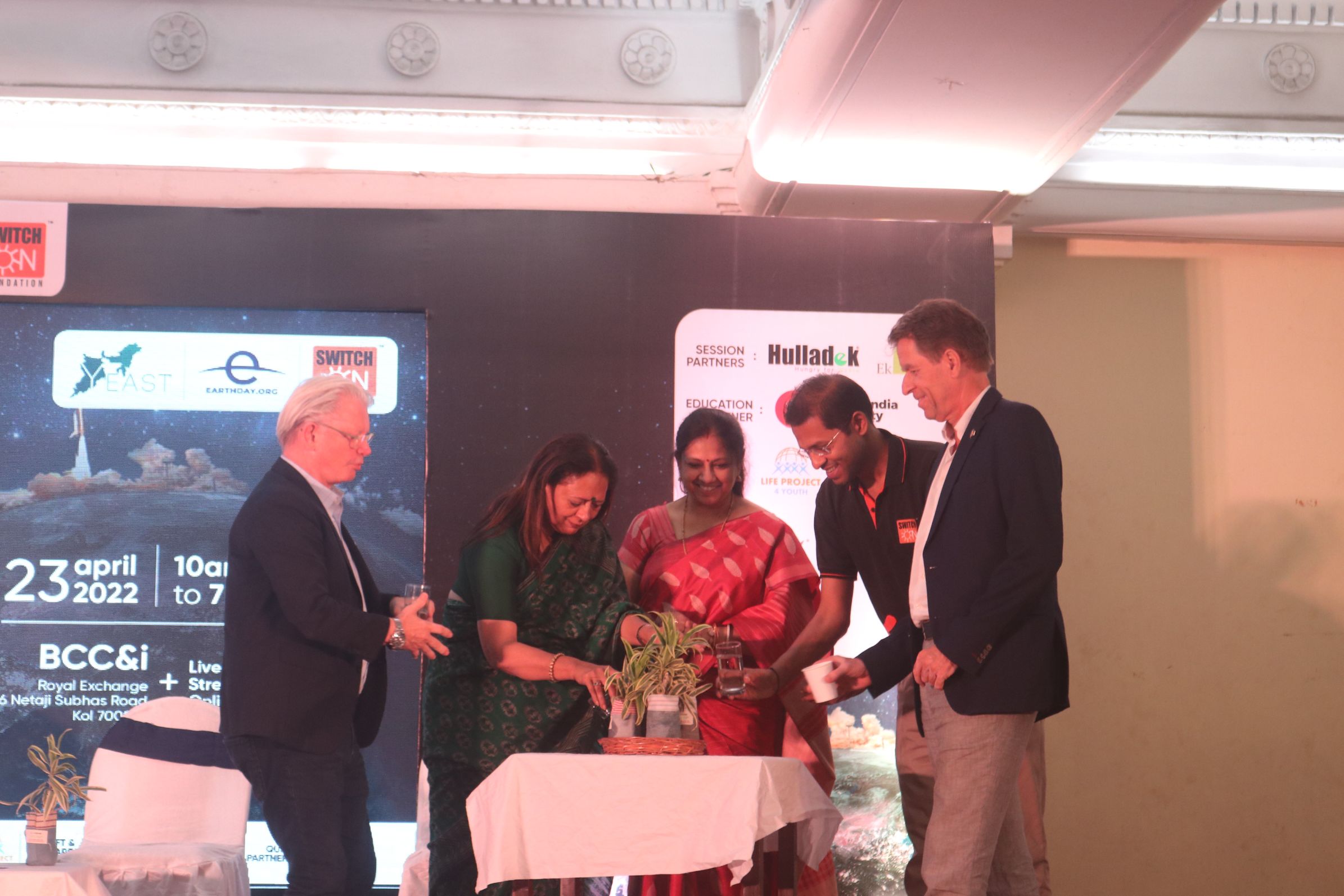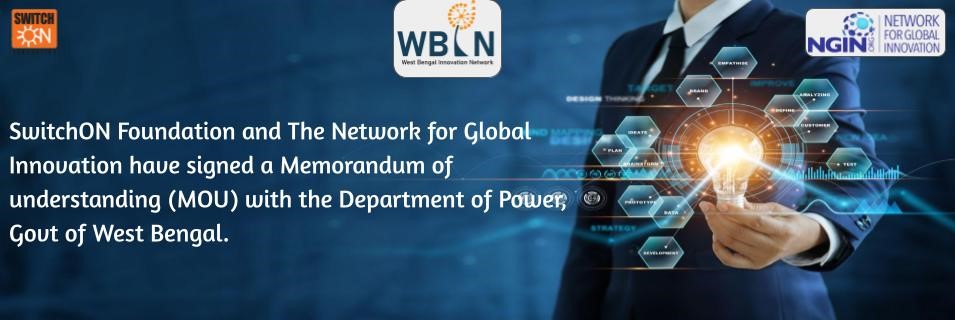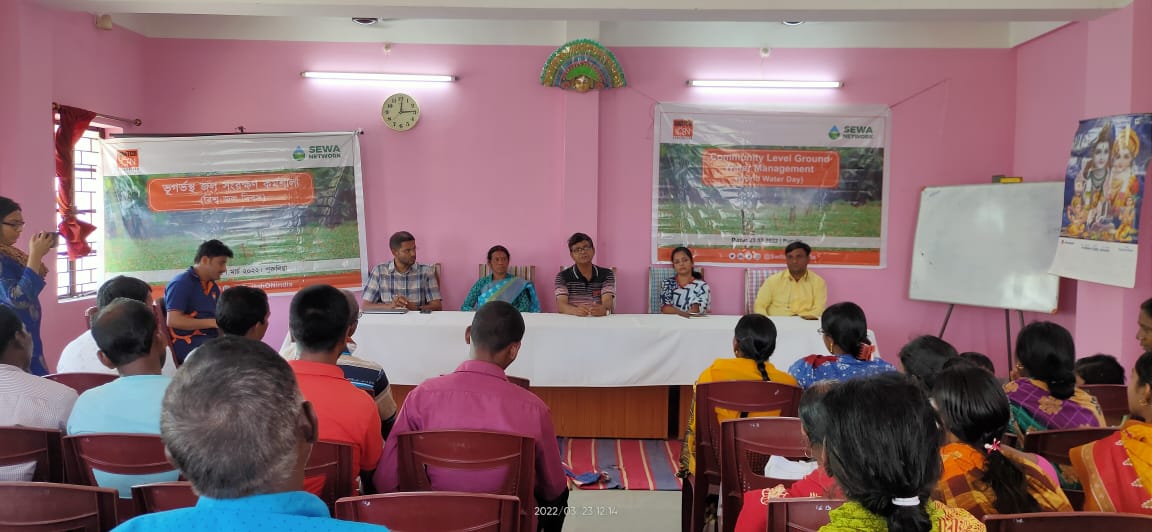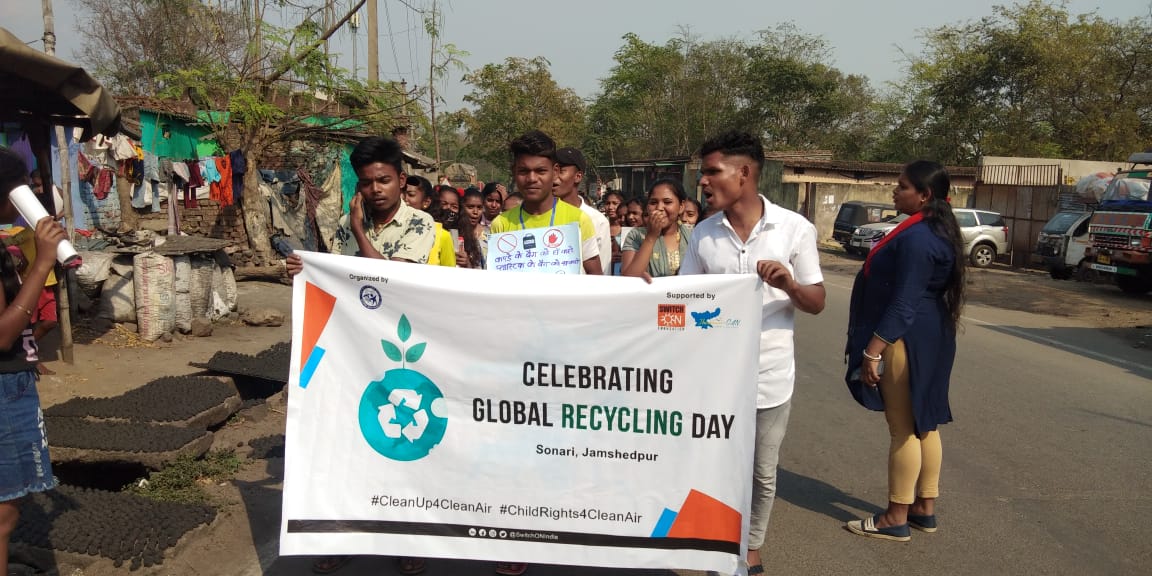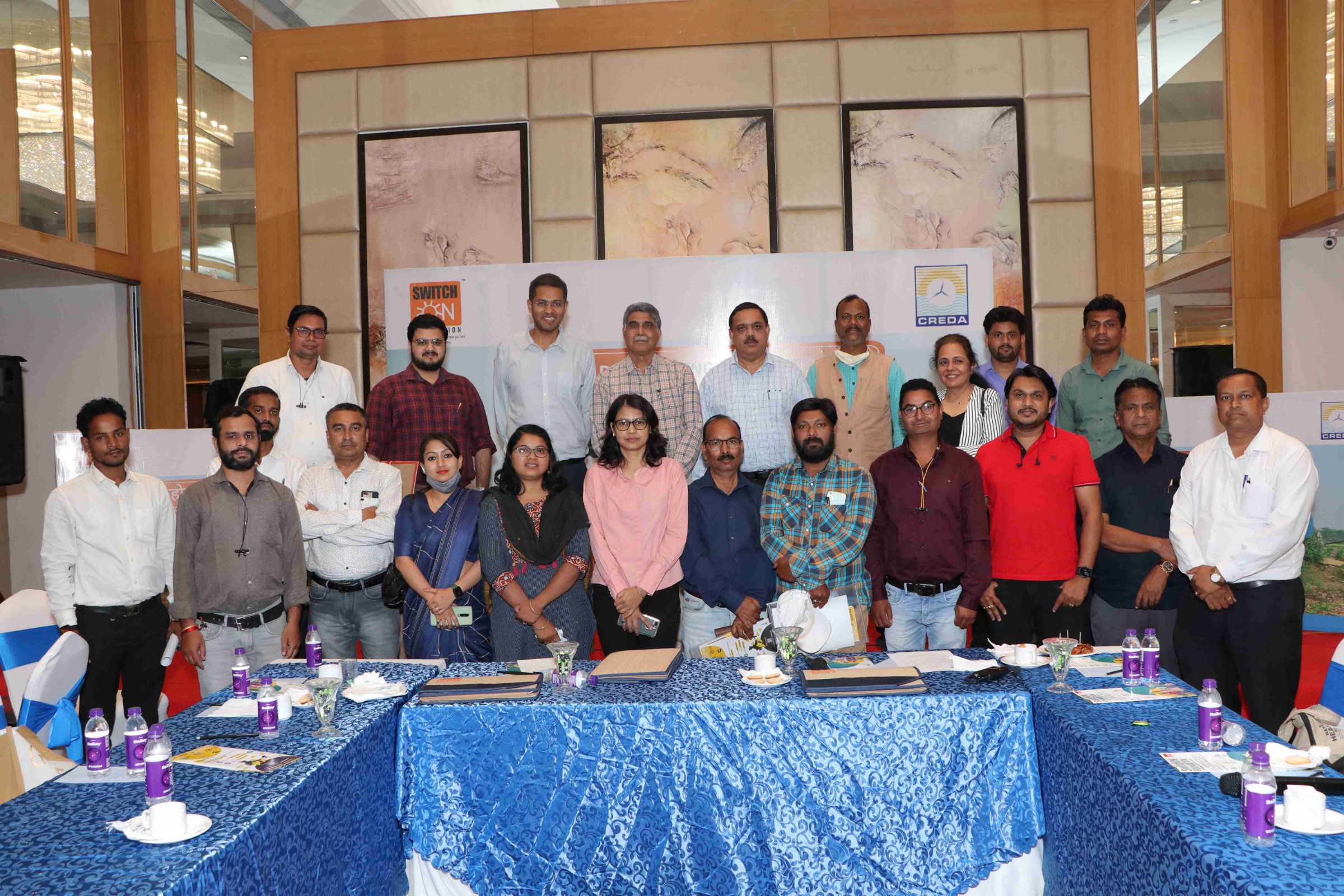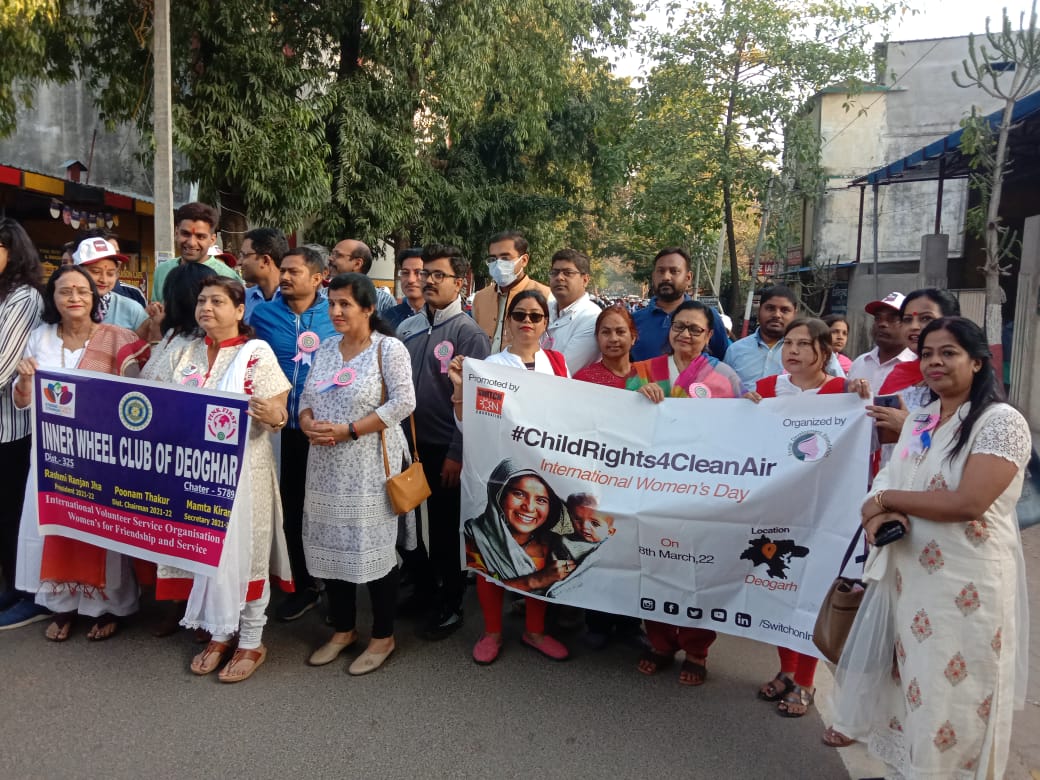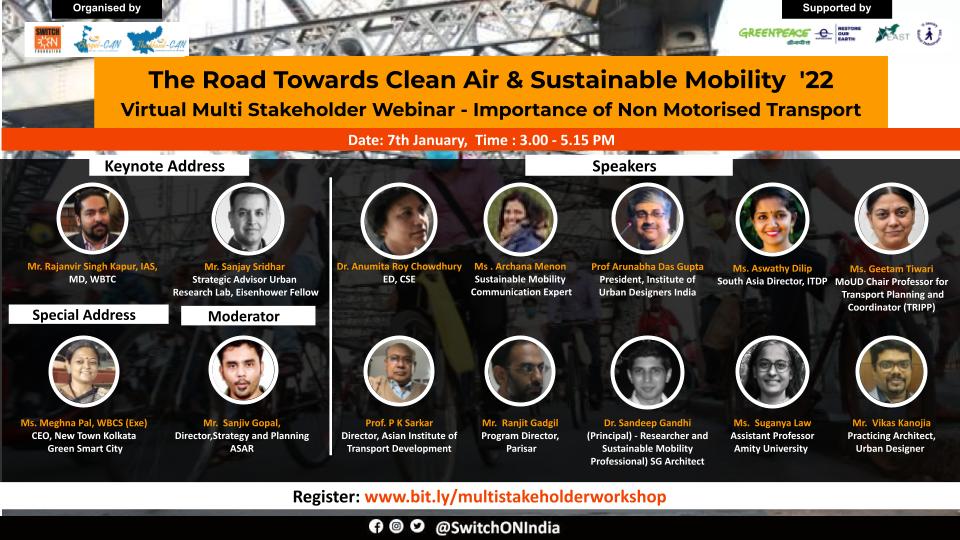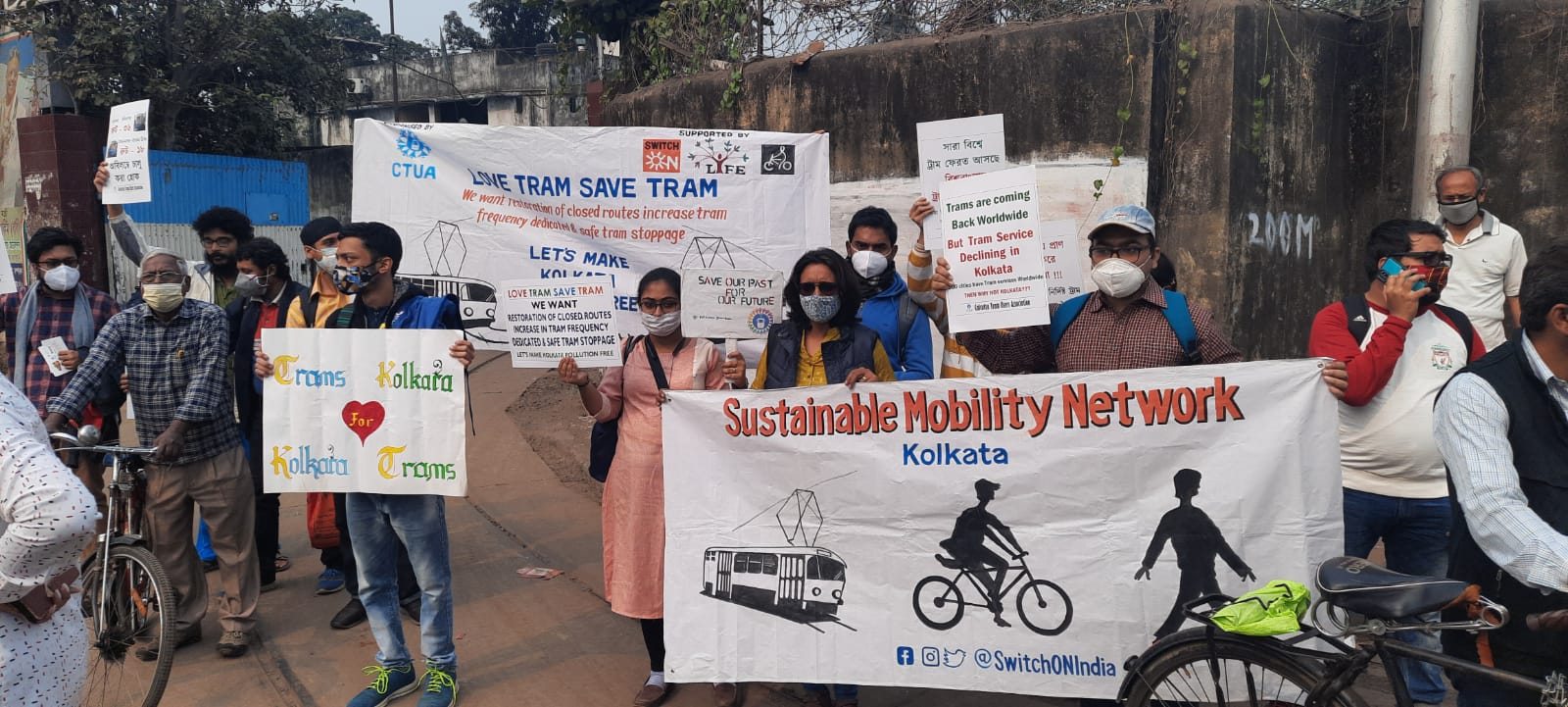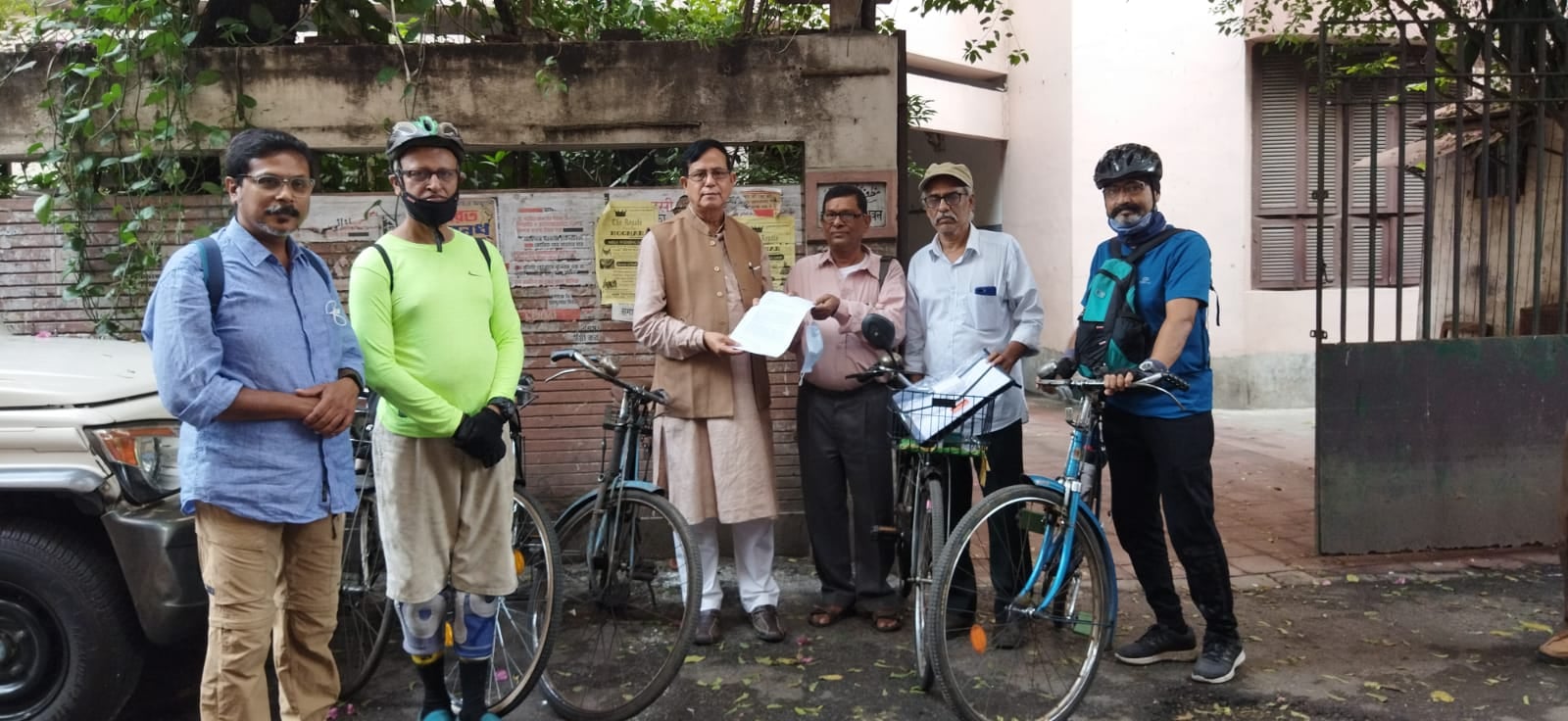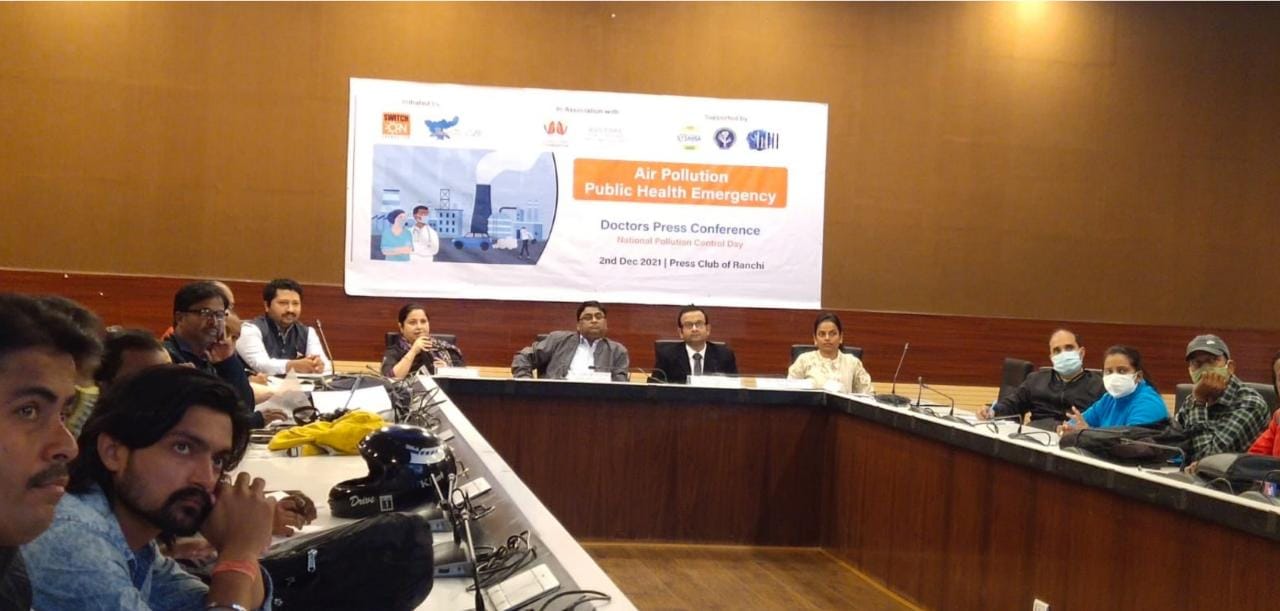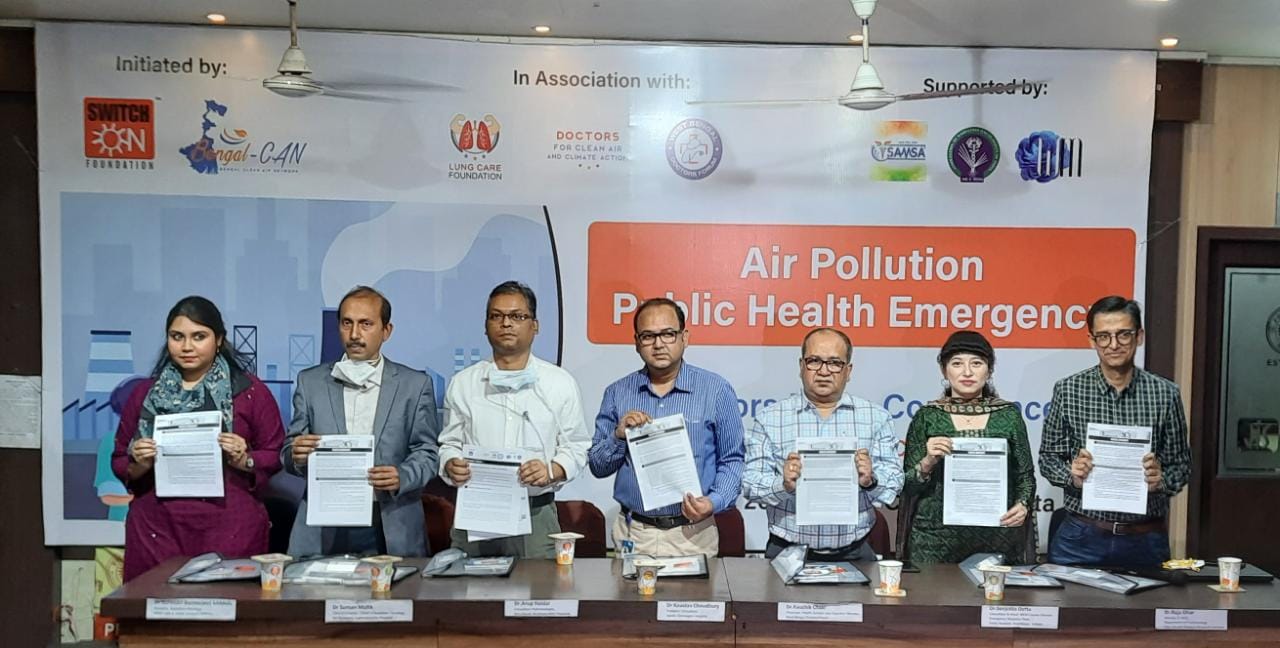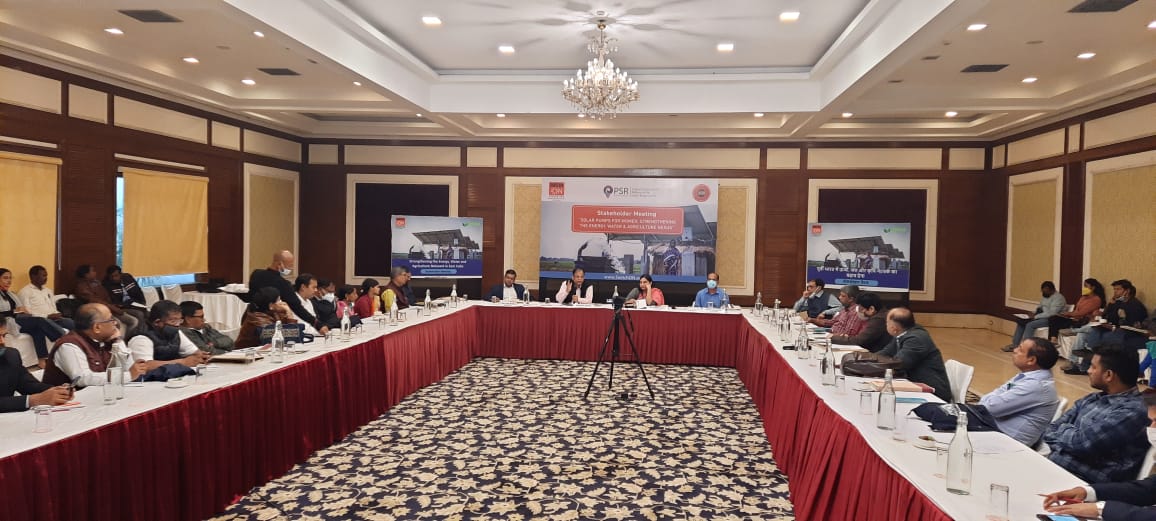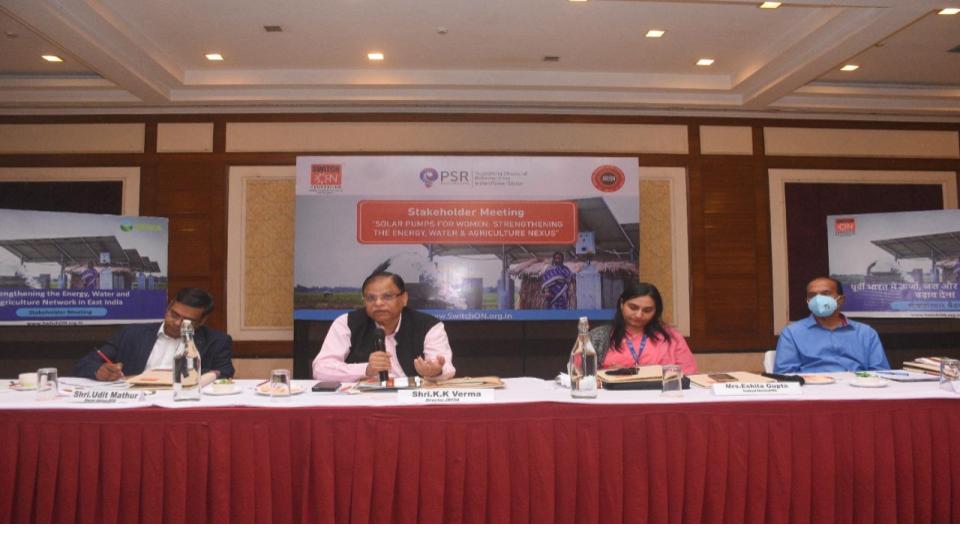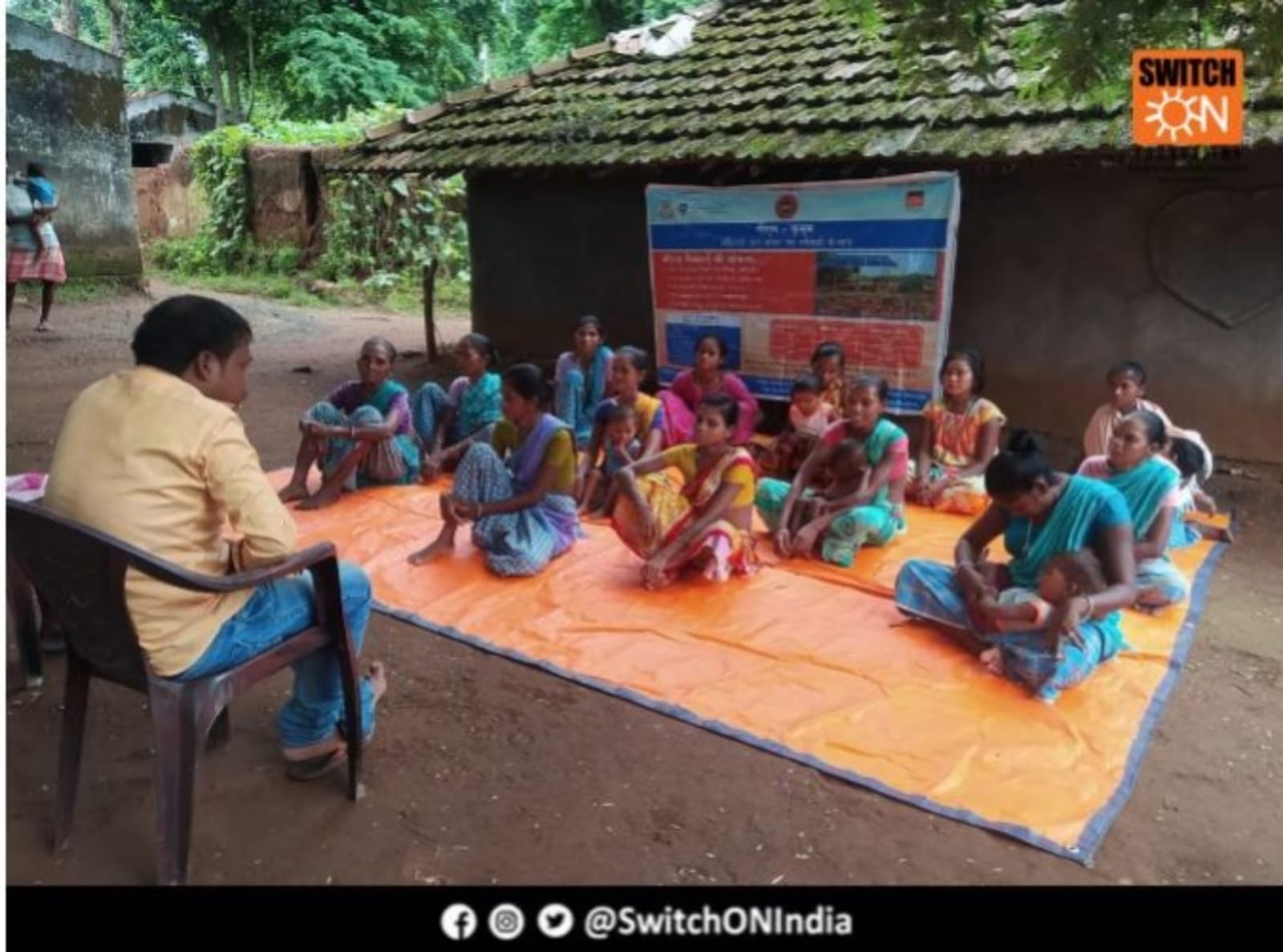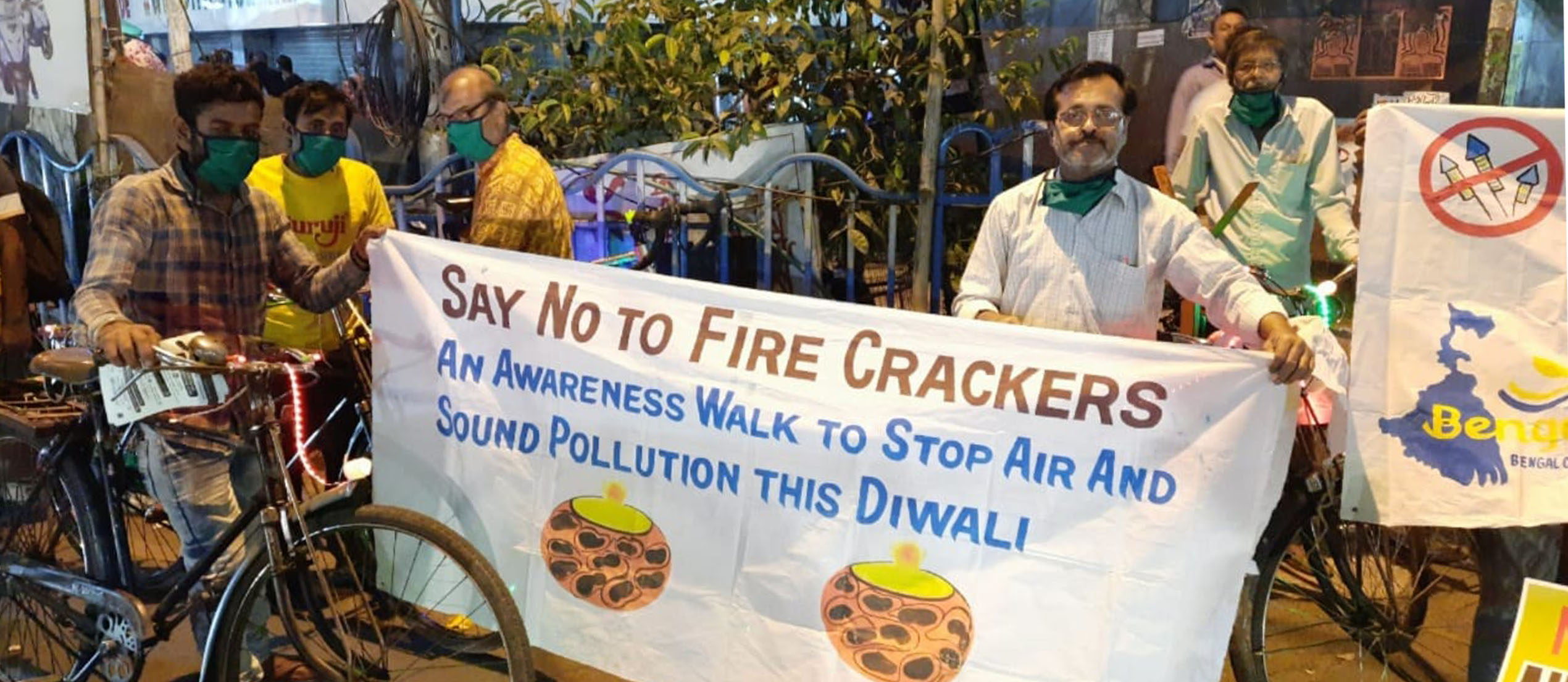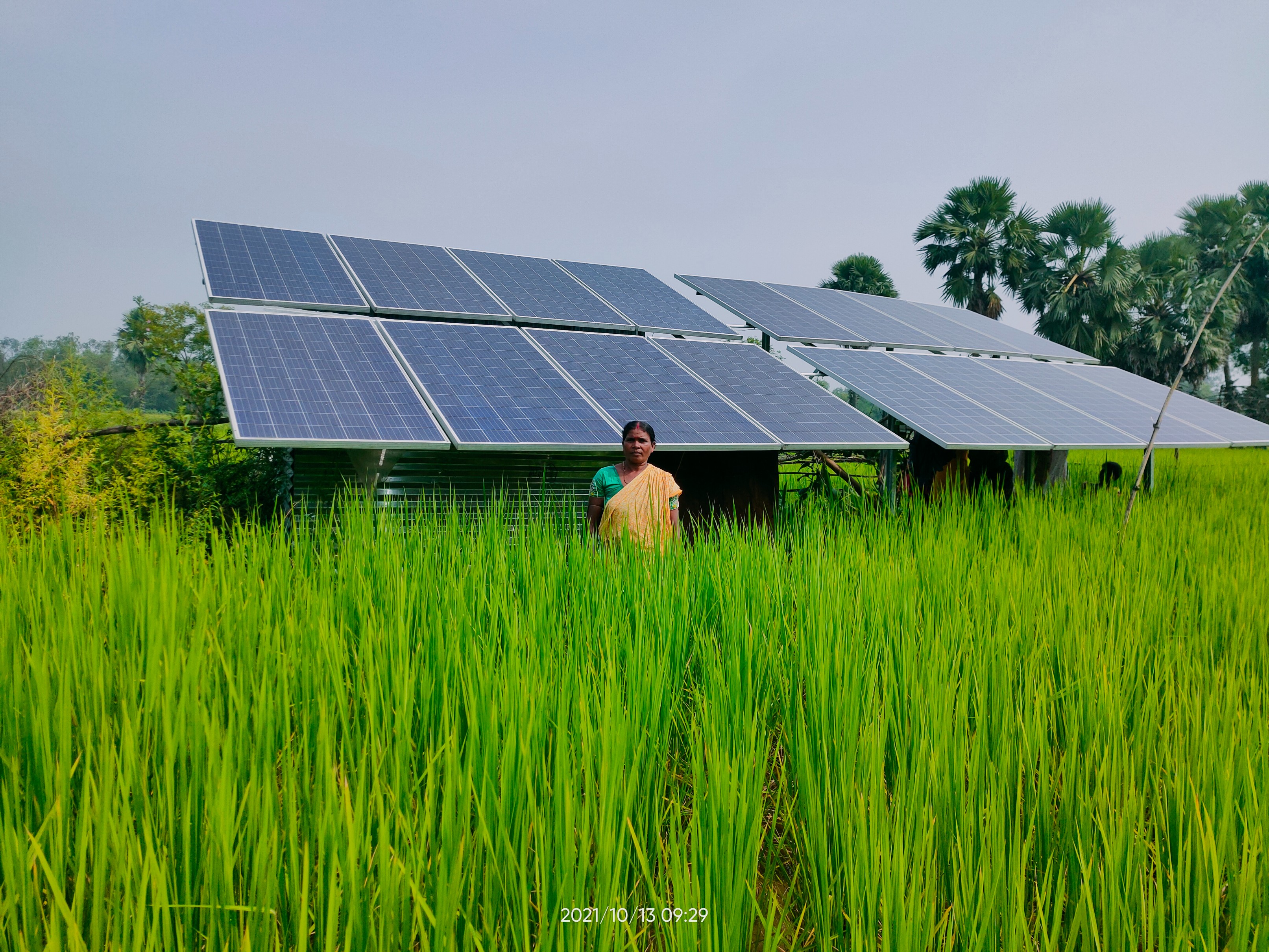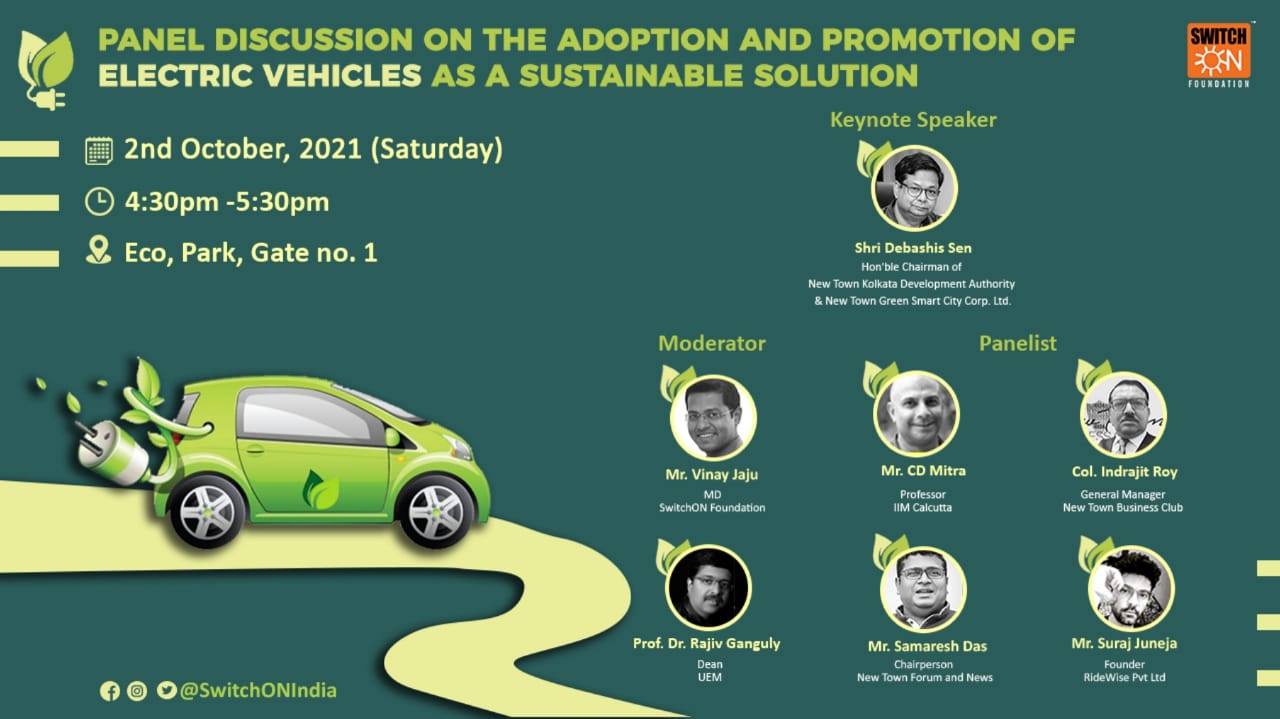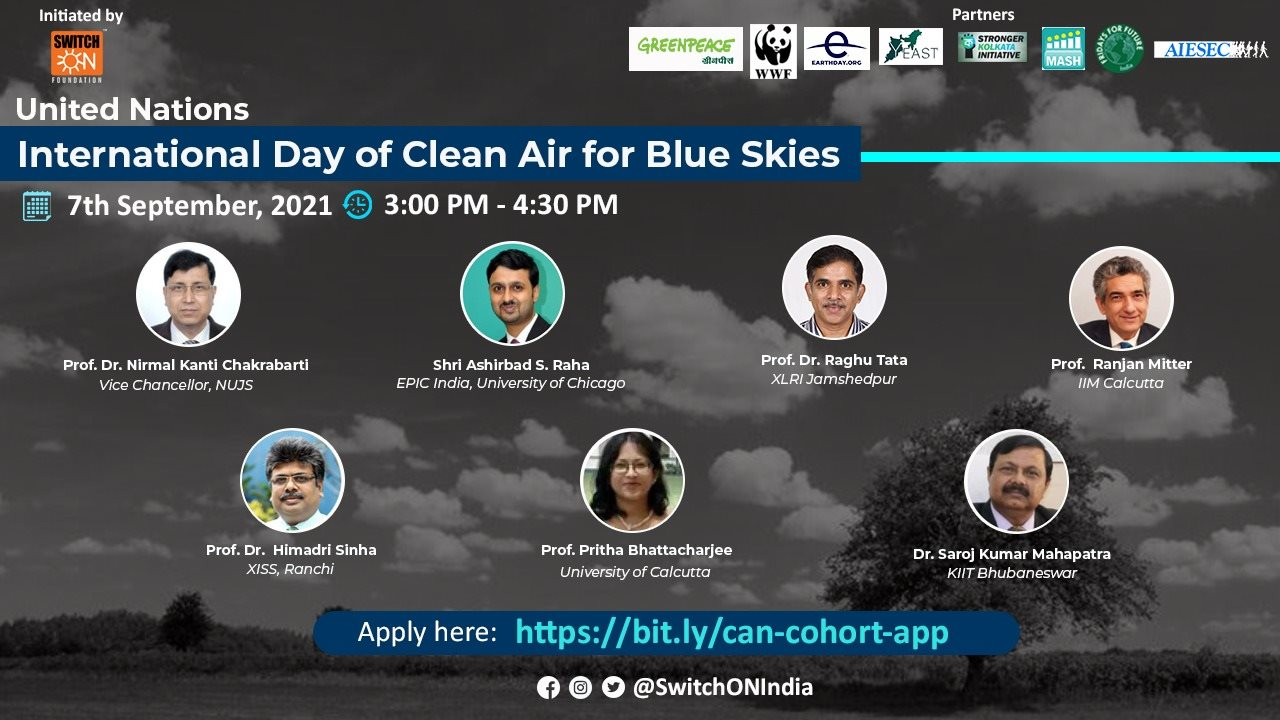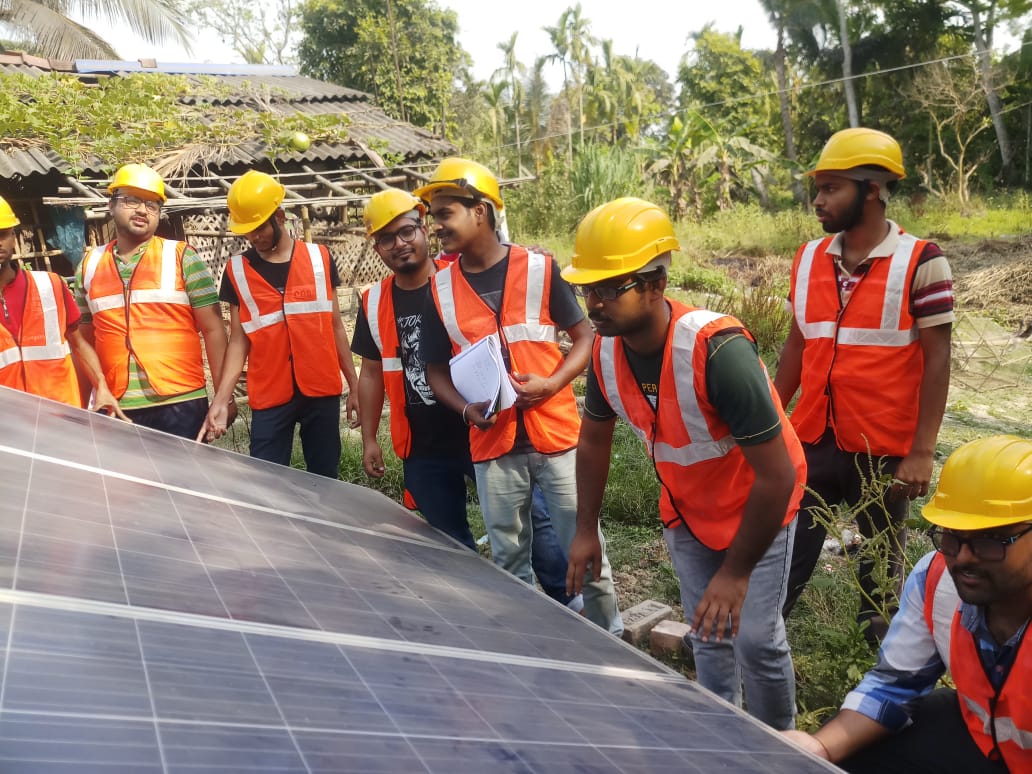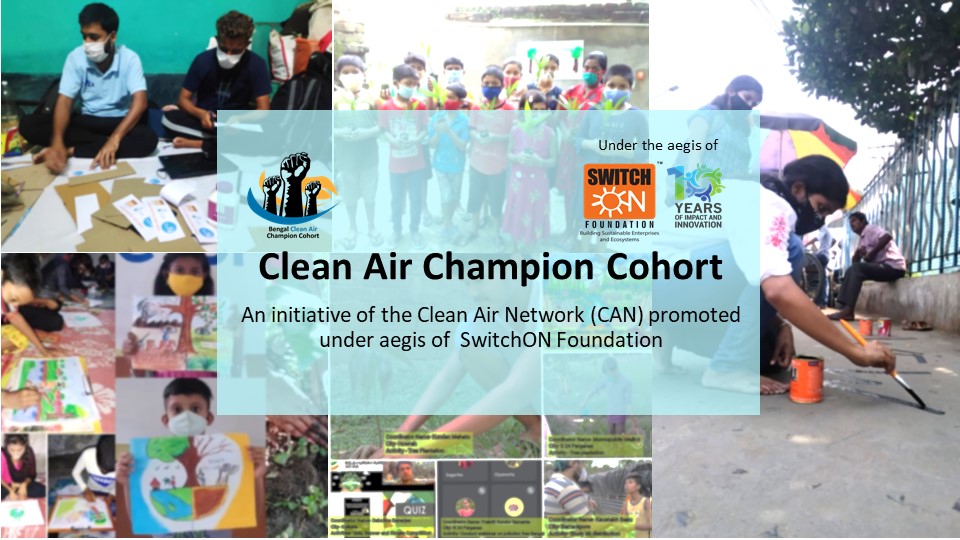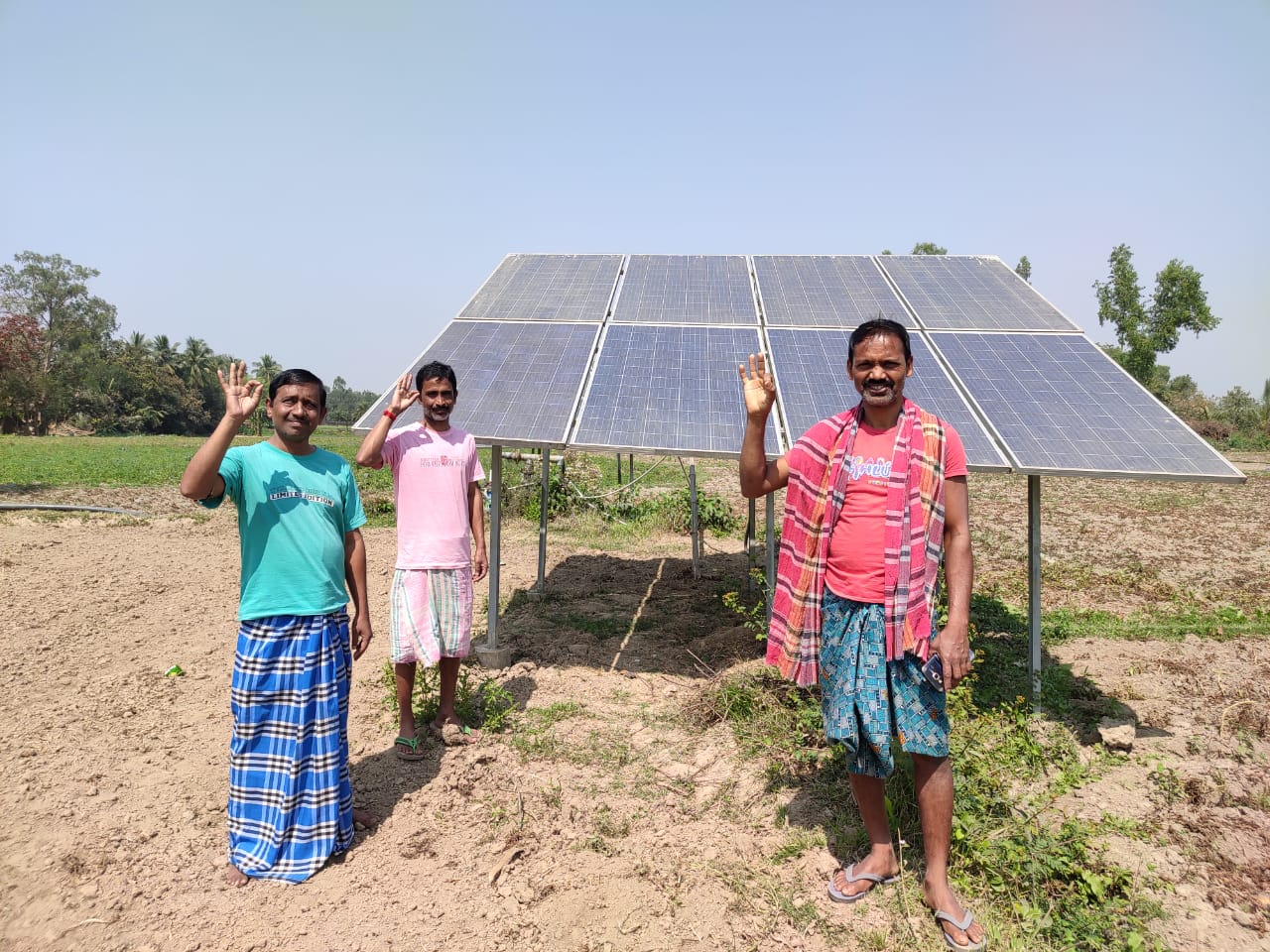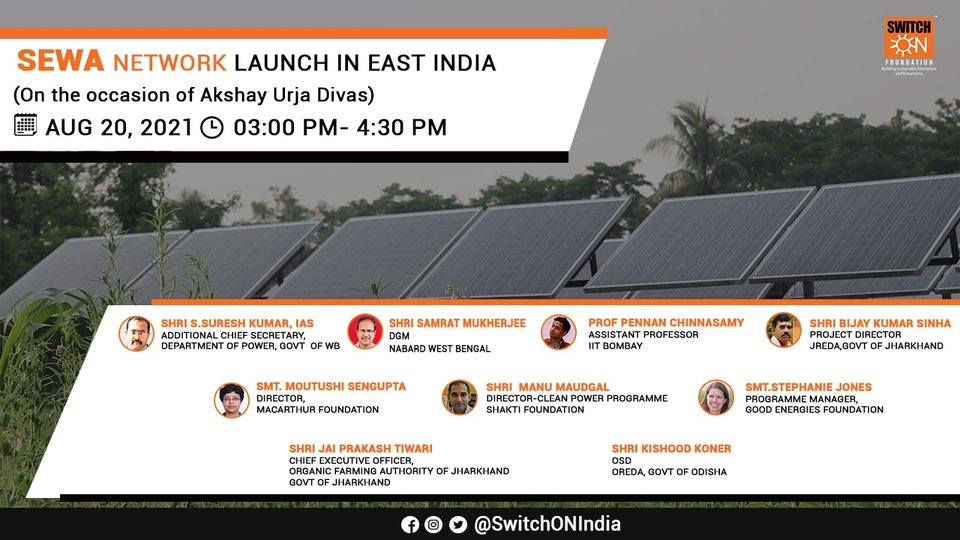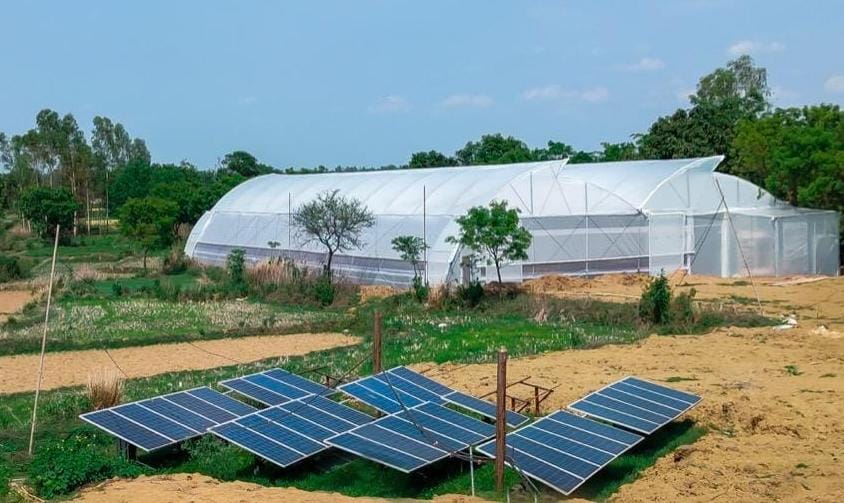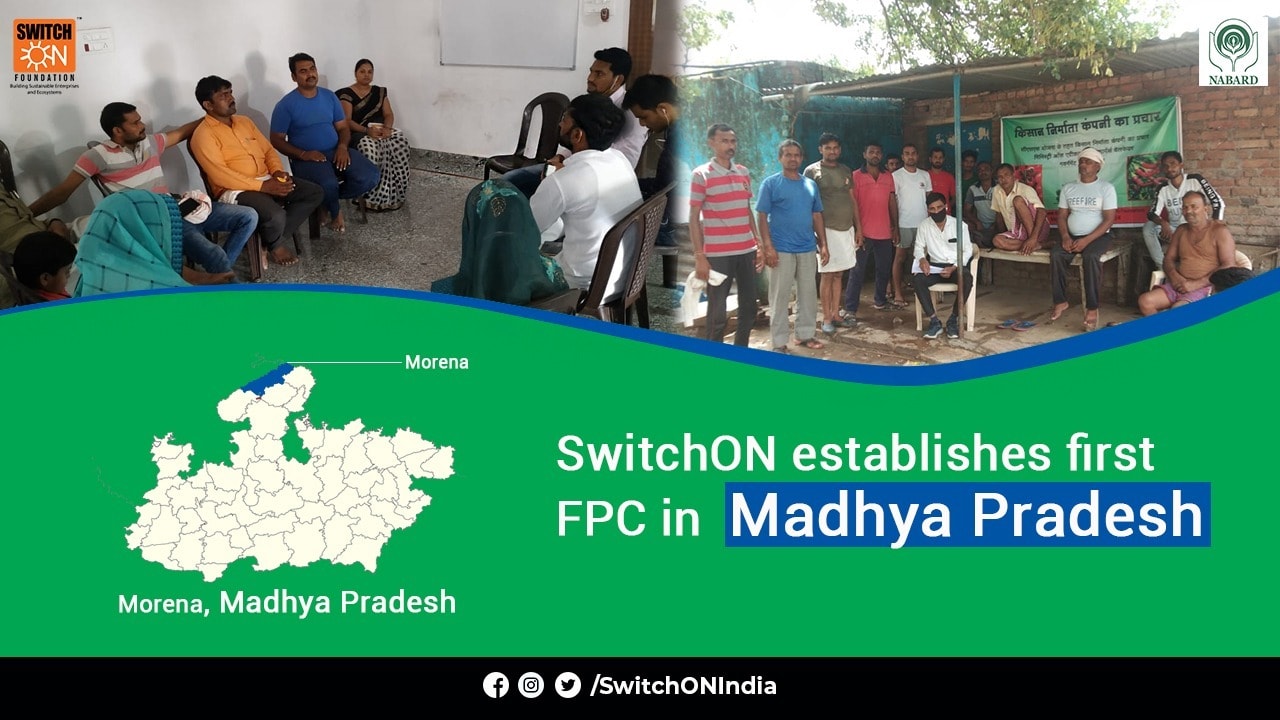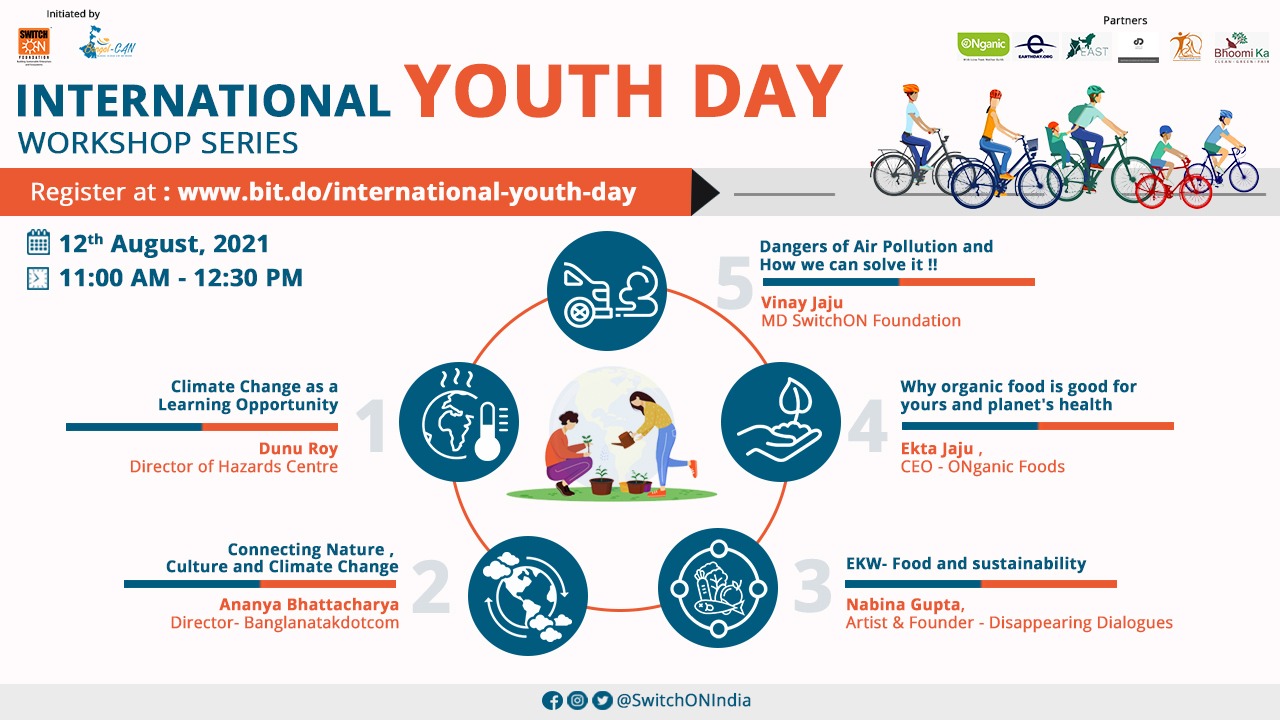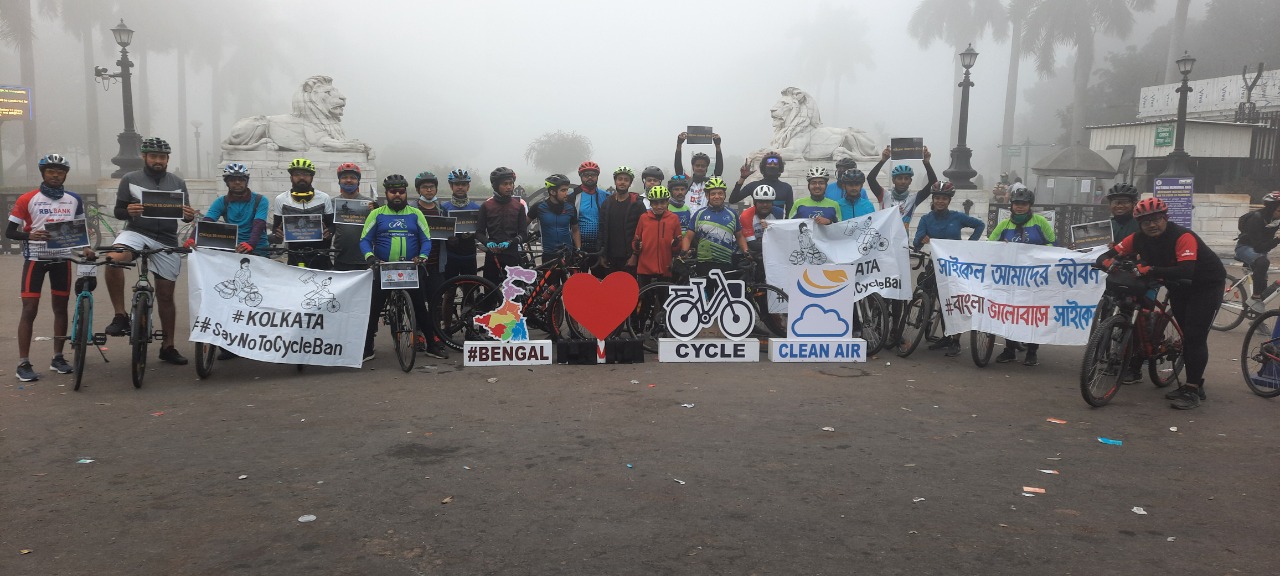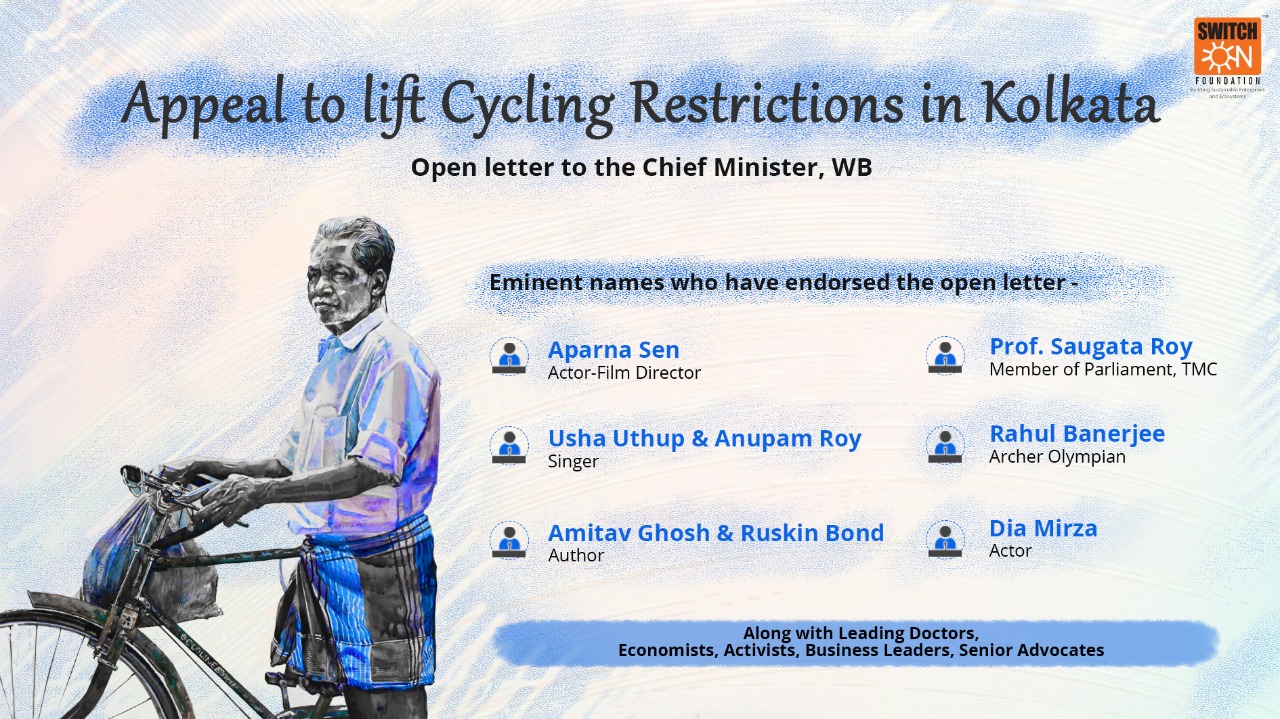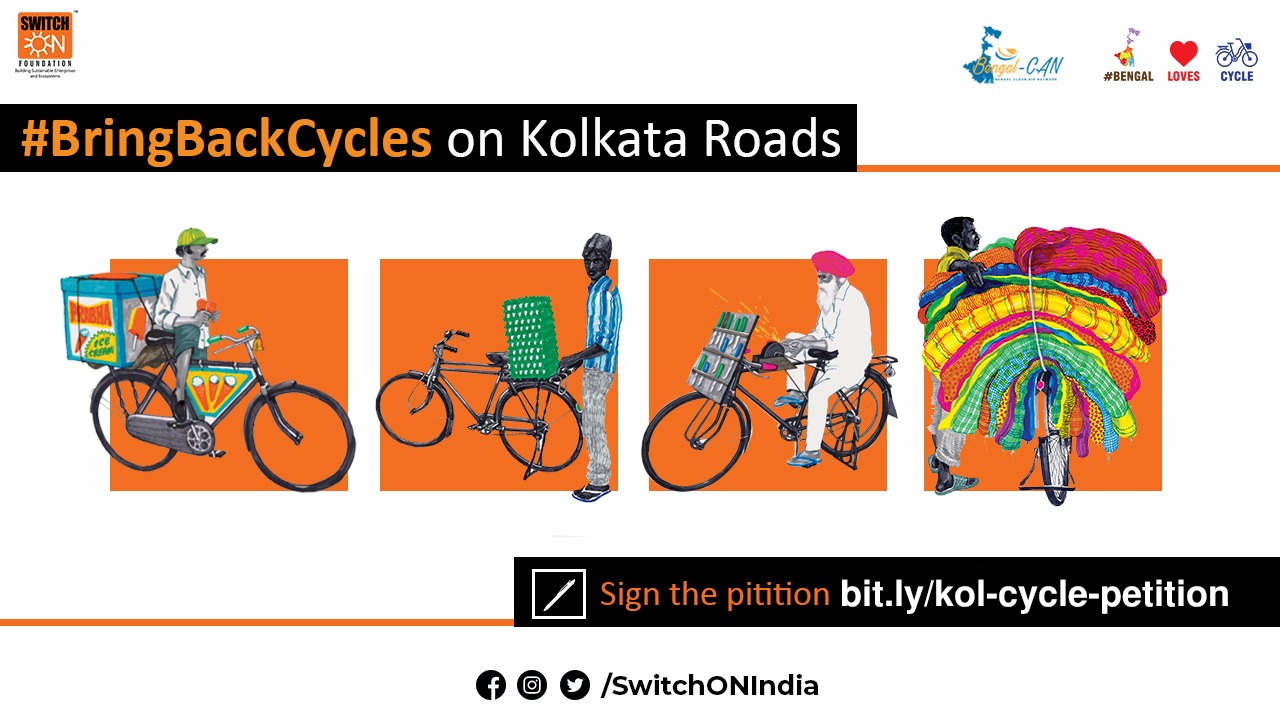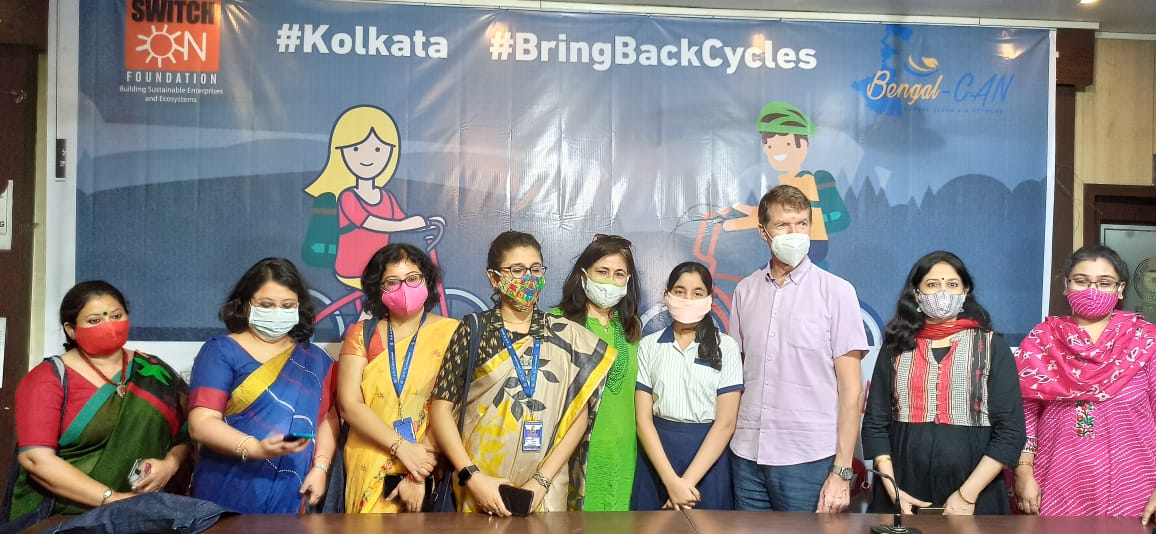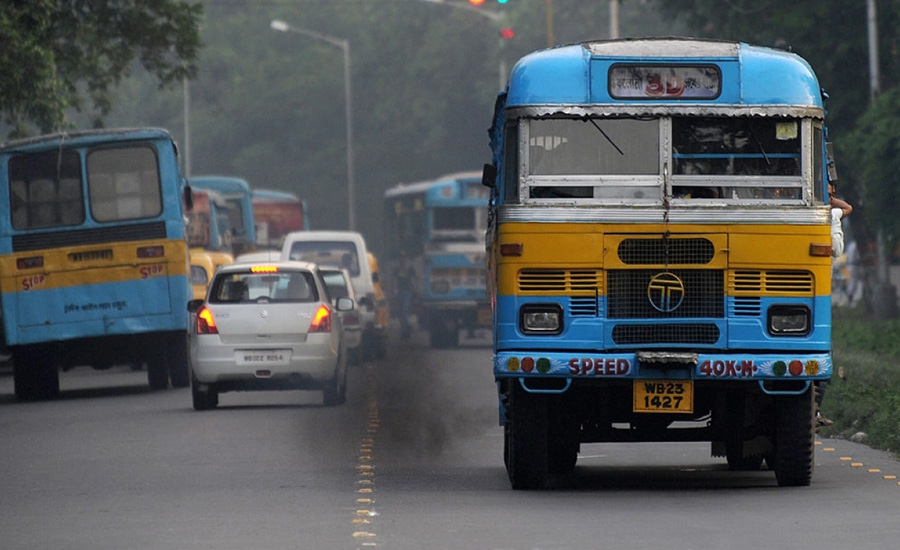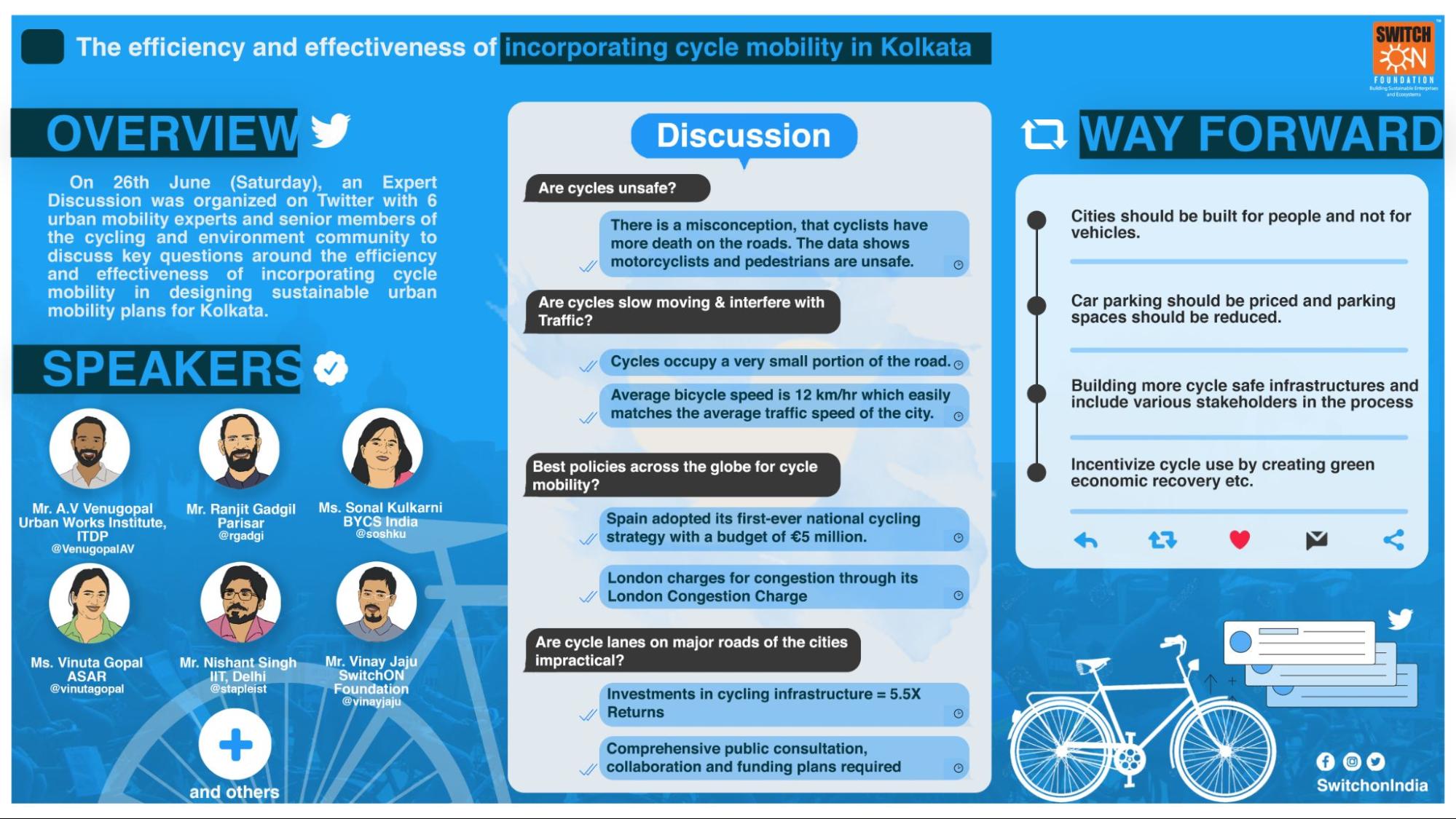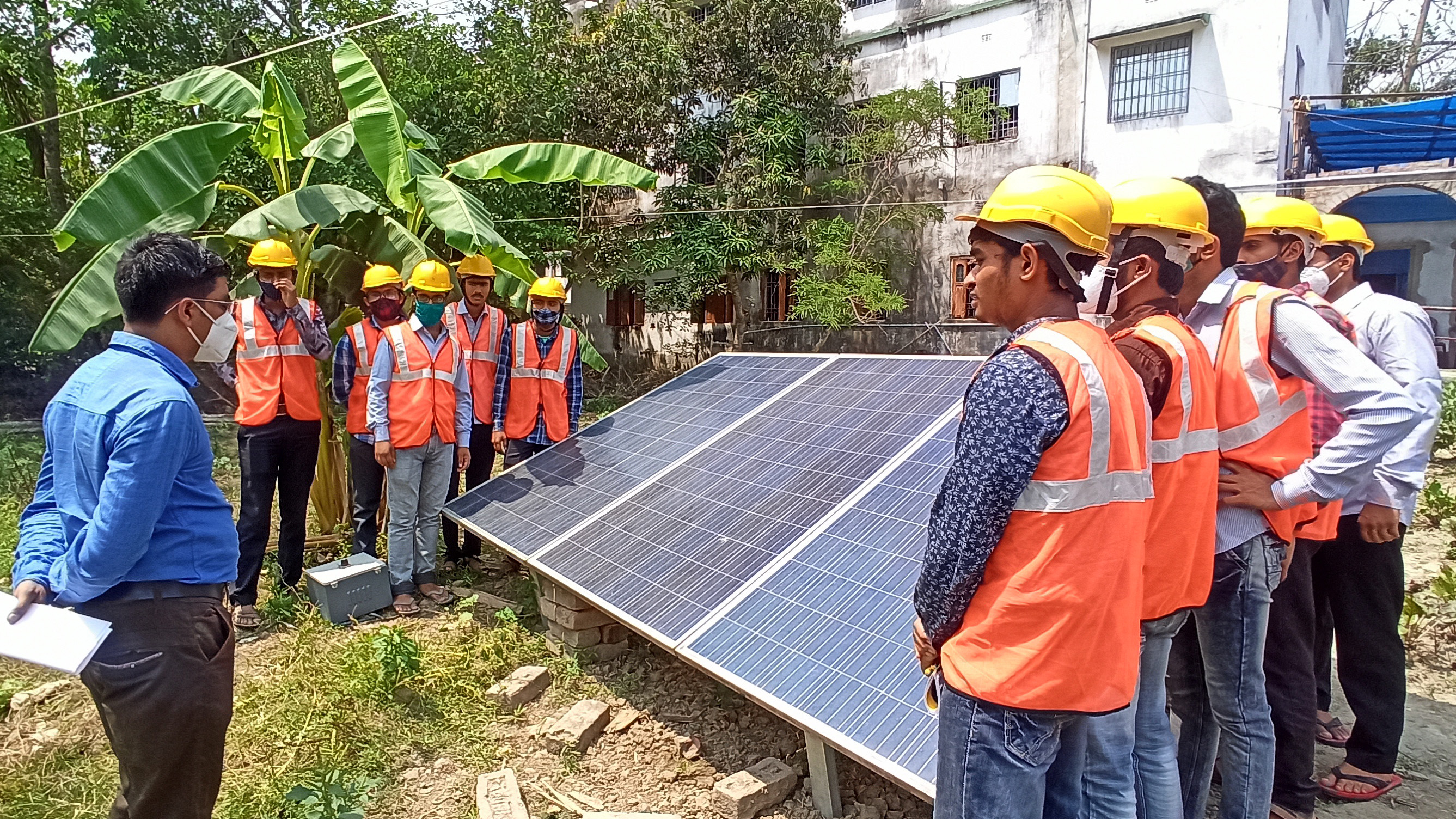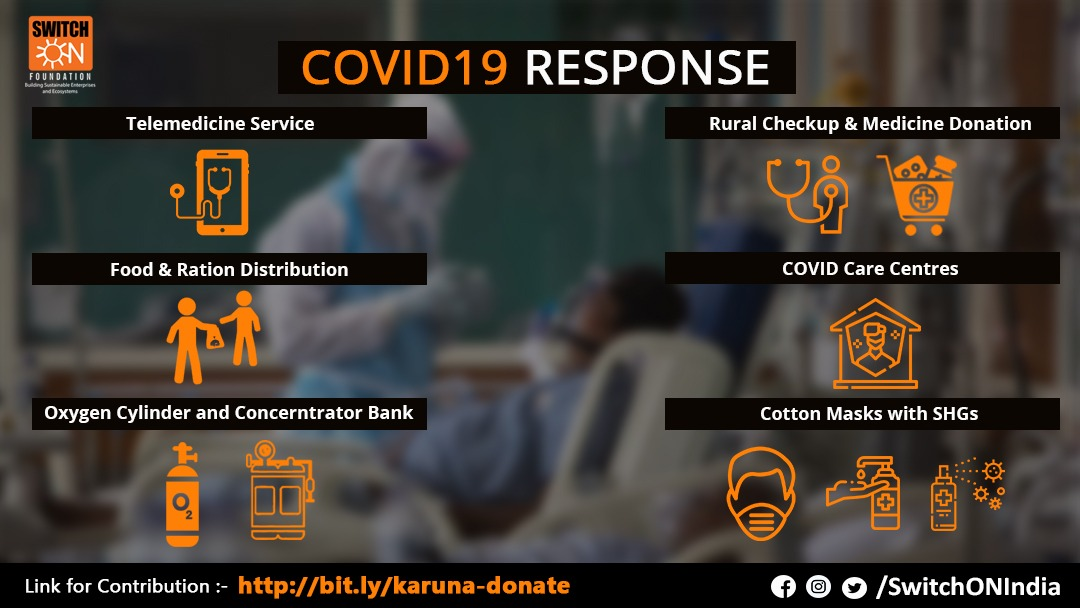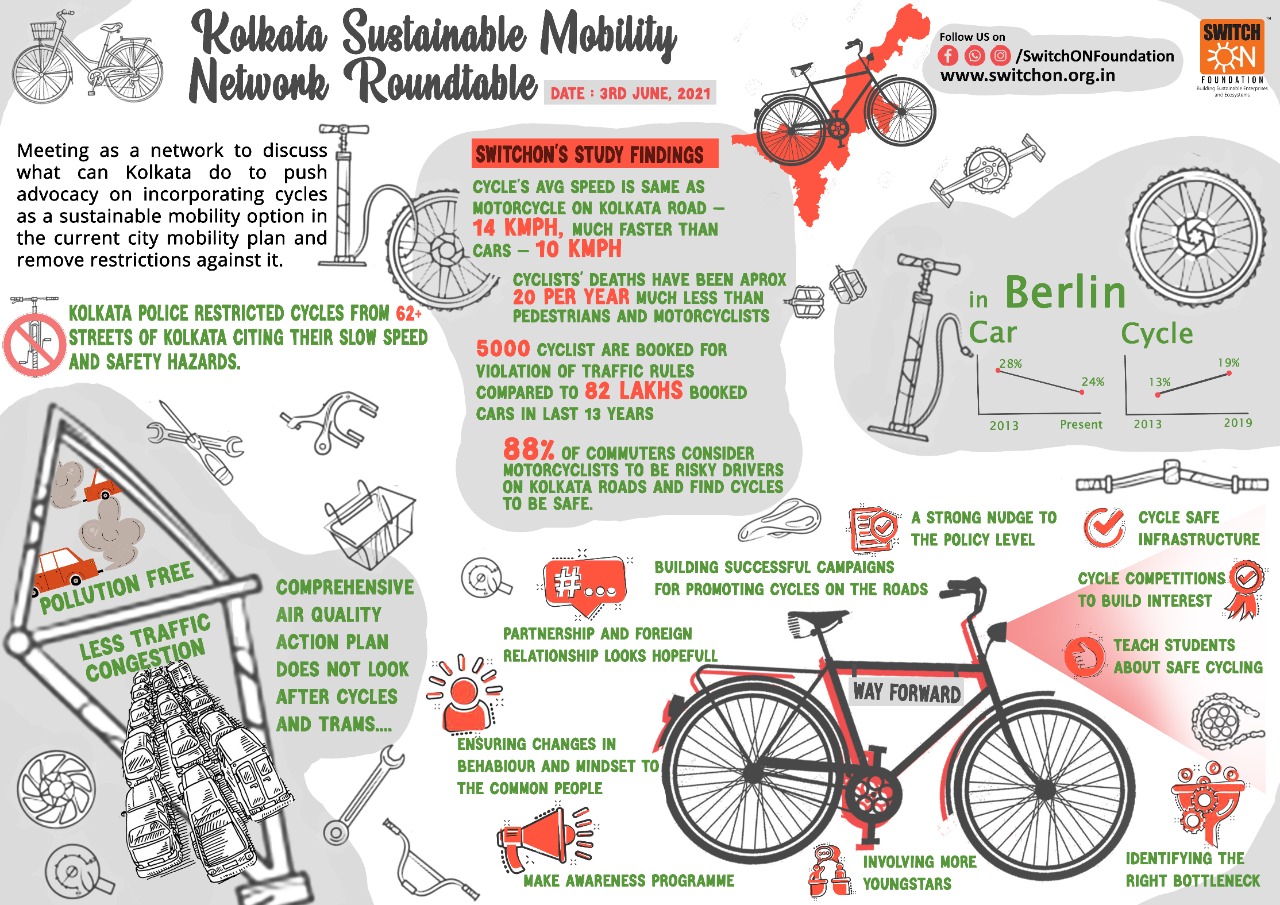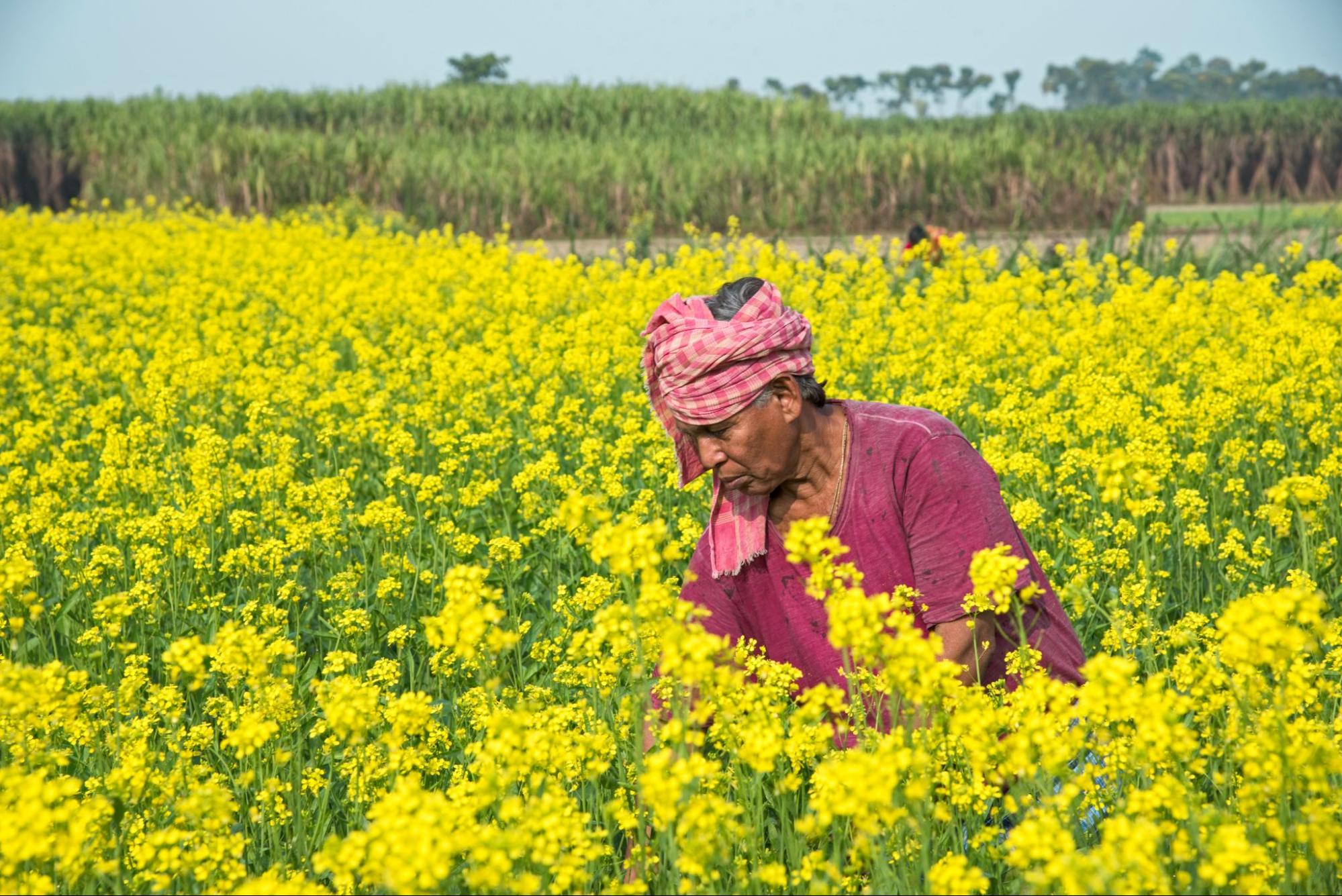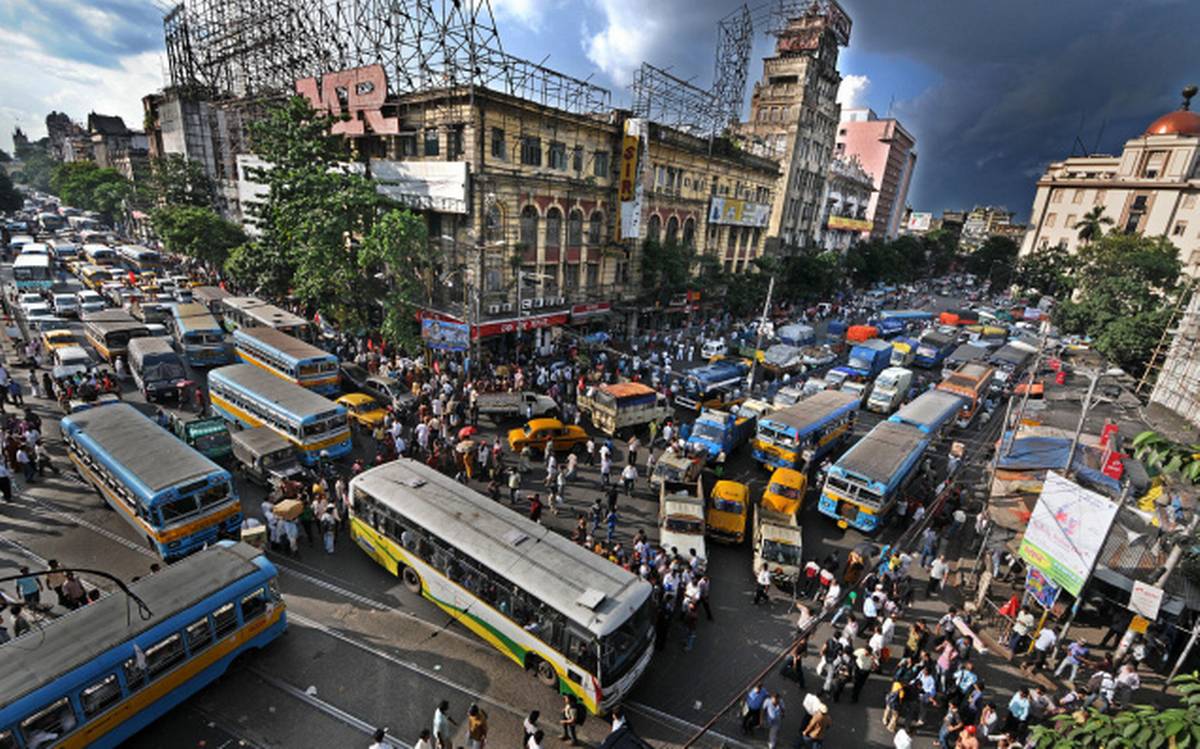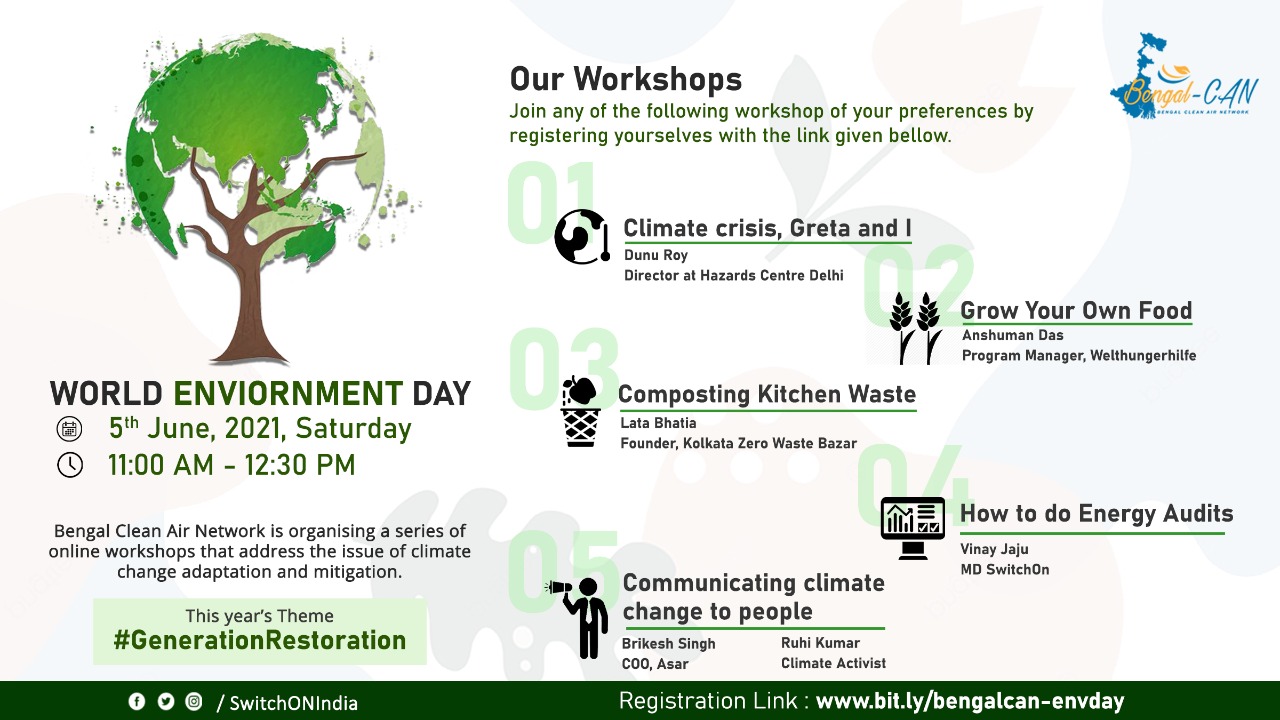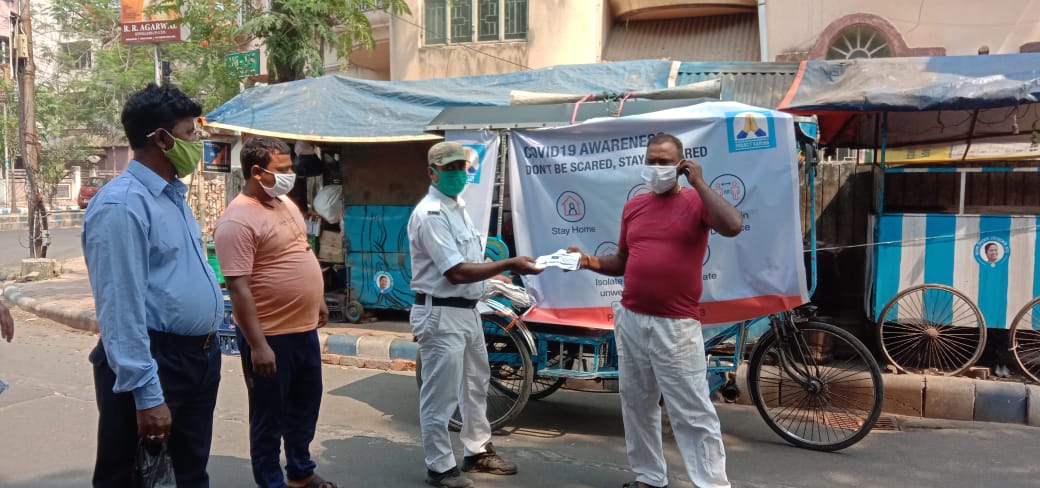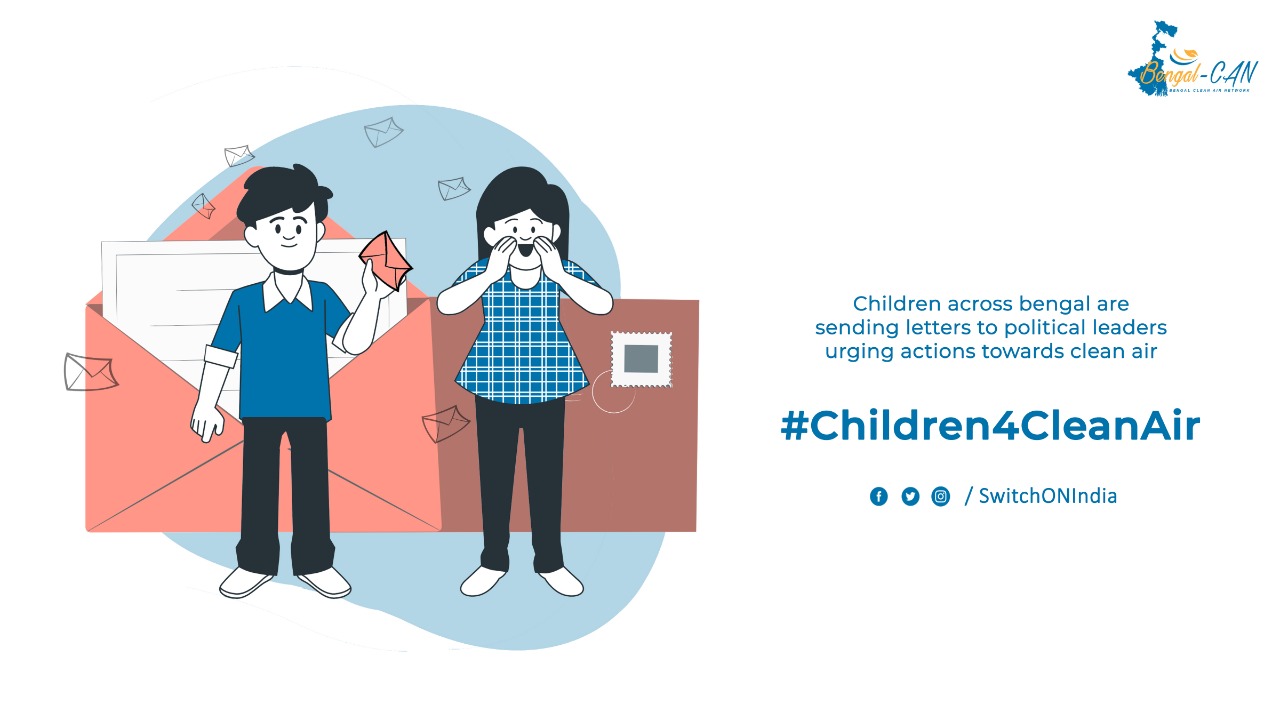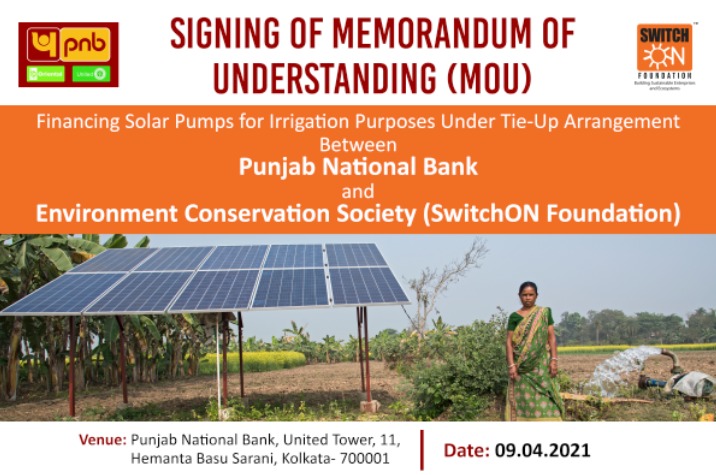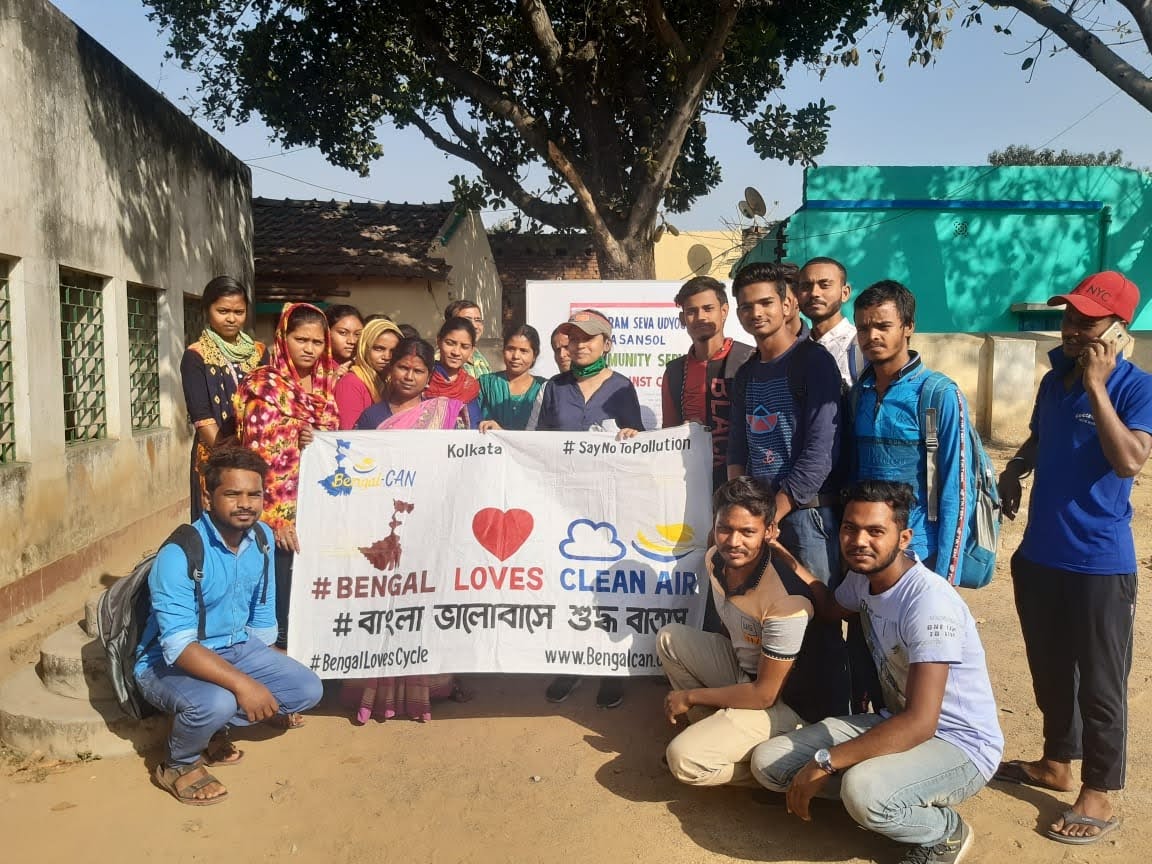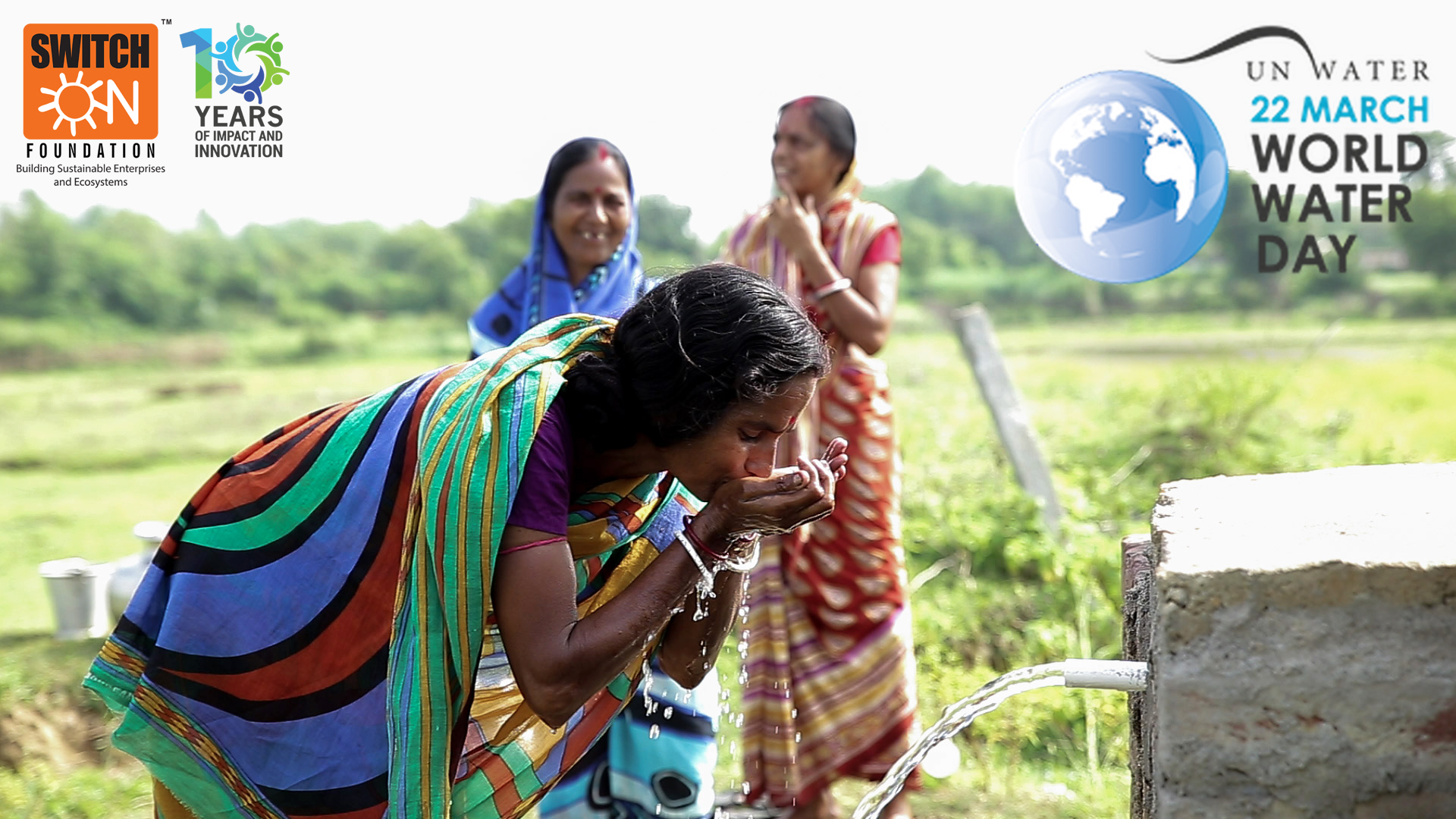In Eastern Indian states, 96% of the farmers are small and marginal and use diesel pumps to meet their irrigation needs. The steep rise in fuel and maintenance cost makes it impossible for them to practice agriculture during summer season. In 2015, SwitchON started working on a slew of solar projects like solar home lighting systems and solar pumps. As a mark of achievement, NABARD and GIZ supported SwitchOn Foundation to promote solar products for the purpose of Technology Demonstration and Business viability testing. A pilot program was initiated and it was soon realized that solar pumps are a marketable technology and can be a profitable investment for farmers. But the high upfront cost limited the ownership of this equipment. SwitchON championed a Guarantee Fund which would mitigate the risk and give confidence to bankers for end-user financing. This model came into reality only when the Pacesetter Award was received in 2016, under which the idea of Guarantee Fund was championed.
Initially, SwitchON undertook the project “Powering Agriculture: Community Solar Pumps” and set up a Guarantee Fund to unlock financing and test innovative business model interventions around solar pumps. As solar pumps are a new technology and have high upfront cost, bankers did not have confidence to come forward for lending to small and marginal farmers who have a landholding of less than 1 acre. But with the Guarantee Fund, the bankability of the project improved and marginal farmers got access to bank loans for solar pumps, without having to offer any collateral. Thus removing the barrier for clean energy adoption among low-income farming communities.
Figure 1: Impacted 50000+ farmers till date
In 2017, the awareness on solar pumps in West Bengal was abysmally low. Several communication materials and a widespread village level sensitization program was undertaken to spread awareness on solar pumps. Several meetings were conducted with Self-Help Groups and farmers at multiple locations across West Bengal, with prospective beneficiaries – who were introduced to the functioning of solar irrigation pumps. During the project period, 501 nos farmers meetings were done and more than 2128 nos farmers were mobilized.
Parallely, SwitchON undertook several meetings and exposure visits with various bankers to bring them on board and finally in 2017, SwitchON partnered with RBL Bank. Under this project 30 solar pumps were installed and over 2500 farmers were mobilized on solar pumps in a span of 18 months. A site identification tool was developed, consisting of a unique set of criteria on the basis of which project appropriate sites for solar pumps can be identified. It was shared with several bankers to ease their process of identifying the right beneficiaries for solar pumps. SwitchON conducted several stakeholder meetings where successful case studies with solar pumps were shown. Under this project, SwitchON’s technology partner ONergy played an important role in giving service warranty of up to 5 years on the solar pumps. This gave an additional confidence to the bankers and farmers on this new promising technology.
Caption: SwitchON has installed 100+ Micro Irrigation systems
This project helped SwitchON to undertake a successful pilot in West Bengal and Orissa, which has been currently upscaled in the two states as well as in Jharkhand. The Ministry of New and Renewable Energy also acknowledged the importance of Guarantee Funds and incorporated it in the policy framework for upscaling Decentralized Renewable Energy technologies. In 2017, establishment of the Guarantee Fund for Solar Water Entrepreneurship Model and Joint Liability Group Model was incorporated. As another achievement in the year 2018 Good Energies Foundation became a long term funder and supported field activities and had a Partnership with Axis Bank. In the year 2020 IWMI (International Water Management Institute) funded SwitchON to promote solar pumps among women farmers with the support of Guarantee Fund.
Caption: 30 women farmers have solar pumps through SwitchON’s intervention
In 2021, SwitchON was able to bring aboard a public sector bank, Punjab National Bank to promote solar pumps among small and marginal farmers. There has been funding from both international and national agencies like Good Energies Foundation, Macarthur Foundation, International Water Management Institute, Shakti Foundation and GIZ. The Guarantee Fund has now been extended to include the financing of other climate-smart agriculture technologies as well. Till date, 150 solar pumps have been installed along with 100 micro irrigation systems and 2 polyhouses. Groundwater recharge has been initiated with support from experts in 6 districts of West Bengal. The future plan is to enter into research and policy advocacy, training different stakeholders and to create a campaign around solar pumps. We also aim to create a SEWA (Strengthening Energy Water Agriculture Nexus) Network to address the trifecta of promoting clean energy in agriculture, doubling farmer’s income and conserving water resources.
Caption: During exposure visits, farmers get to witness real life impact of solar pumps
A socio-economic study was conducted by SwitchON to understand the impact of solar pumps in the lives of farmers who were impacted under the pilot case undertaken in the early days of SwitchON. It has been seen that farmers have witnessed a 1.6x rise in income through better productivity, water selling and crop diversification. There has also been a significant improvement in their social life which has led to better health and living conditions among them.
SwitchON’s experience of almost a decade shows that it is time for the government to set up a Guarantee Fund and reduce subsidies. This will enhance the adoption rate among small and marginal farmers. Also, the subsidy should be very targeted to areas with poor access to electrified infrastructure for irrigation. For grid-connected pumps, the subsidy scheme will create the biggest benefits if it focuses in areas that have the biggest challenges with a quality, reliable power supply, and in remote areas that it is most costly to supply.


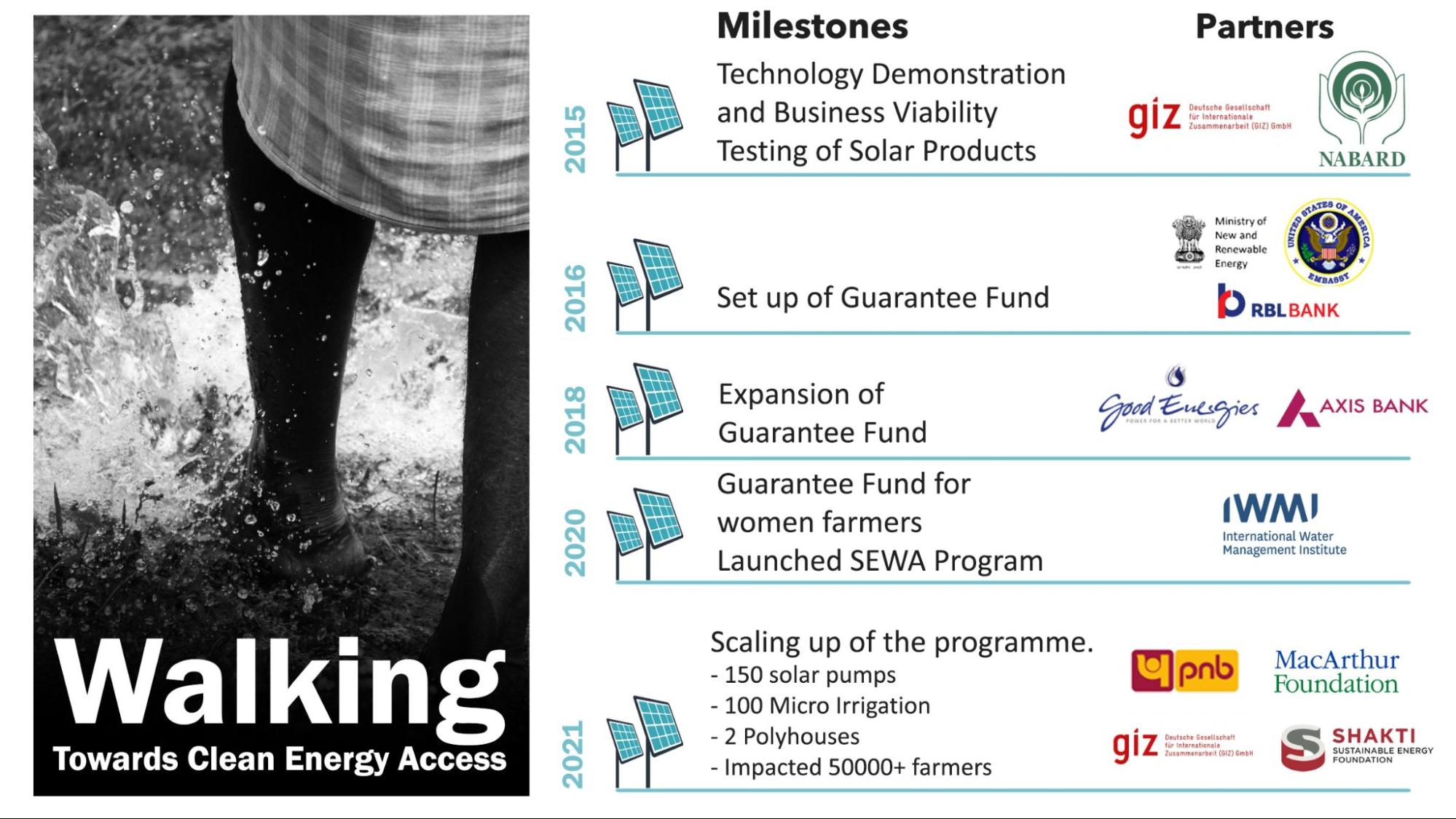
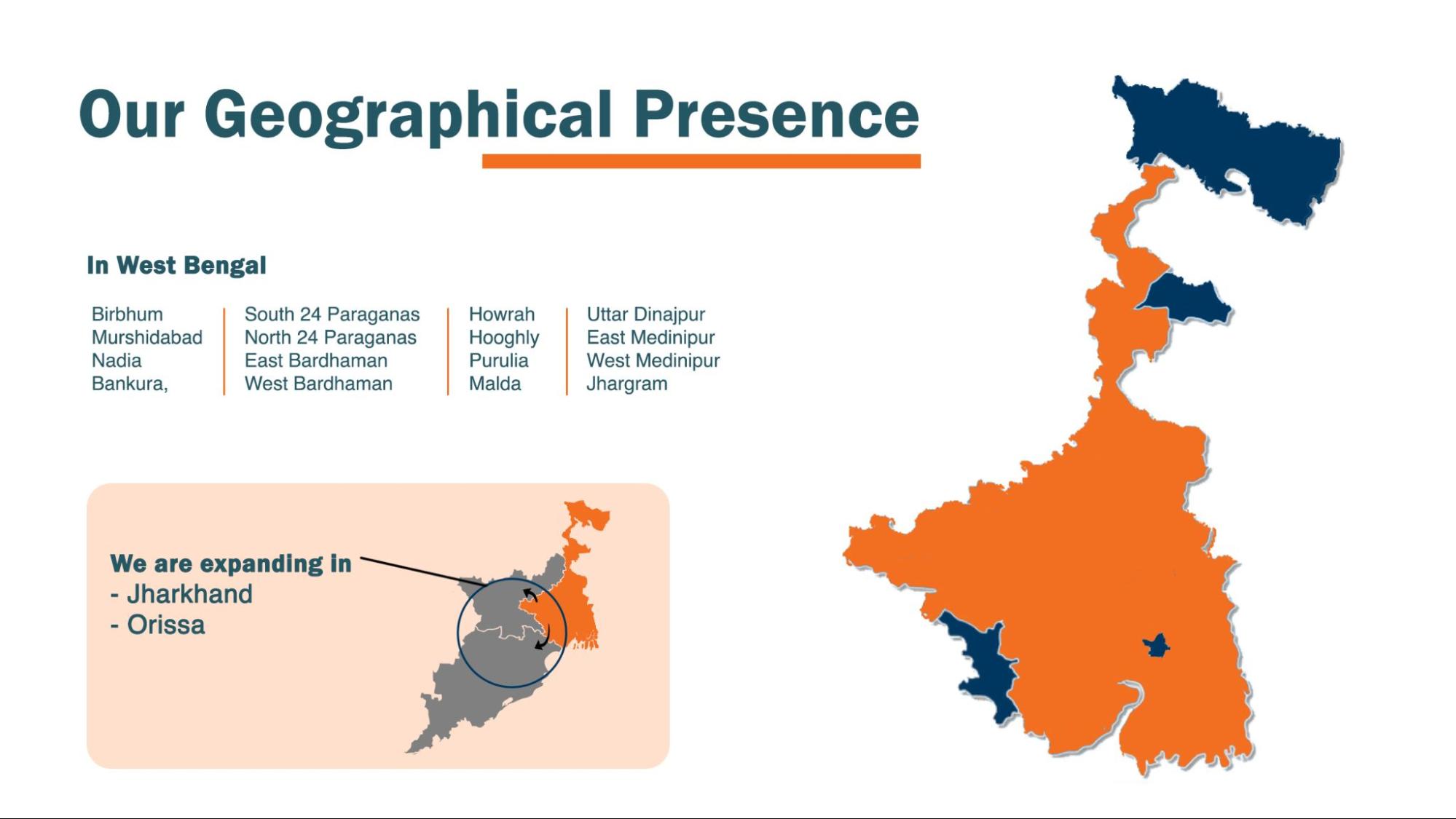
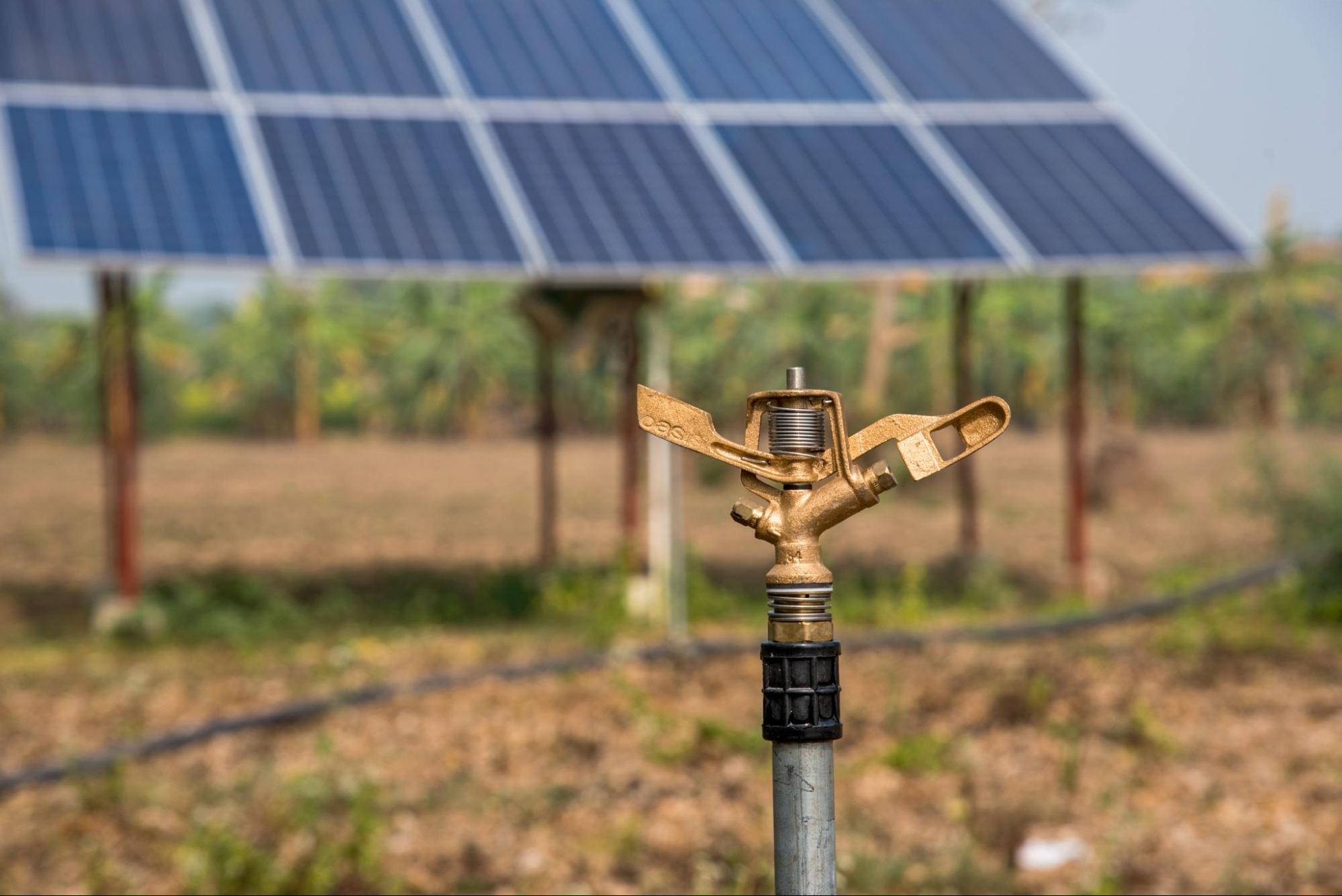
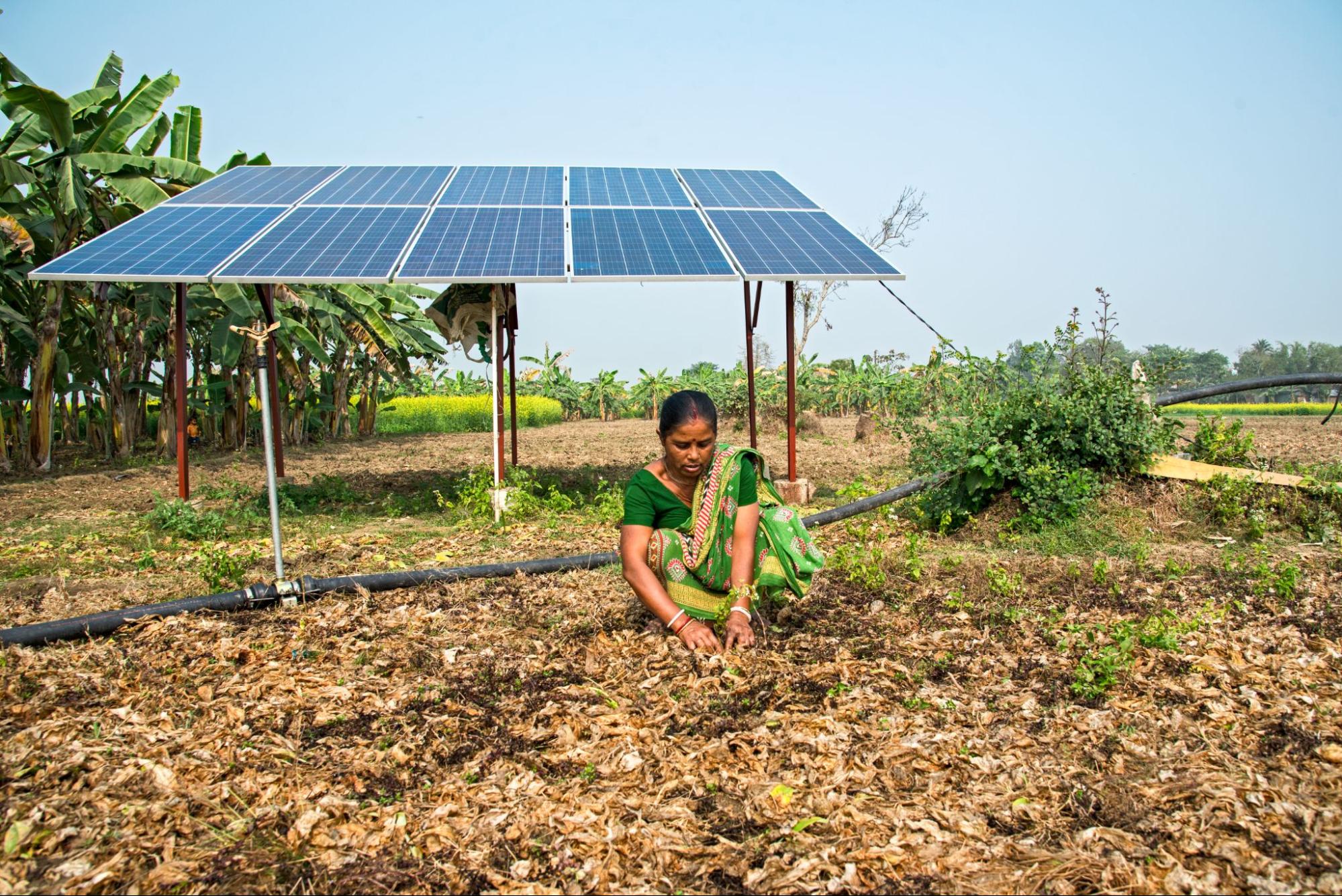
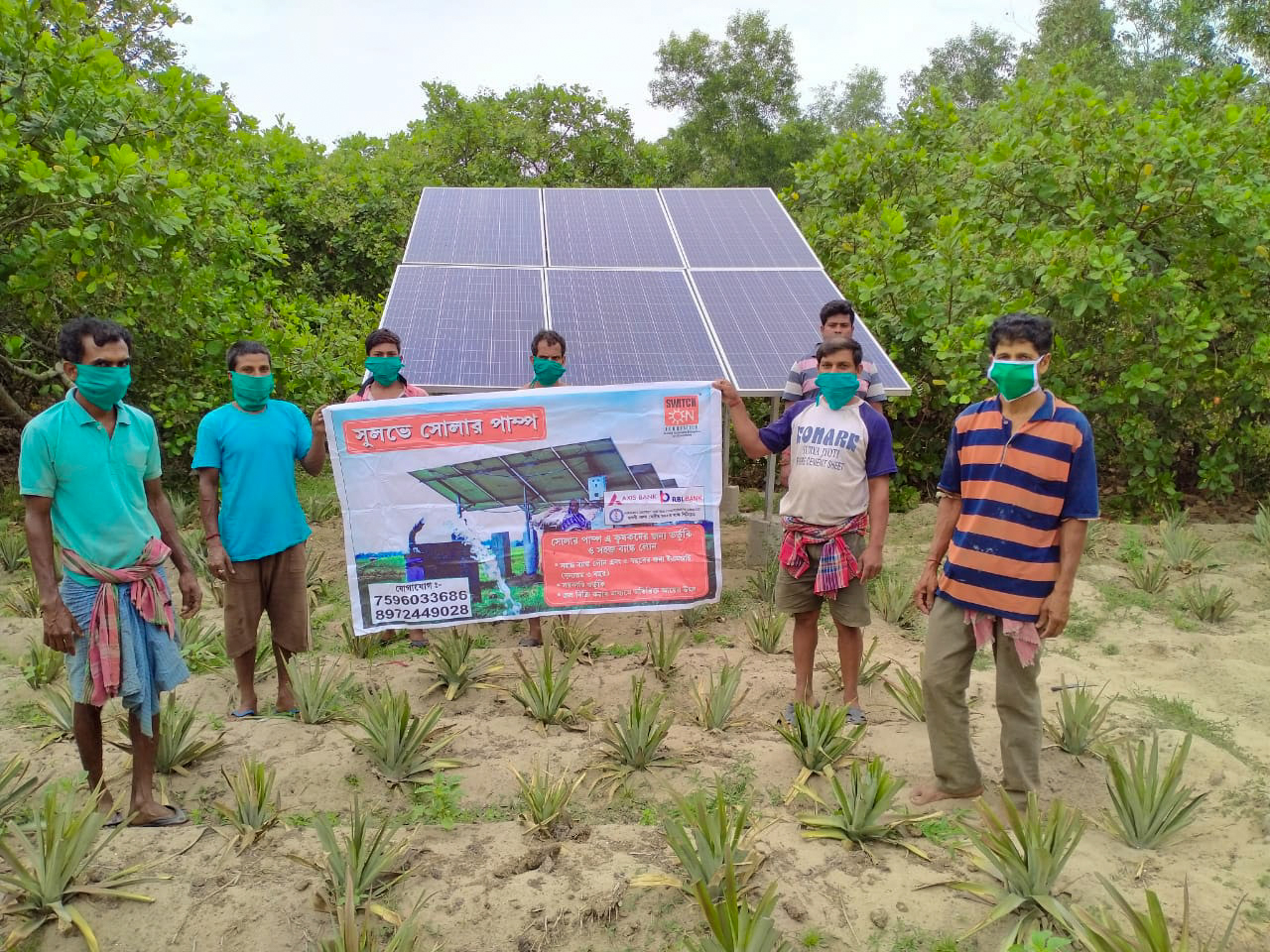
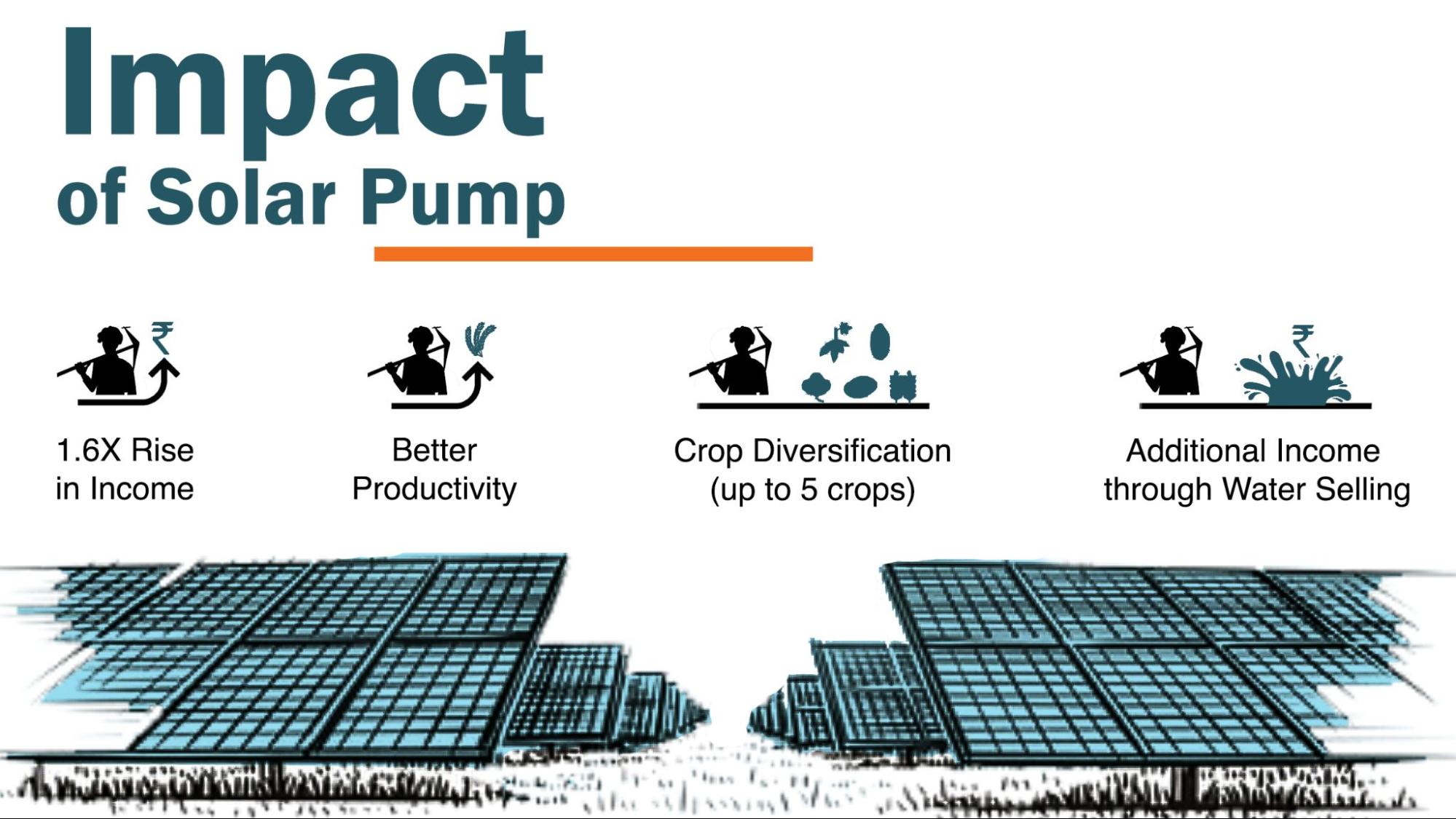

 0
0  0
0 